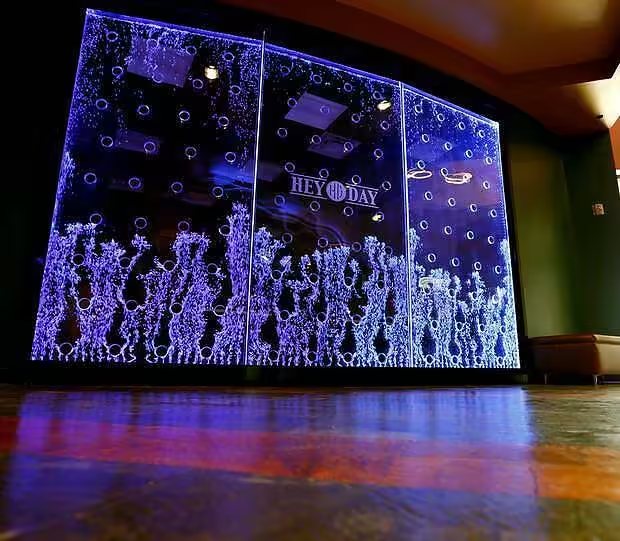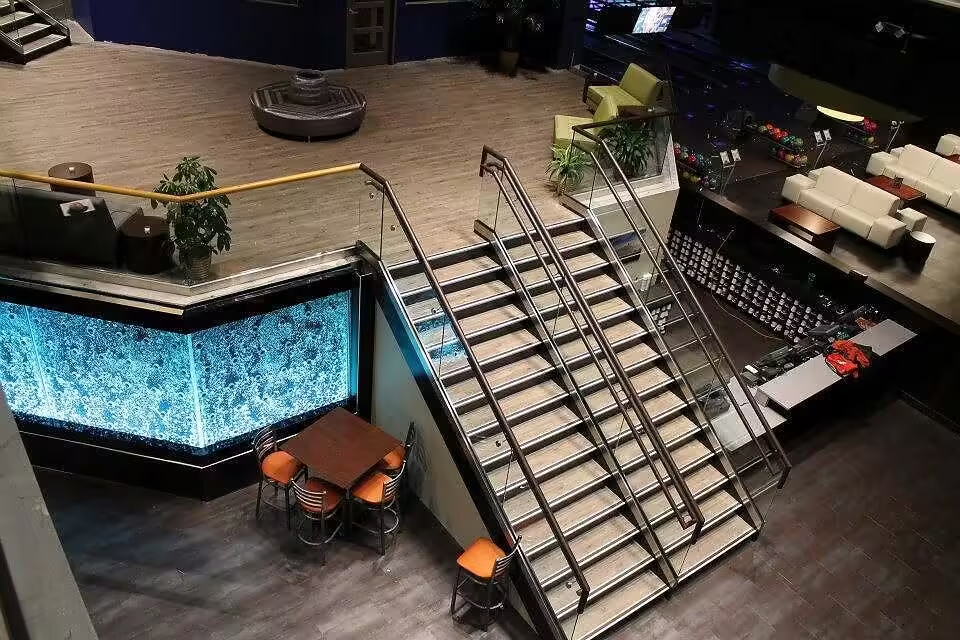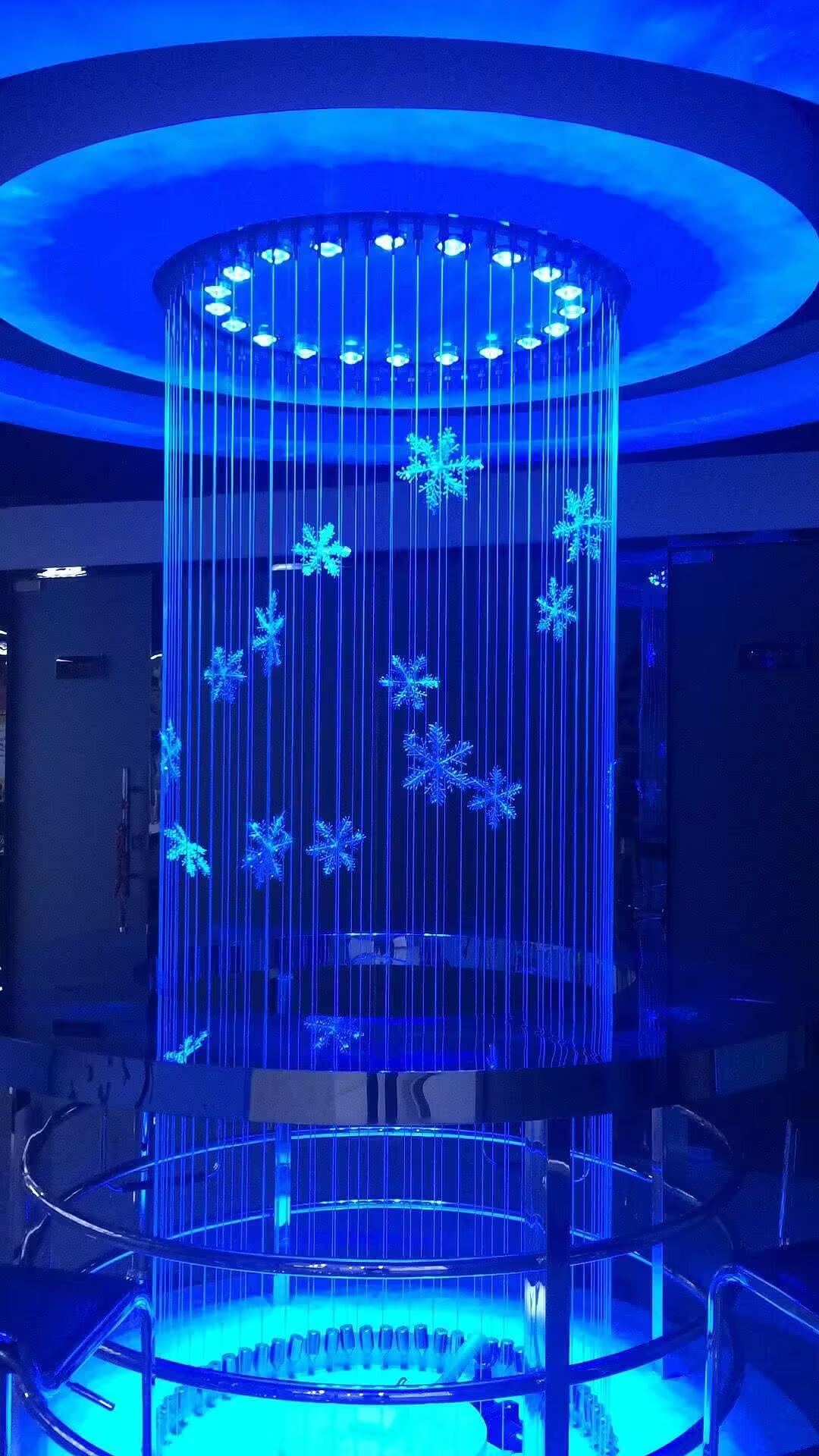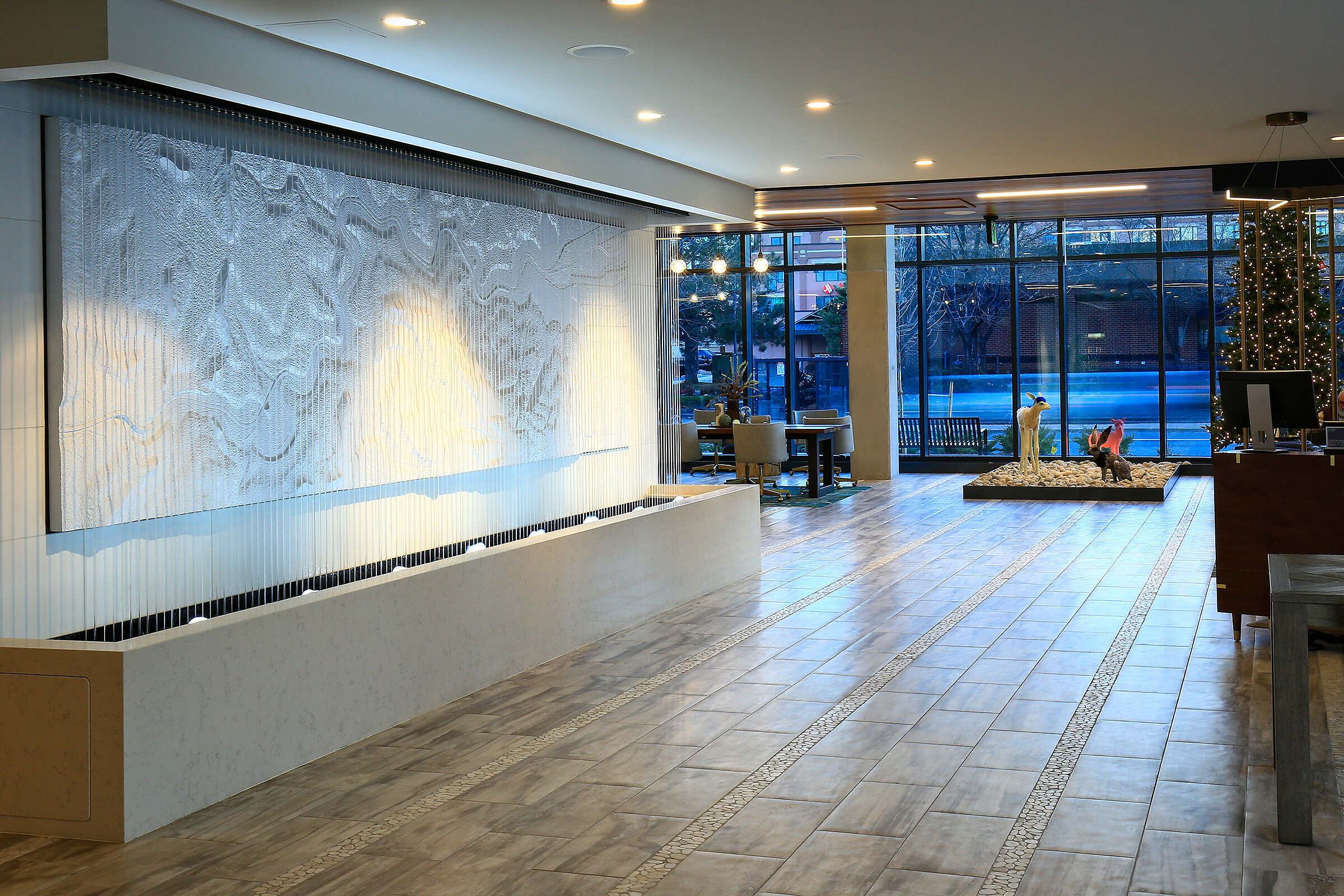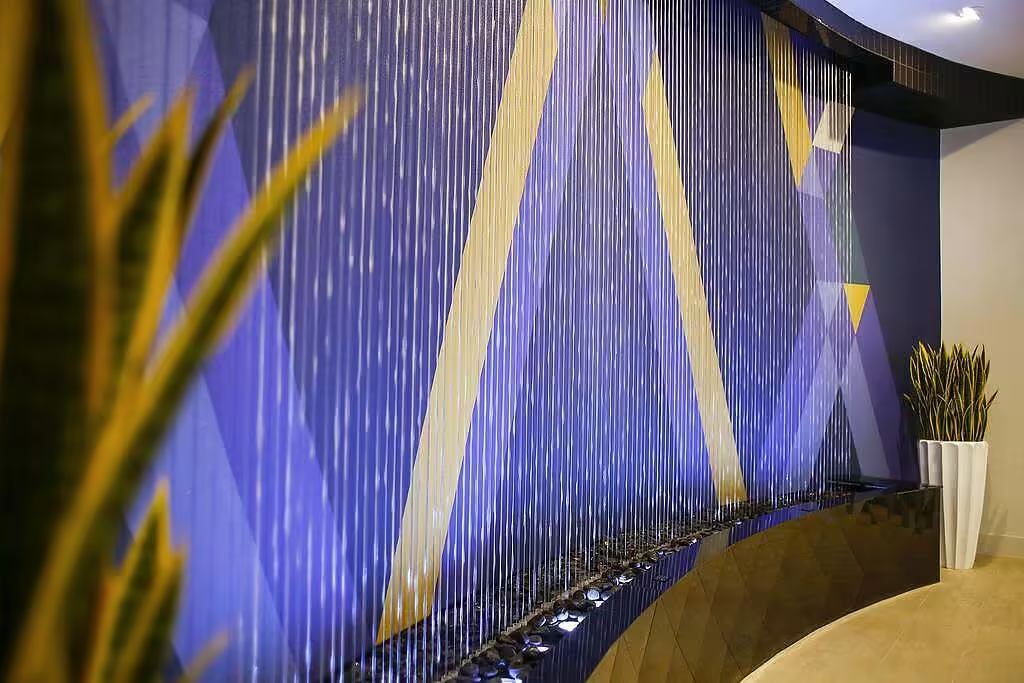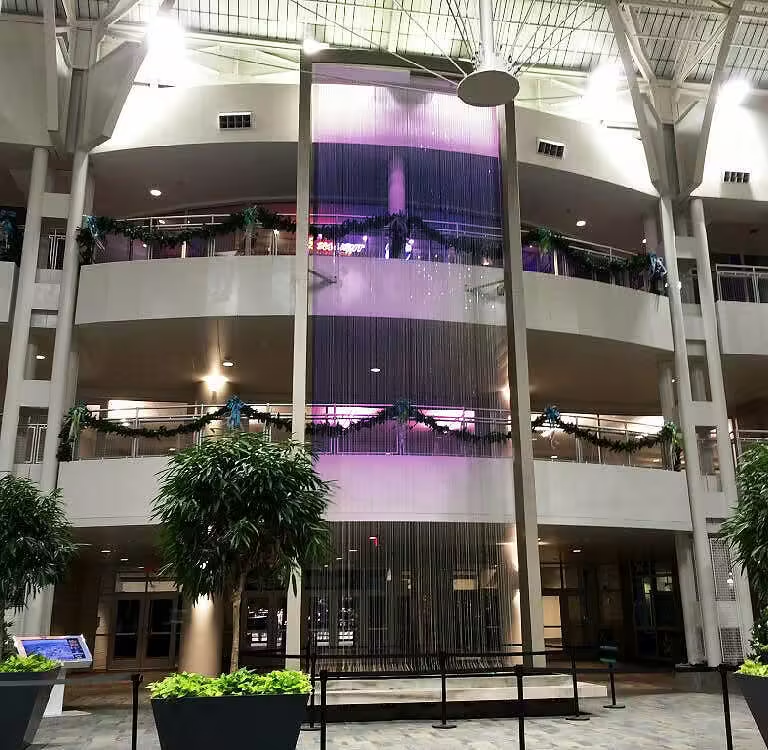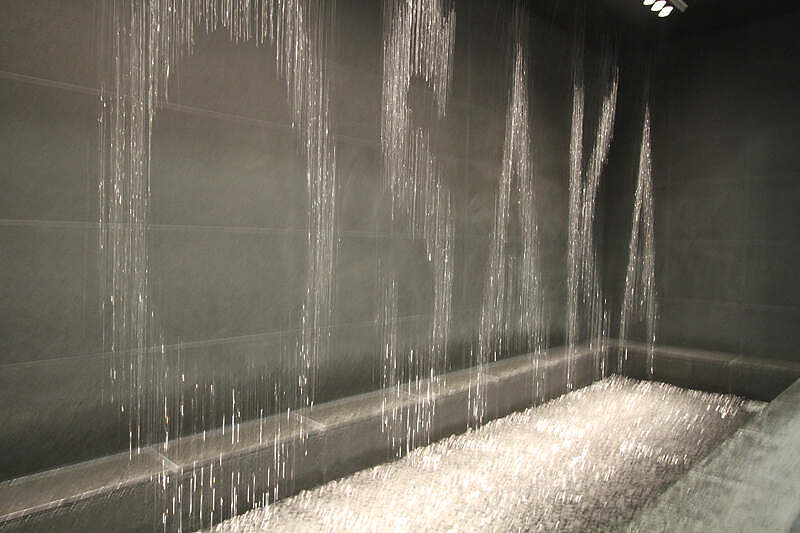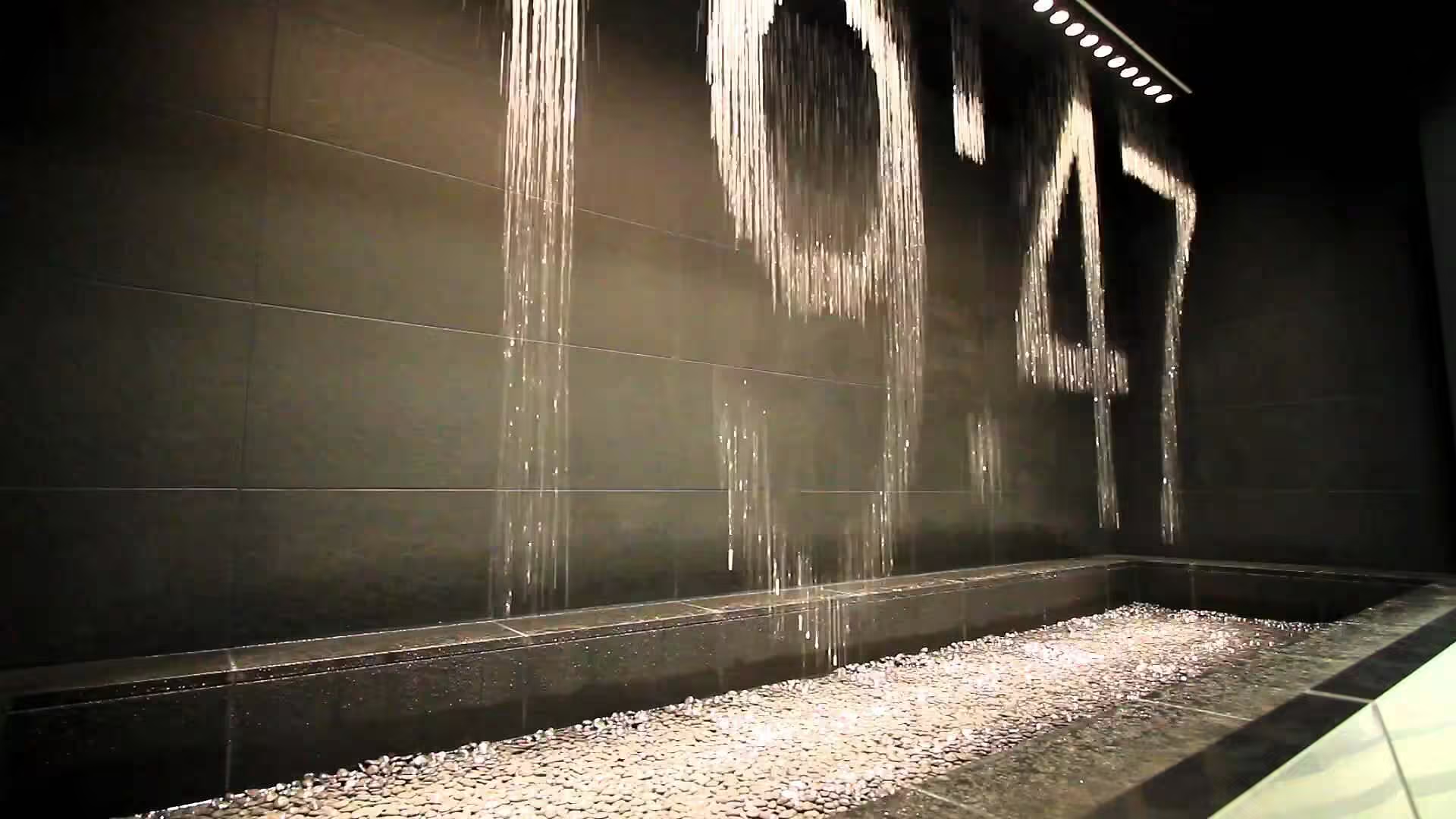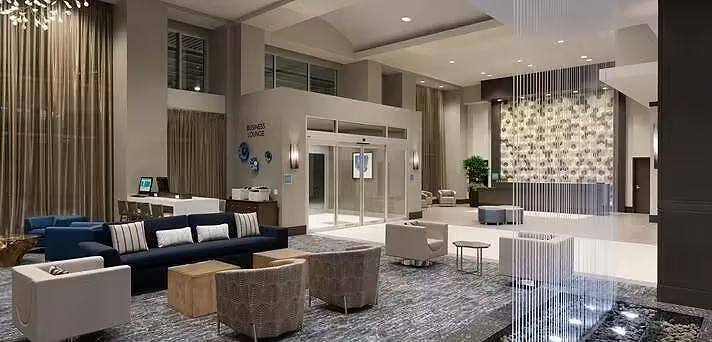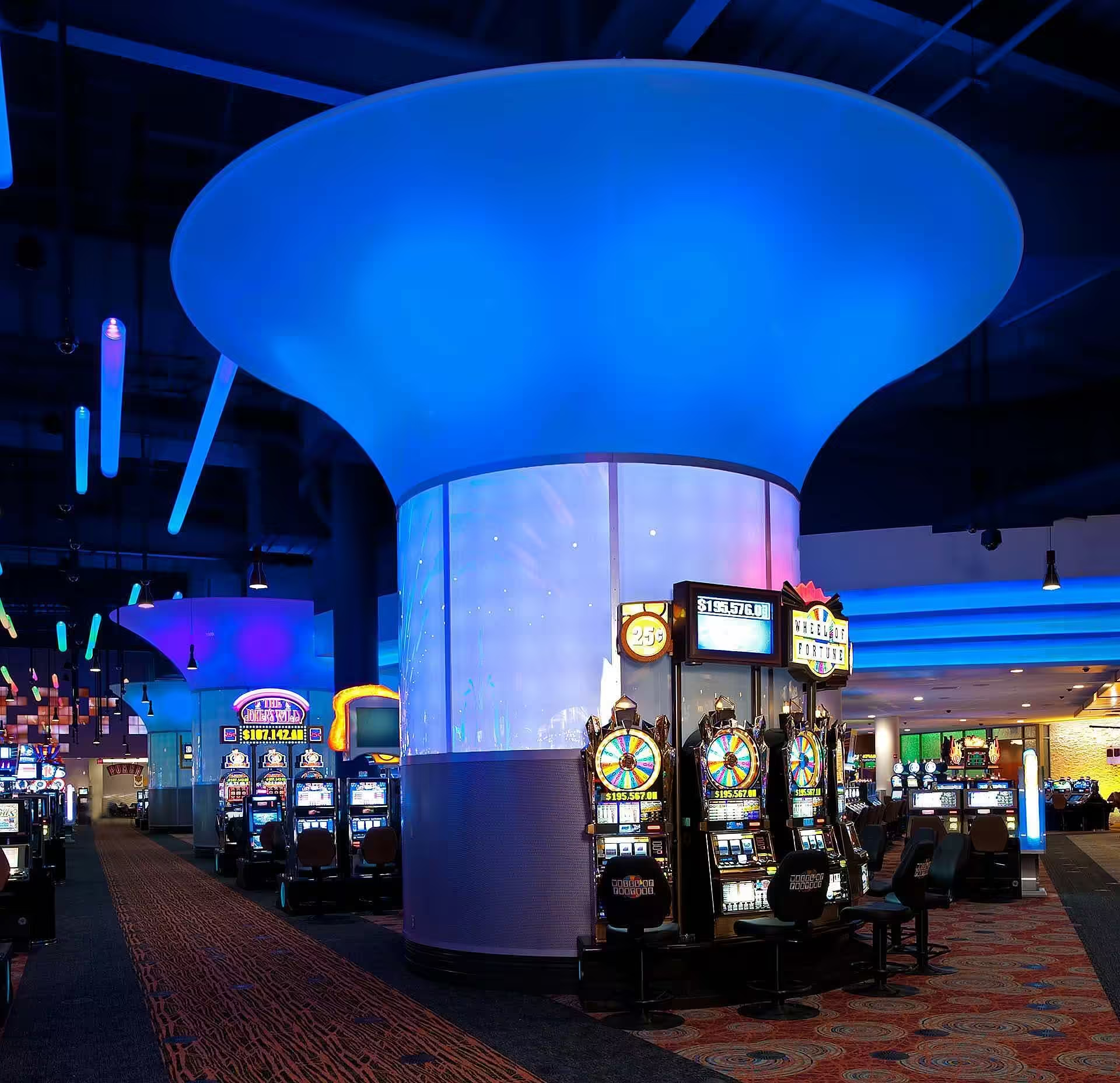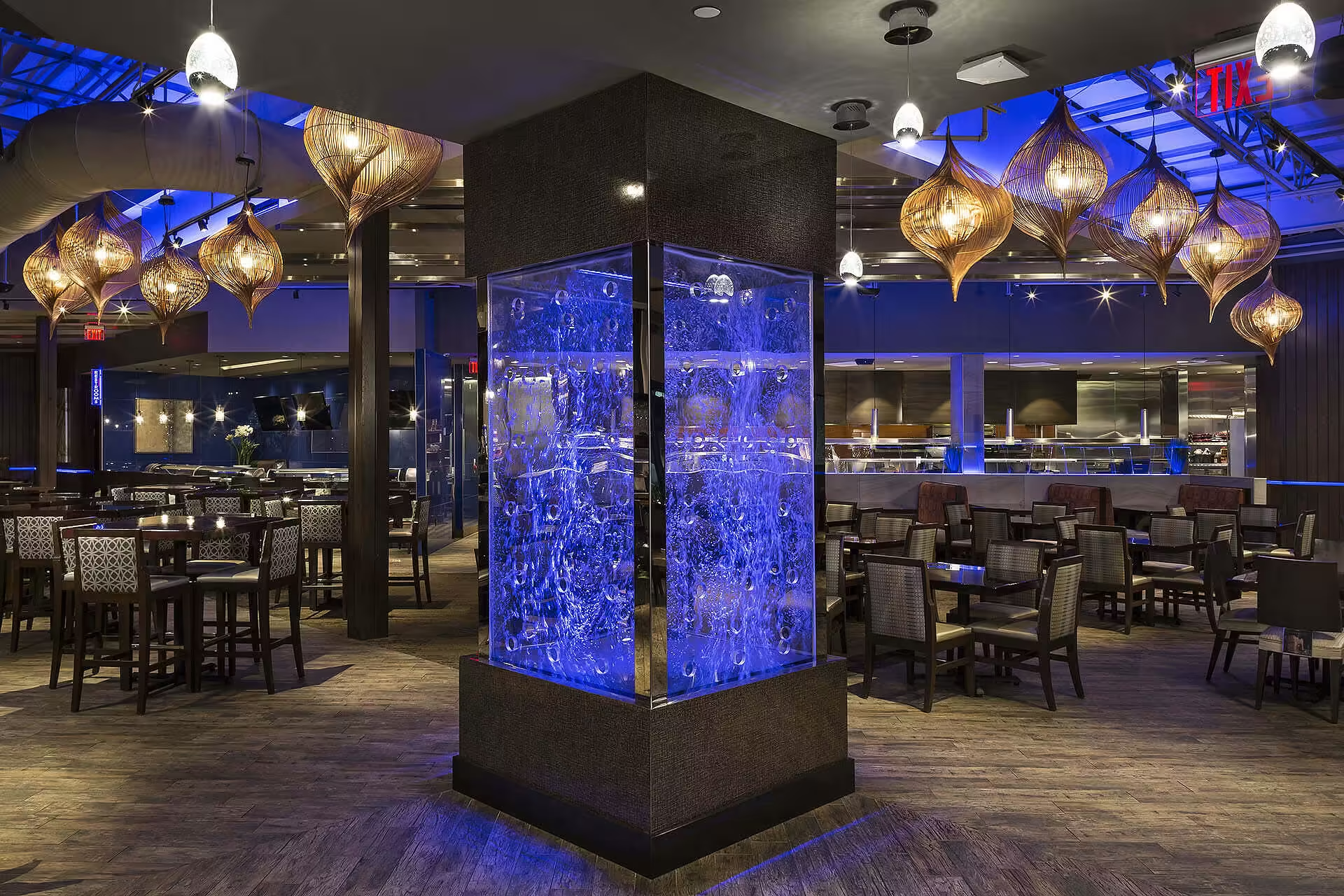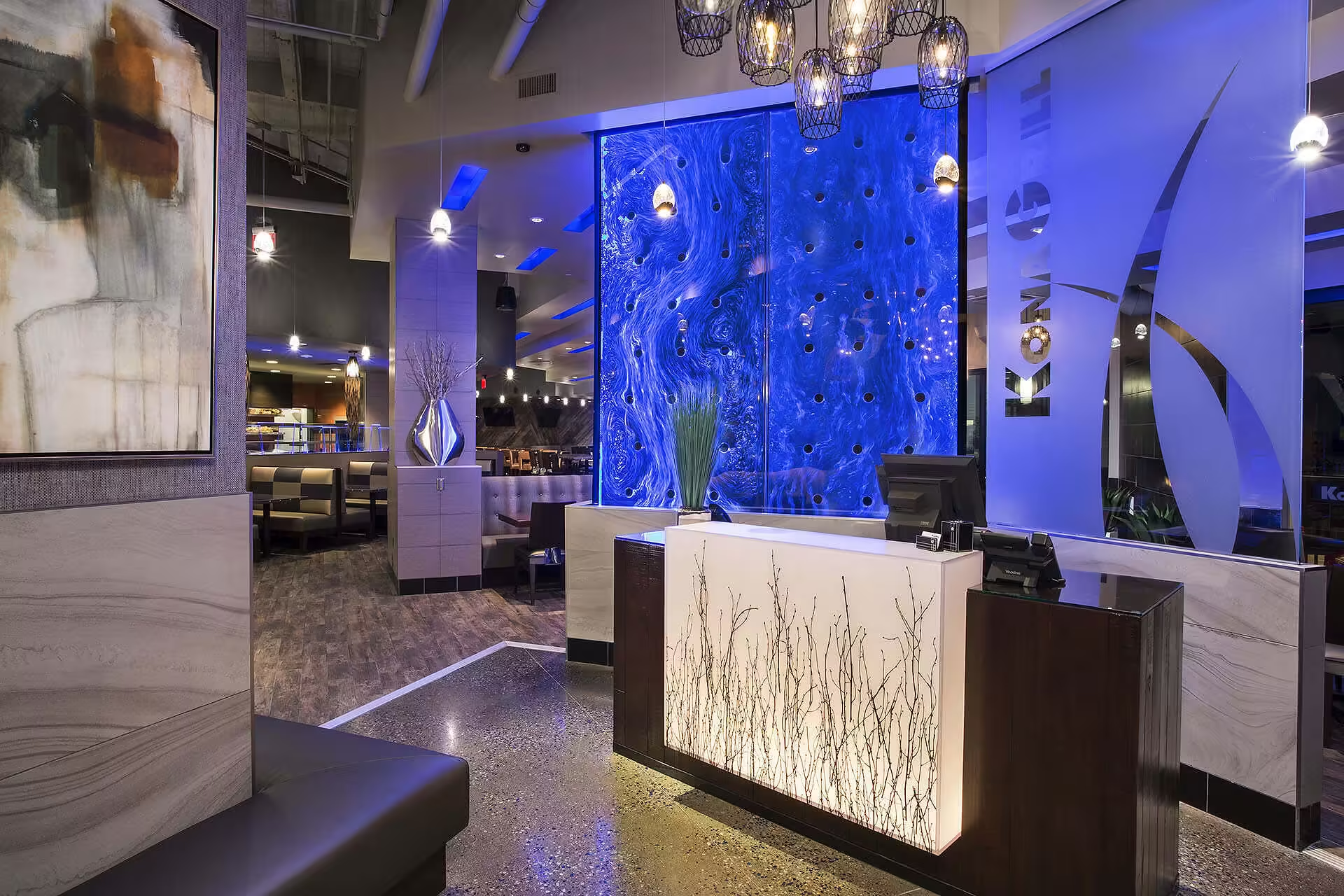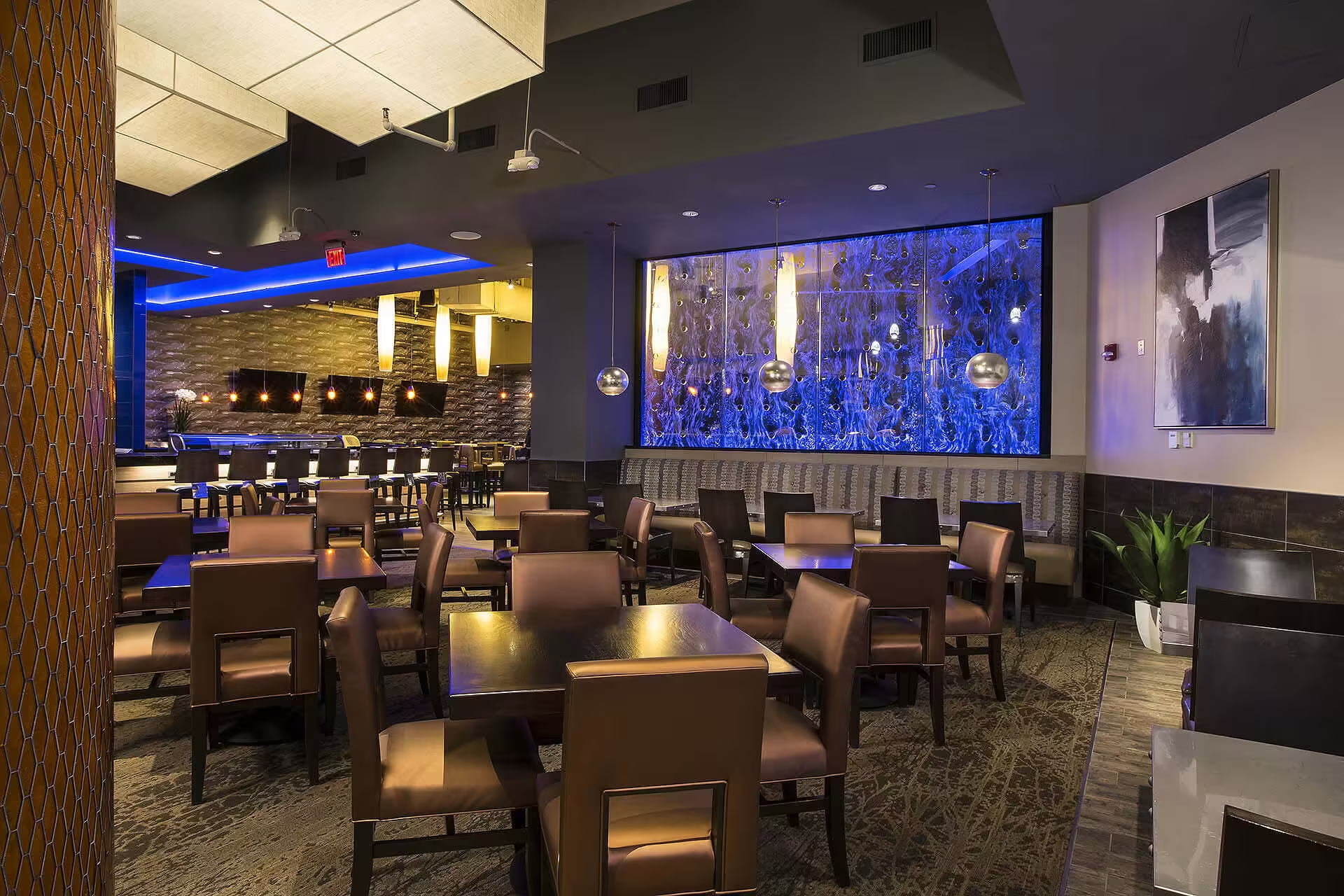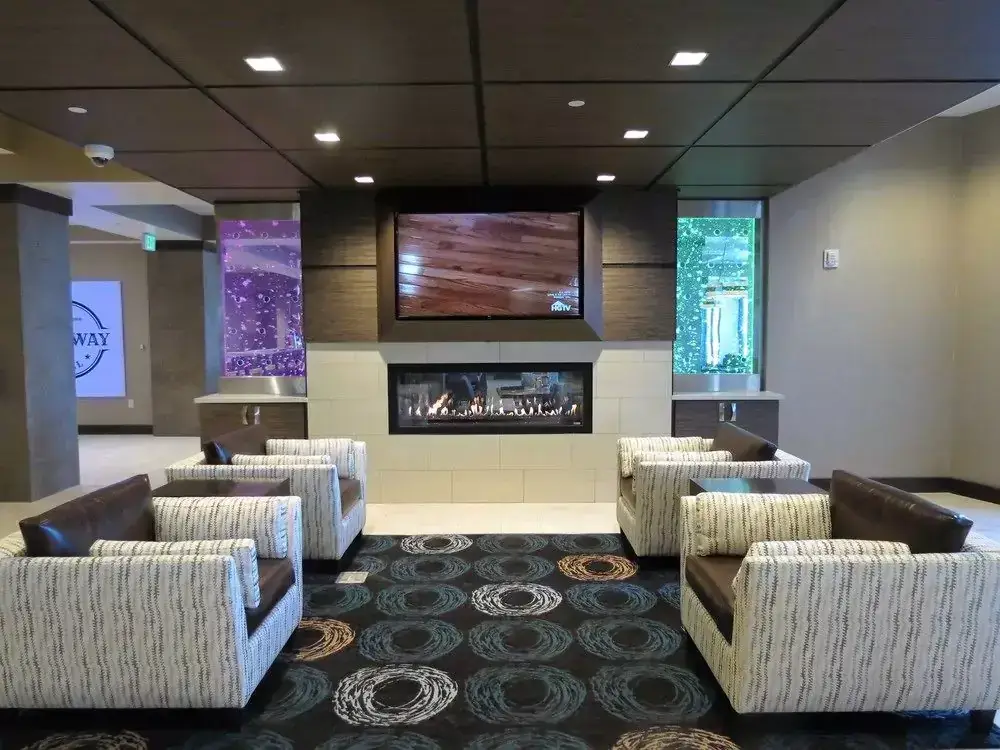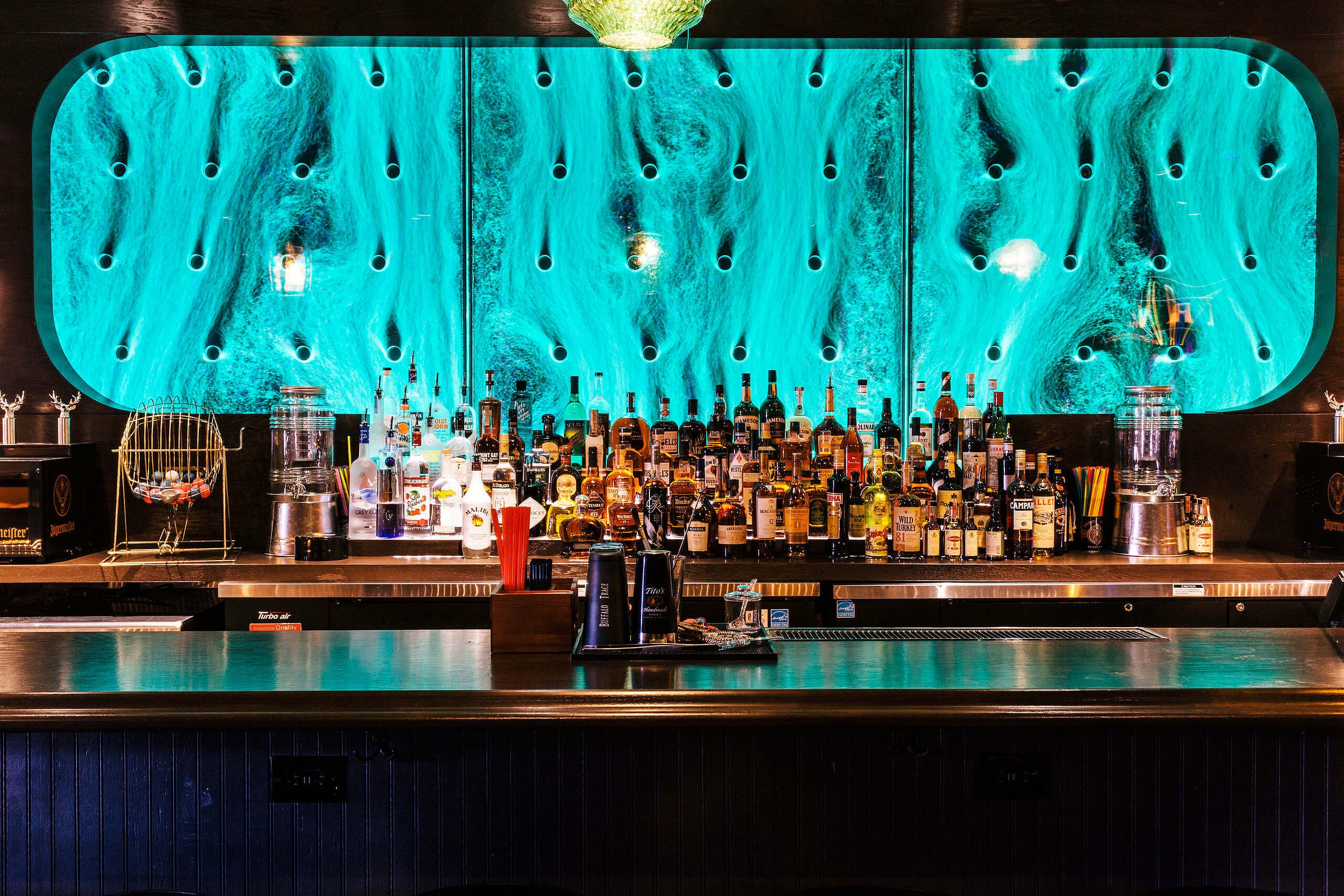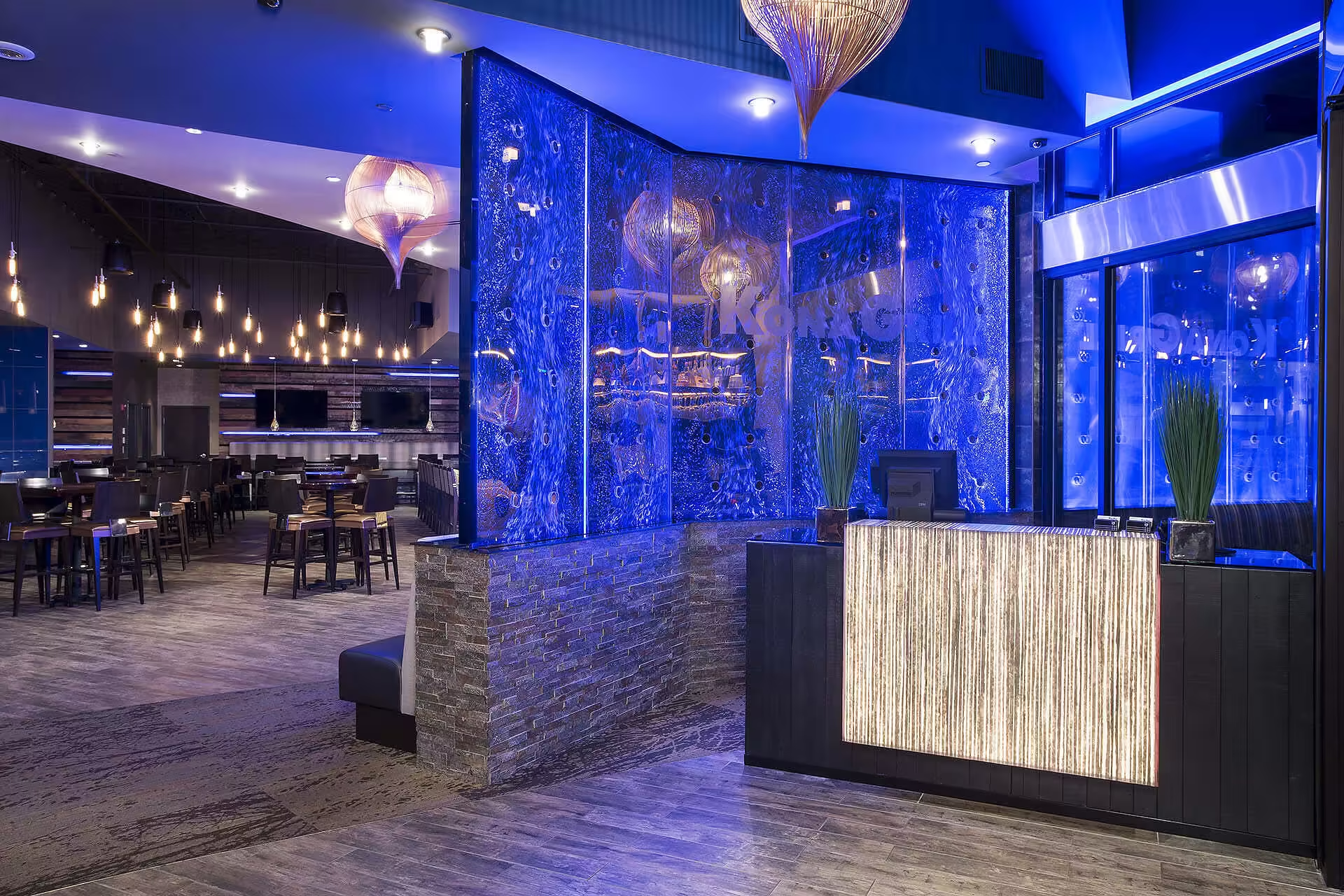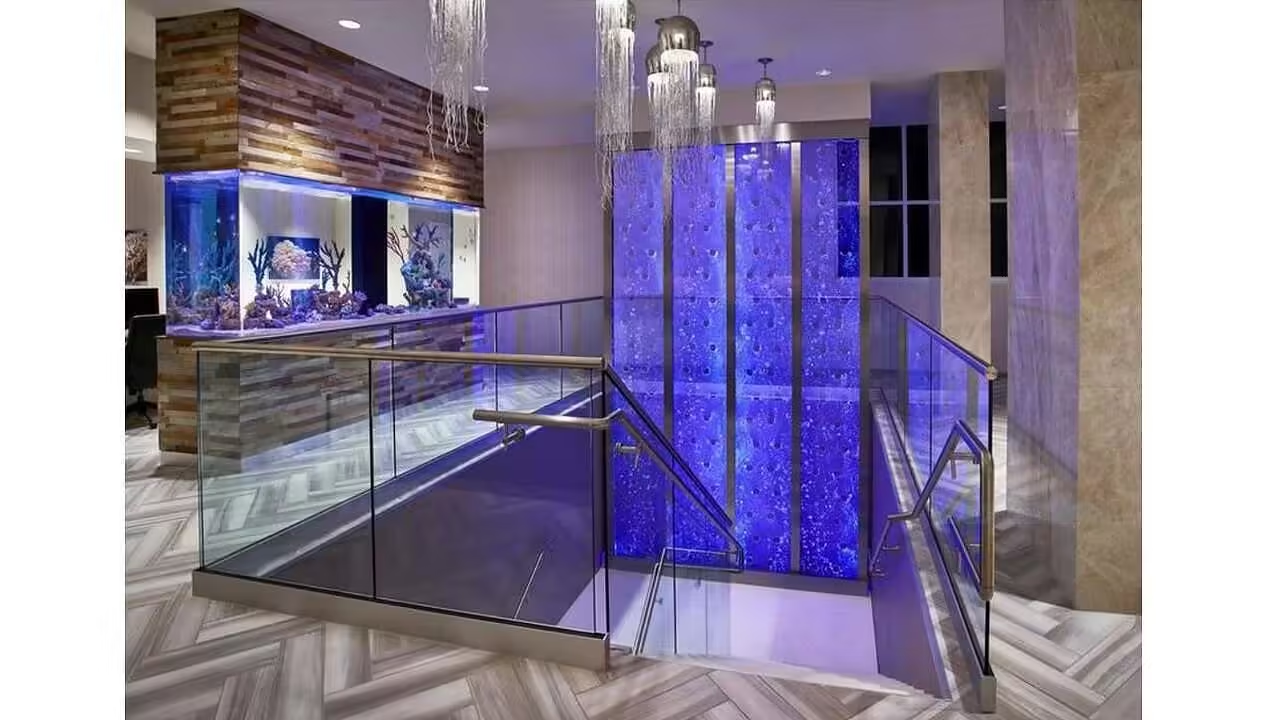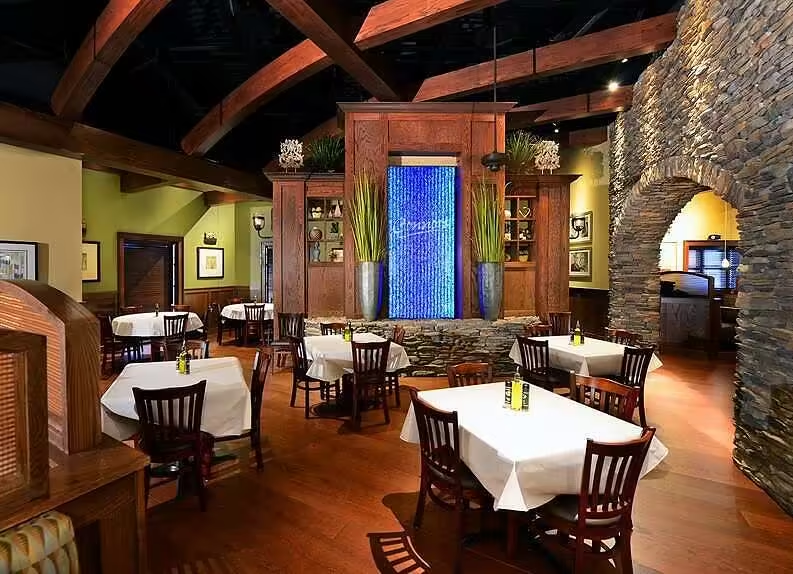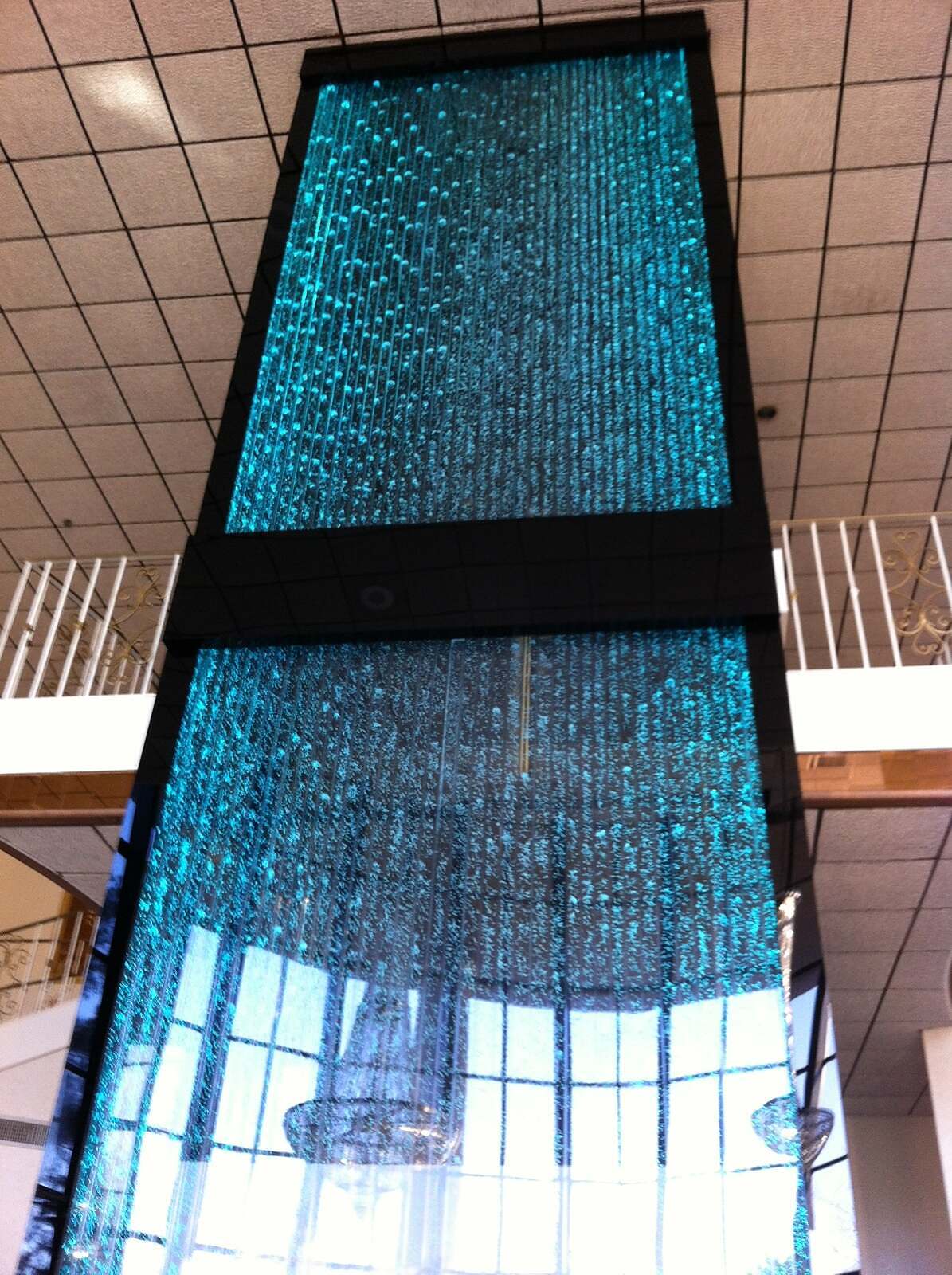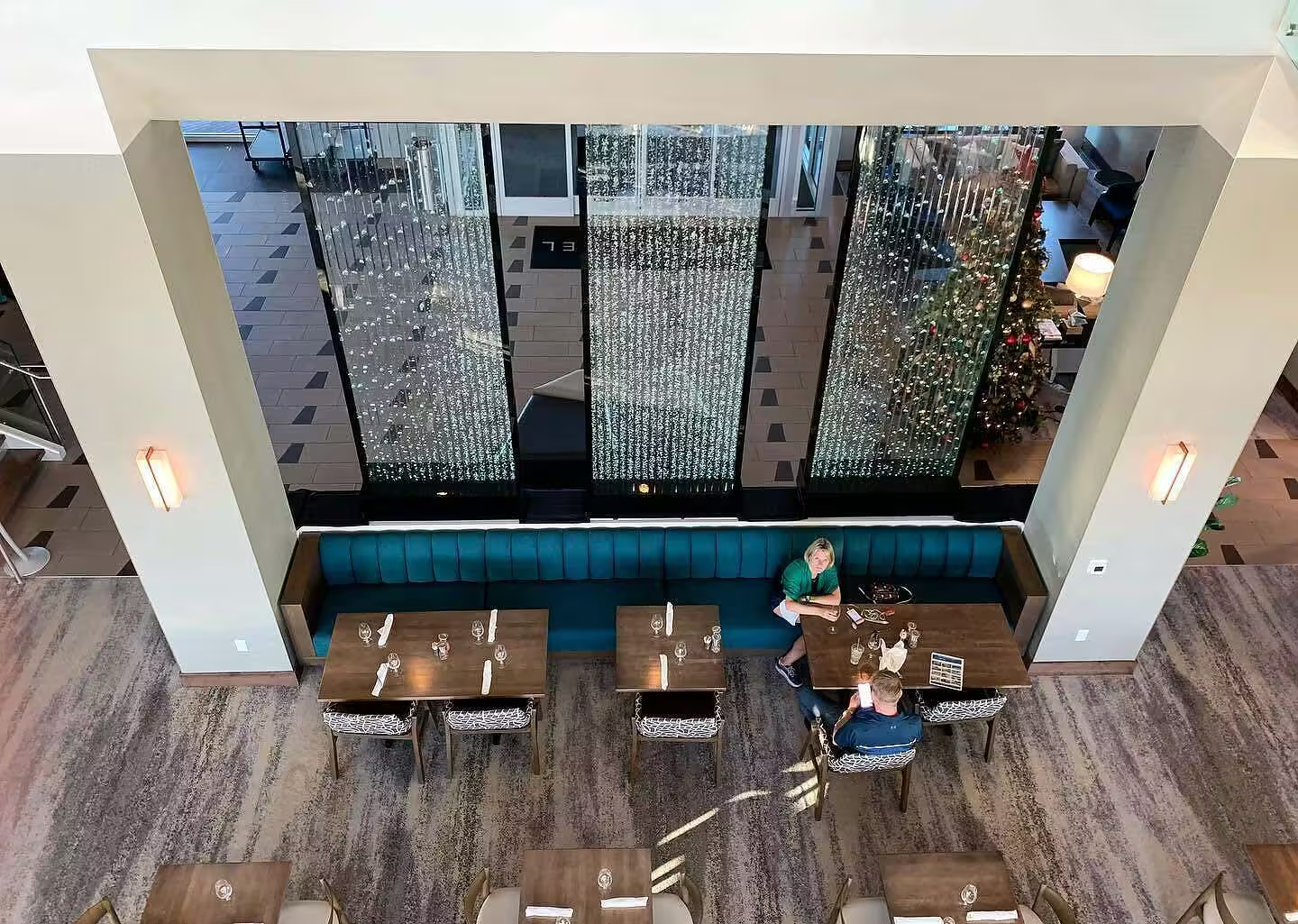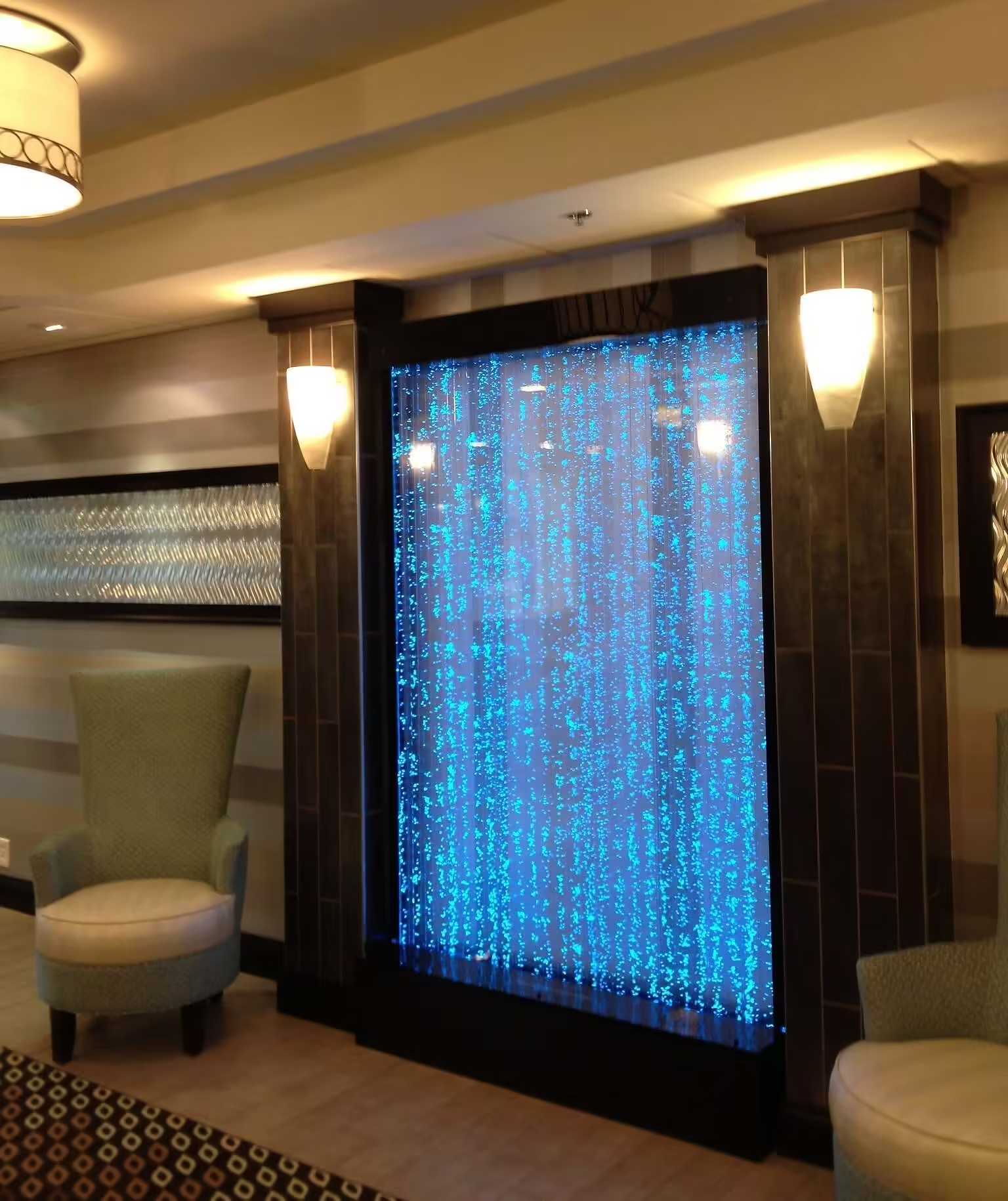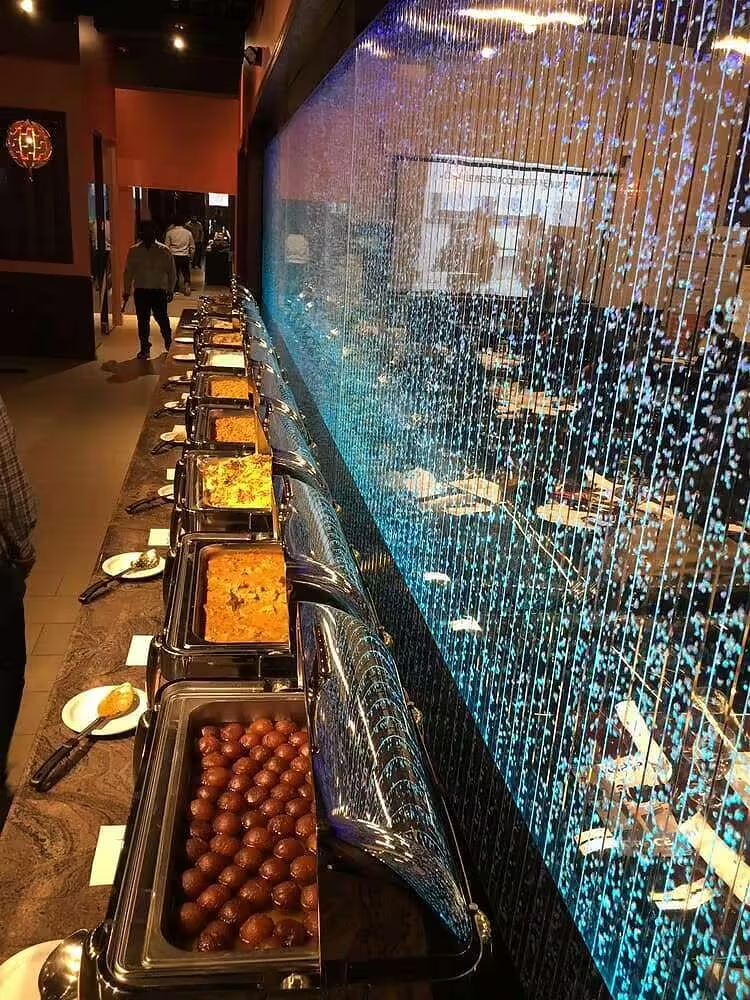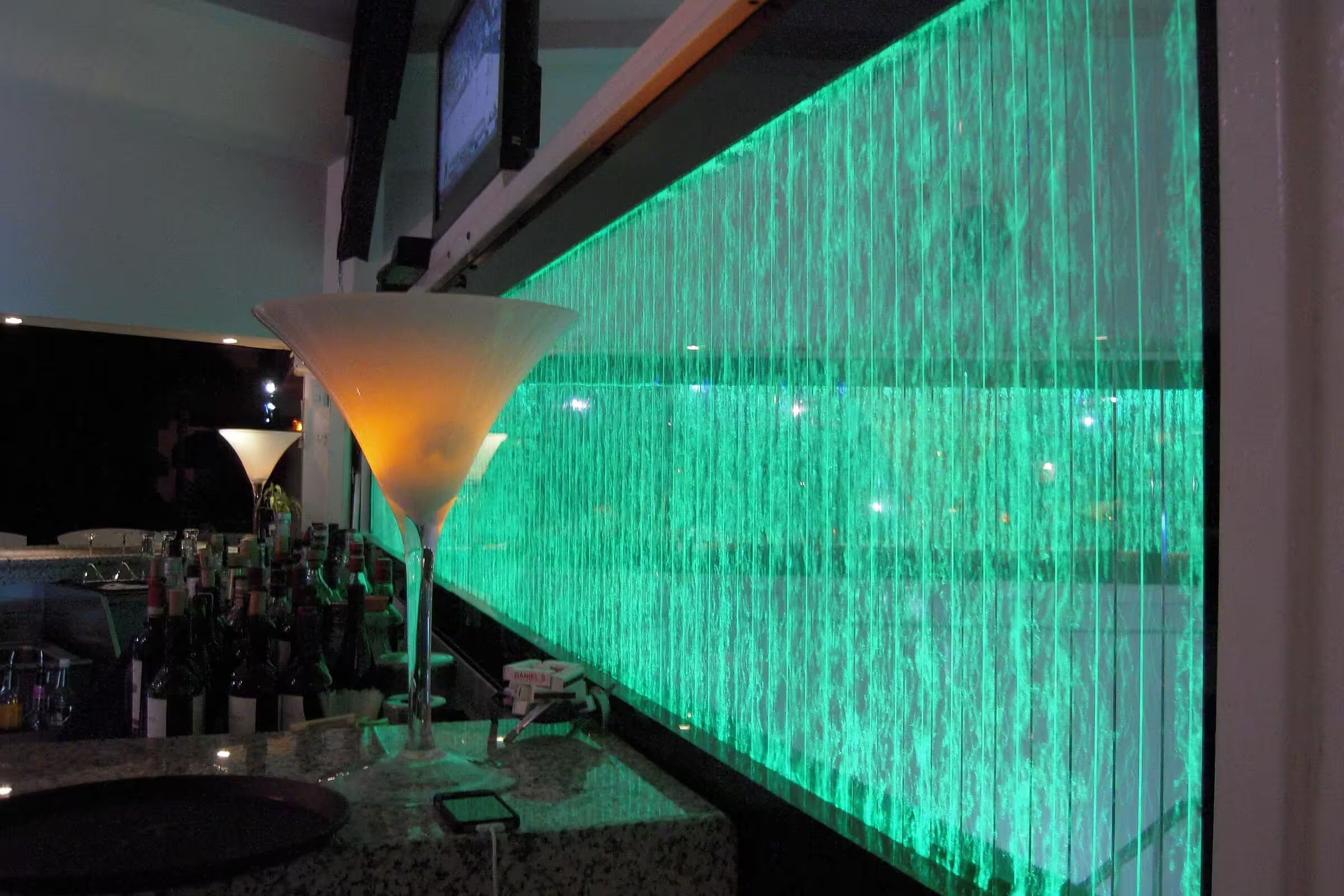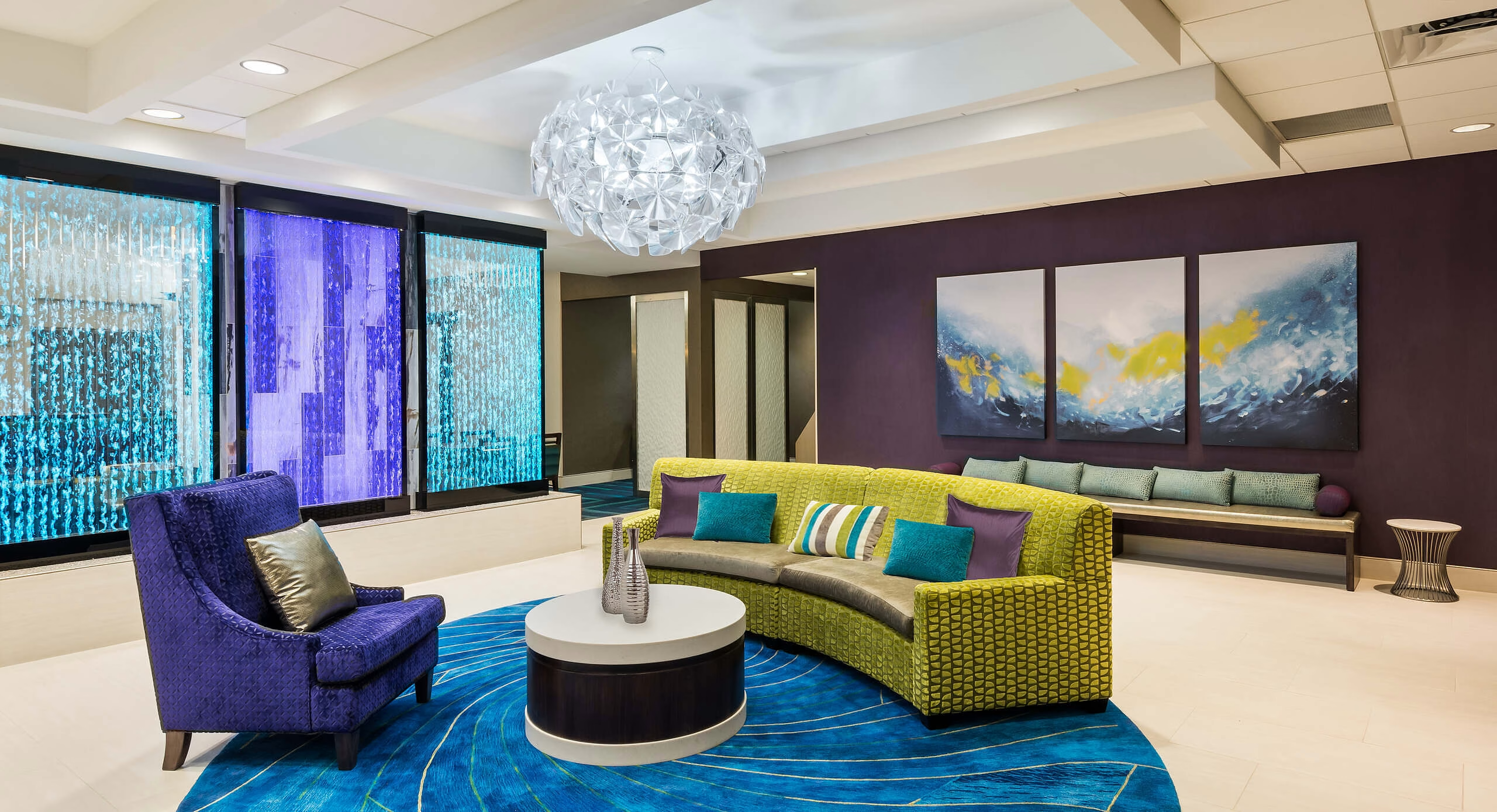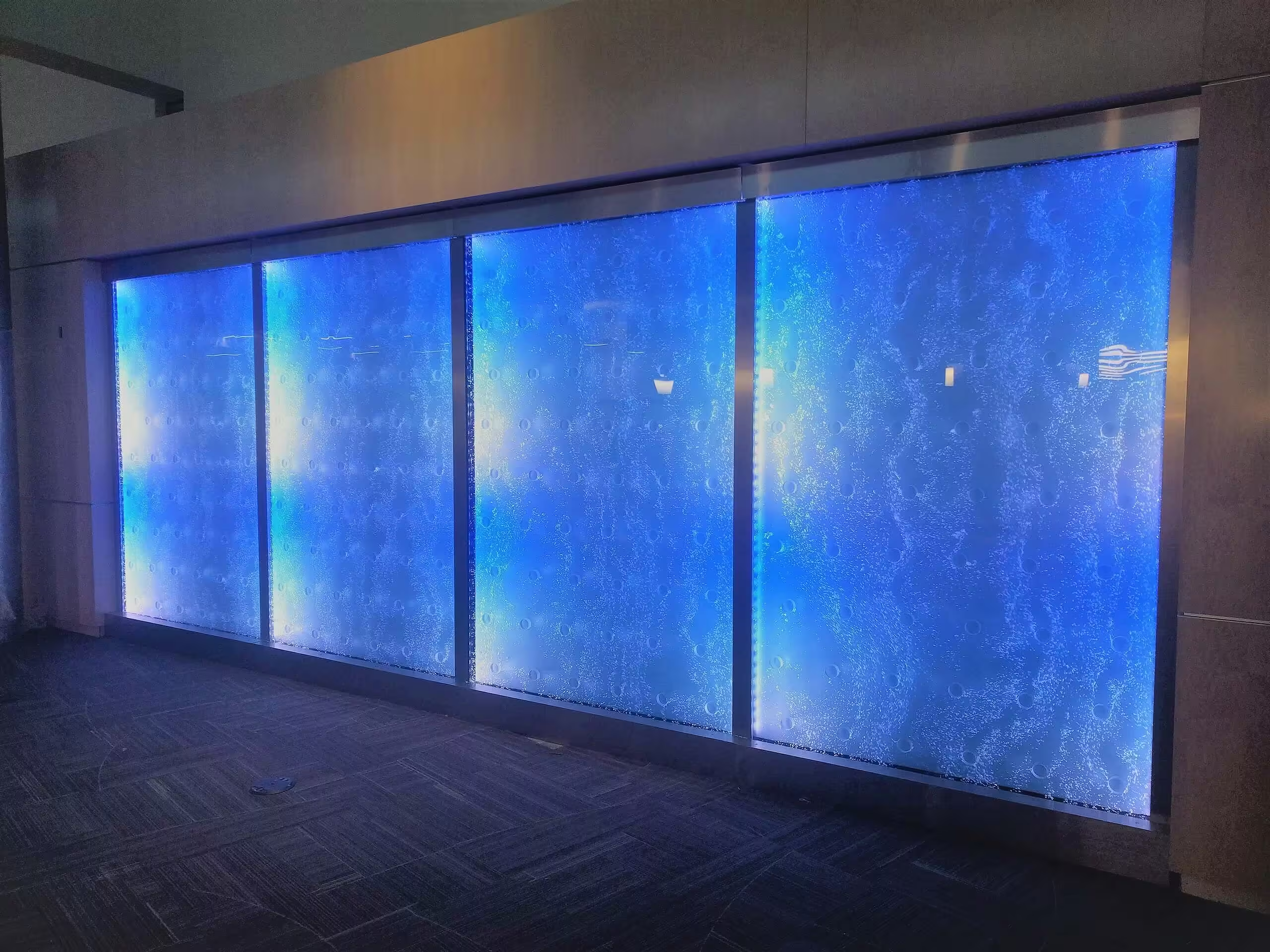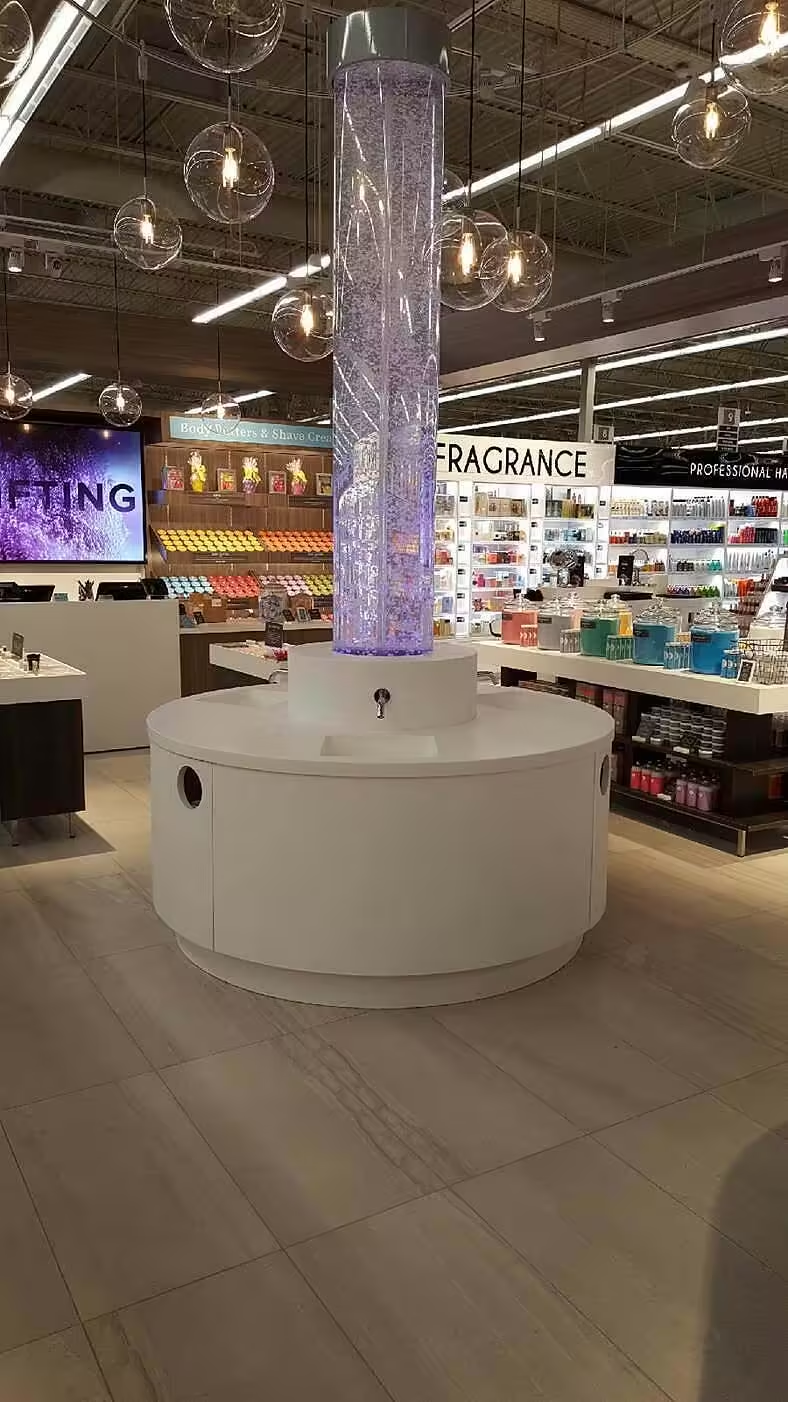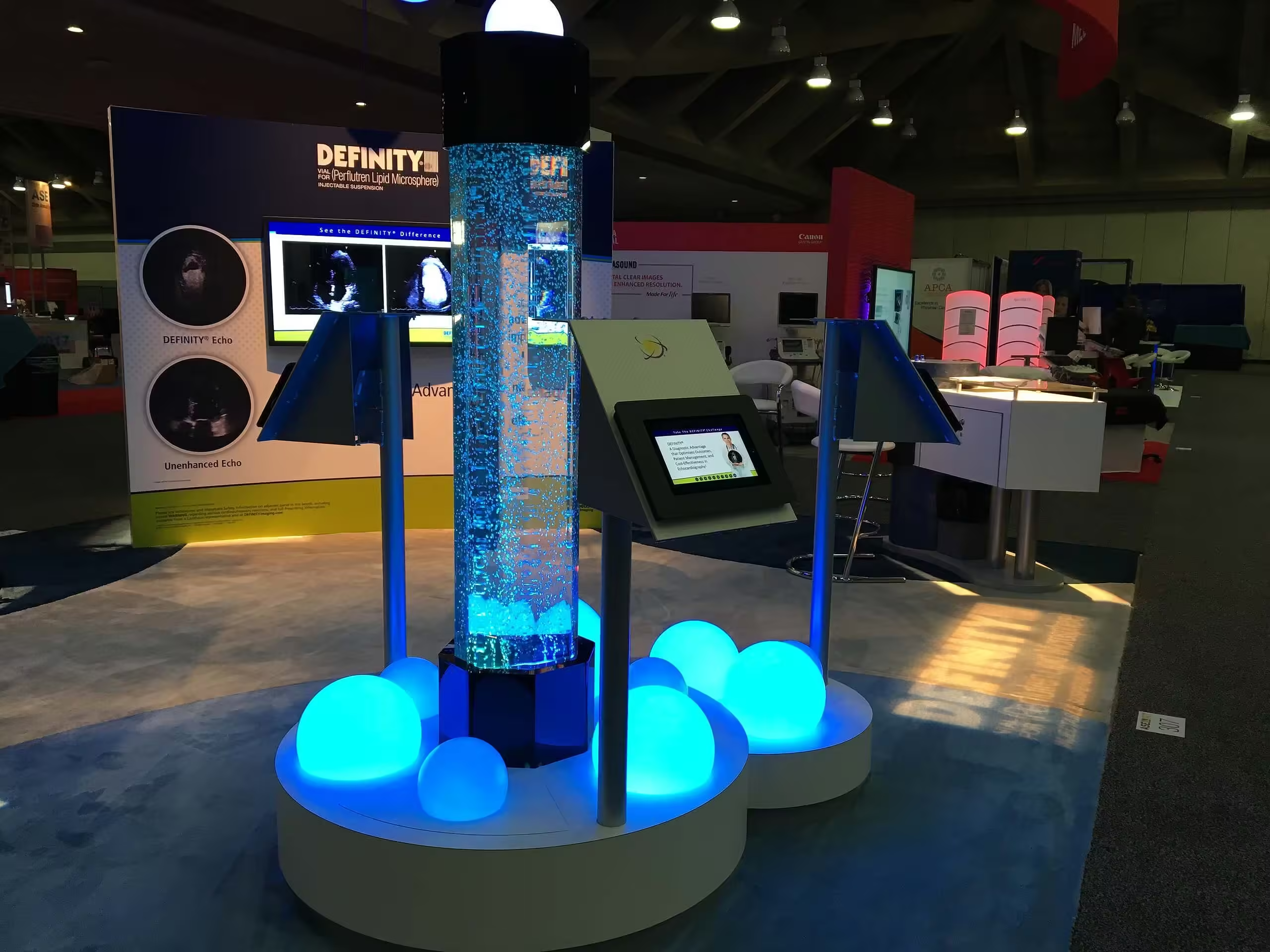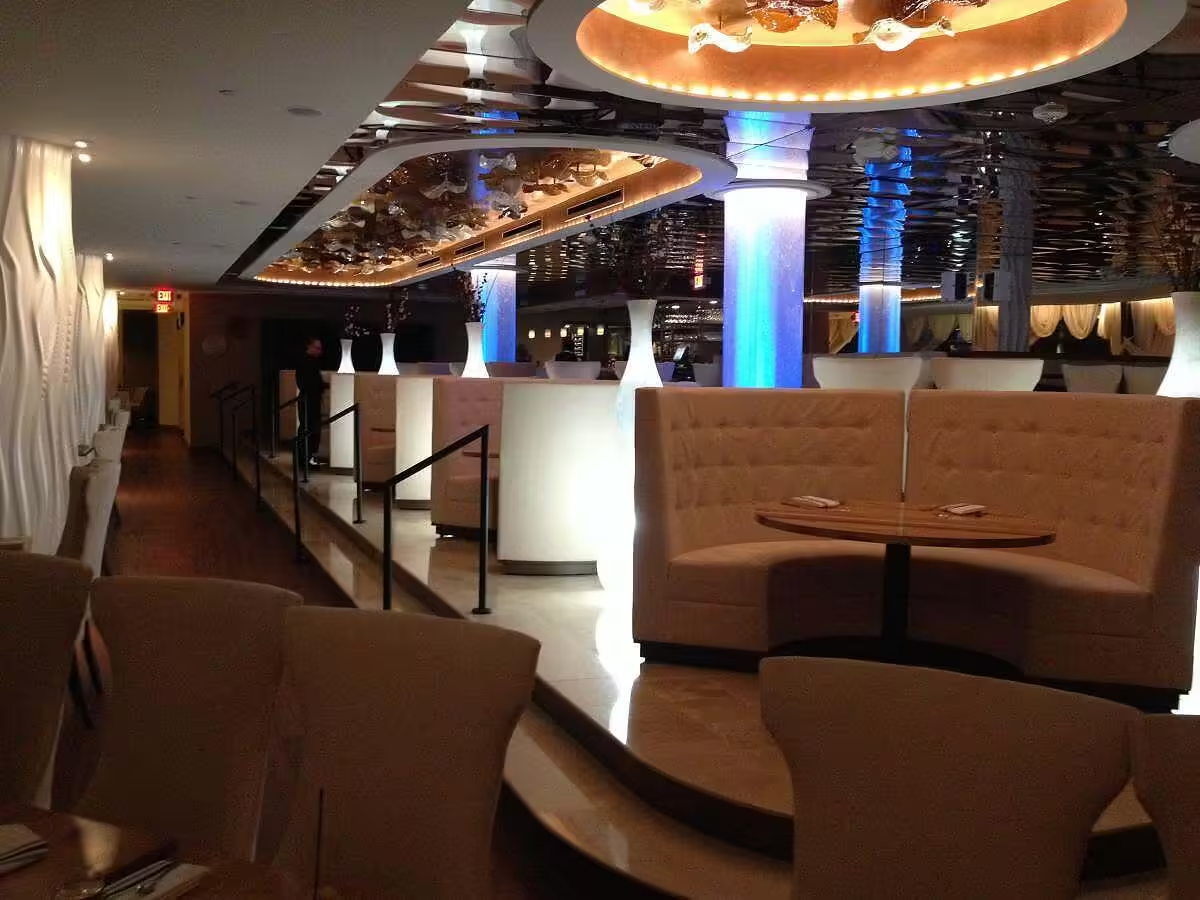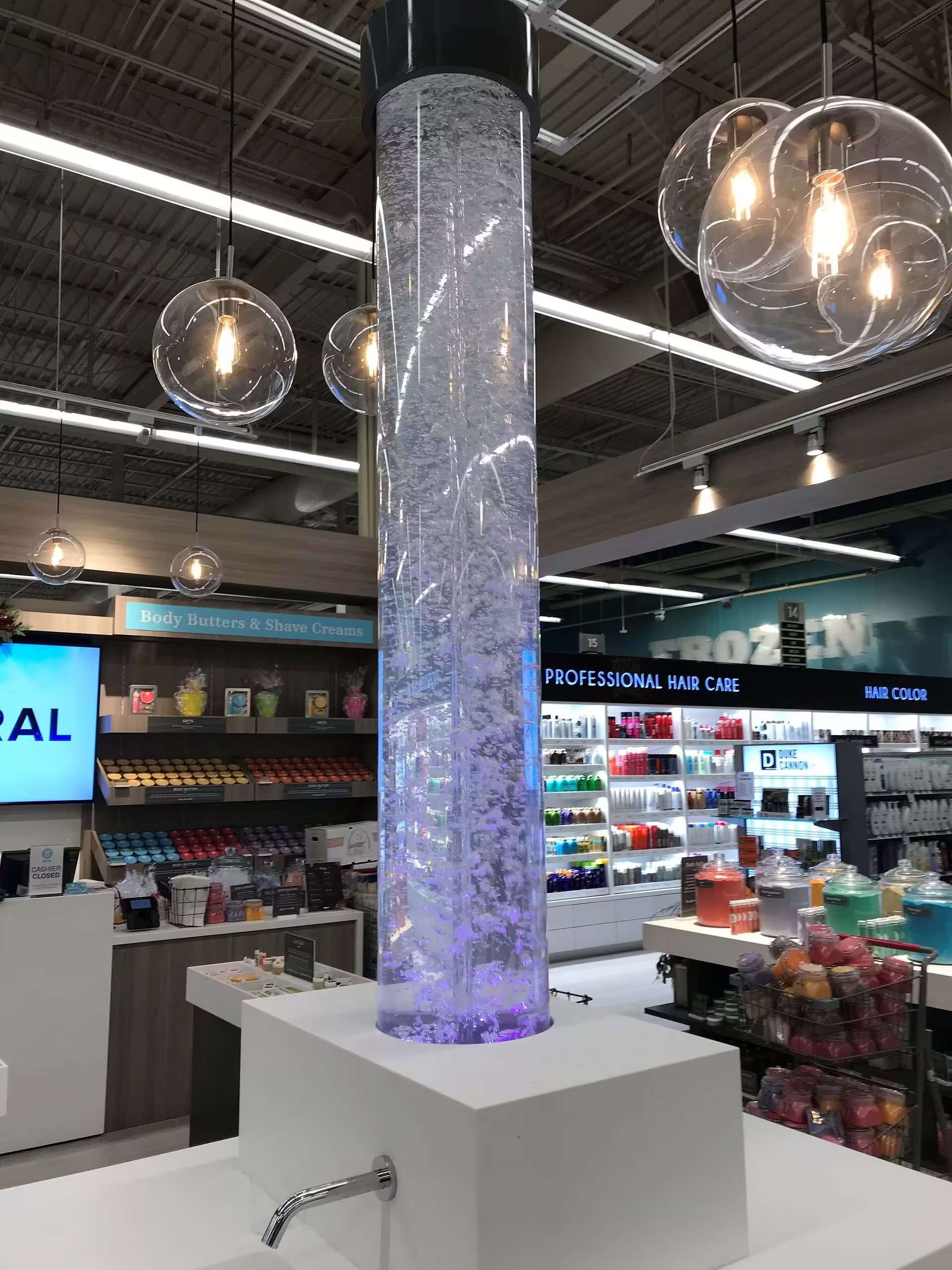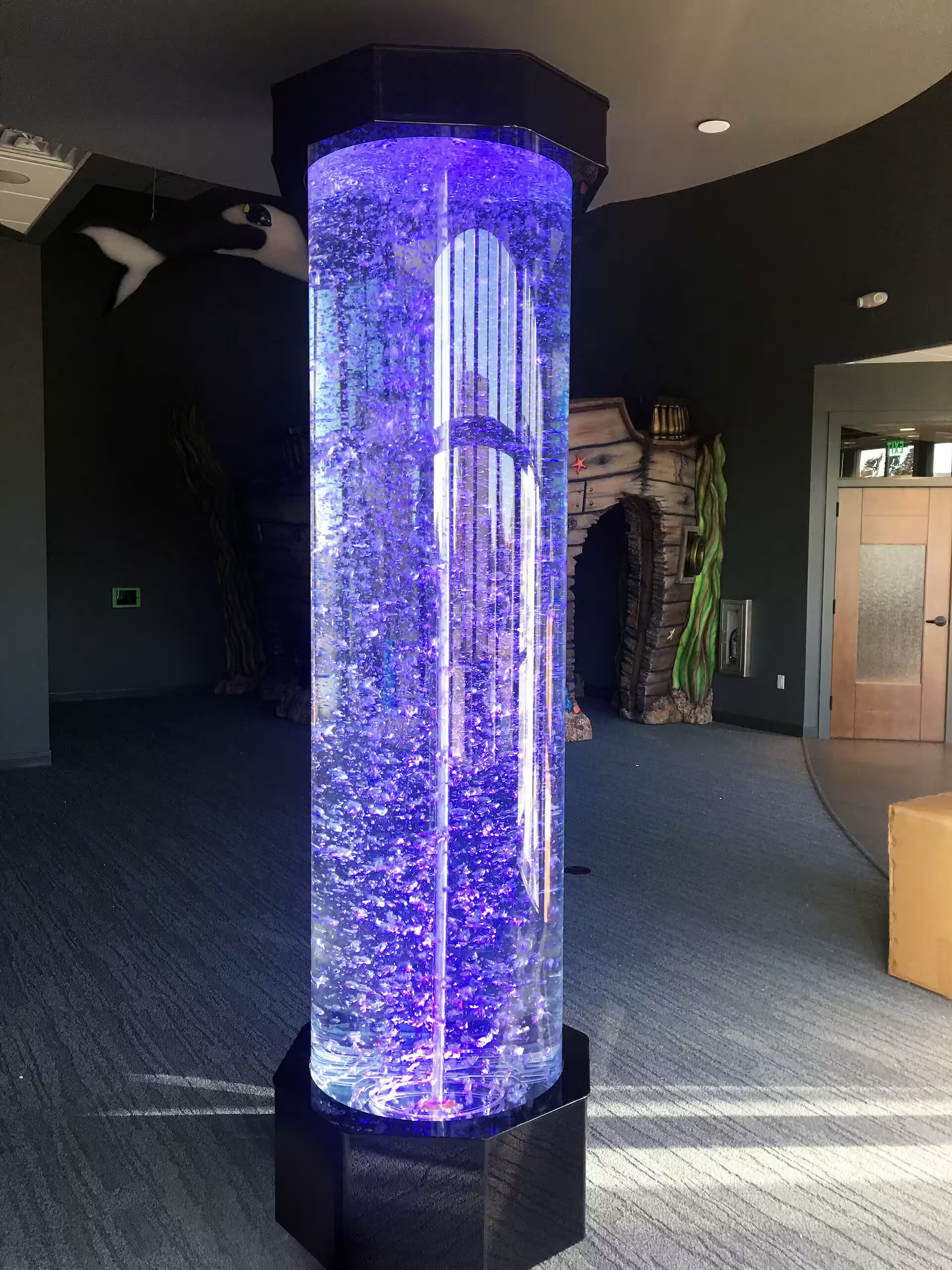Frequently Asked Questions
What is the difference between a water wall and a fountain?
The difference between a water wall and a fountain lies in their design and flow of water. Water walls feature a flat surface where water cascades down, creating a tranquil, vertical display, while fountains typically have flowing water that sprays or bubbles up, often in a more ornamental style.
What is the purpose of a water wall in a building?
The purpose of a water wall in a building is to enhance aesthetic appeal while providing soothing sounds of flowing water. Additionally, water walls can improve air quality and humidity levels, contributing to a tranquil and inviting environment.
What is a water wall and how does it work?
A water wall is a decorative feature that consists of a vertical surface on which water flows, creating a soothing and visually appealing display. It typically works by recirculating water from a reservoir, allowing for continuous movement and sound.
What is the purpose of an aqua wall in a building?
The purpose of an aqua wall in a building is to enhance aesthetics and promote relaxation by integrating water features into the design. Aqua walls also improve air quality and can help with temperature regulation.
How does a water wall help with water conservation?
Water walls contribute to water conservation by recycling and reusing water efficiently within their design. They minimize waste by recirculating water, creating an eco-friendly feature that enhances your space while promoting responsible water usage.
What are the benefits of having a water wall at home?
The benefits of having a water wall at home include enhancing aesthetics, improving air quality, providing soothing sounds, and promoting relaxation. Additionally, water walls can serve as a unique focal point, adding value to your living space.
What are the benefits of having a water wall system?
The benefits of having a water wall system include enhanced aesthetics, improved air quality through humidity regulation, and a soothing ambiance created by the sound of flowing water. They serve as unique focal points in any setting, promoting tranquility and relaxation.
How much maintenance does an aqua wall require?
The maintenance required for an aqua wall includes regular cleaning, checking the water level, and ensuring the pump and filtration system function properly. Typically, this requires minimal effort, making it a relatively low-maintenance water feature option.
What are the maintenance requirements for a water wall?
The maintenance requirements for a water wall include regular cleaning to prevent algae buildup, monitoring water levels, checking the pump functionality, and ensuring proper water treatment to keep the feature in optimal condition.
How does a water wall enhance building aesthetics?
Water walls enhance building aesthetics by adding a visually striking element that combines natural beauty and tranquility. They create a focal point, improve ambiance, and can be customized to complement various architectural styles.
Can a water wall improve energy efficiency?
Water walls can enhance energy efficiency by providing natural cooling and humidity regulation, which can reduce the reliance on air conditioning systems. This results in lower energy consumption and cost savings over time.
What design features differentiate aqua walls?
The design features that differentiate aqua walls include their material composition, water flow patterns, and structural elements. These aspects influence their aesthetic appeal, functionality, and how they integrate with surrounding landscapes.
How are water walls installed in residential spaces?
Water walls are installed in residential spaces by first selecting an appropriate location, followed by preparing a sturdy foundation, and then securely mounting the water feature while connecting it to a water supply and drainage system for optimal functionality.
What types of materials are best for water walls?
The best materials for water walls include tempered glass, stainless steel, stone, and fiberglass. These materials are durable, resistant to water damage, and can be crafted into various designs to enhance aesthetic appeal.
Are water walls effective in creating sound barriers?
Water walls are effective at creating sound barriers. The flowing water helps absorb and diffuse sound waves, reducing noise levels in surrounding areas, making them an excellent choice for privacy and tranquility in both indoor and outdoor spaces.
What are common challenges with water wall installation?
Common challenges with water wall installation include ensuring proper plumbing and drainage, managing electrical connections for lights and pumps, and selecting an appropriate location that supports the structure's weight and visual appeal.
How can water walls be customized for individual needs?
Water walls can be customized to meet individual needs through various design options, including size, shape, materials, and water flow features. Additionally, lighting and decorative elements can be tailored to create a unique and personalized aesthetic.
What safety concerns exist with water walls?
Safety concerns with water walls include the risk of slips and falls due to wet surfaces, potential drowning hazards for small children or pets, and electrical risks associated with pumps and lighting systems. Proper installation and maintenance can mitigate these risks.
How do water walls impact indoor humidity levels?
Water walls positively impact indoor humidity levels by naturally adding moisture to the air. As water flows down the surface, it evaporates, creating a balanced environment that can enhance comfort and promote better air quality indoors.
Can water walls be integrated with lighting designs?
Water walls can indeed be integrated with lighting designs. Incorporating LED lighting enhances their aesthetic appeal, creating a stunning visual effect that highlights the cascading water and transforms any space into a tranquil oasis.
What are the ecological benefits of using water walls?
The ecological benefits of using water walls are significant. They help improve air quality by filtering pollutants, support local humidity levels, and promote biodiversity by providing habitats for various species. Additionally, water walls can aid in temperature regulation, enhancing energy efficiency.
How long does a water wall typically last?
Water walls typically last for many years, often ranging from 10 to 30 years, depending on the materials used, maintenance practices, and environmental conditions. Regular upkeep can significantly extend their lifespan.
What sizes do water walls come in?
Water walls come in various sizes to suit different spaces and design preferences. Custom options are available, allowing for small tabletop designs to large, full-wall installations, ensuring a perfect fit for any environment.
How do temperature changes affect water wall function?
Temperature changes affect water wall function in that extreme cold can lead to freezing, which may damage the water feature, while excessive heat can increase evaporation rates, impacting water levels and the overall performance of the system.
Is additional plumbing required for water walls?
Additional plumbing may be required for certain water wall installations. Depending on the design and setup, including features like recirculation systems, you might need to connect to your existing plumbing to ensure optimal water flow and maintenance.
What design styles work best for water walls?
The design styles that work best for water walls include modern, classical, and rustic themes. Modern styles feature sleek lines and minimalistic elements, while classical designs emphasize ornate details. Rustic themes often incorporate natural materials for a warm, inviting look.
What are the costs associated with water wall maintenance?
The costs associated with water wall maintenance include regular cleaning, water replacement, and potential repairs, which can collectively range from $100 to $500 annually, depending on the size and complexity of the water feature.
How do water walls drain excess water?
Water walls effectively drain excess water through a built-in drainage system that collects and channels overflow back to the reservoir or pump. This ensures a continuous, balanced flow while preventing water accumulation and potential flooding.
What role do pumps play in water wall systems?
The role of pumps in water wall systems is crucial as they circulate water, ensuring a steady flow for optimal operation. This movement creates the desired cascading effect, enhancing the visual appeal while maintaining consistent moisture levels within the water feature.
Can water walls be used in commercial properties?
Water walls can indeed be used in commercial properties. They serve as stunning focal points in lobbies, restaurants, and outdoor spaces, enhancing ambiance and promoting relaxation while also offering potential sound absorption benefits.




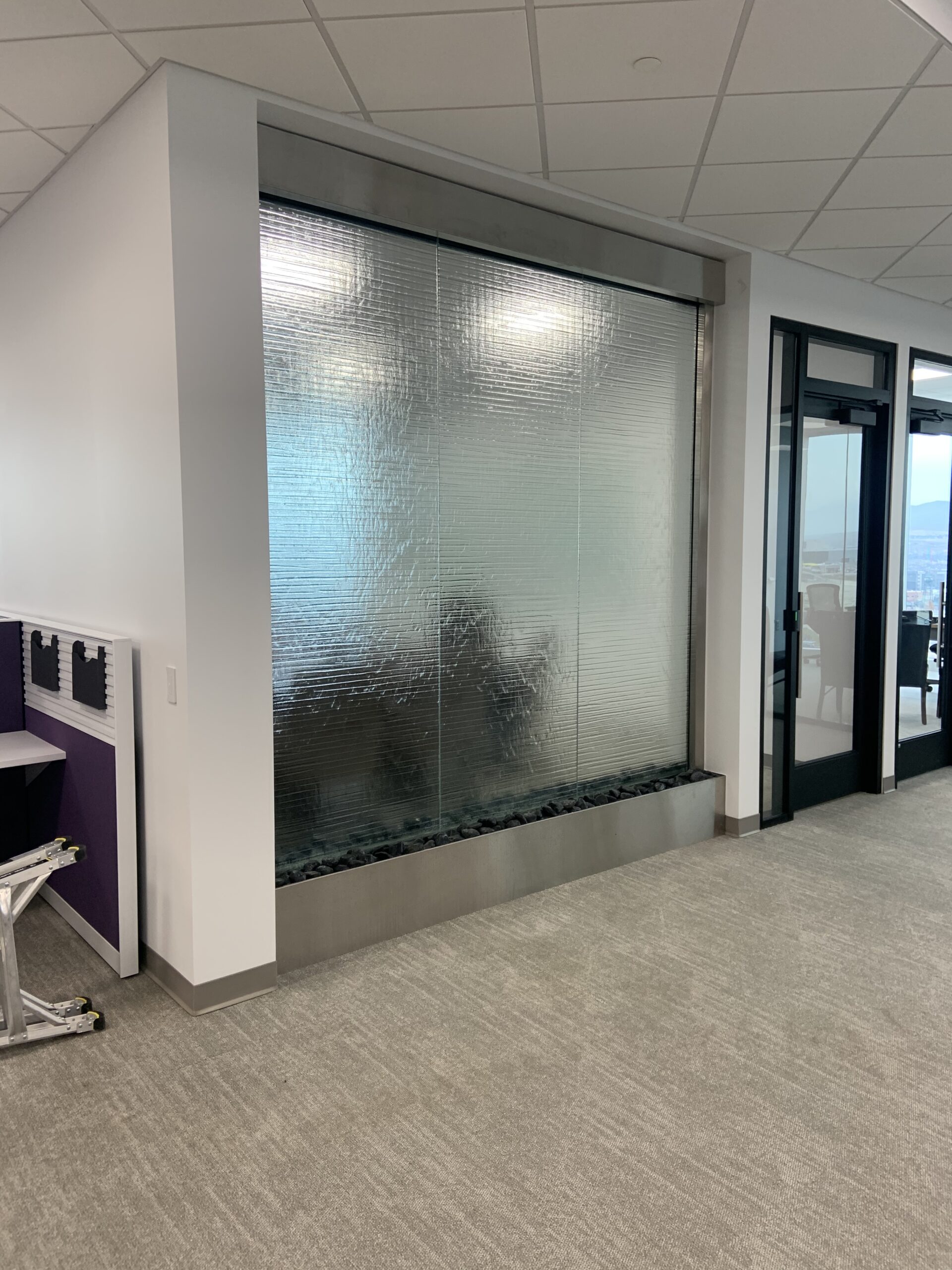
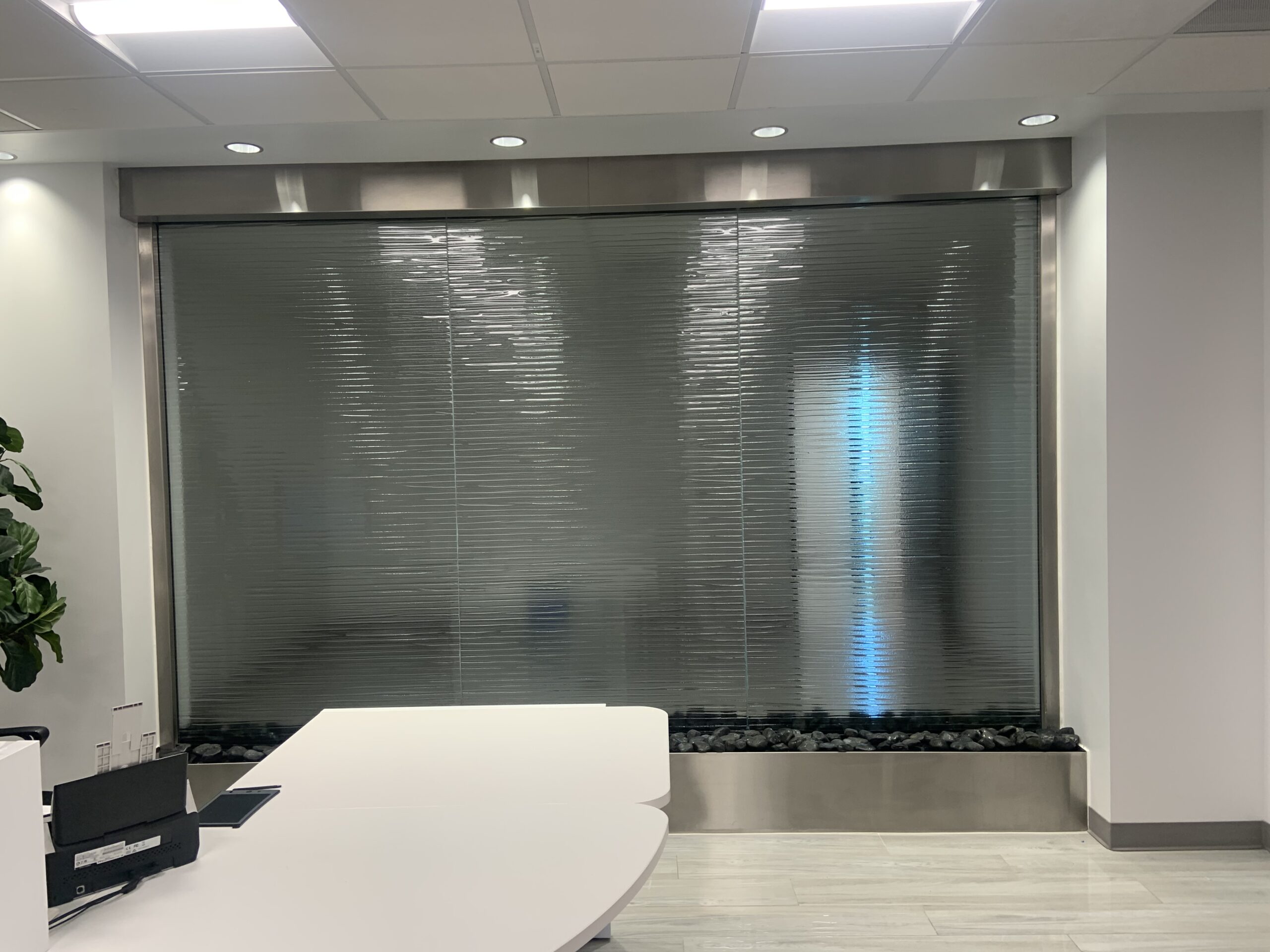
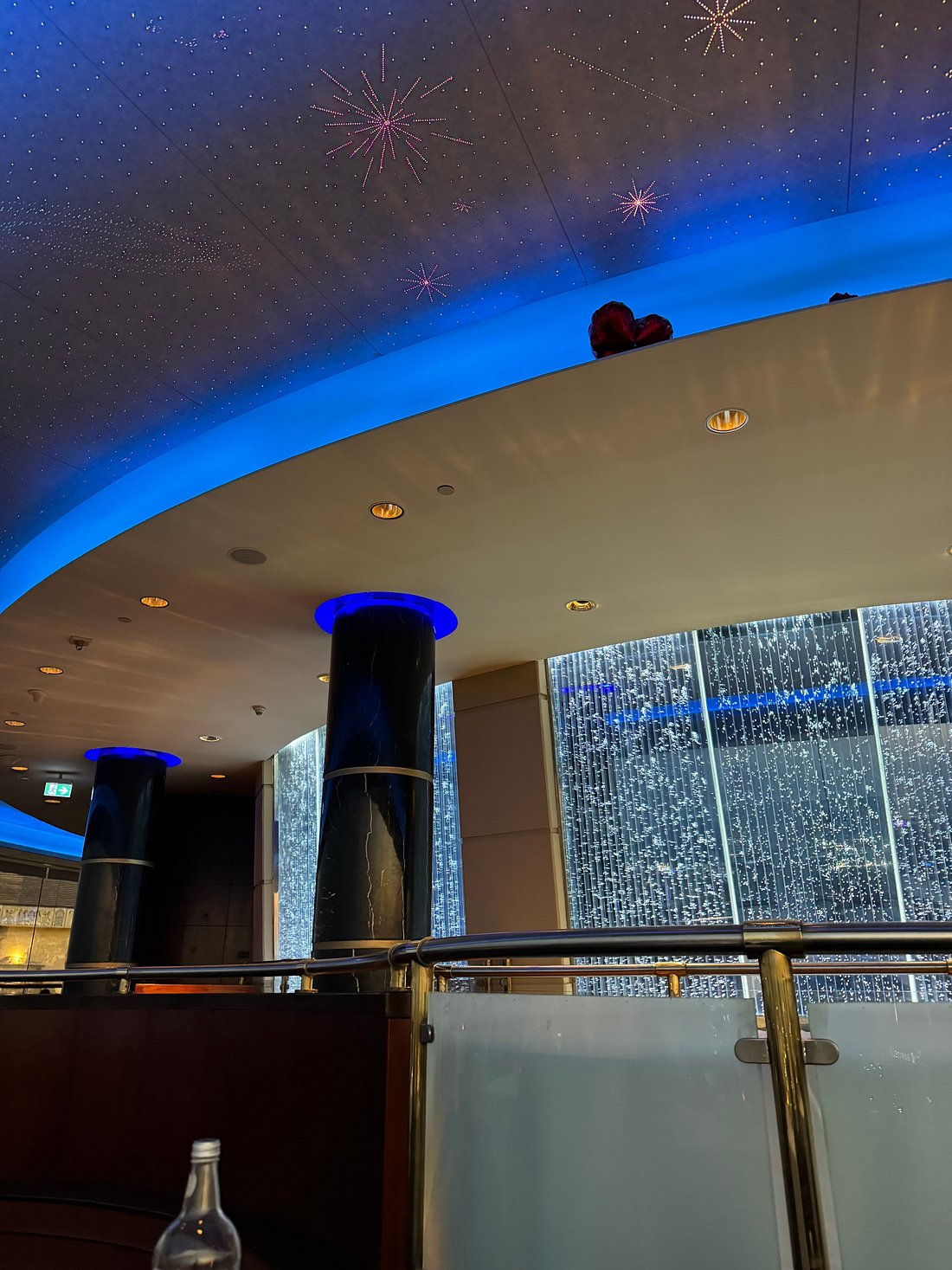
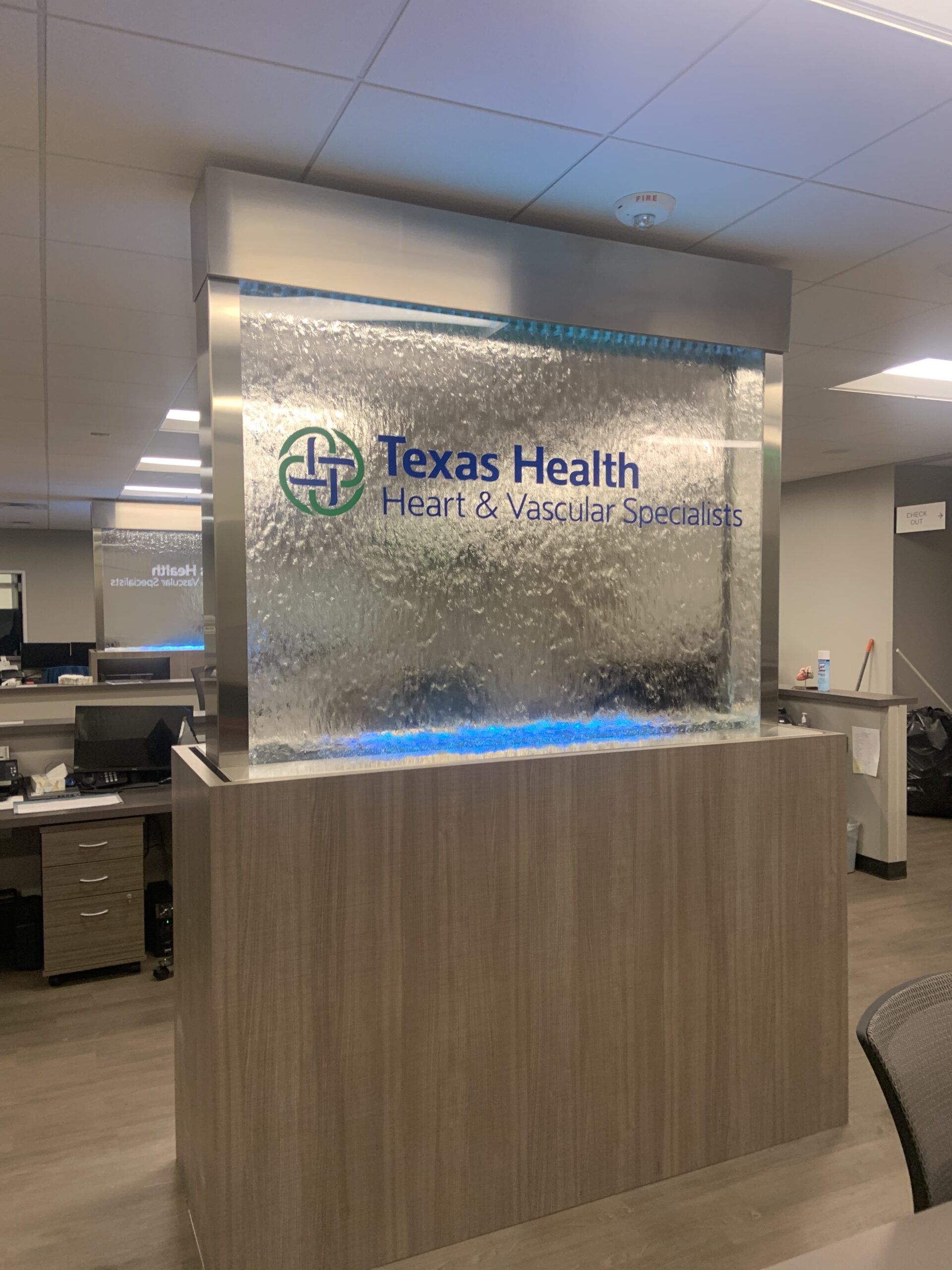
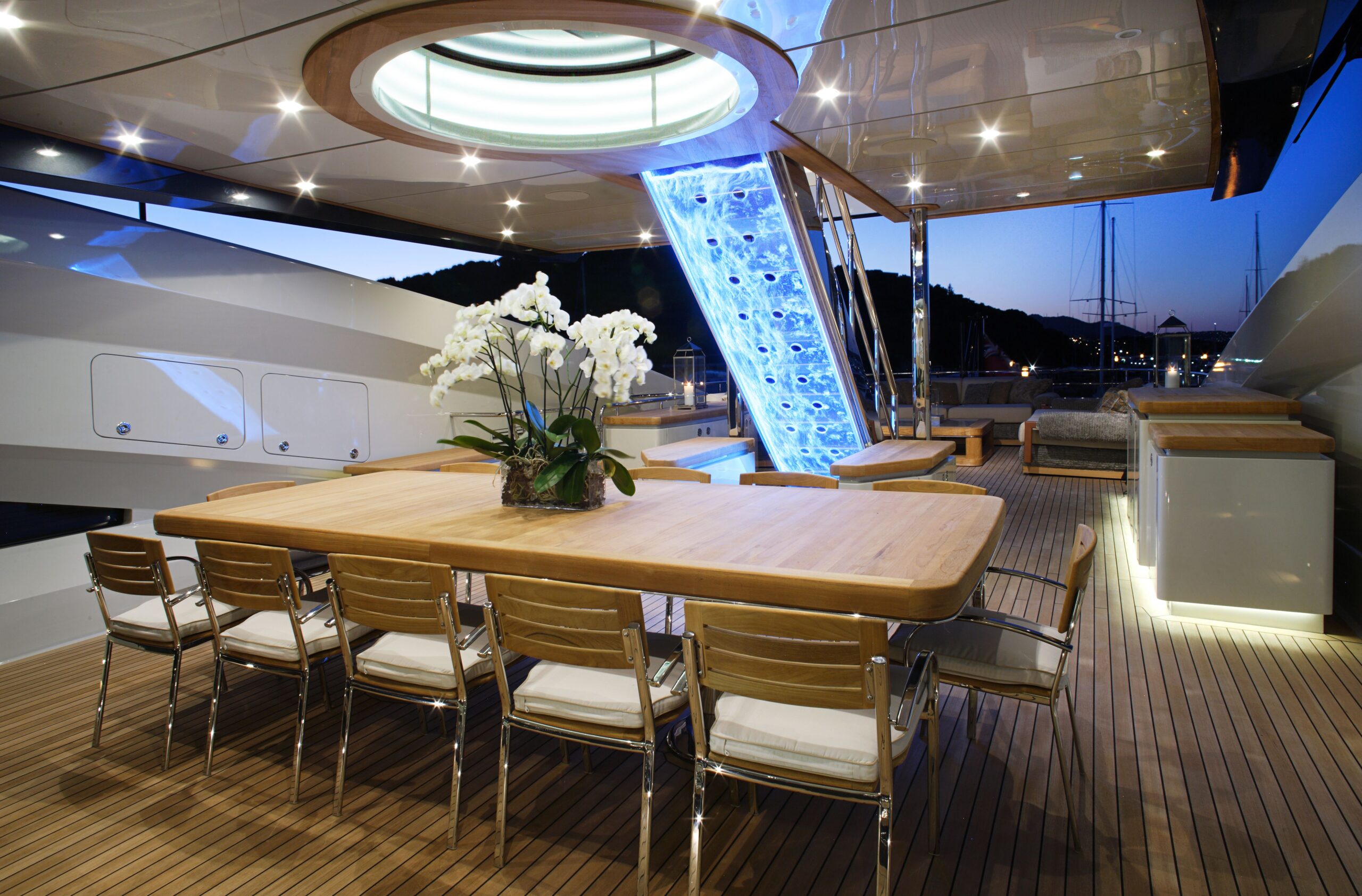

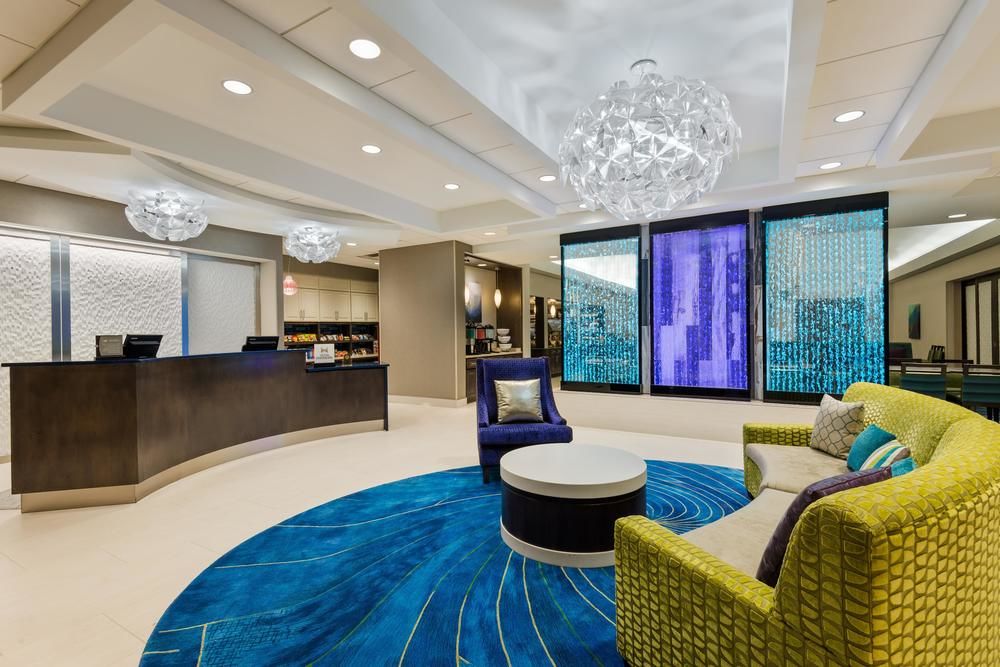
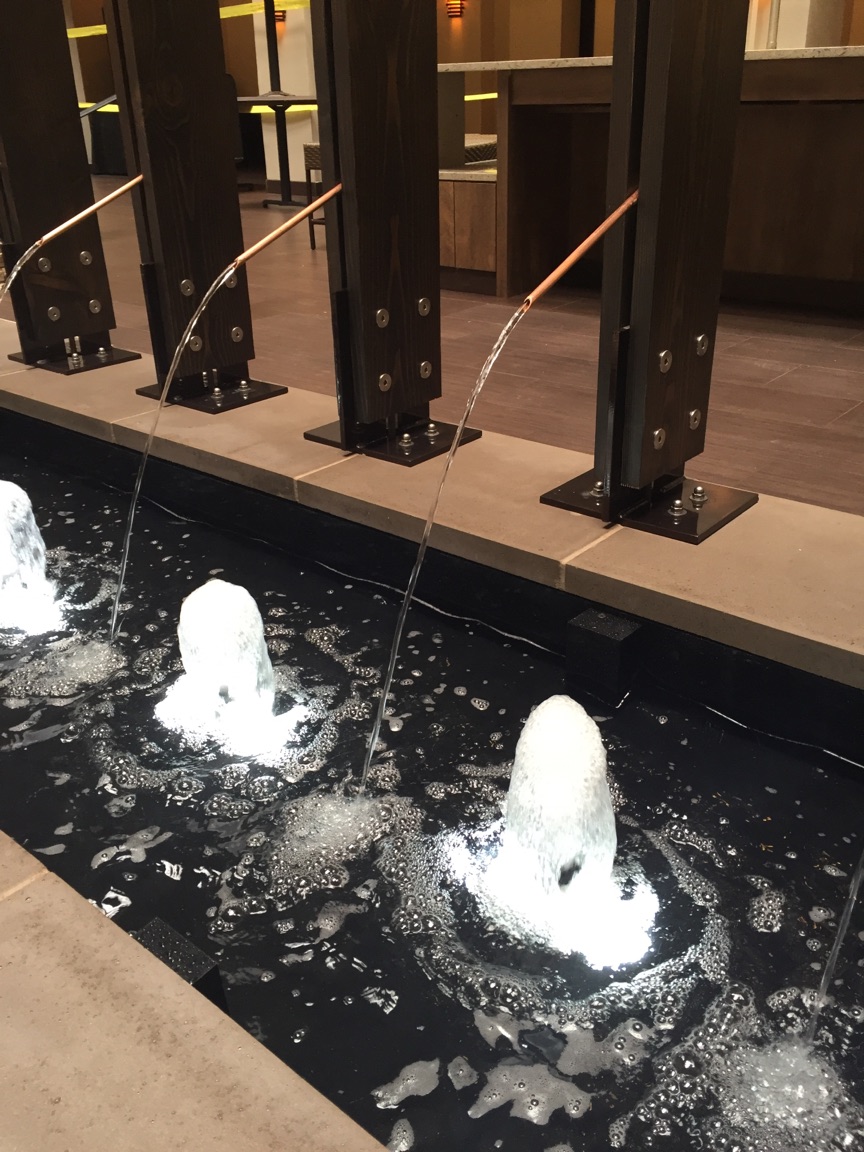
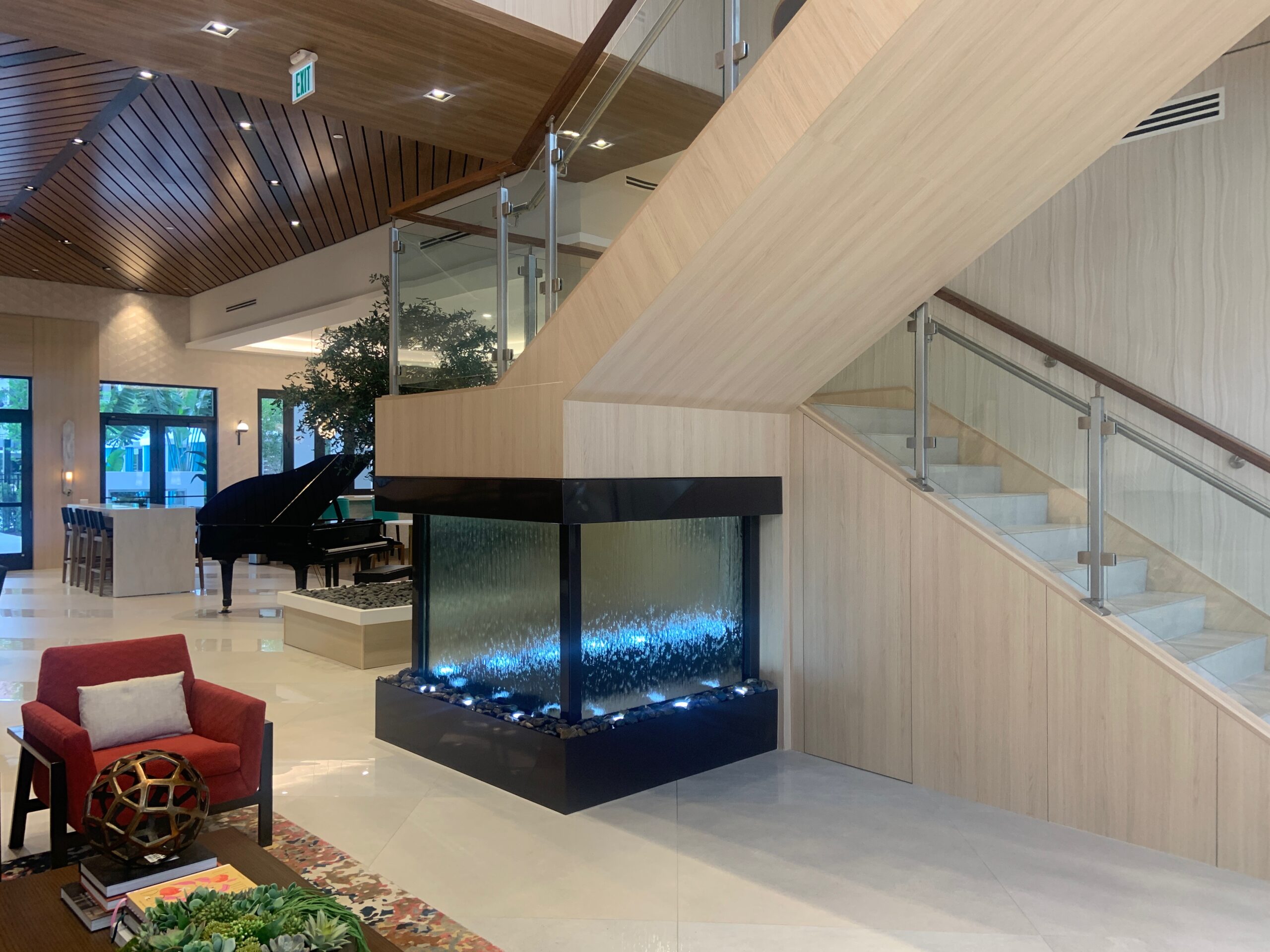
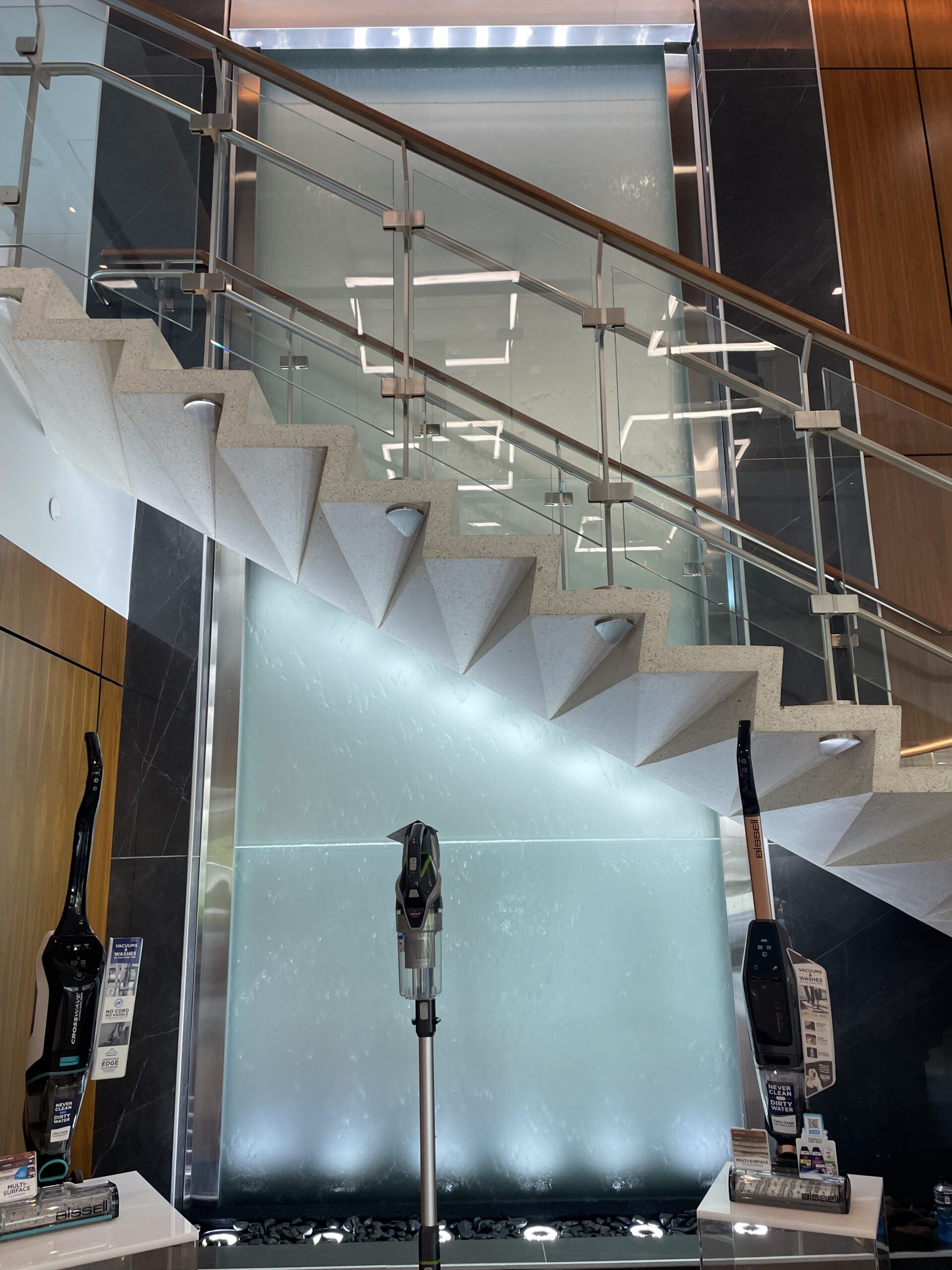
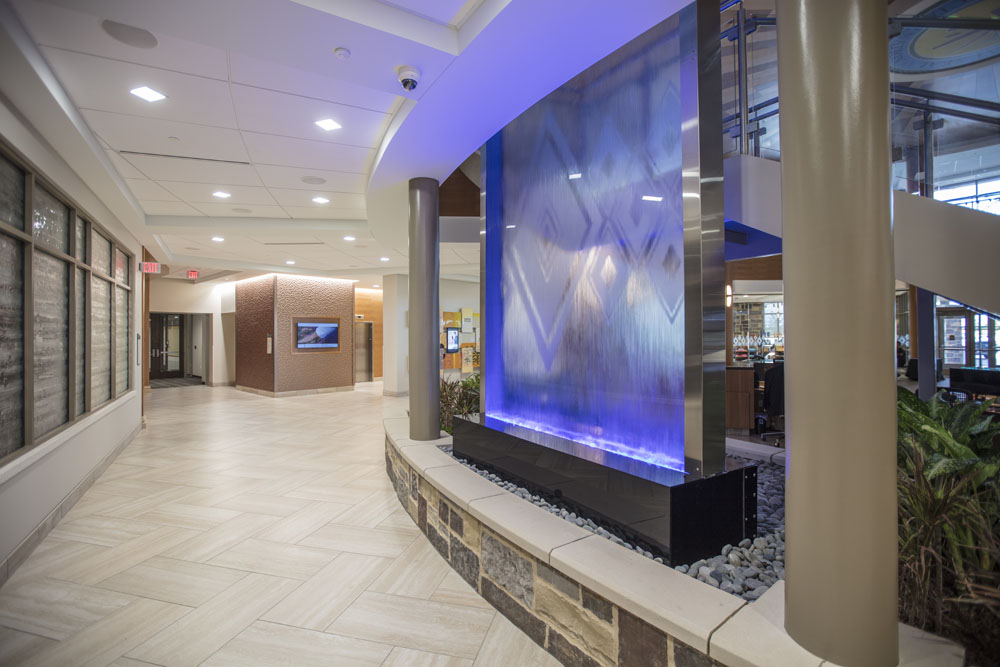
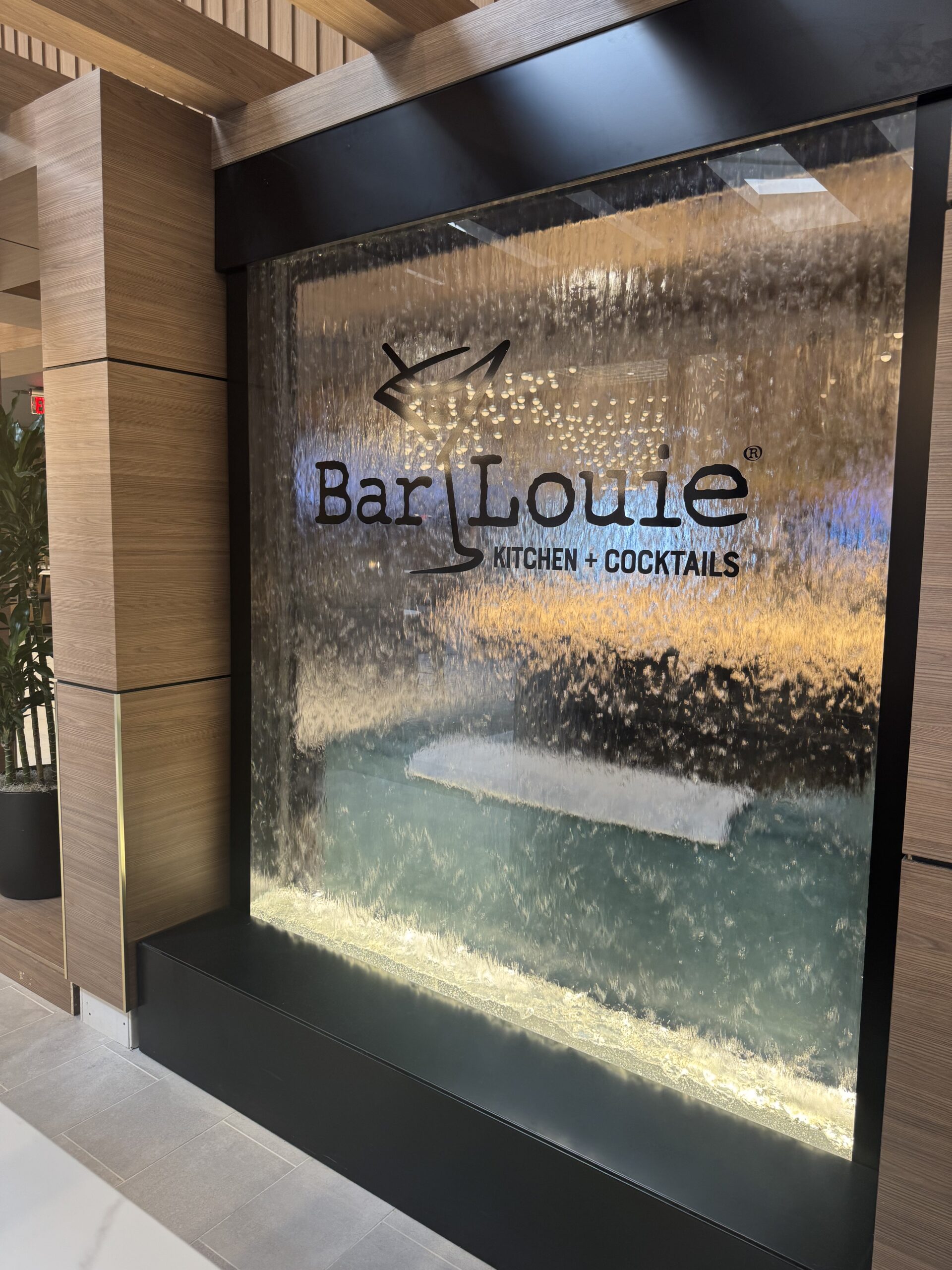
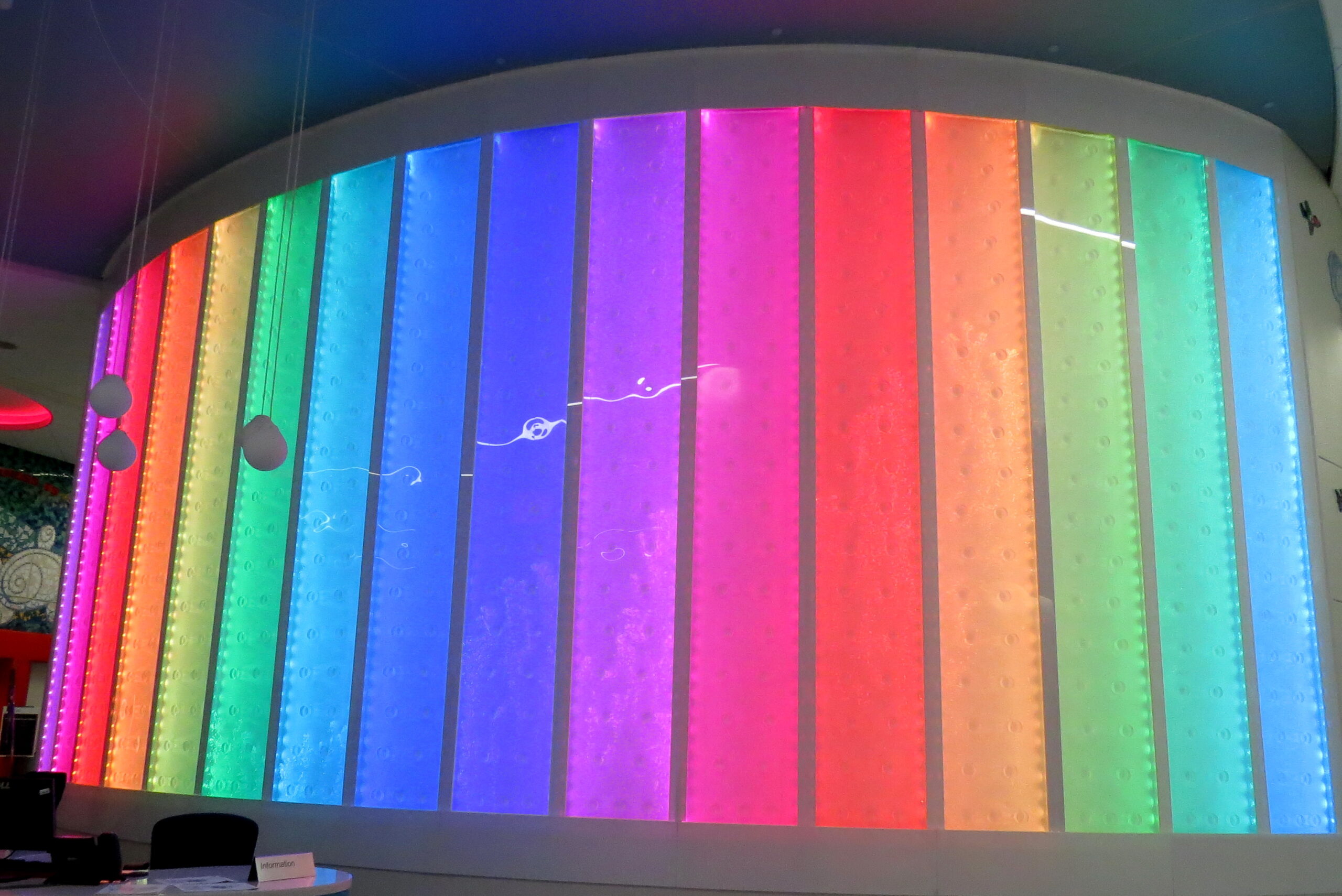
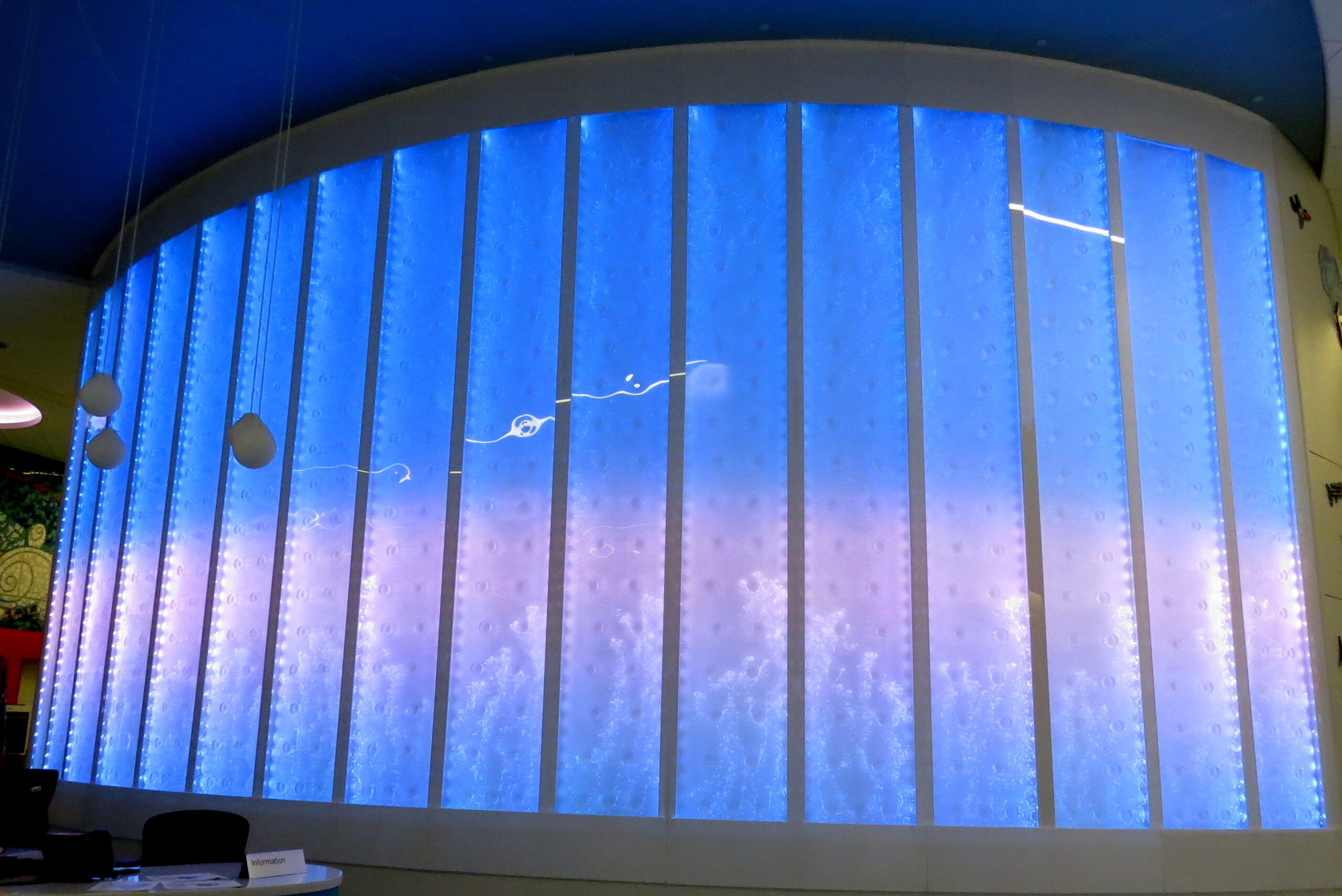
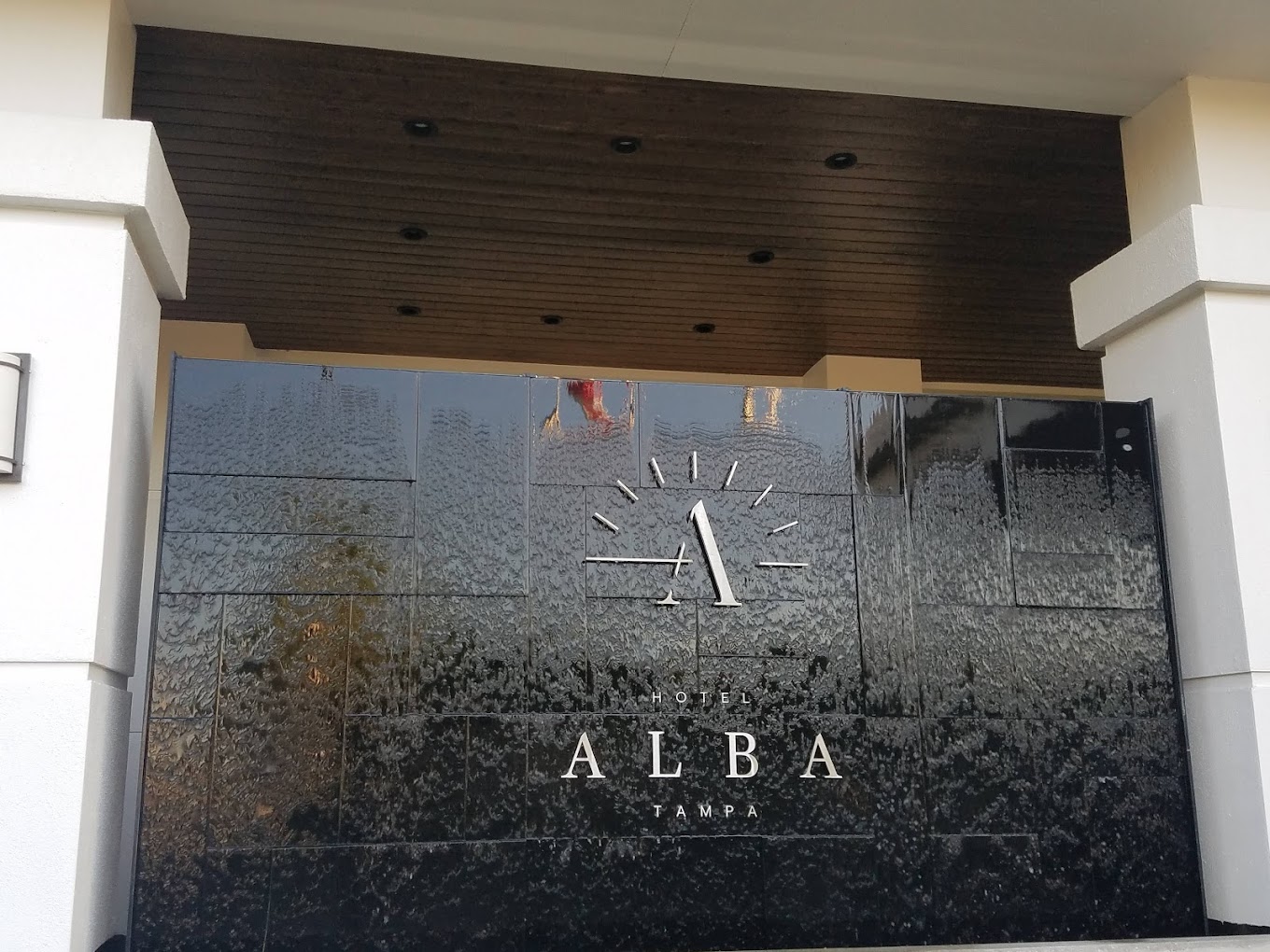
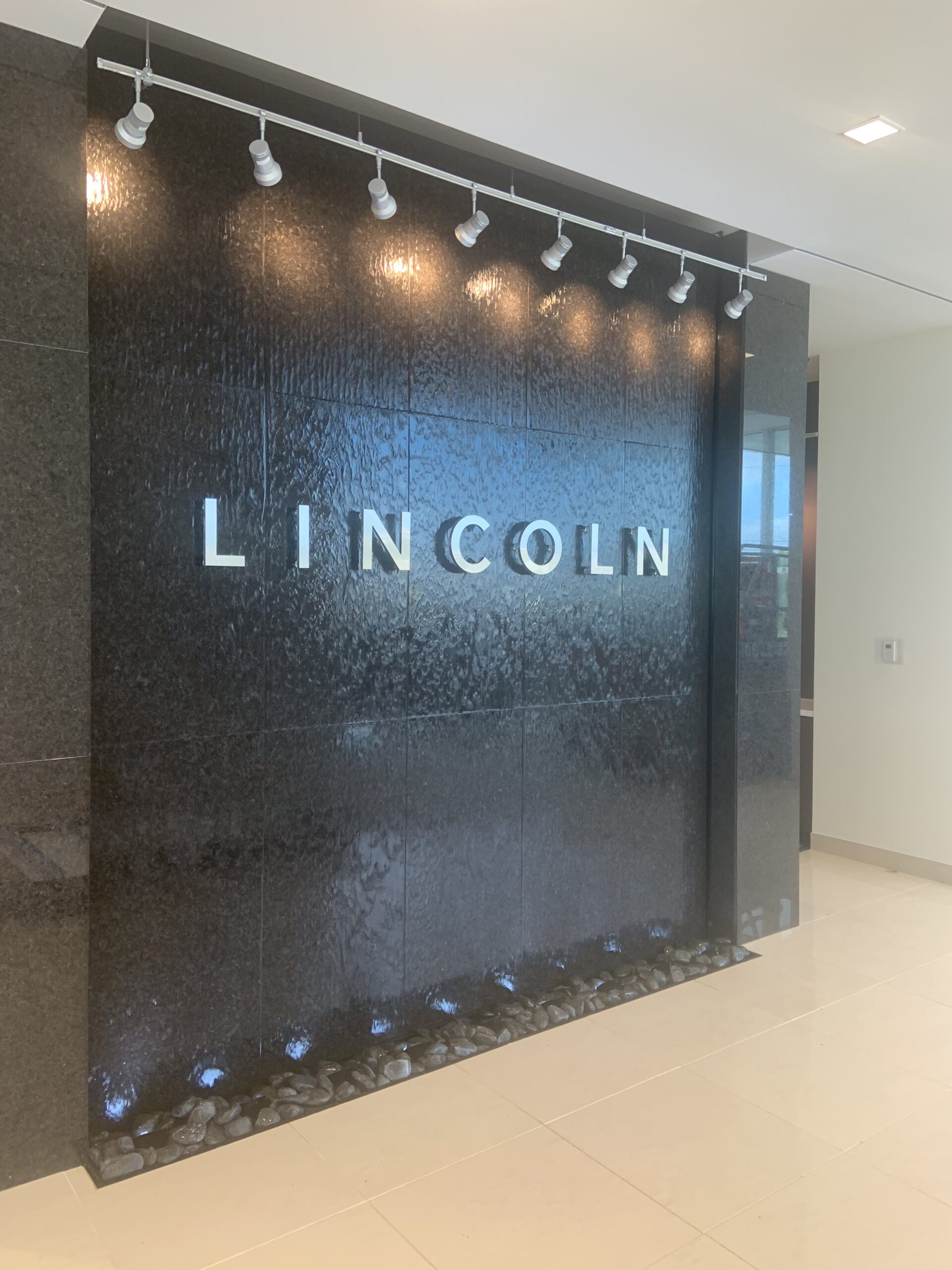
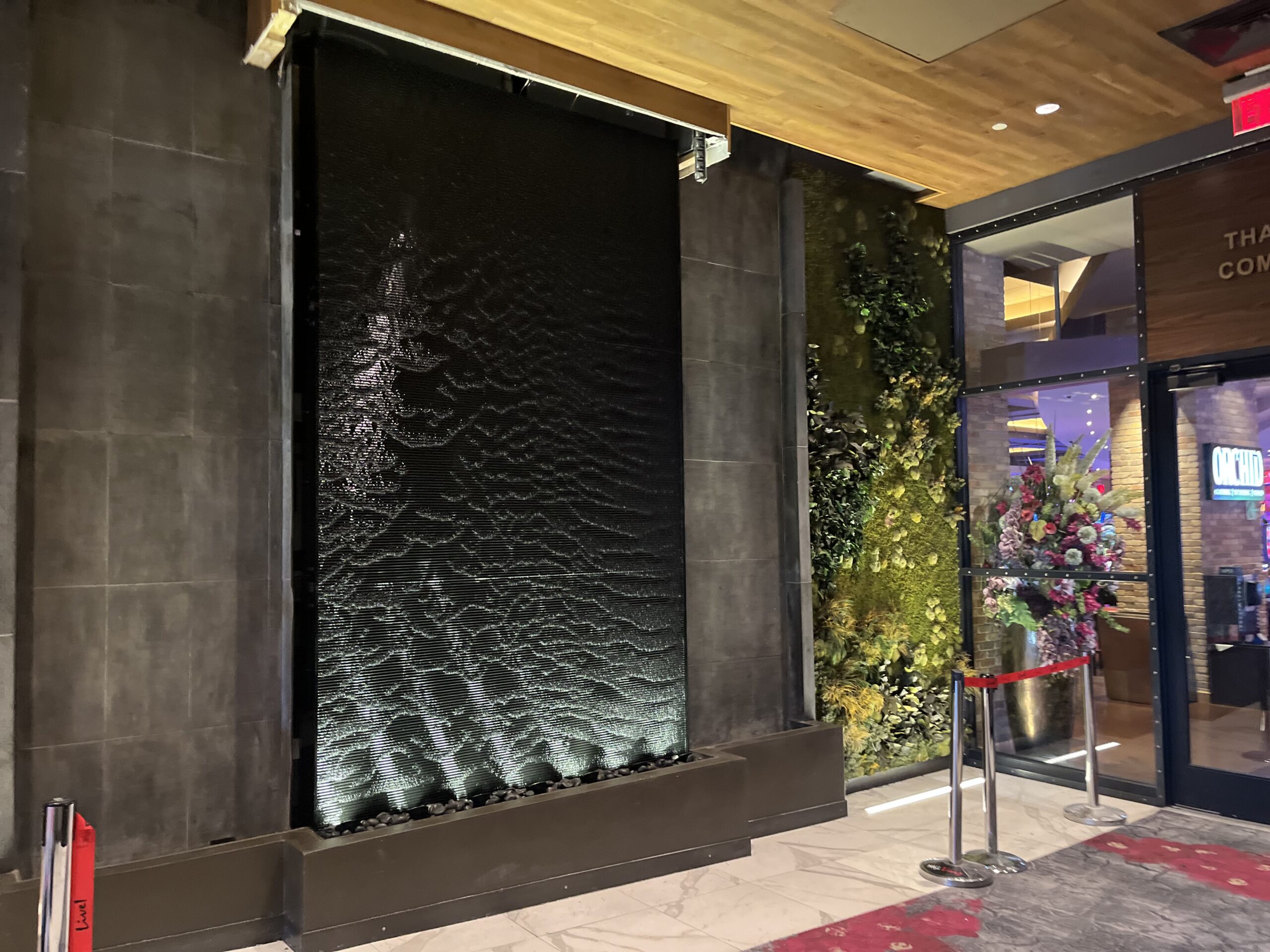
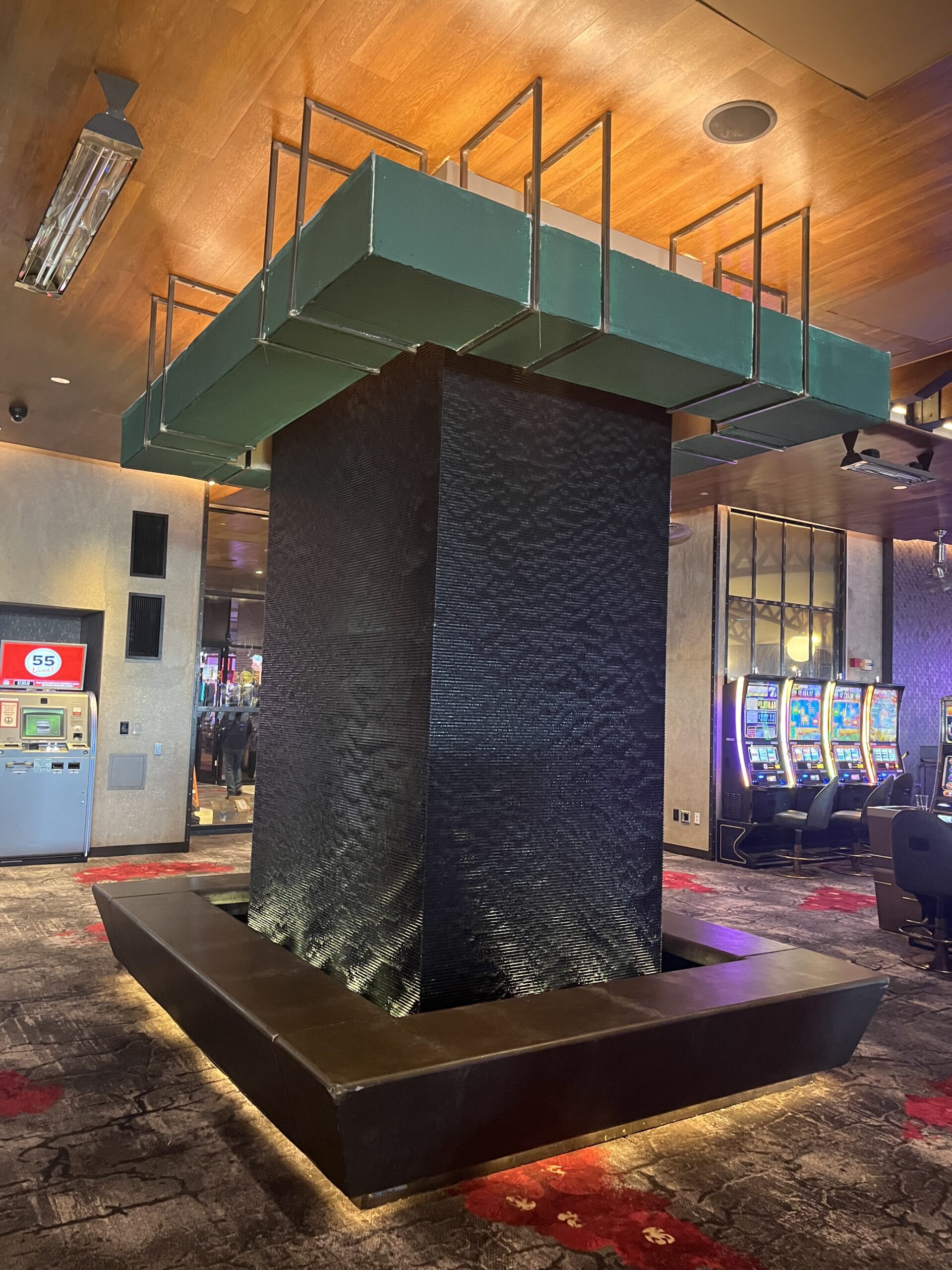
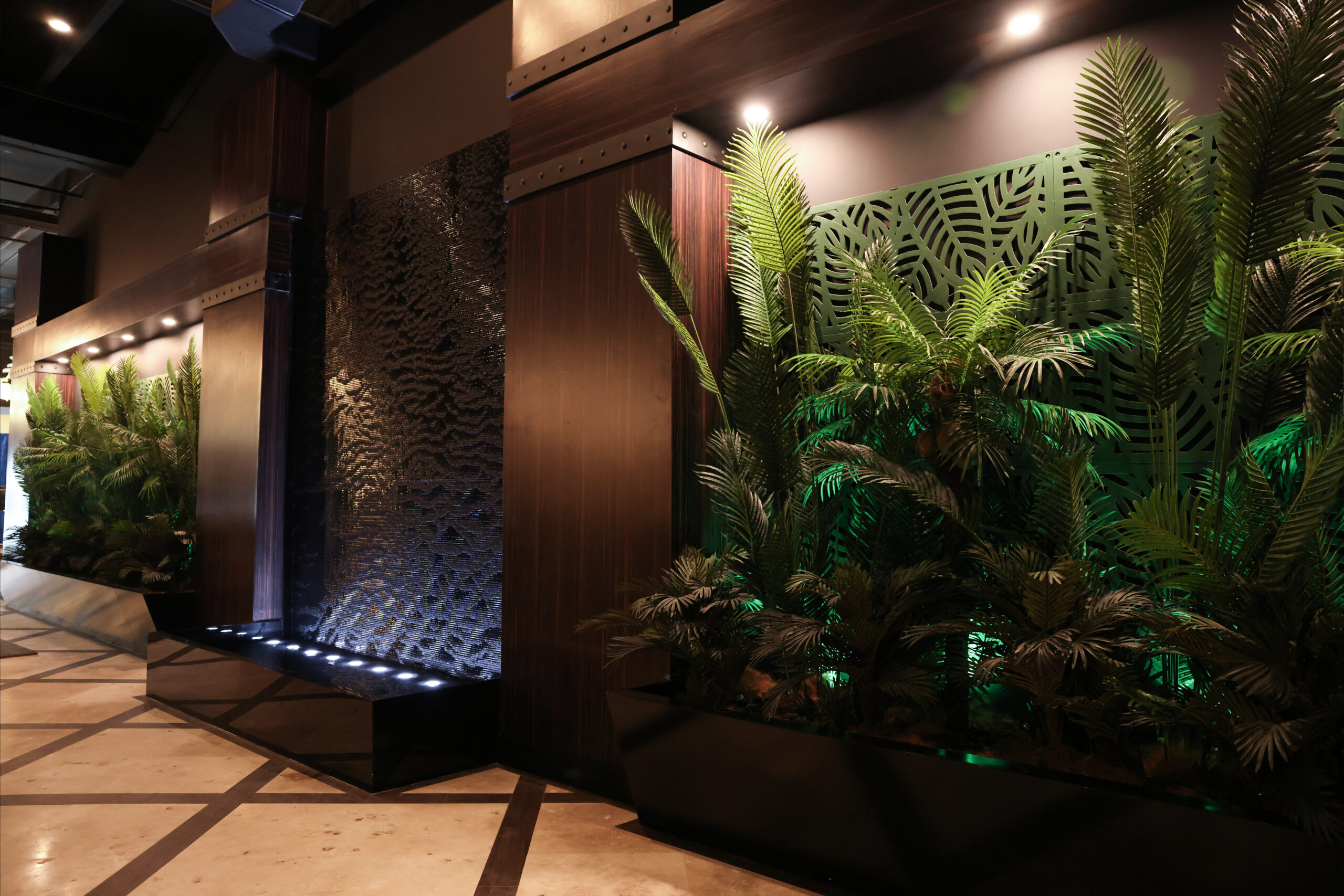
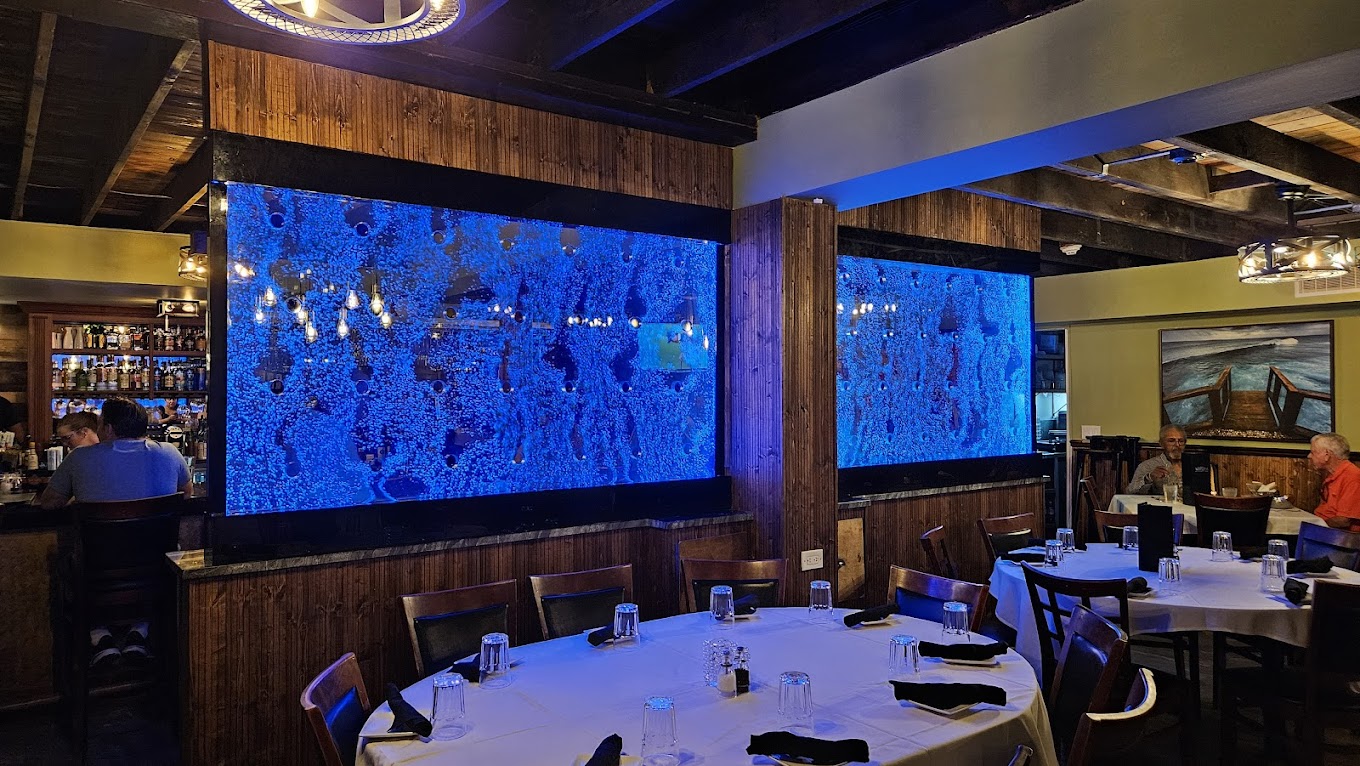
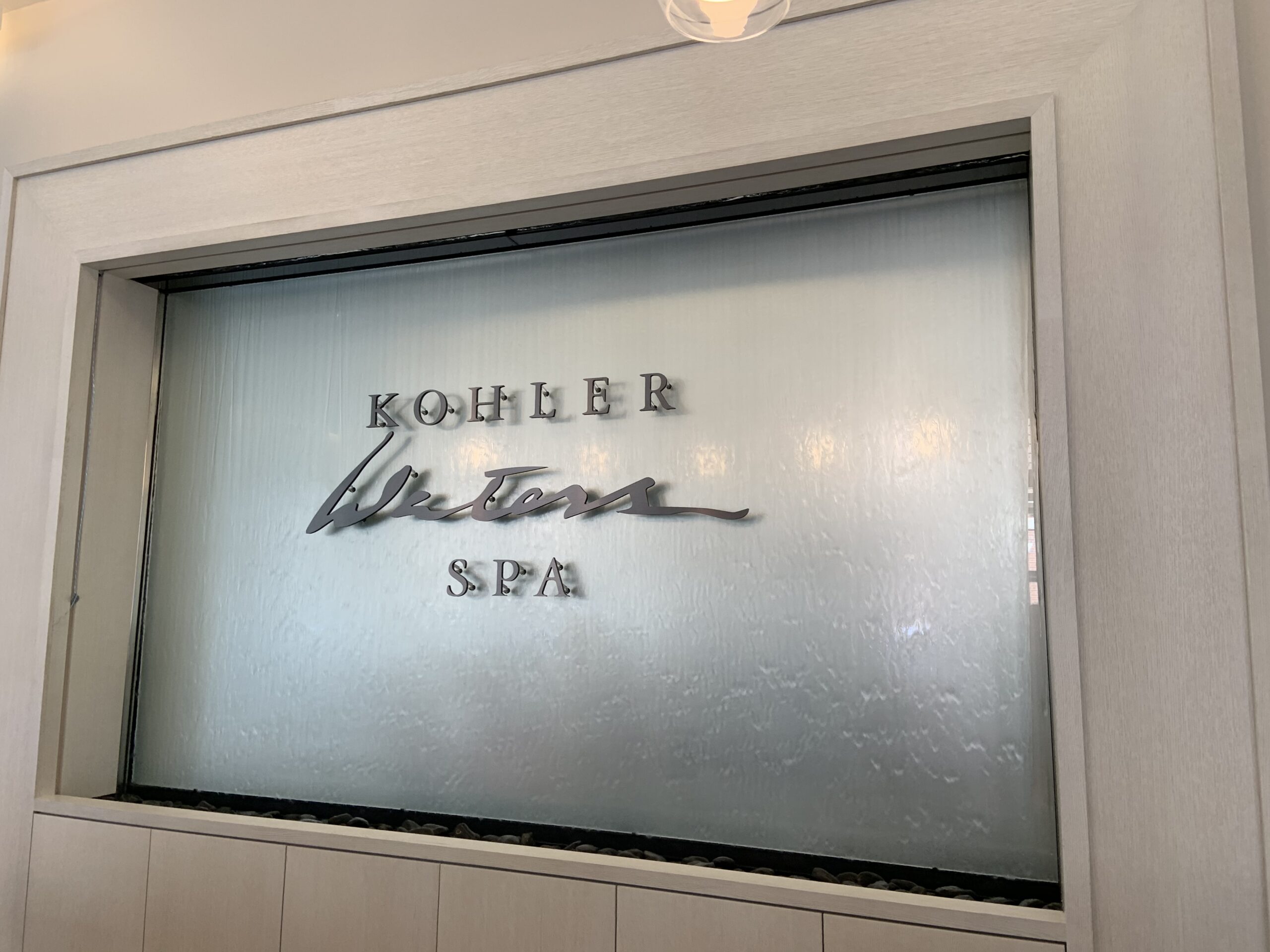
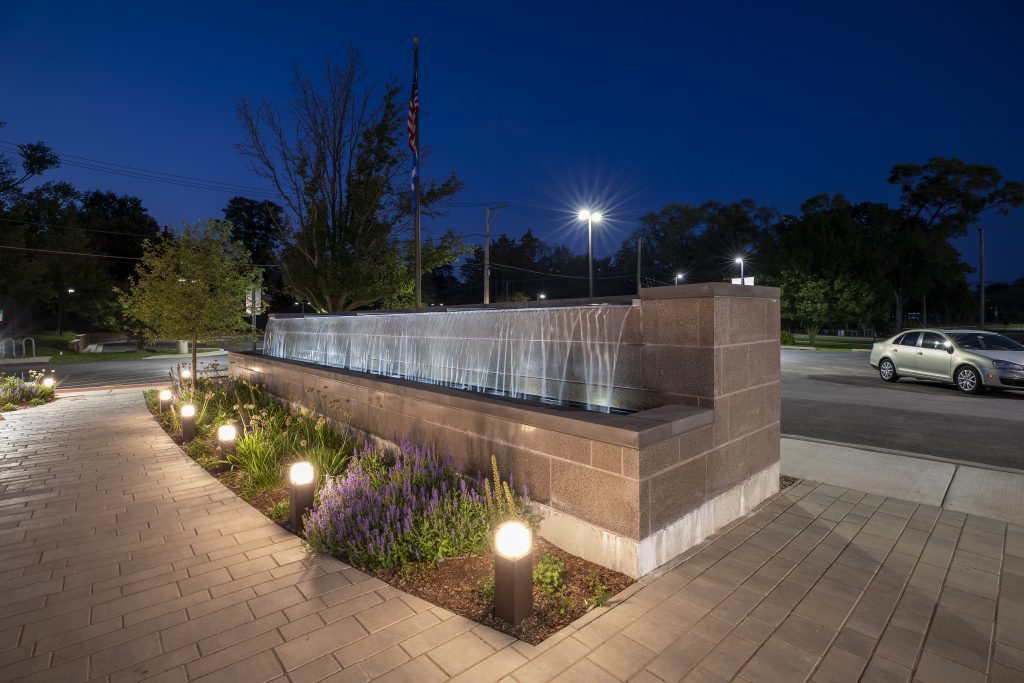
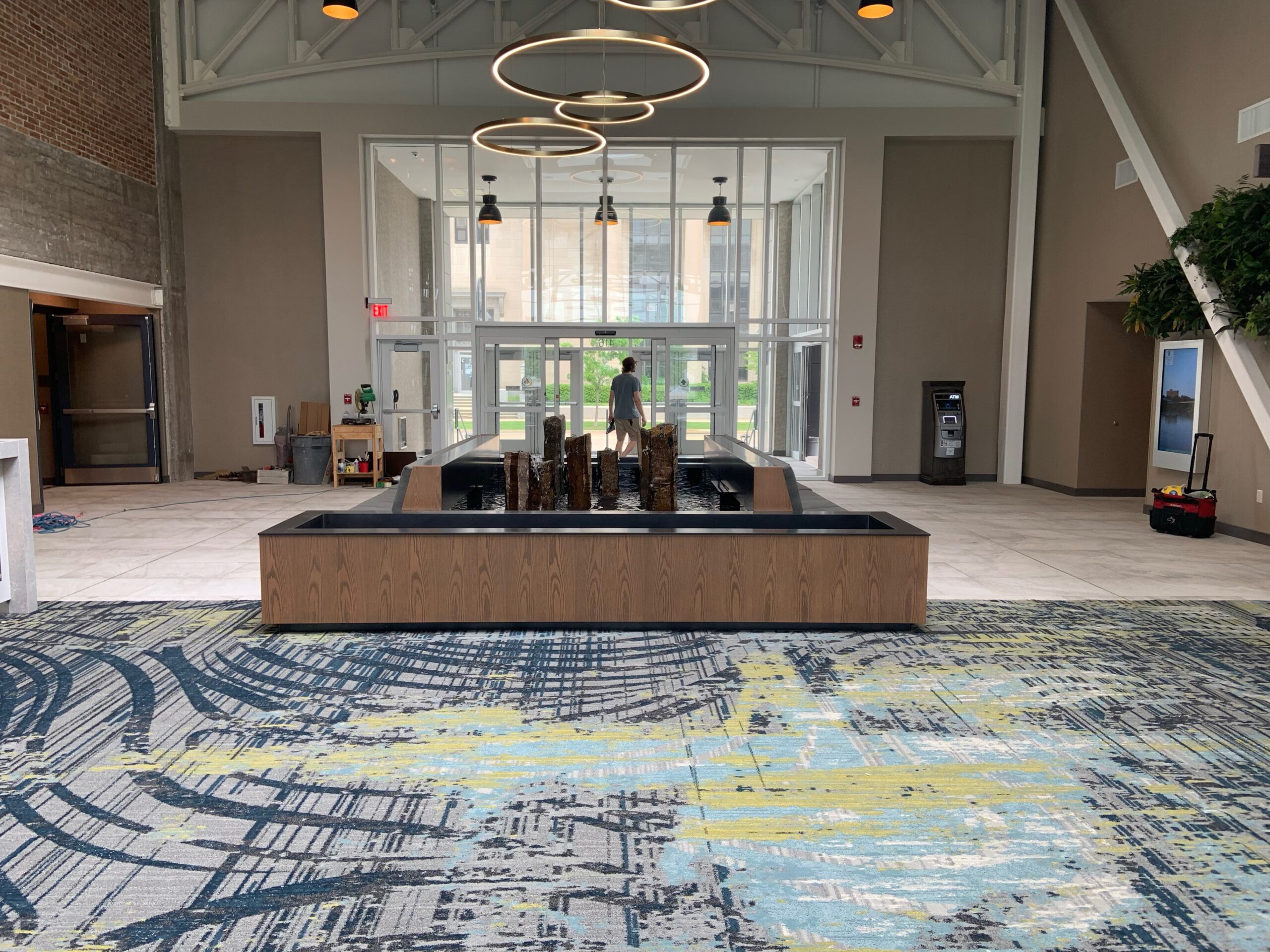
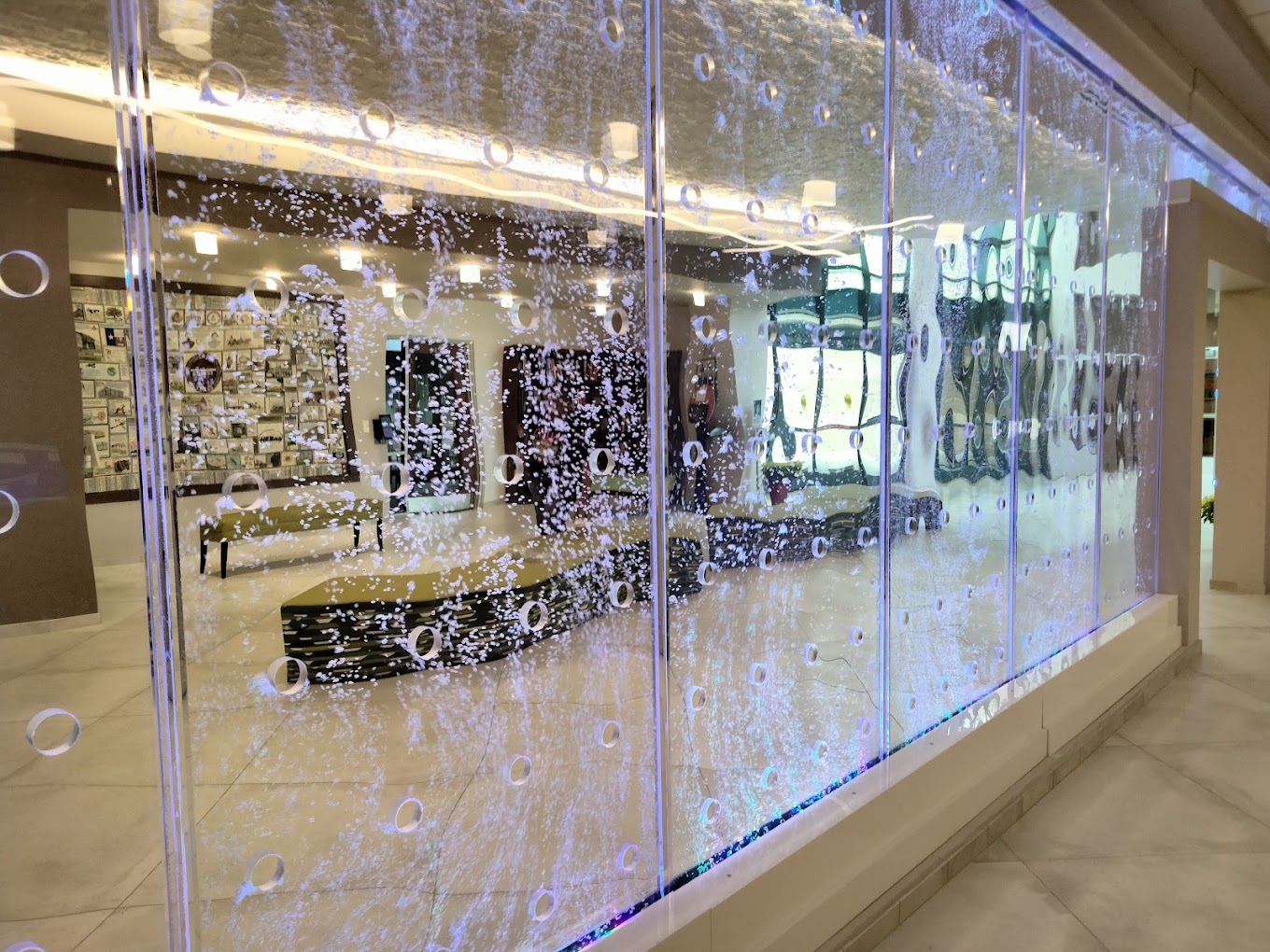
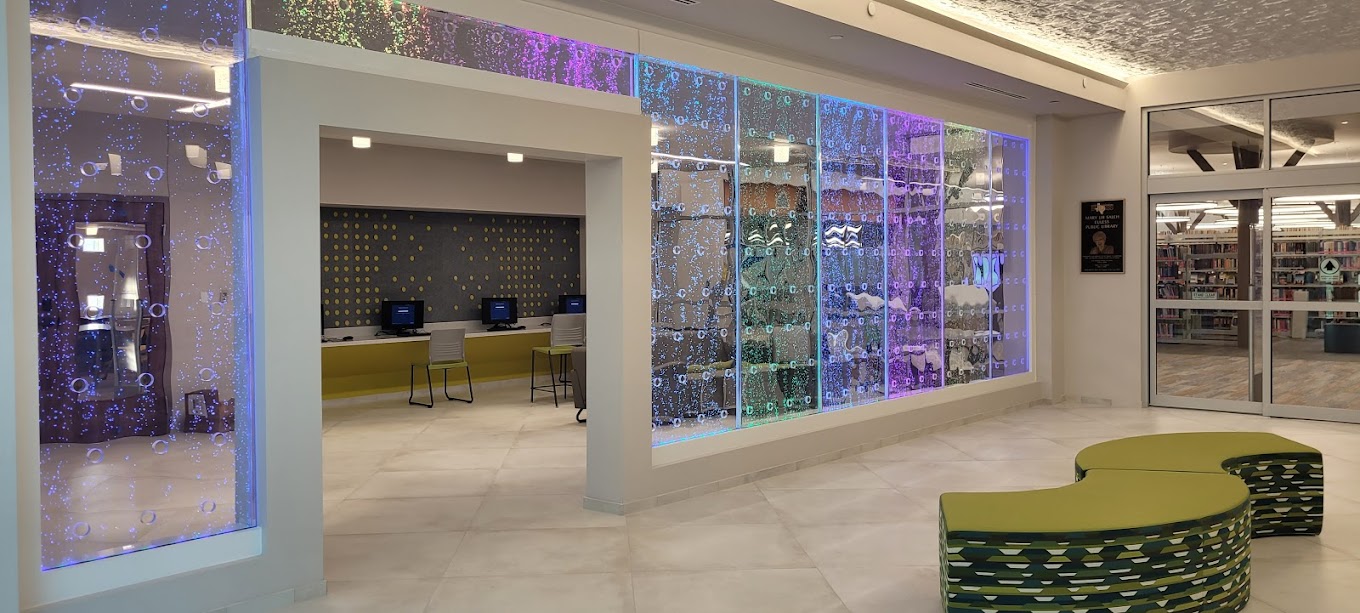
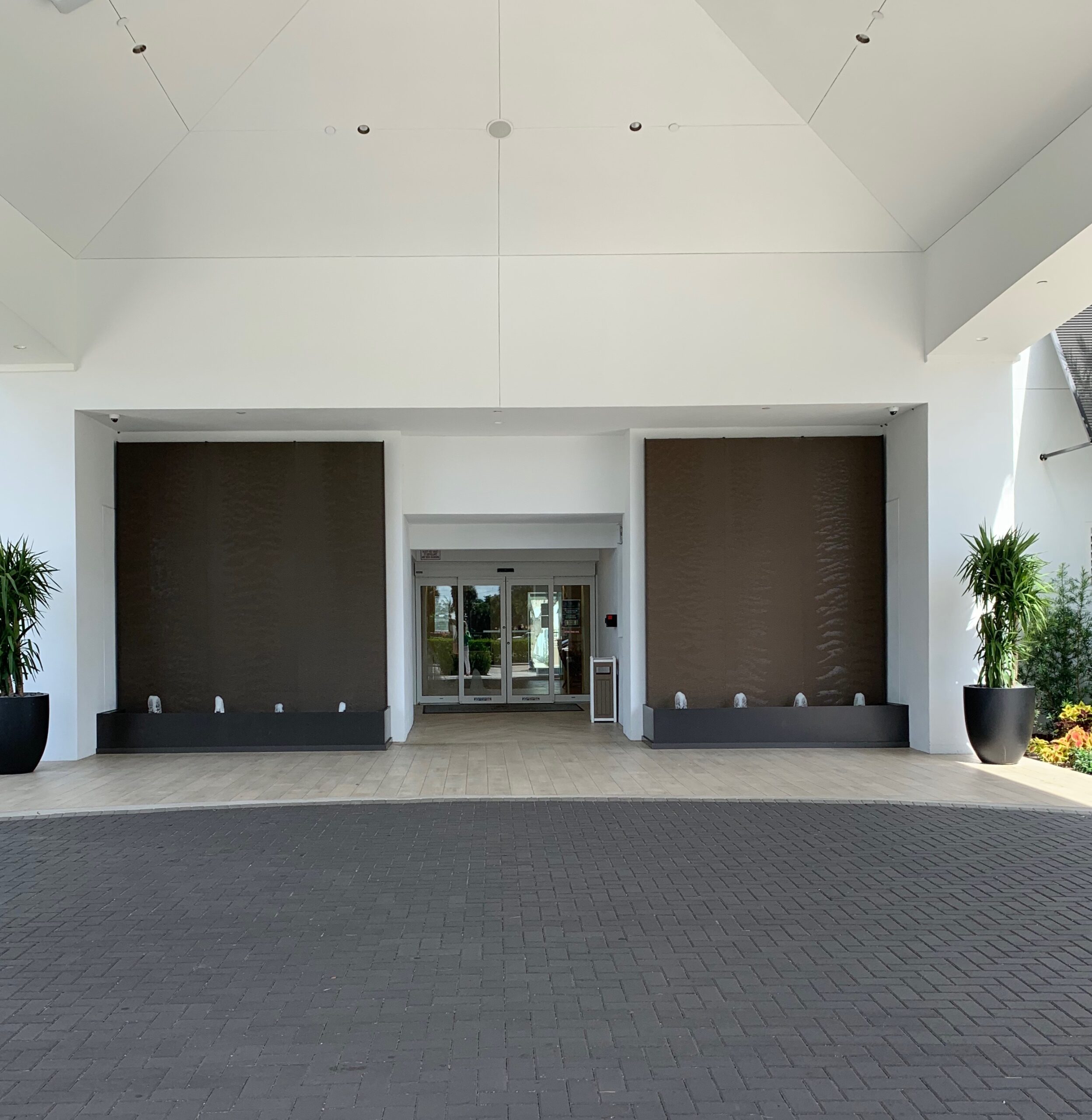
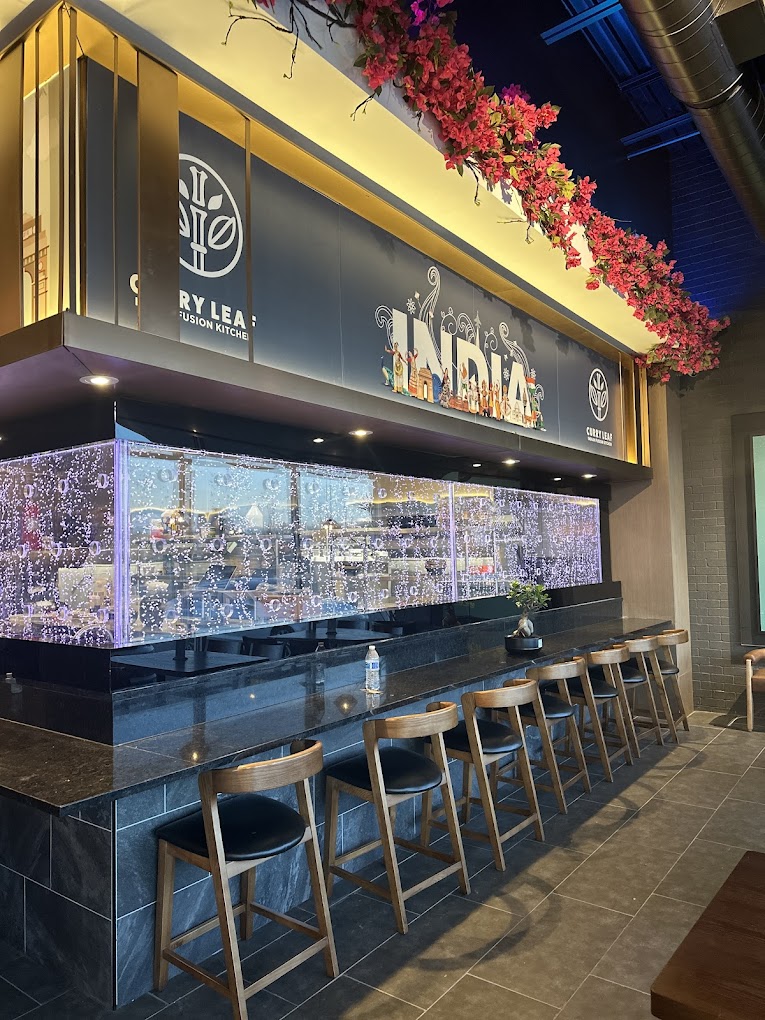


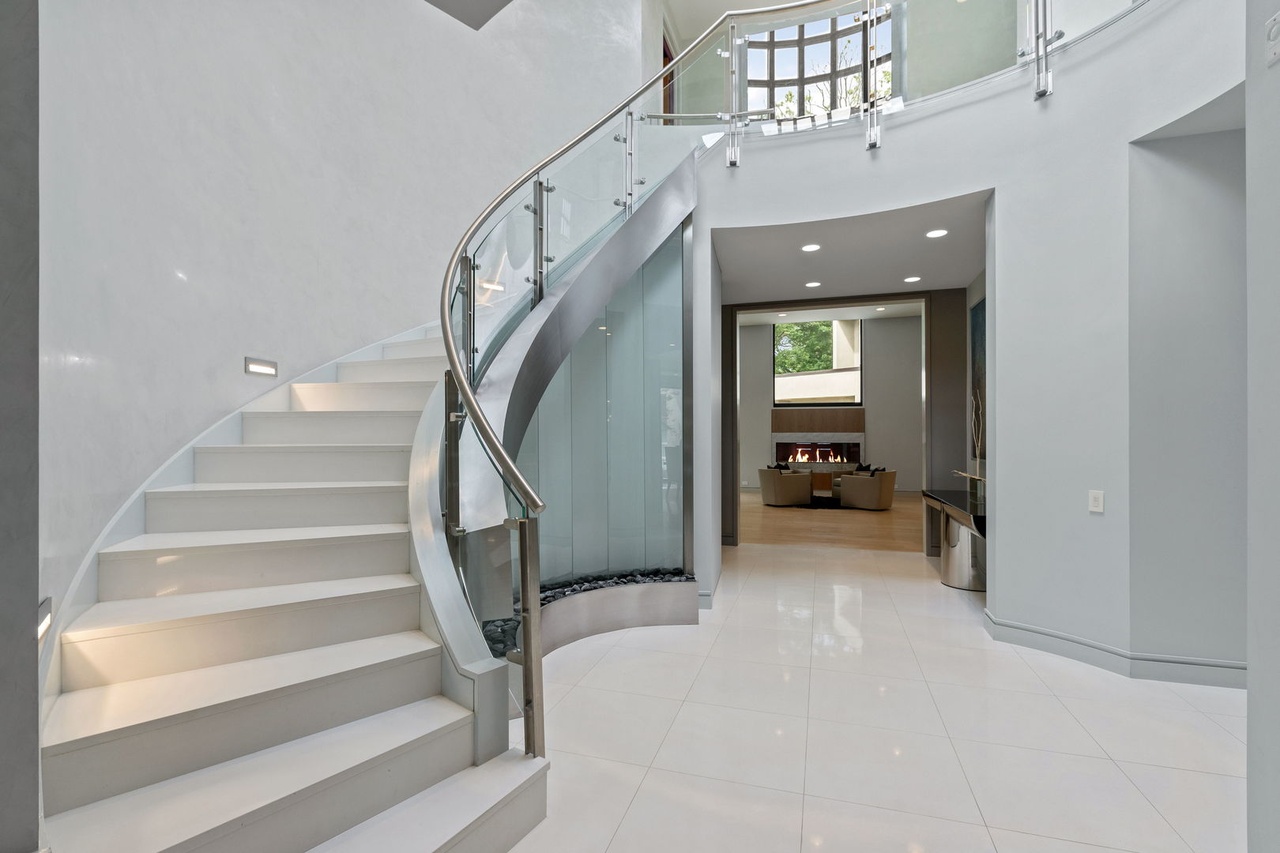
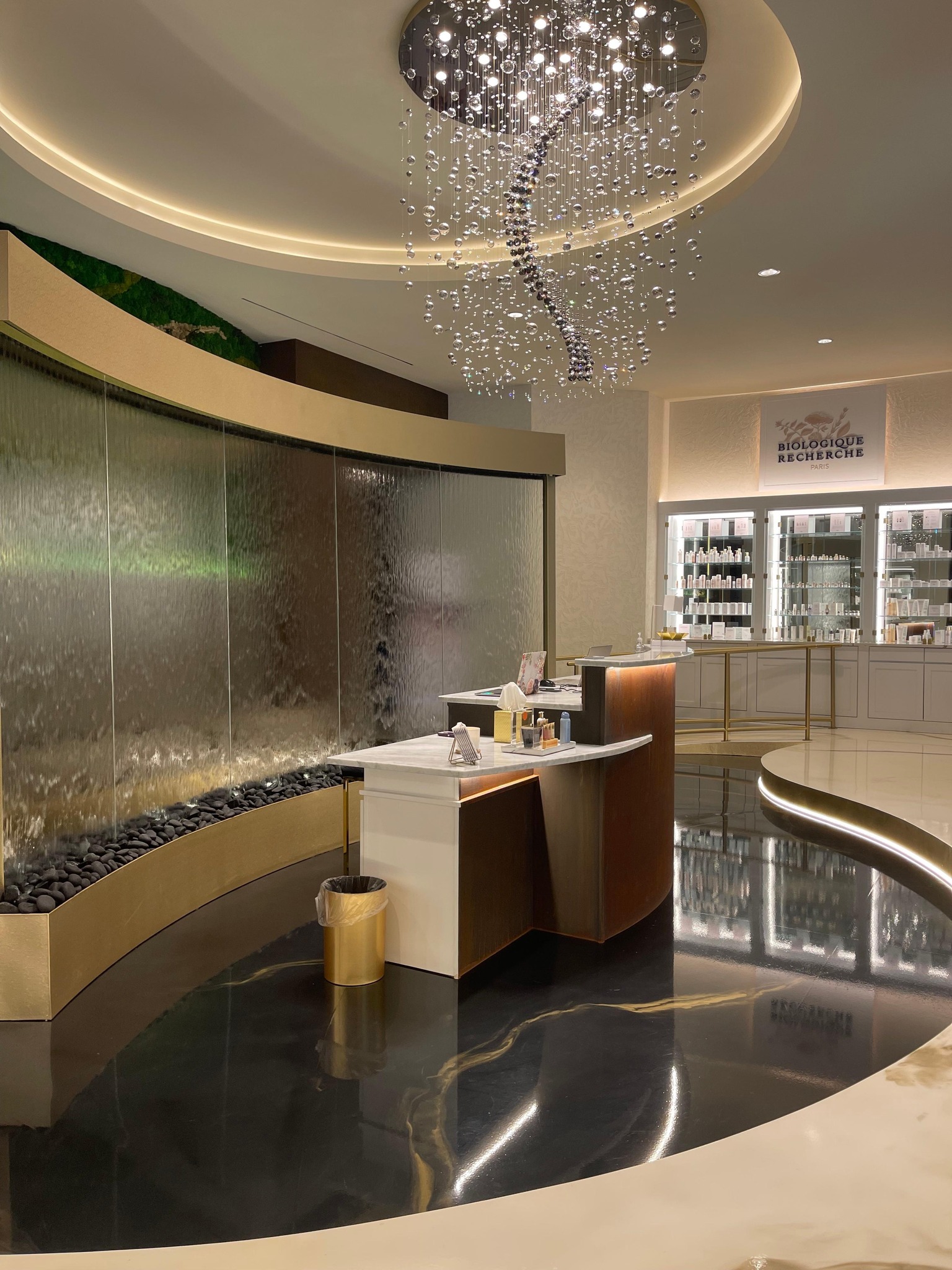
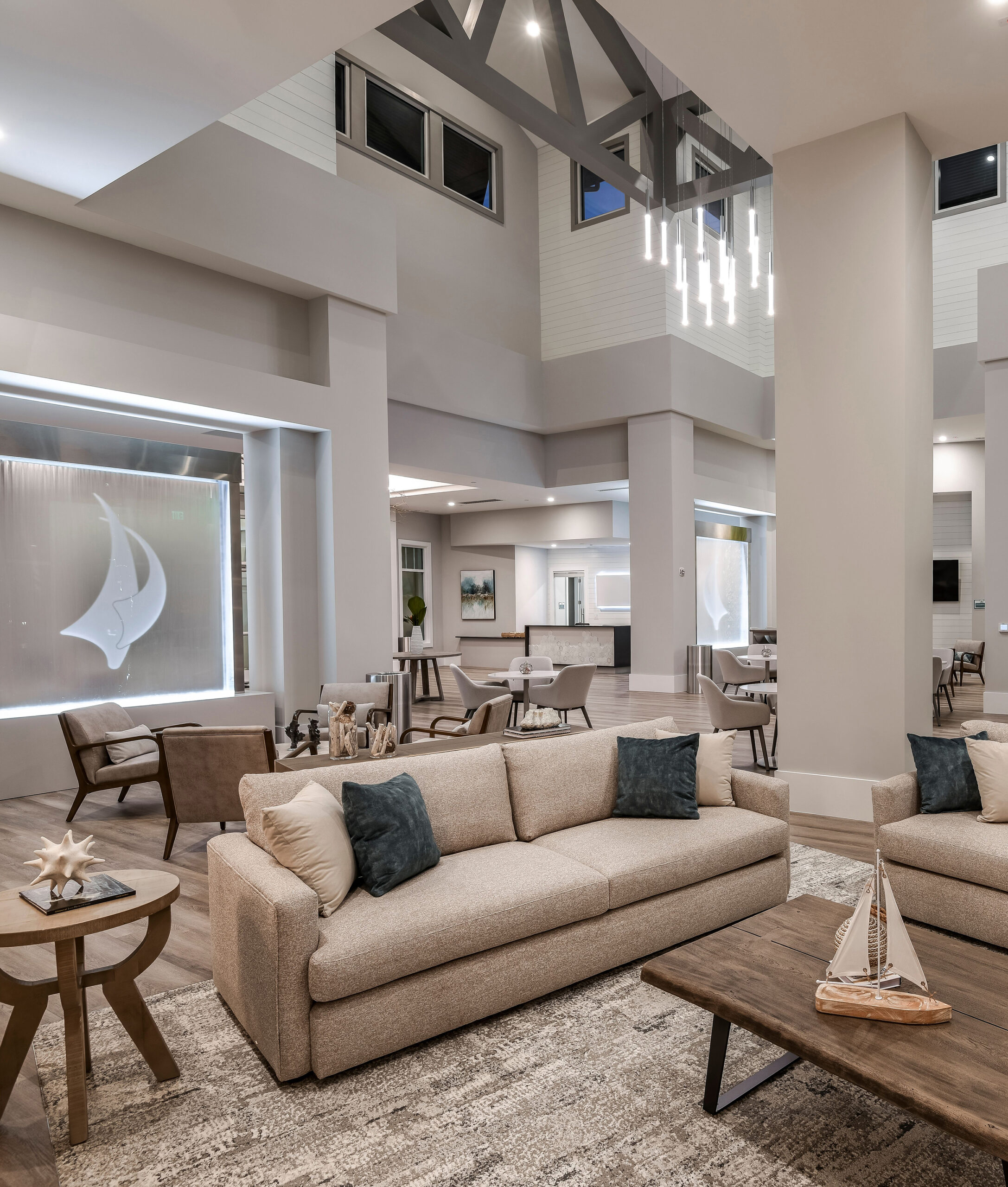

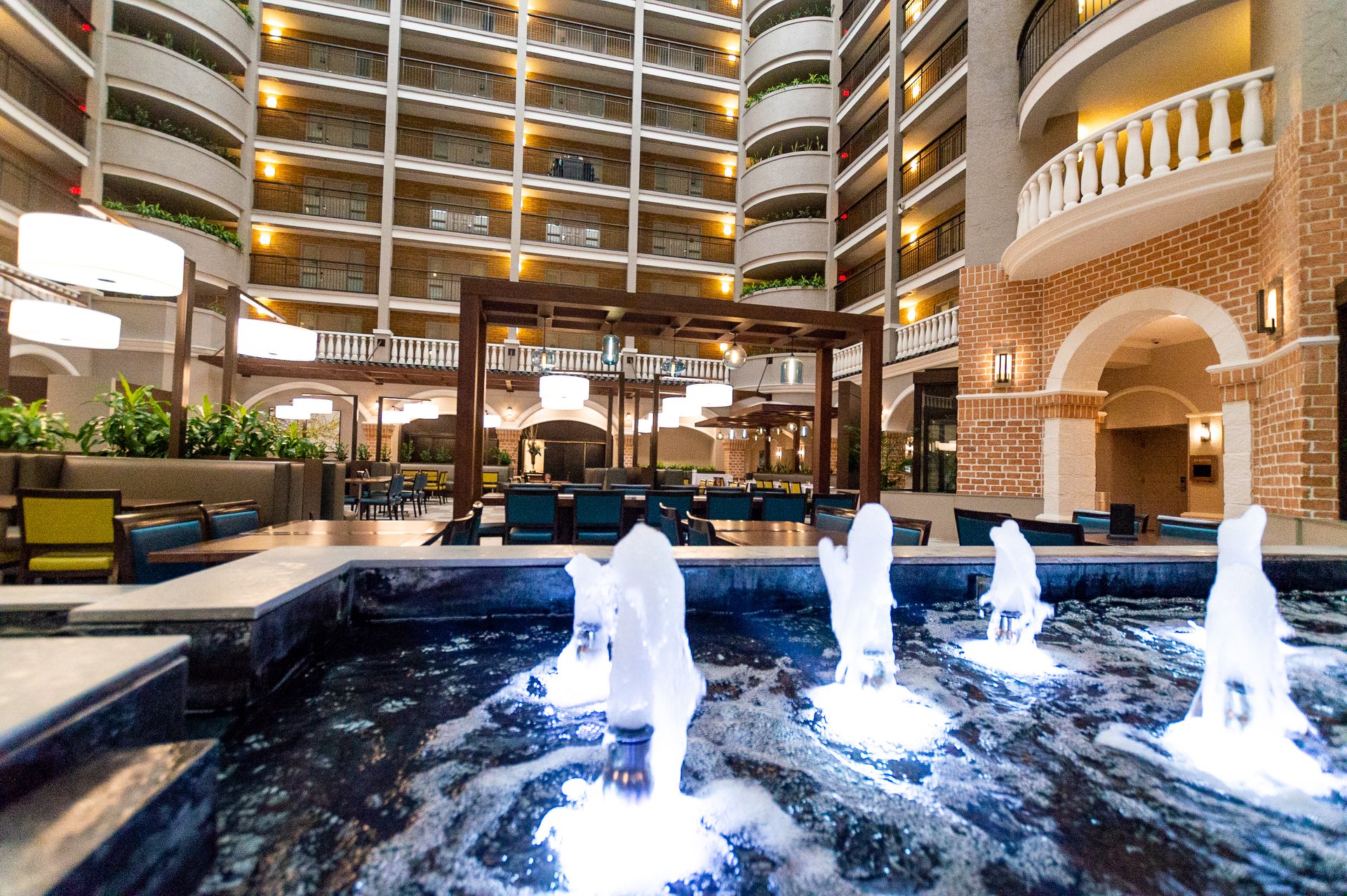
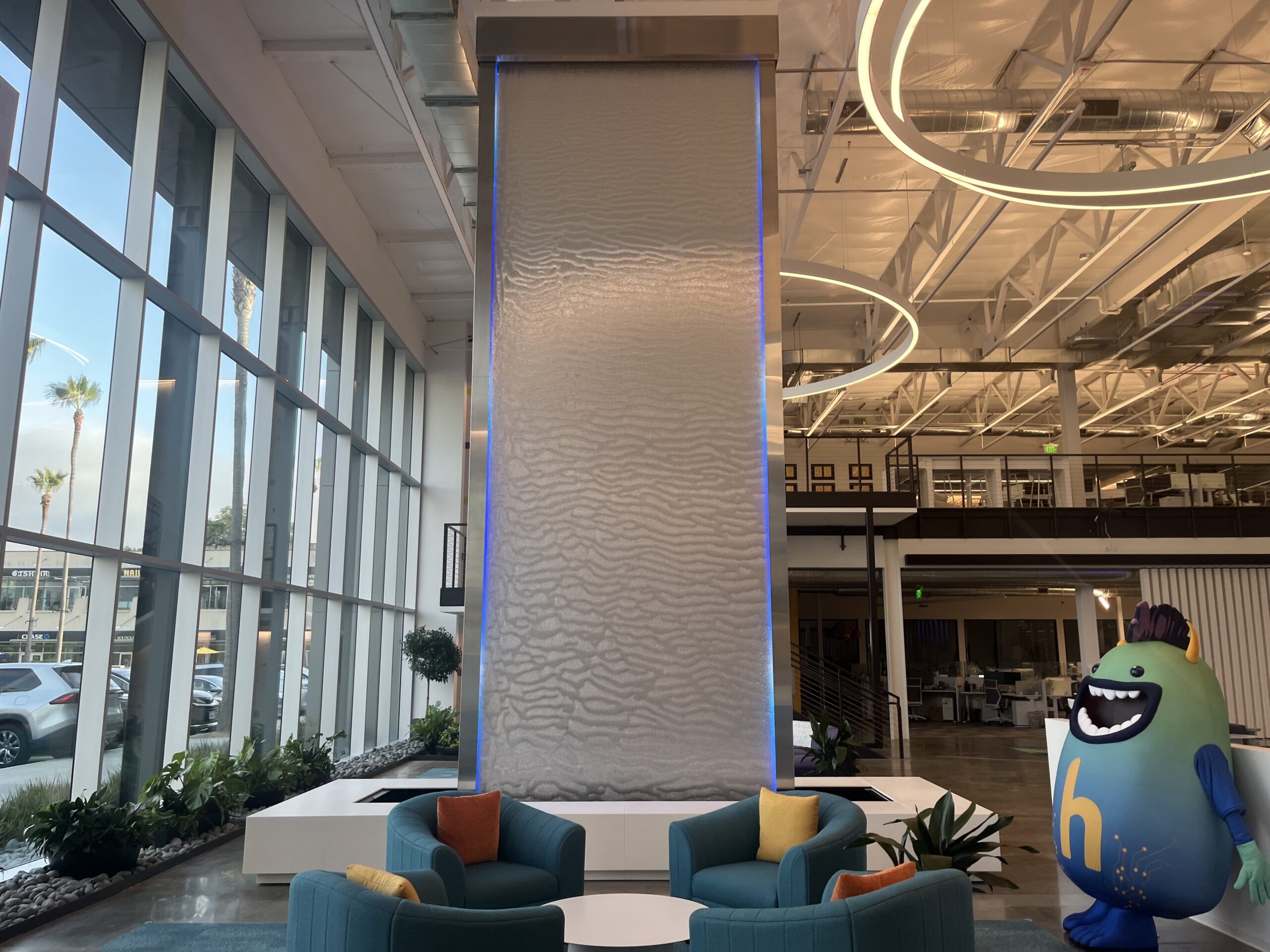
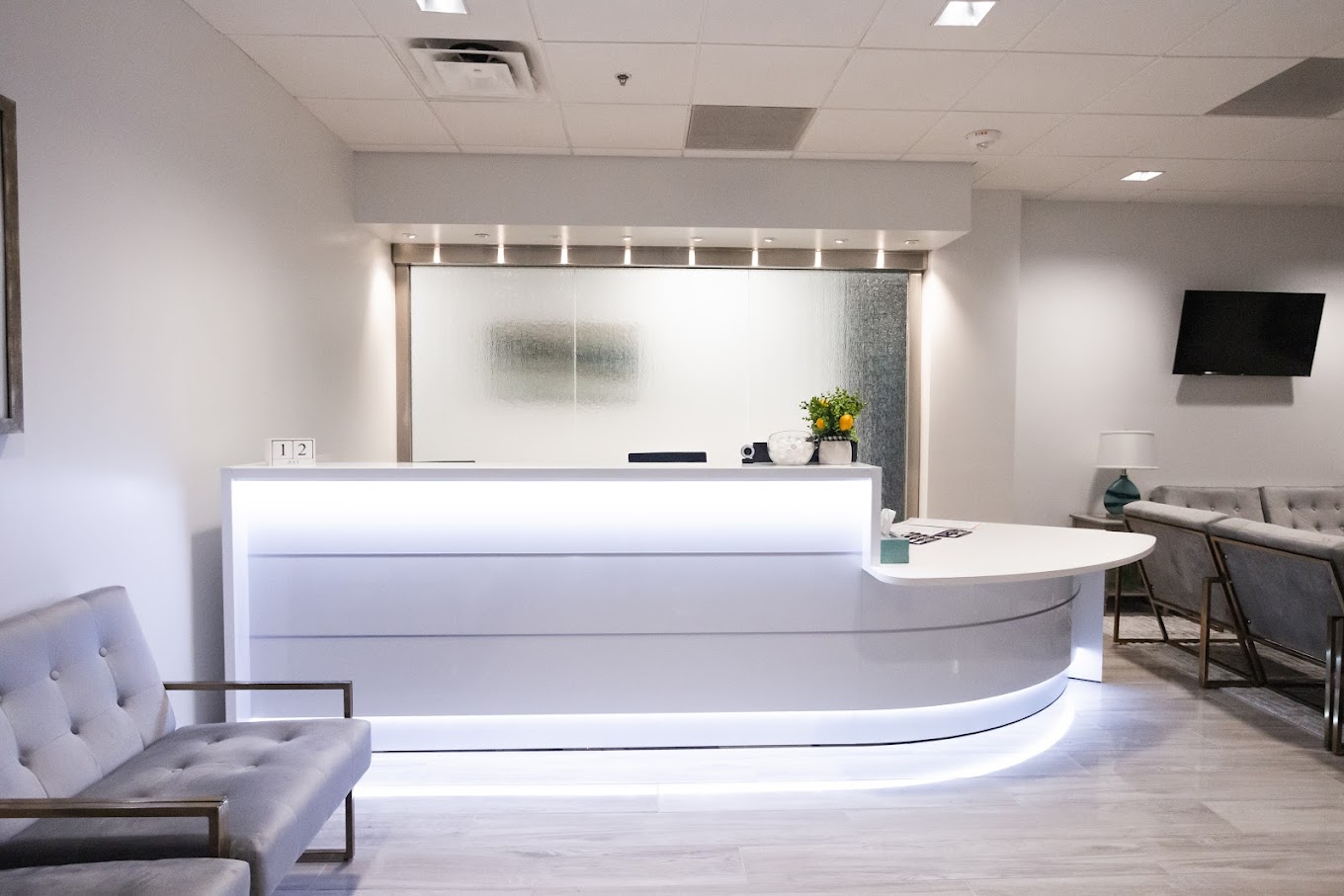
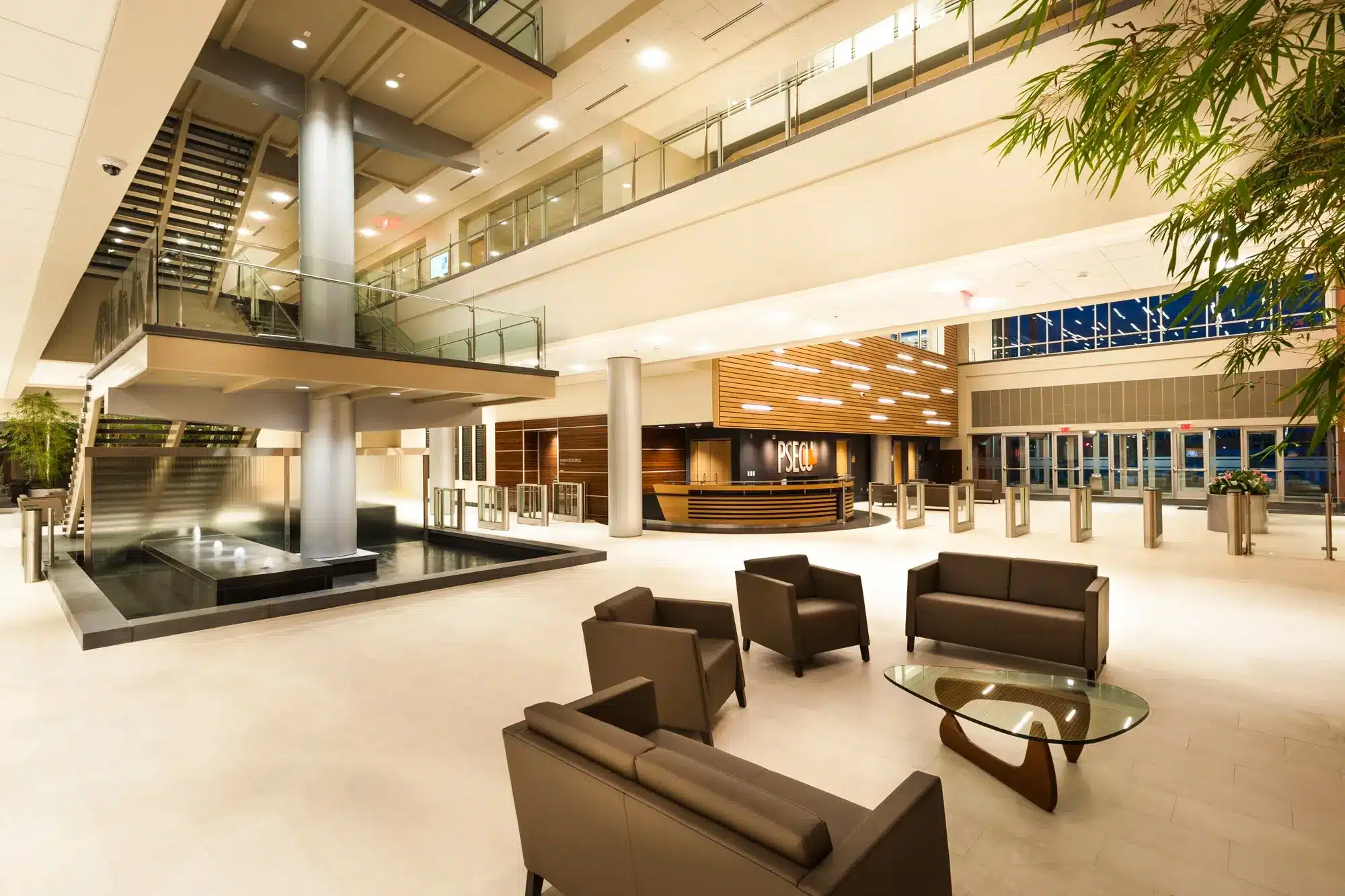
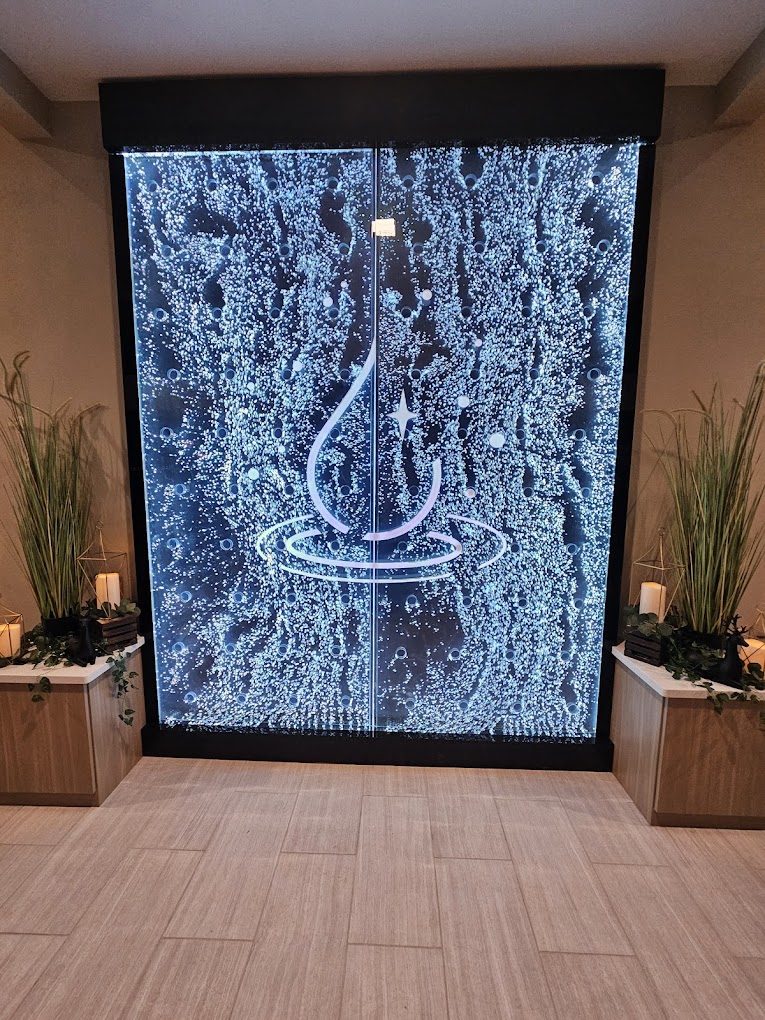
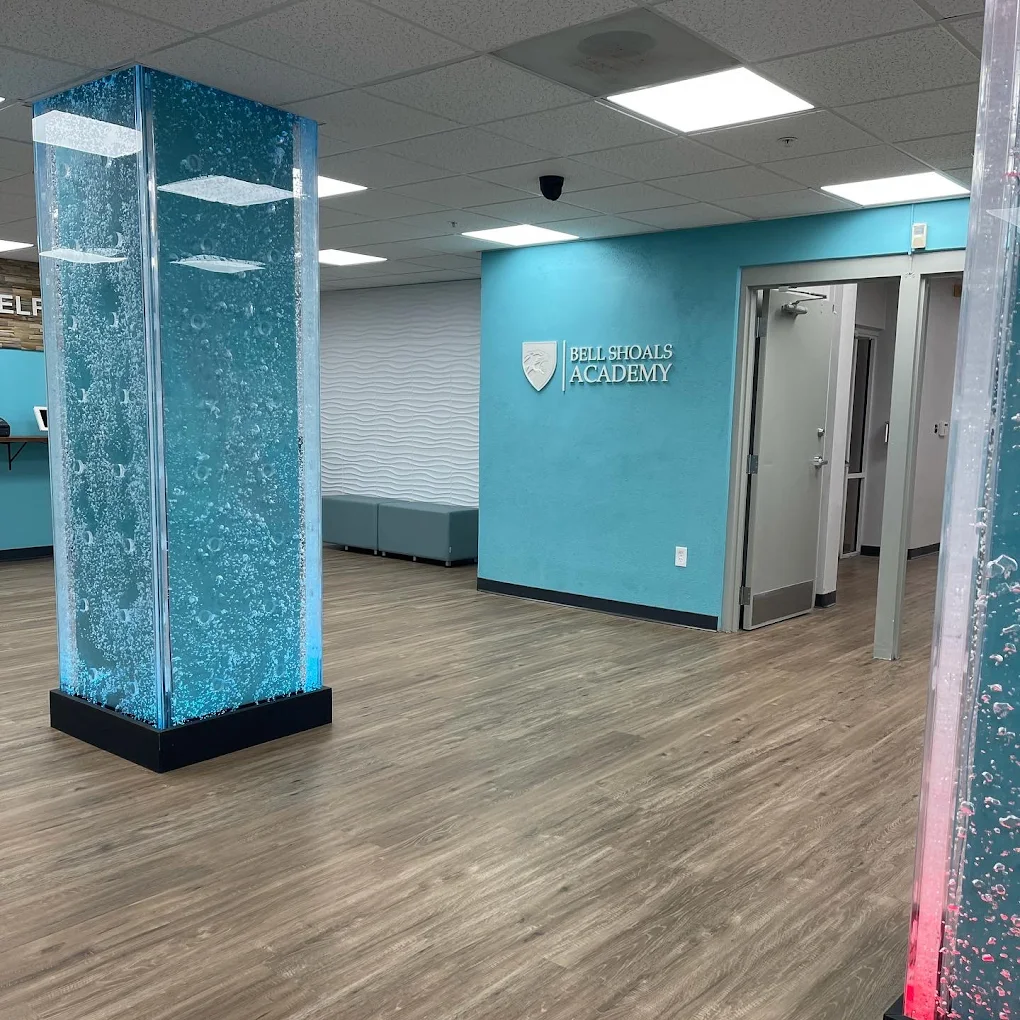
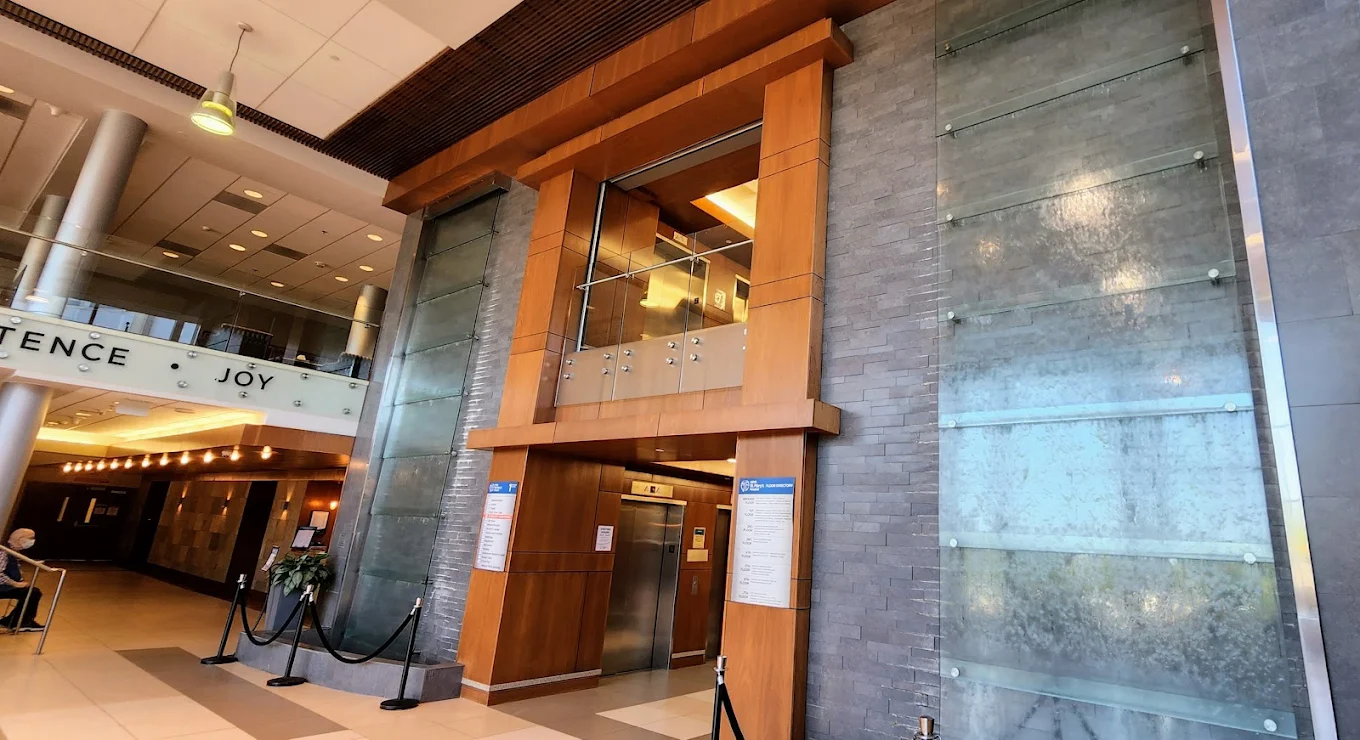
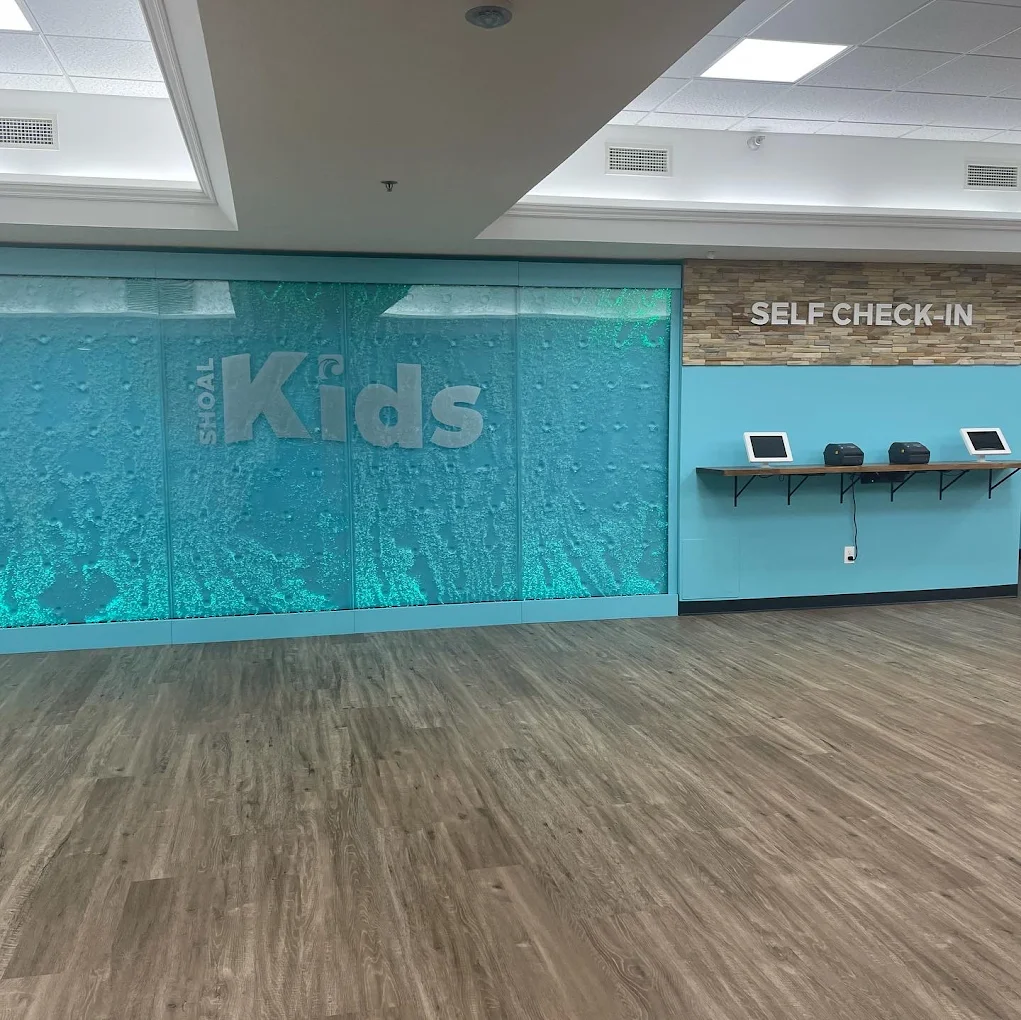
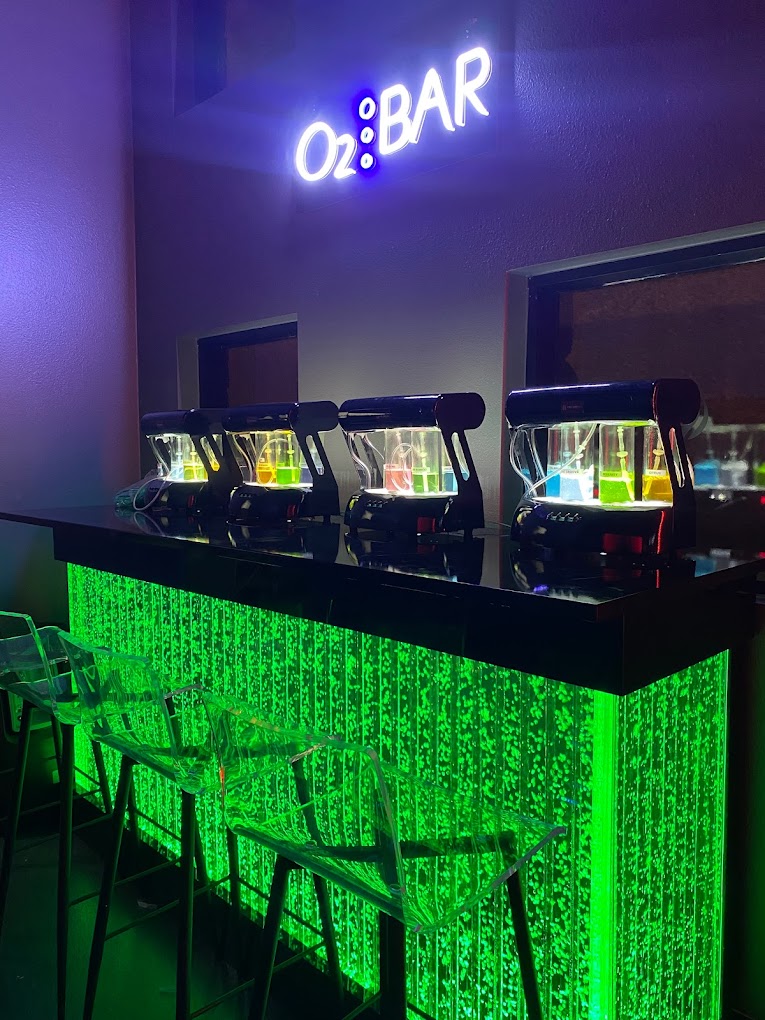
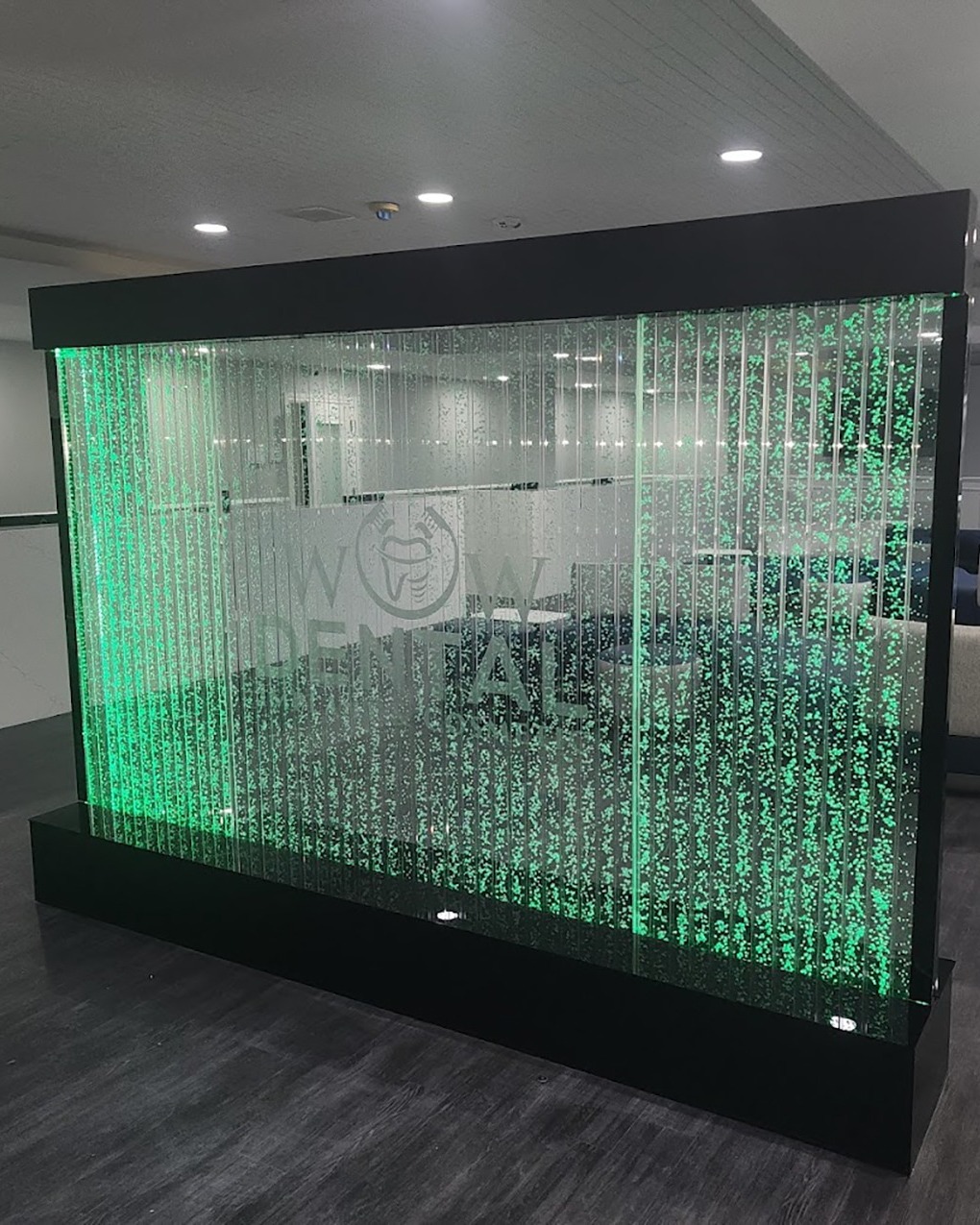

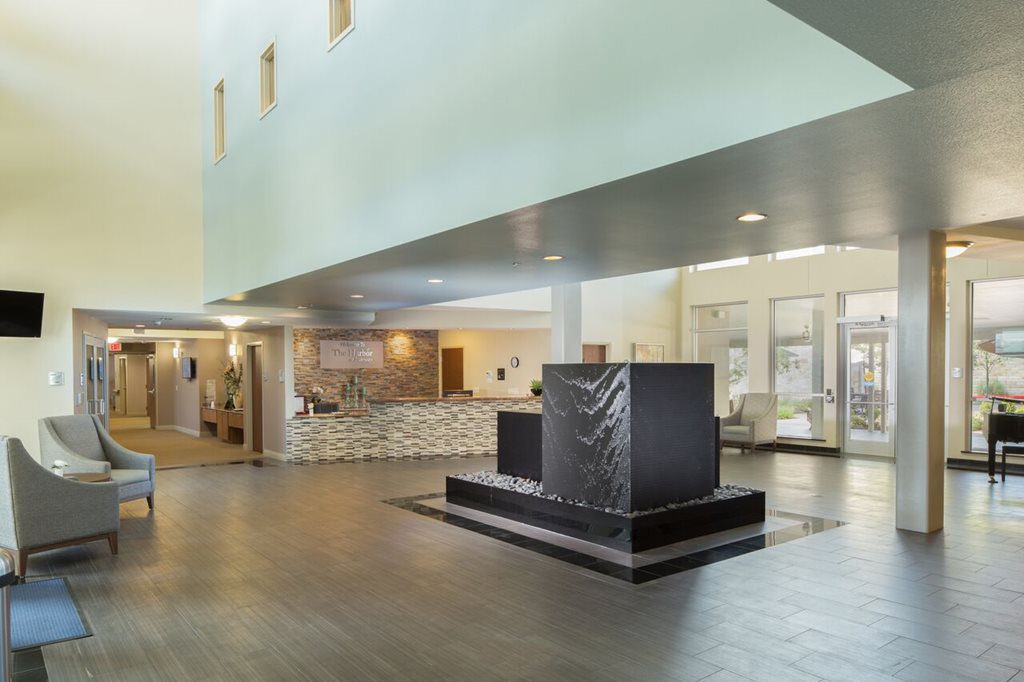
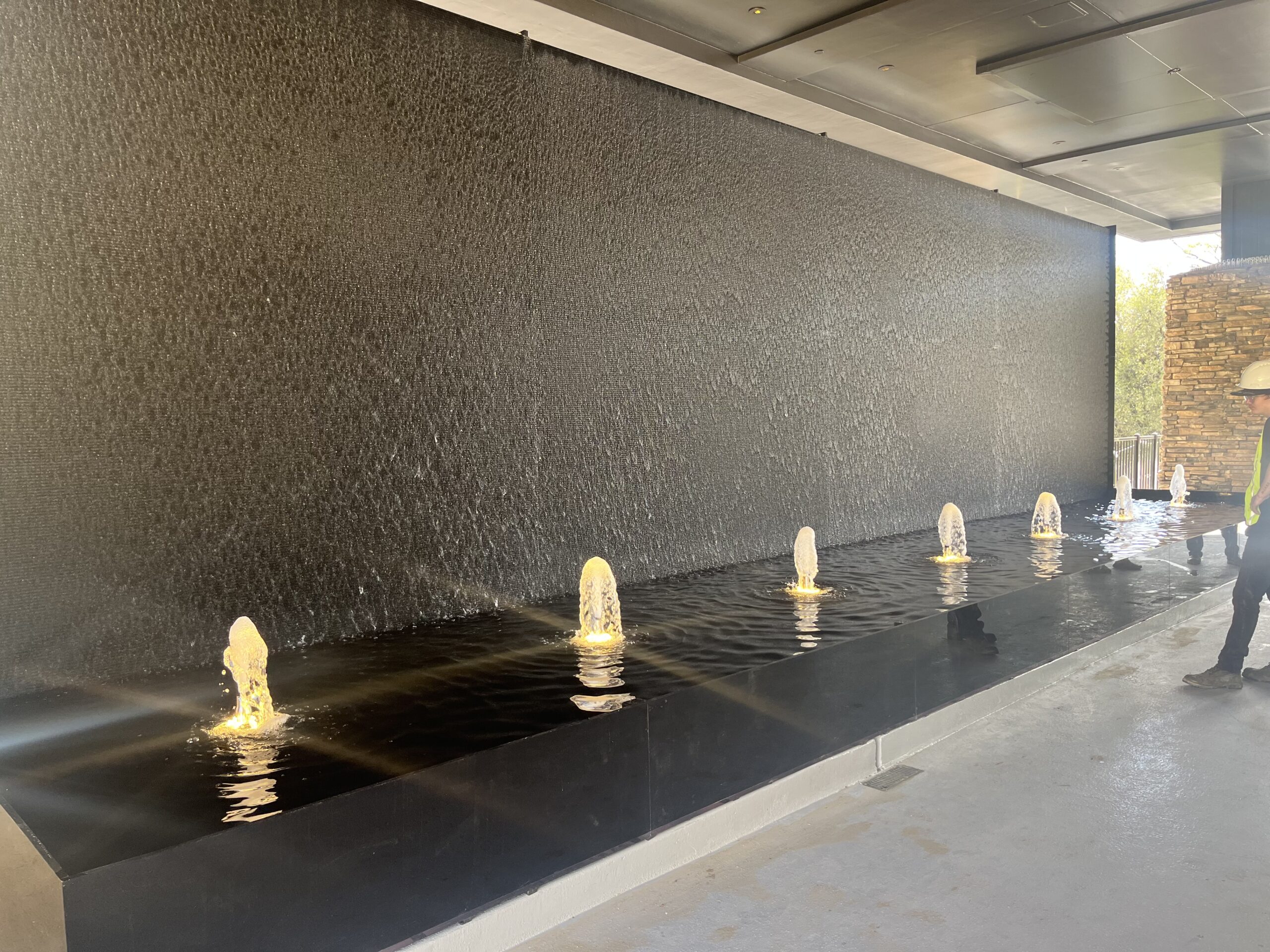
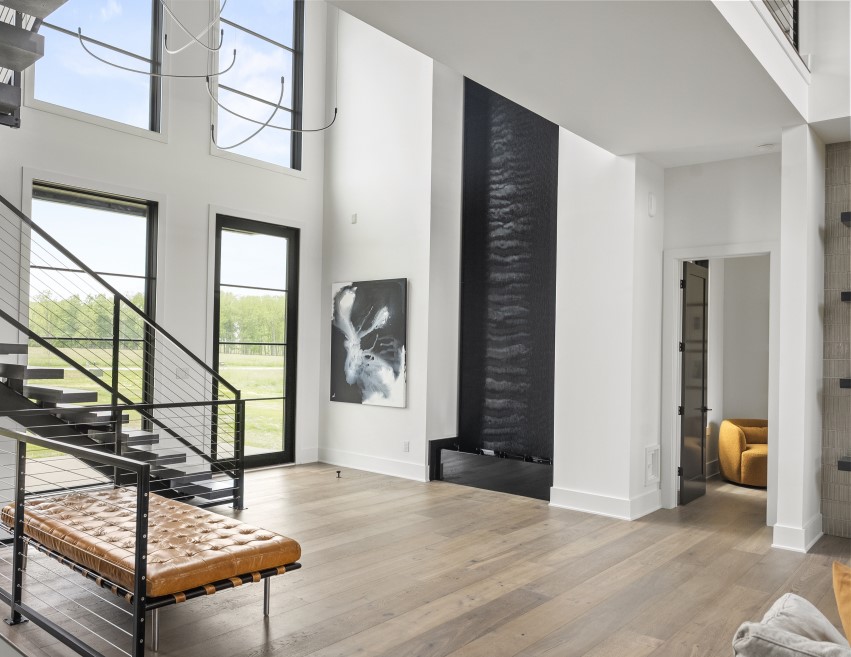
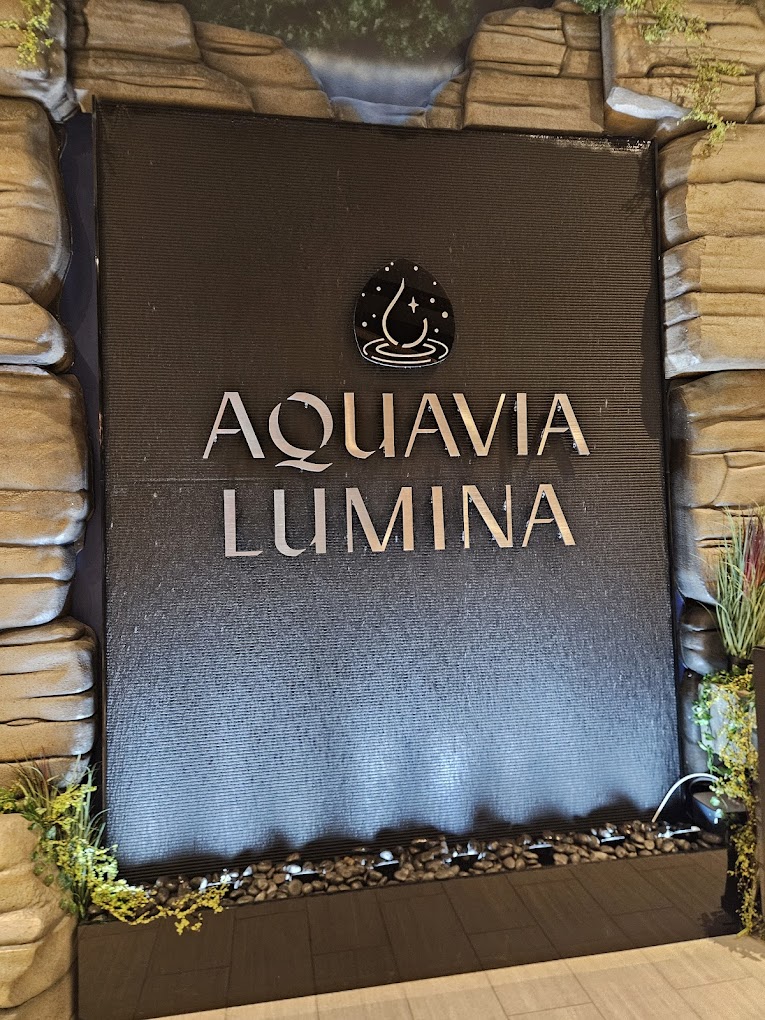
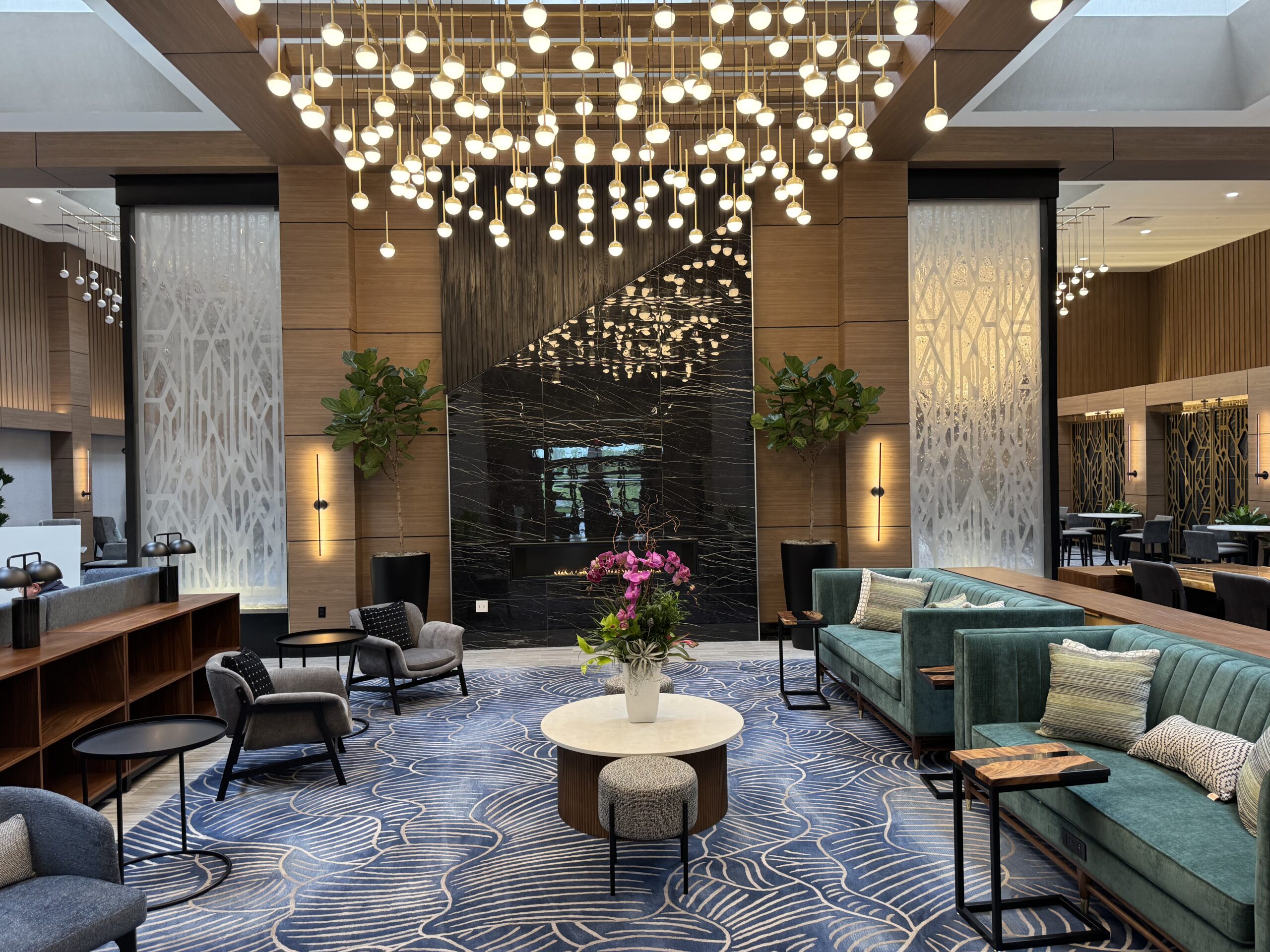
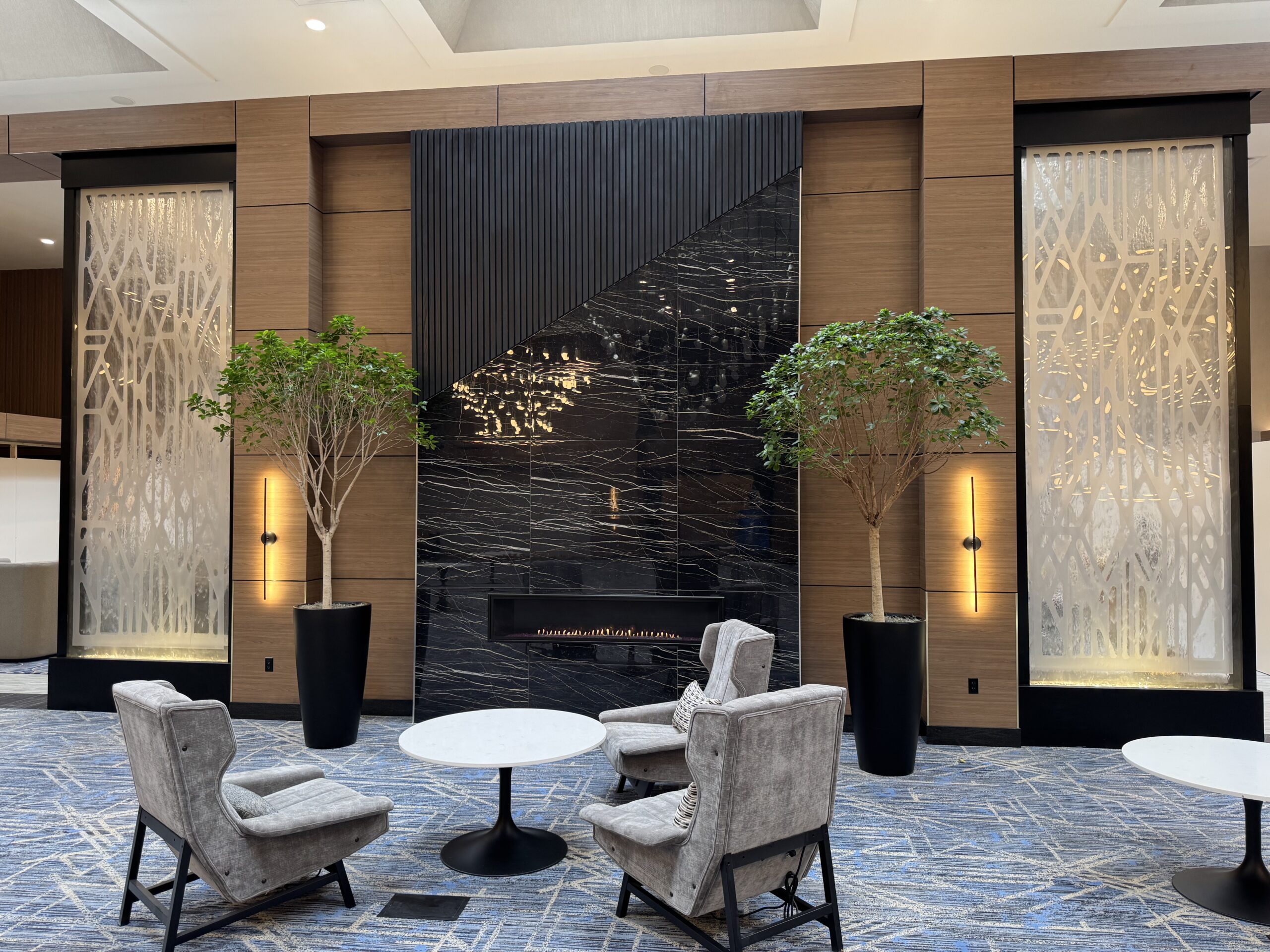
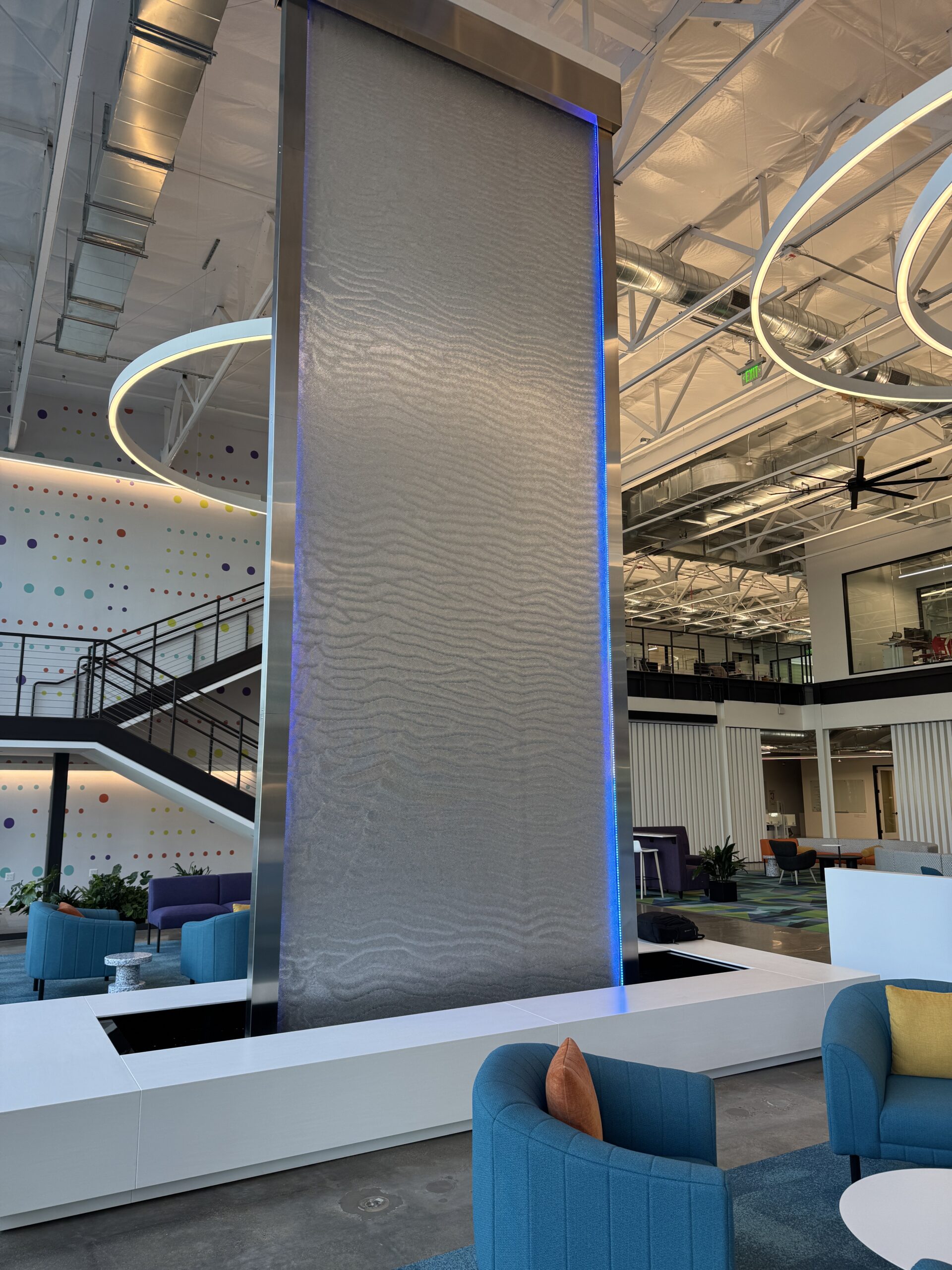
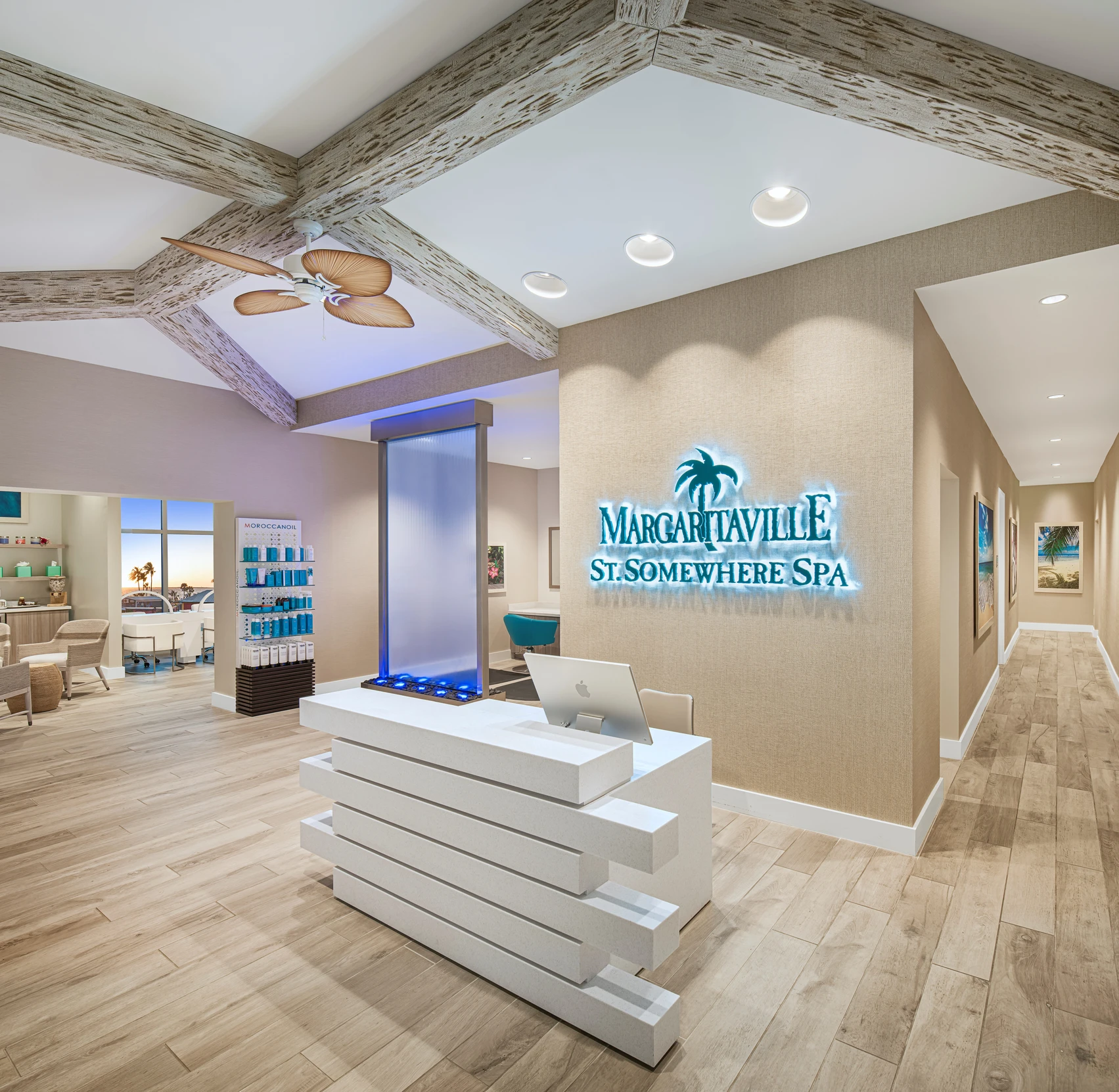
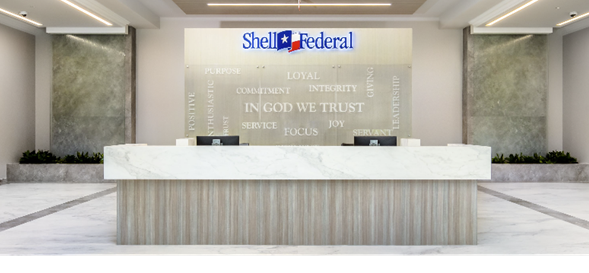
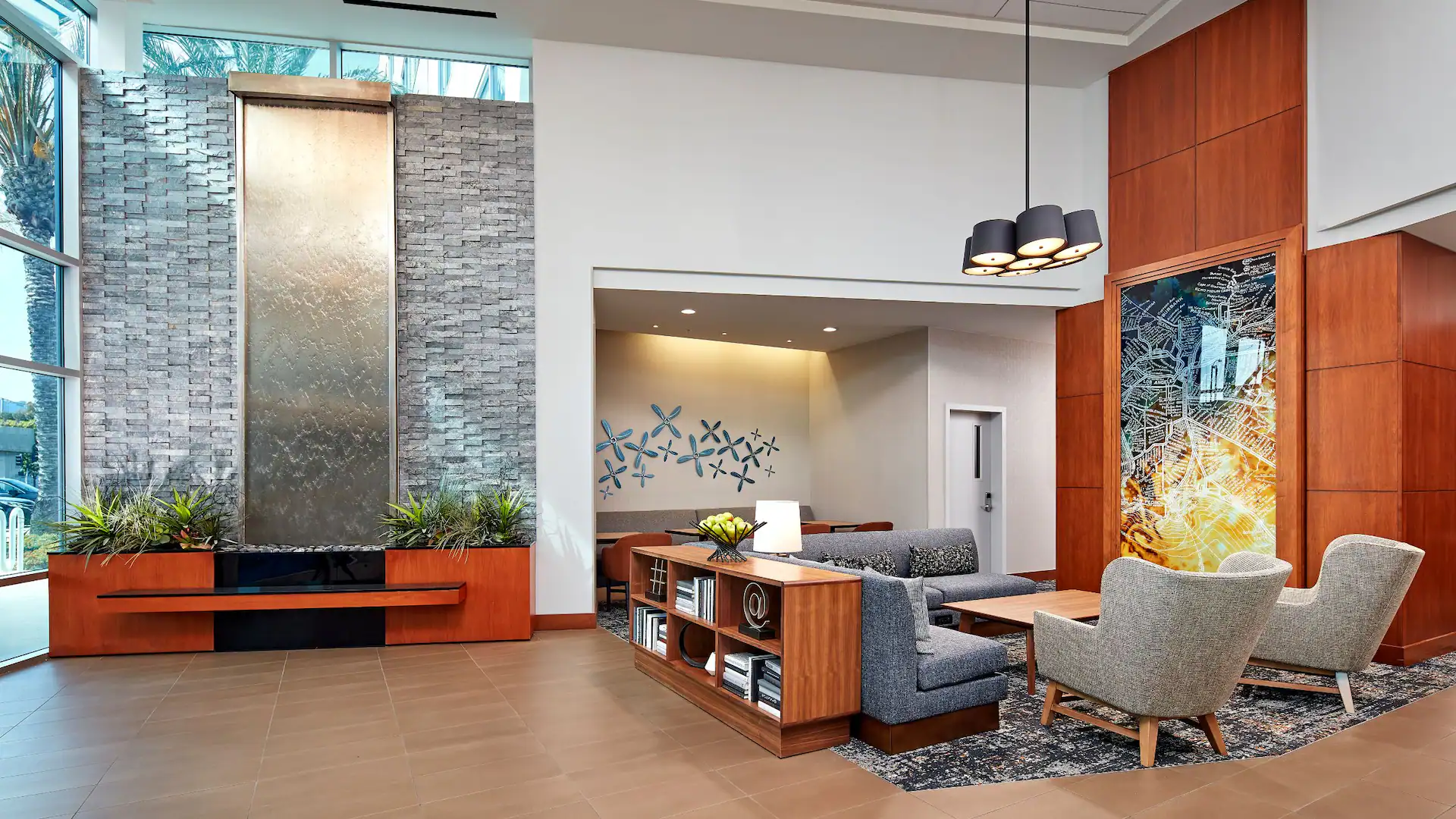

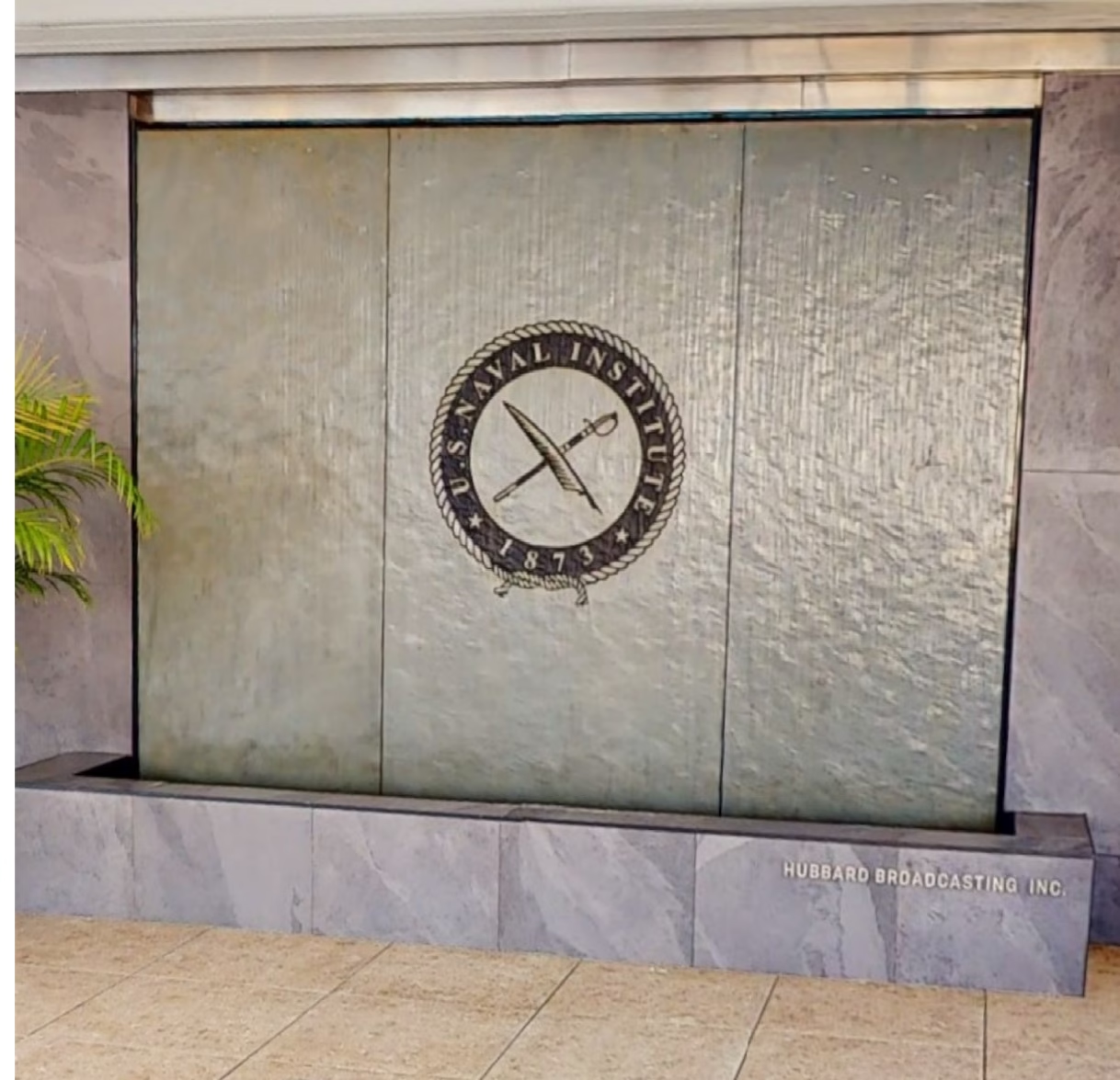

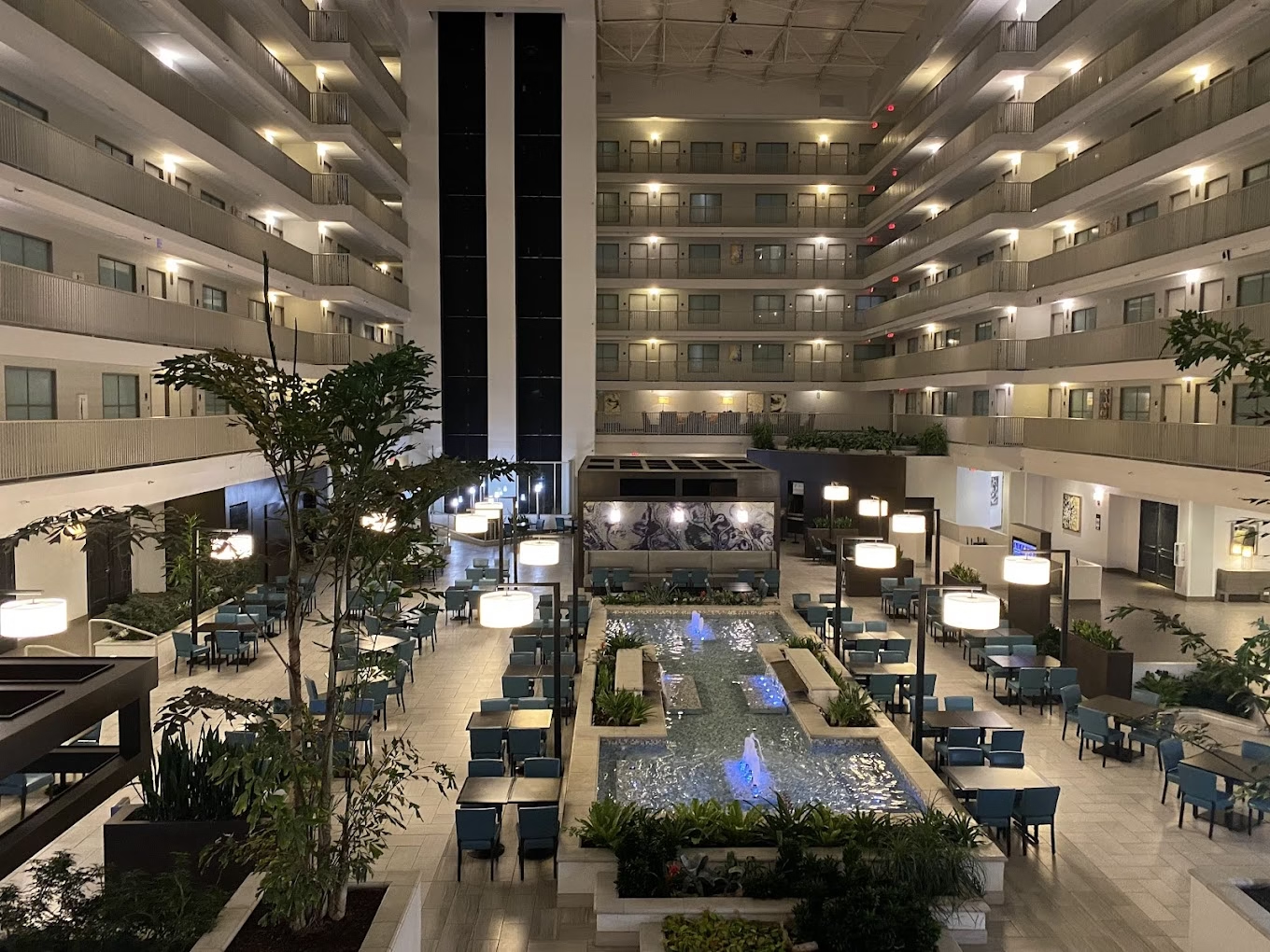
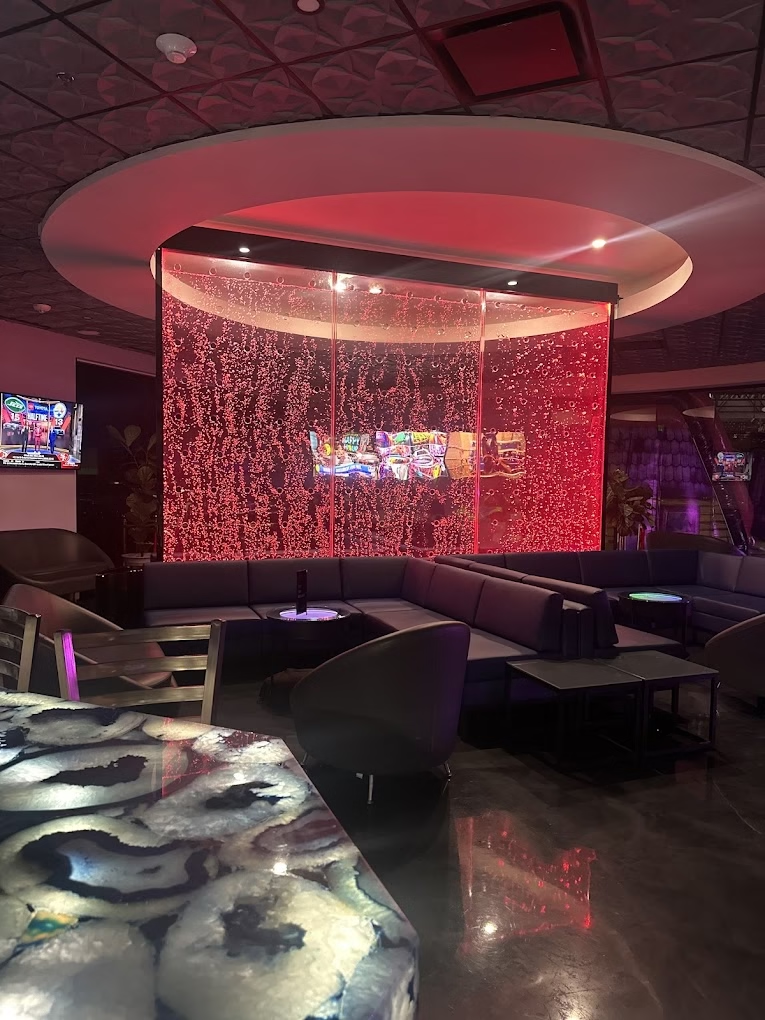
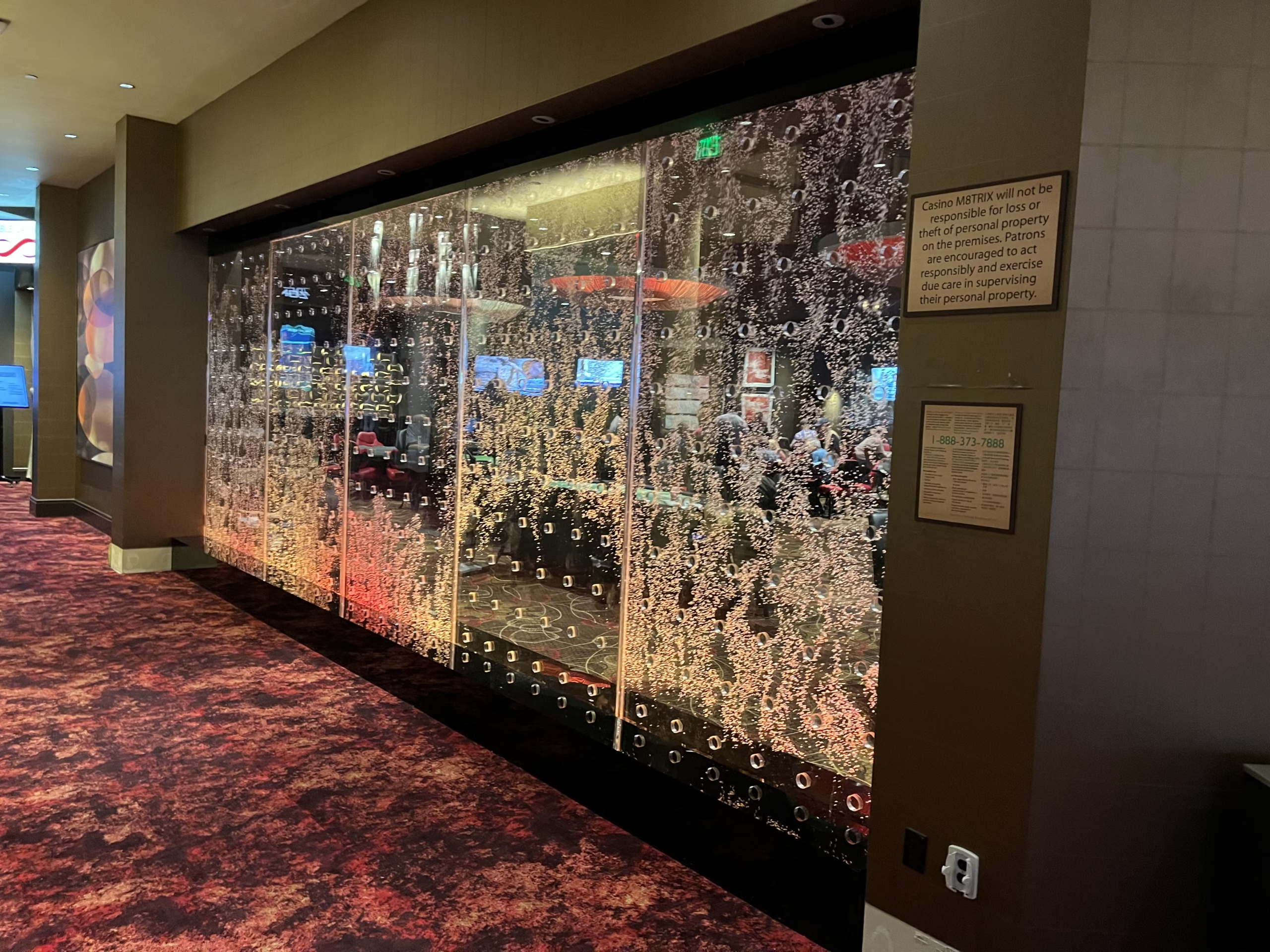
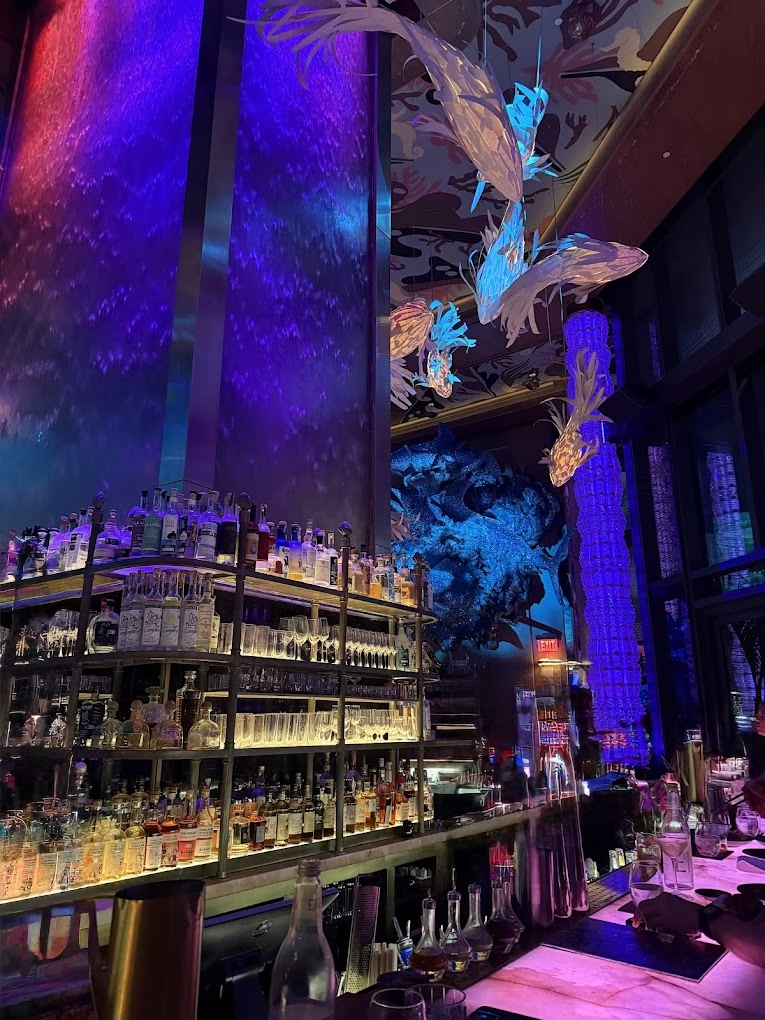
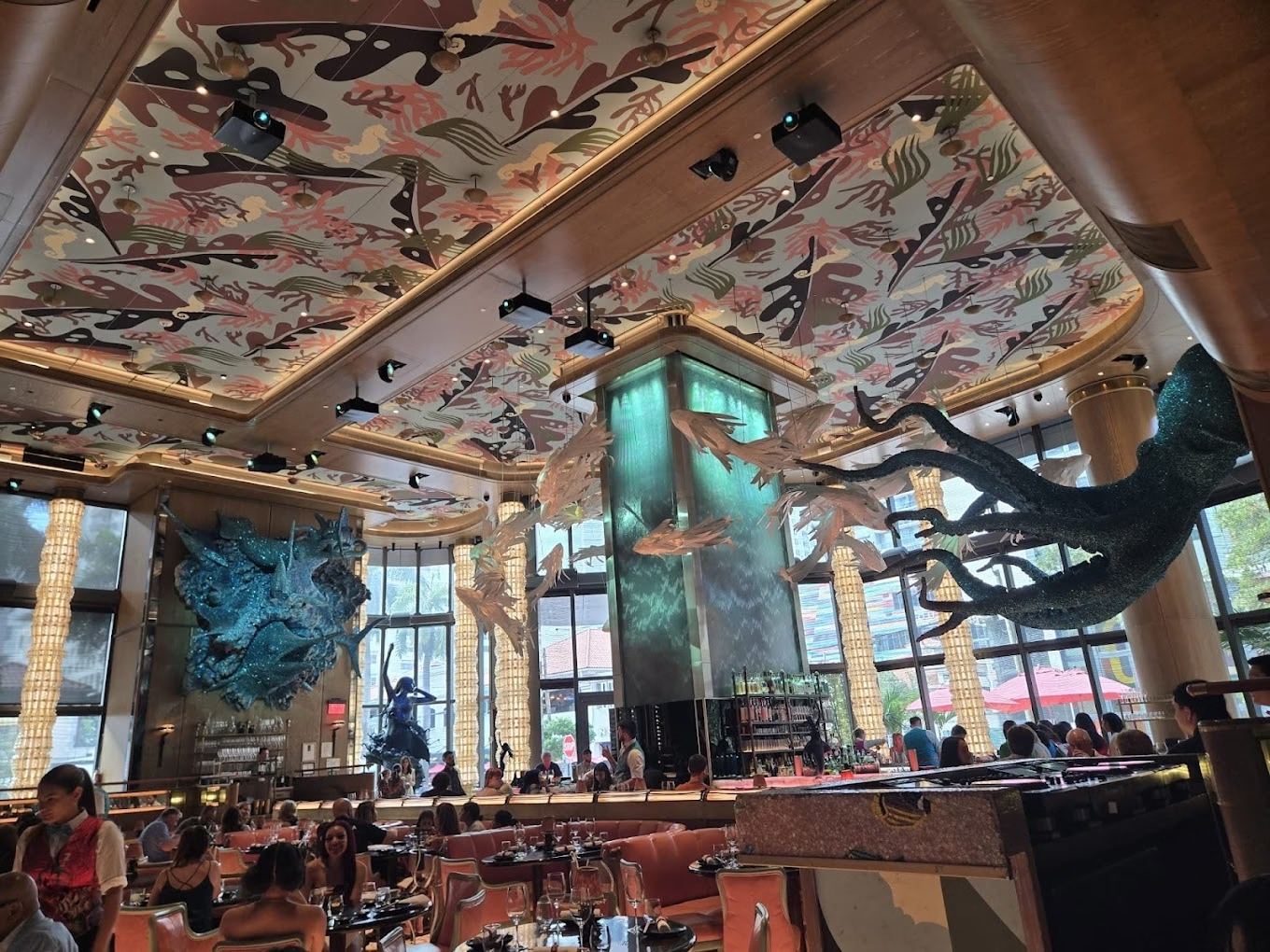
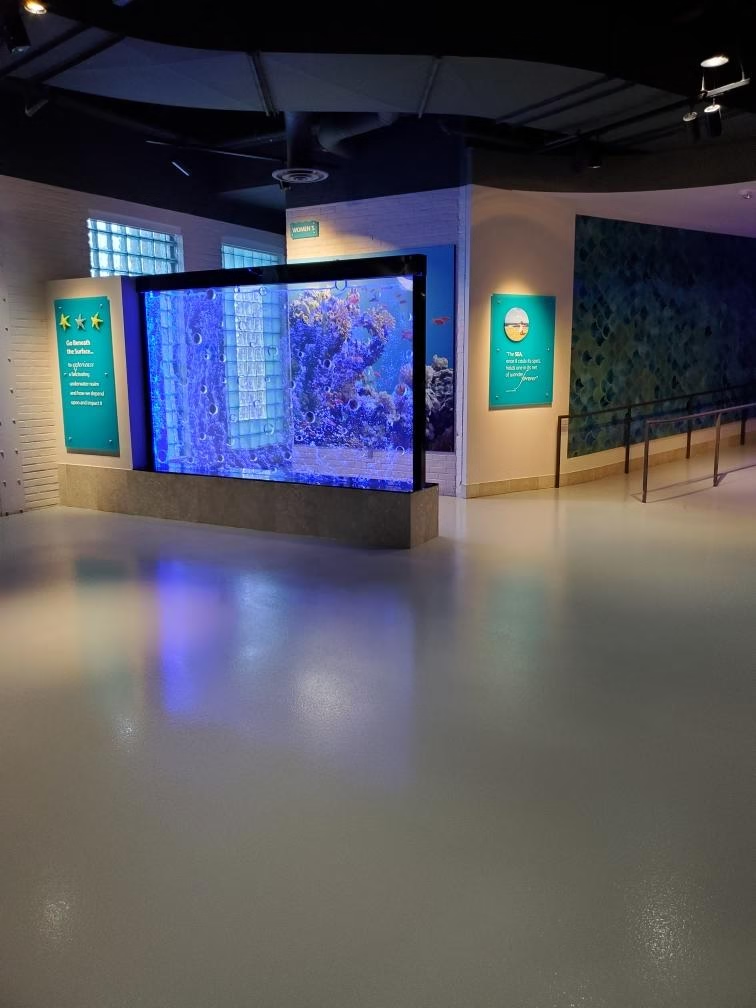
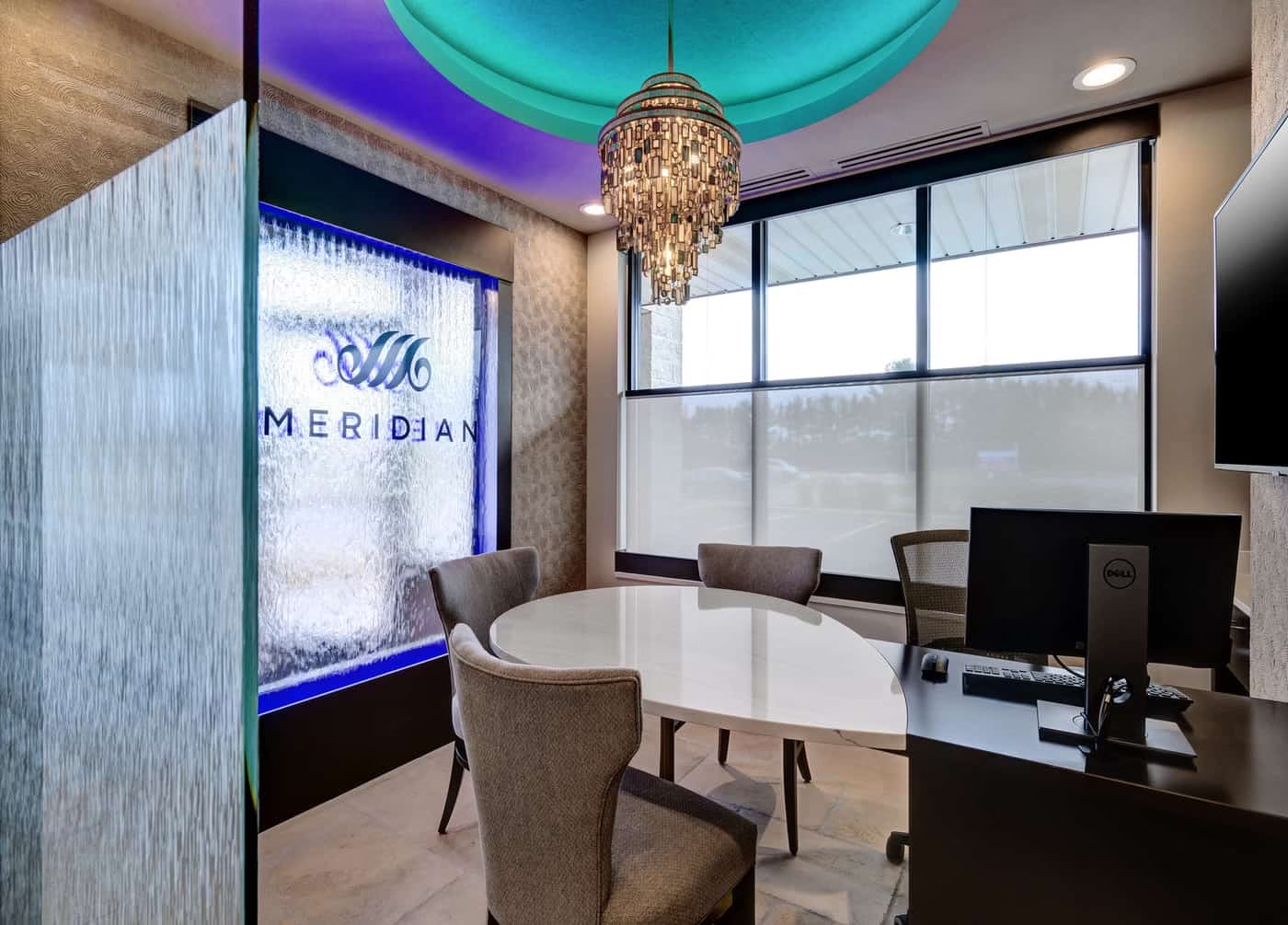
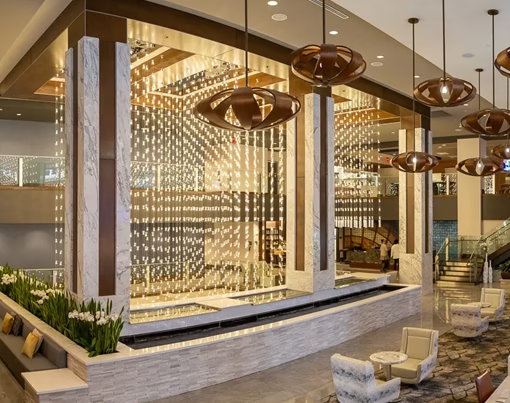
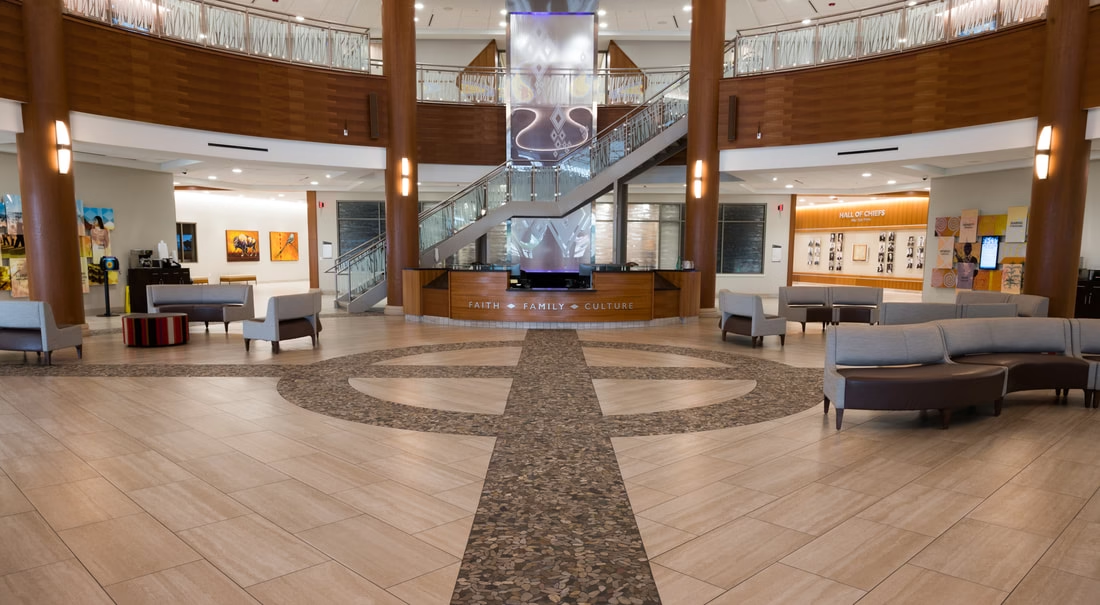
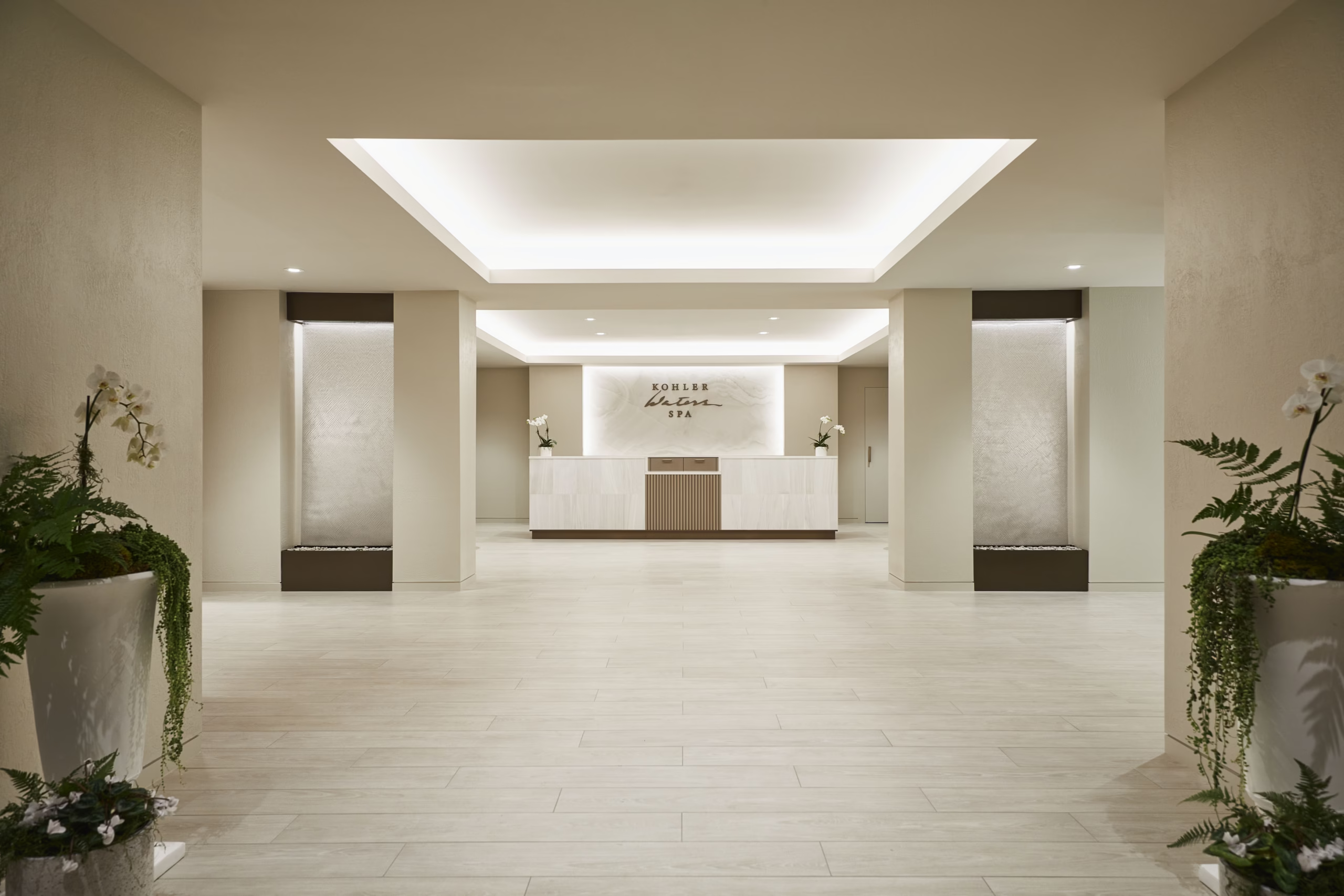
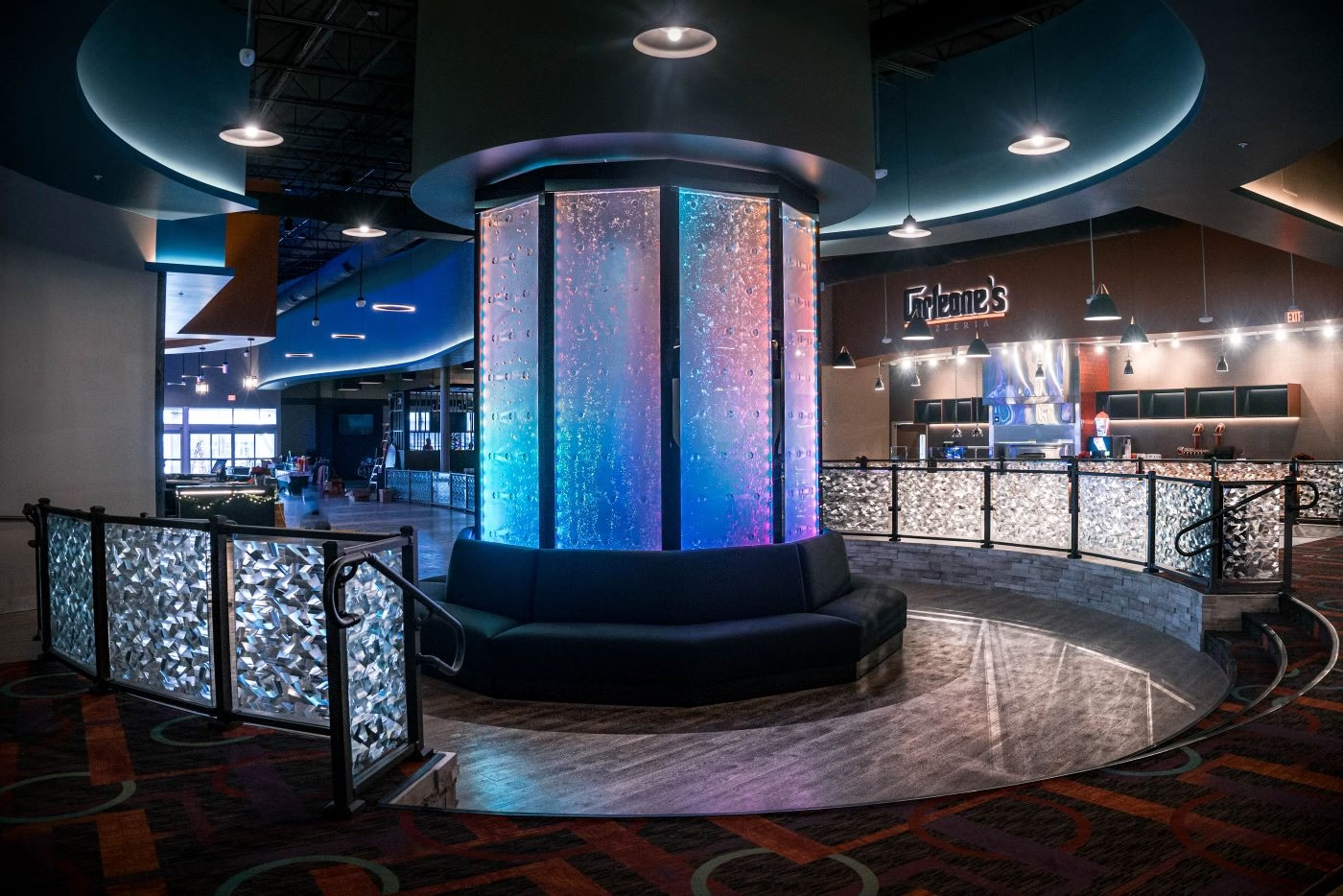
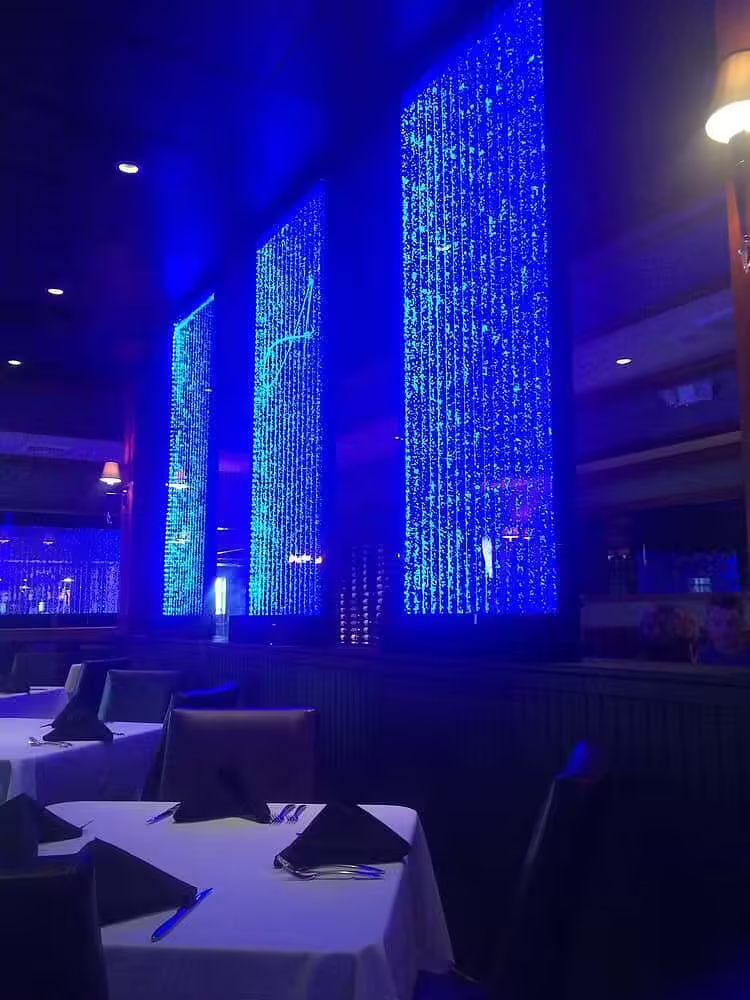
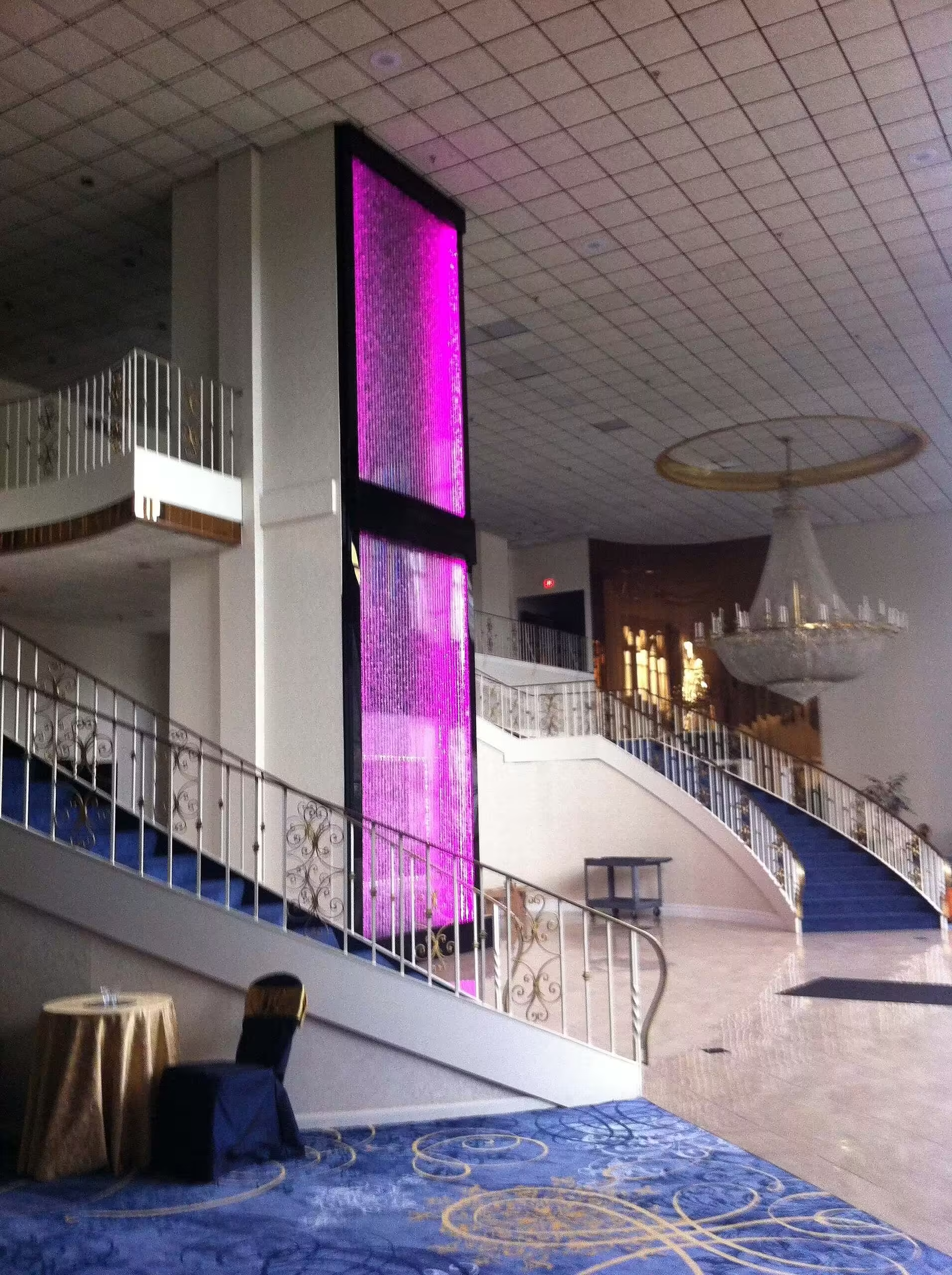
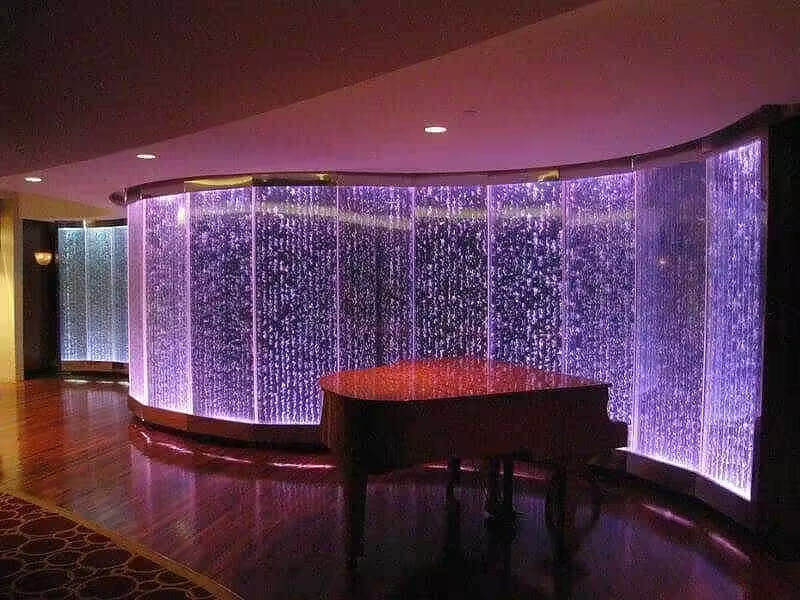
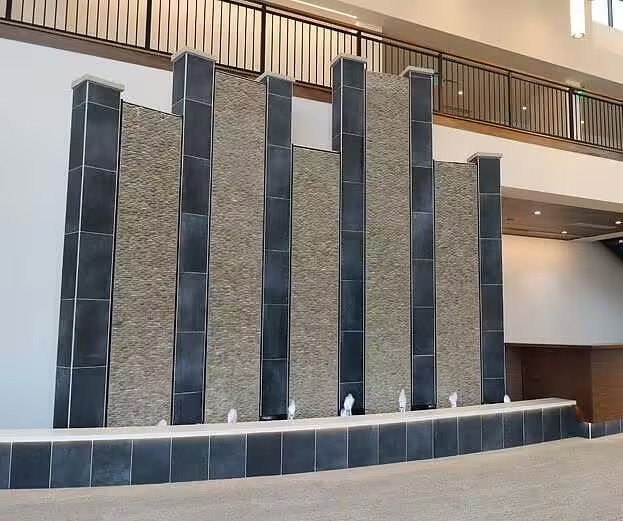
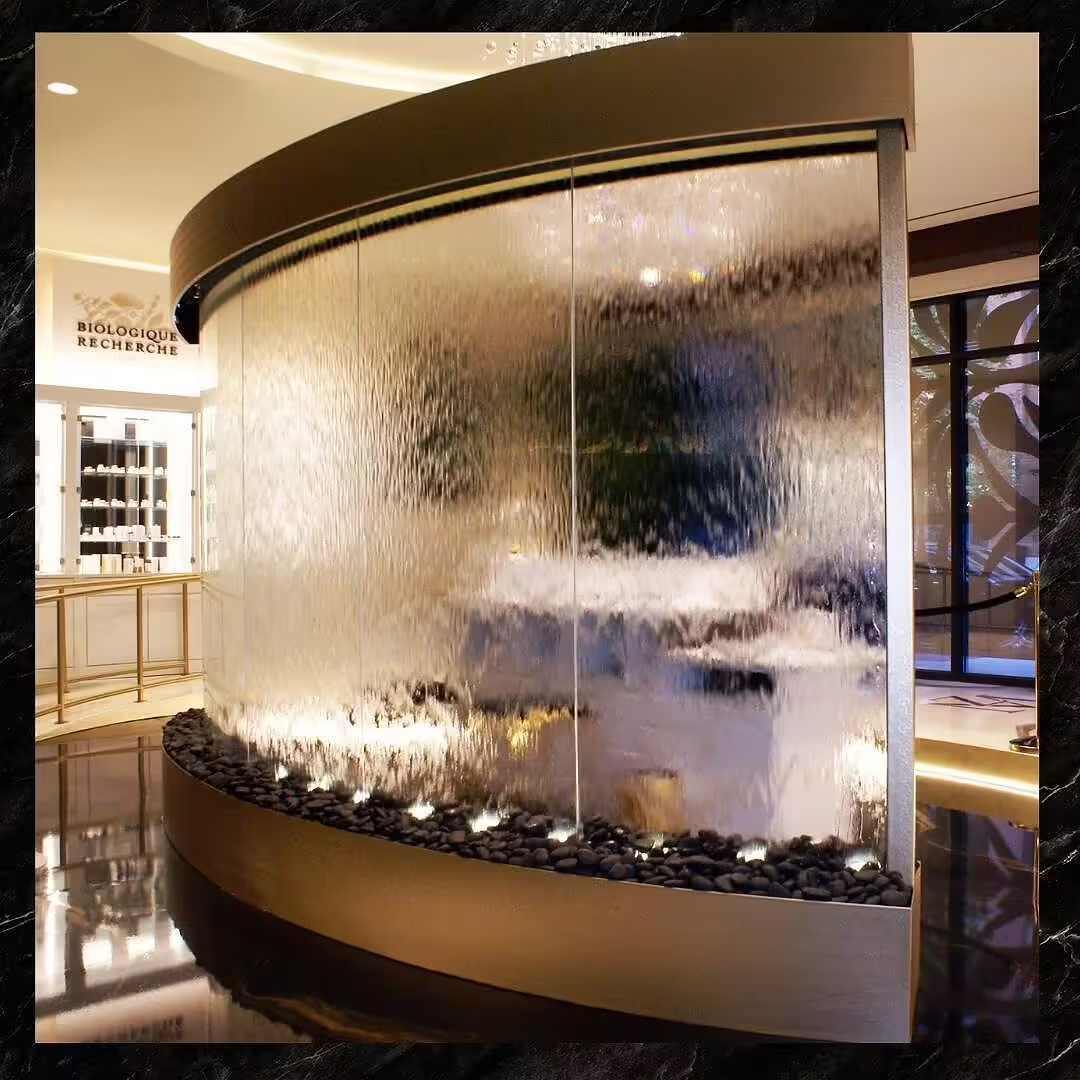
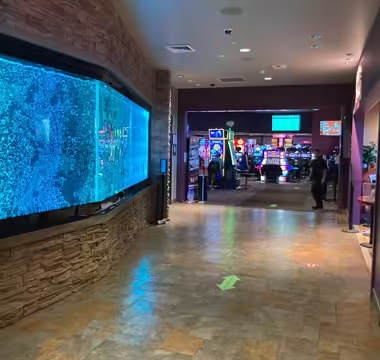
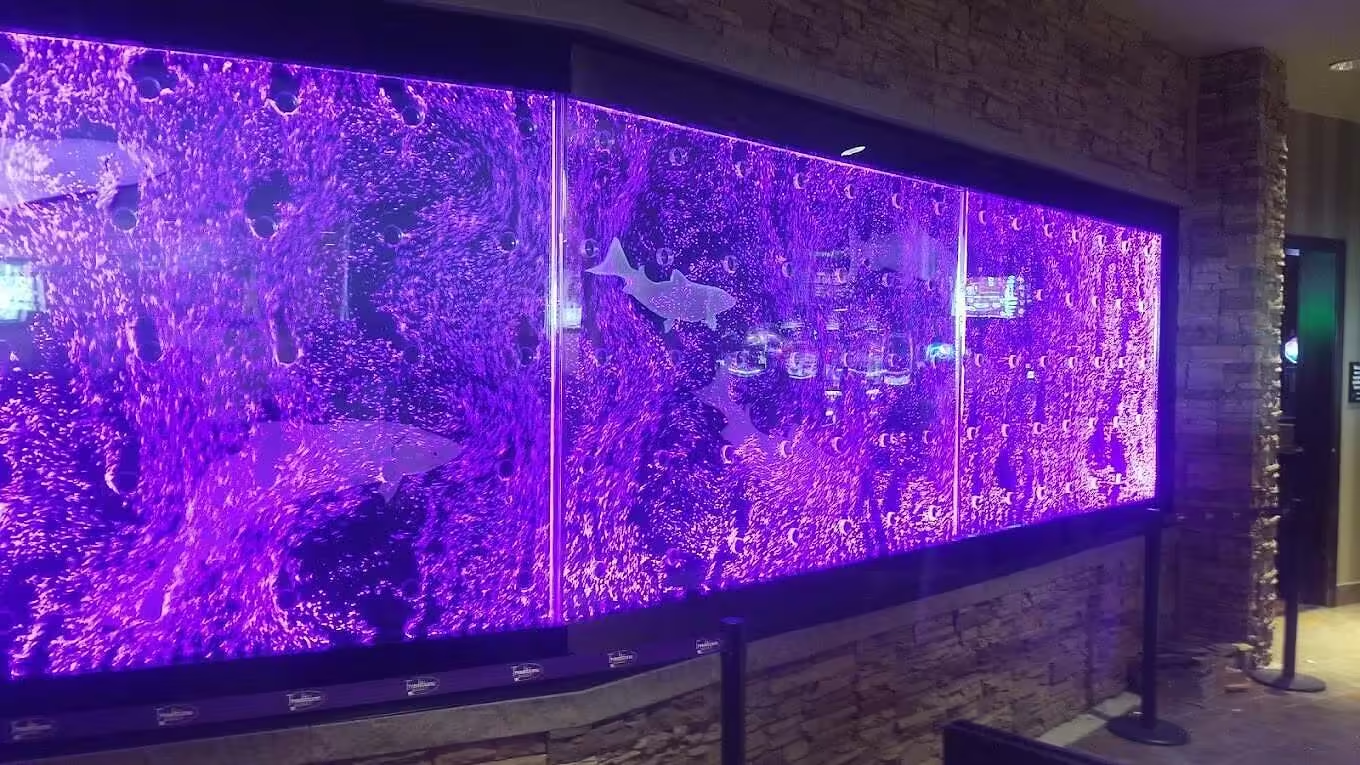
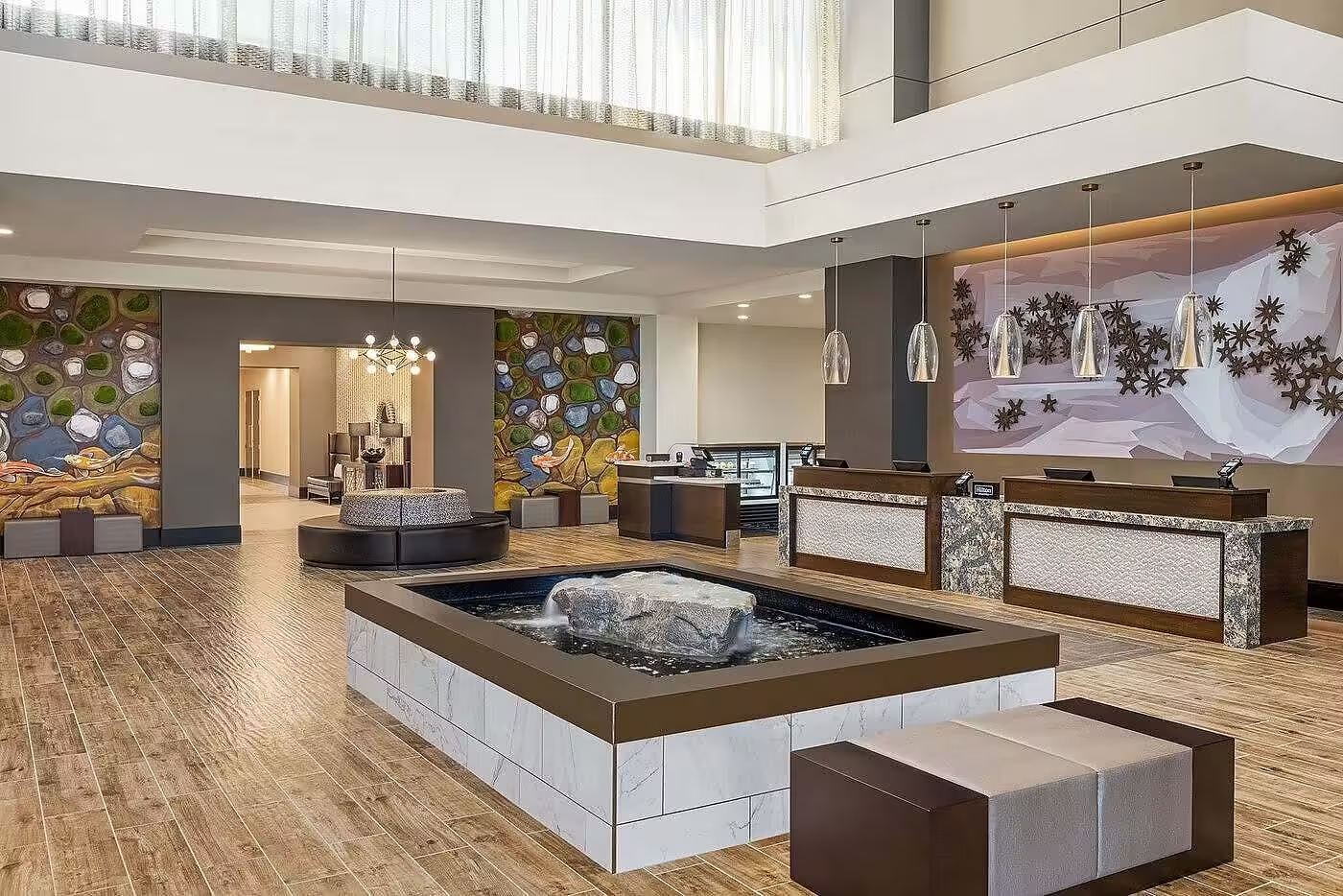
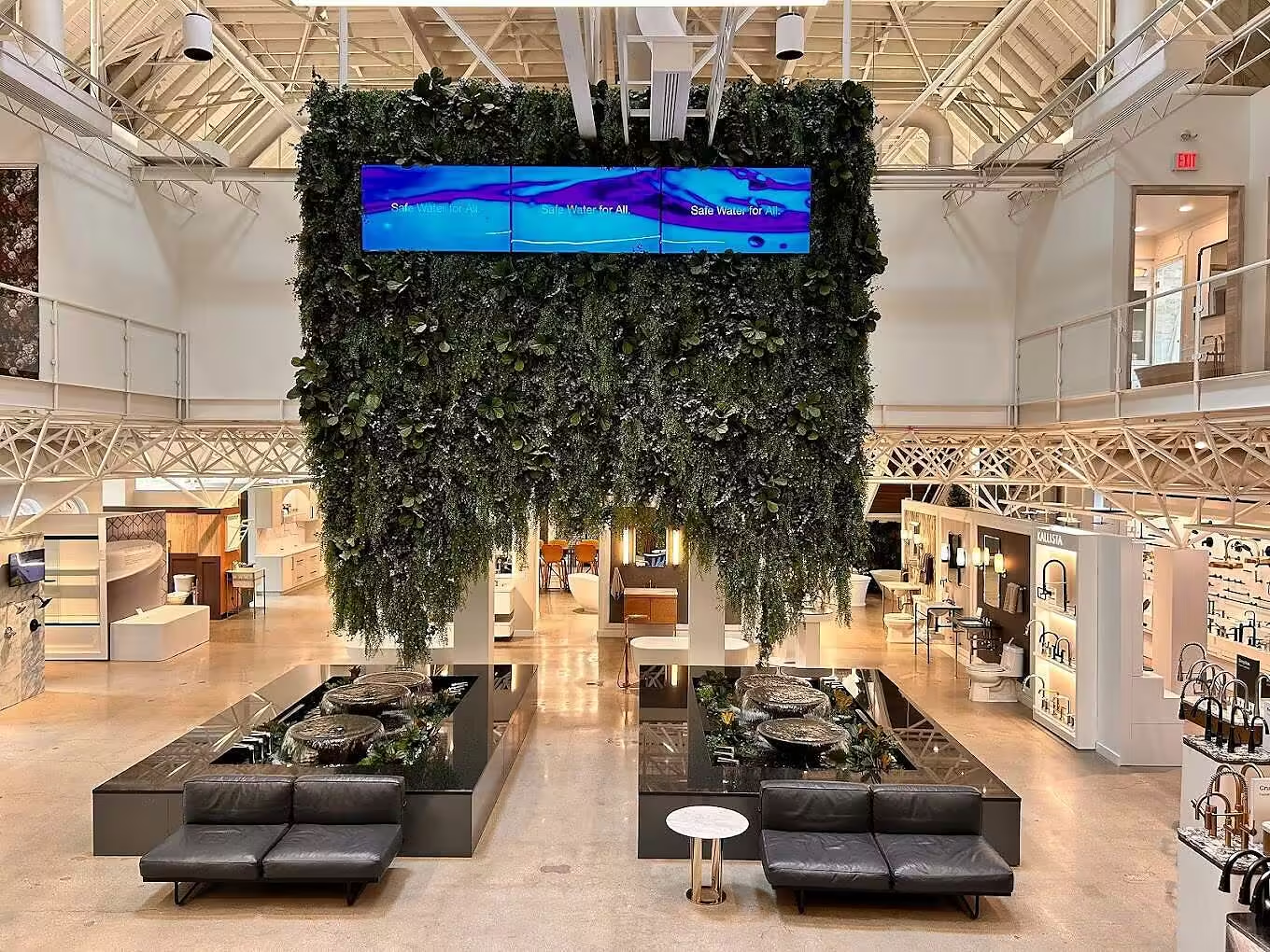
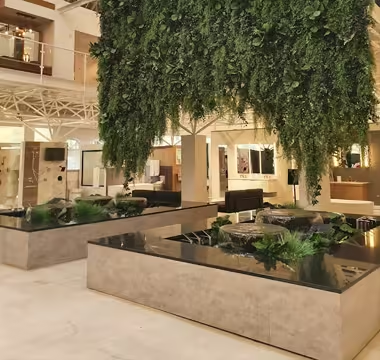
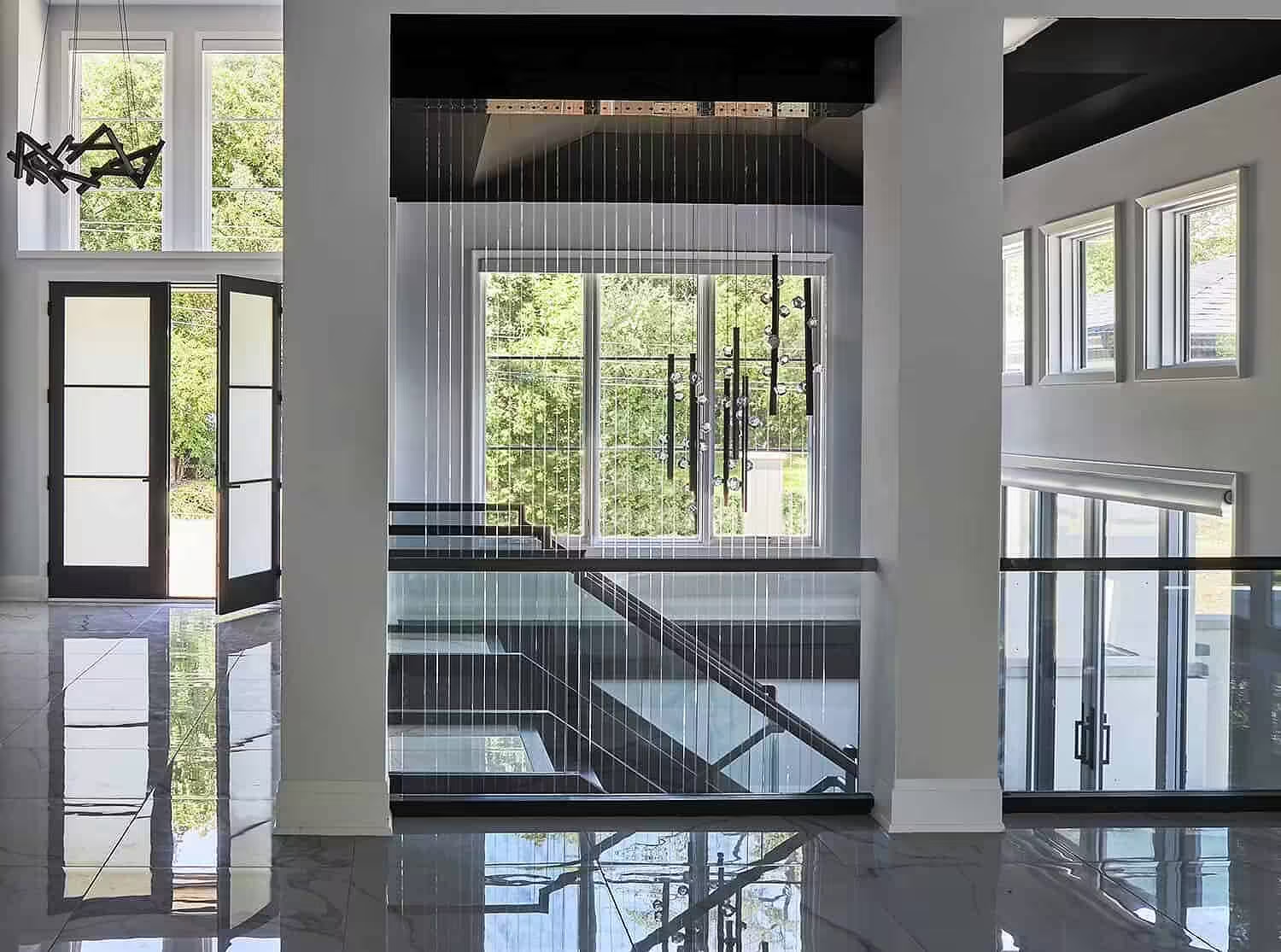
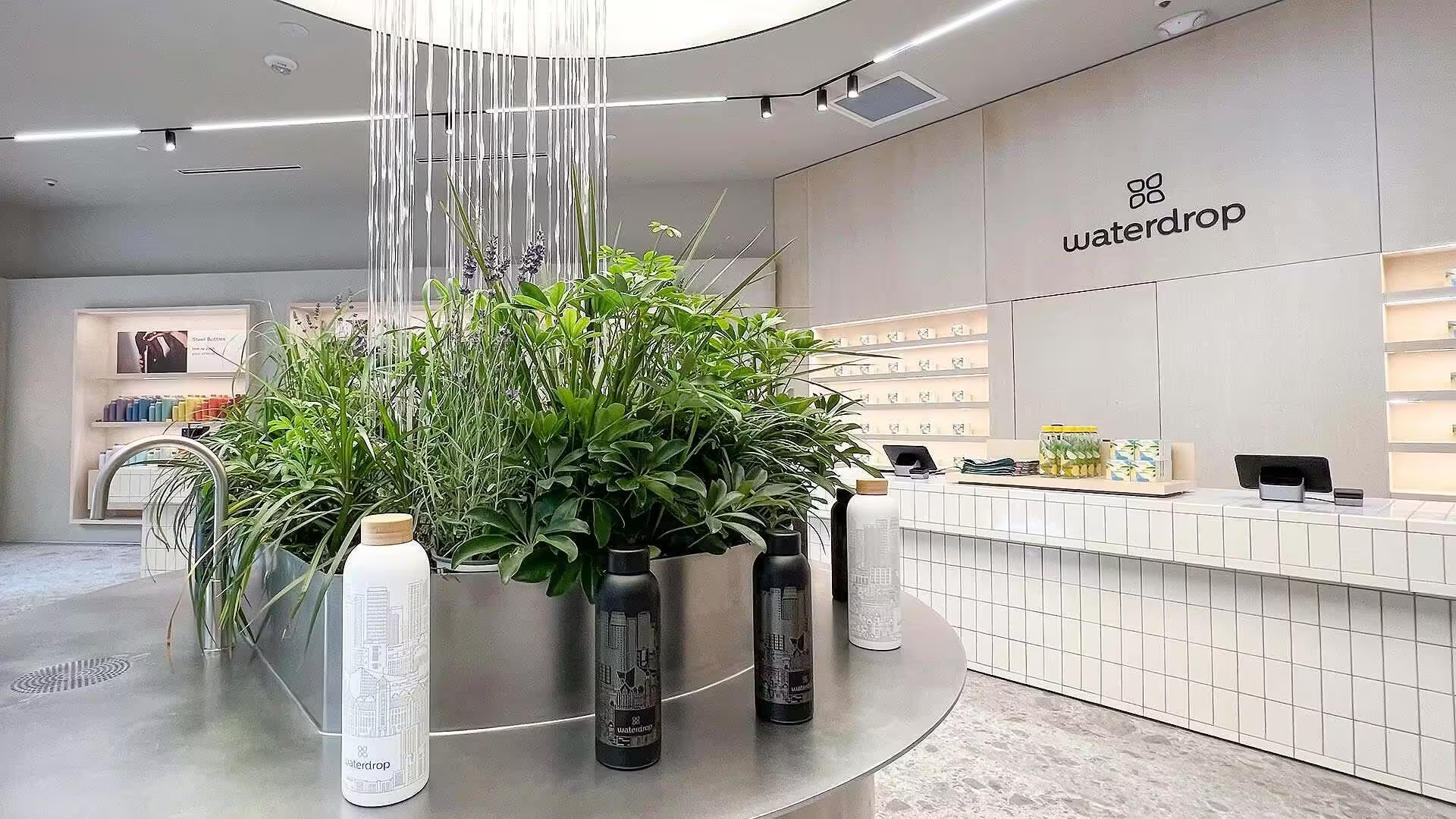
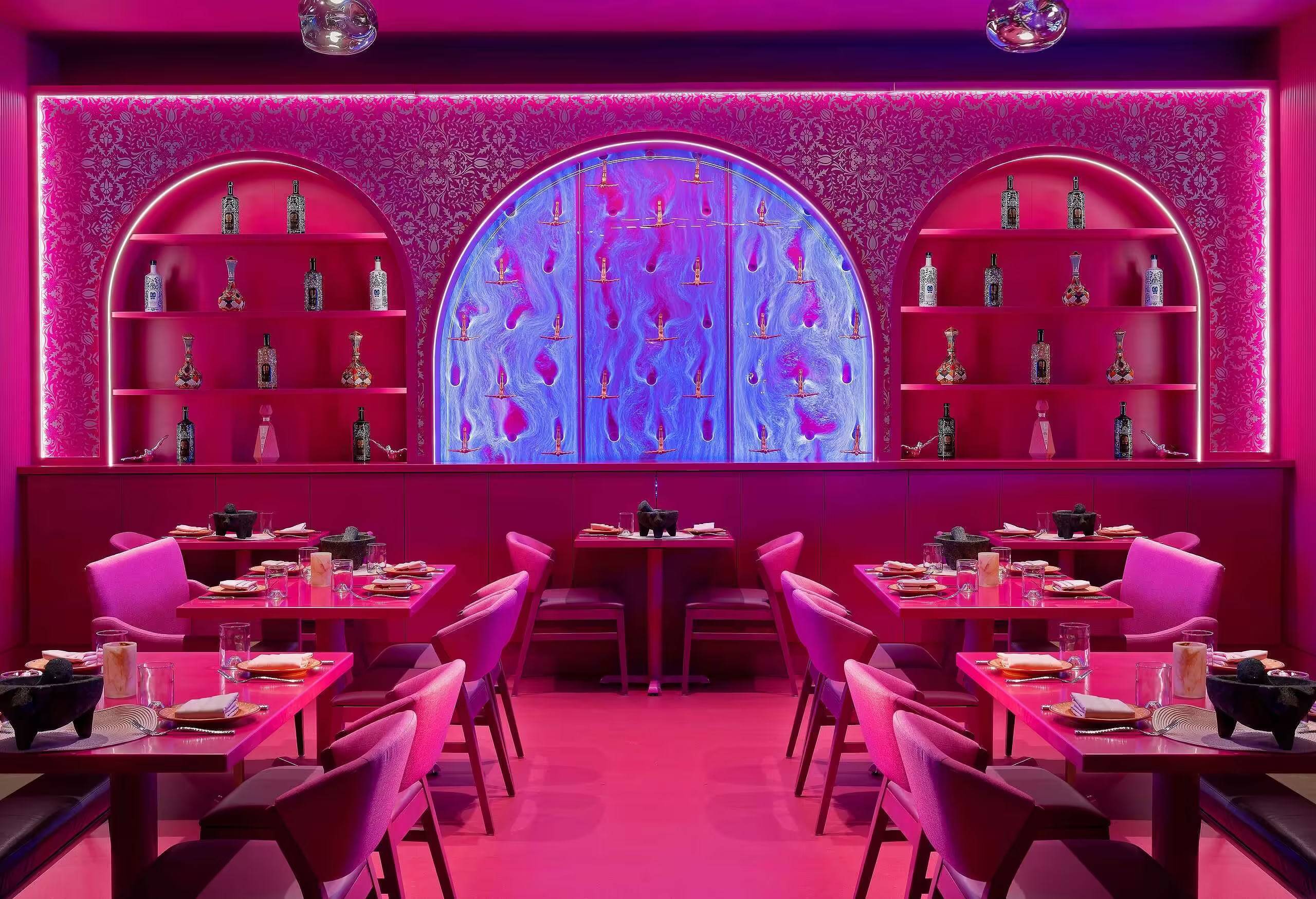

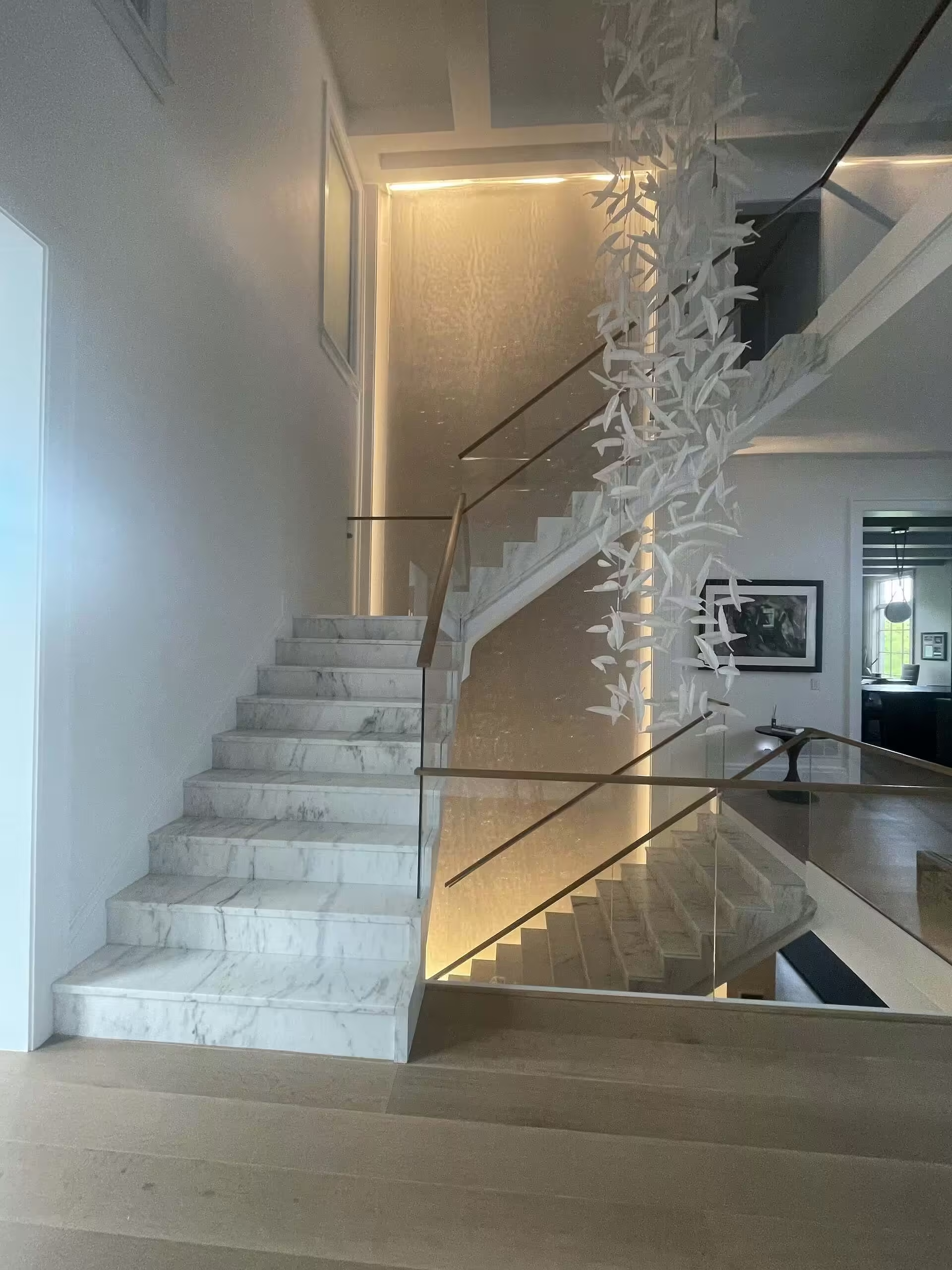
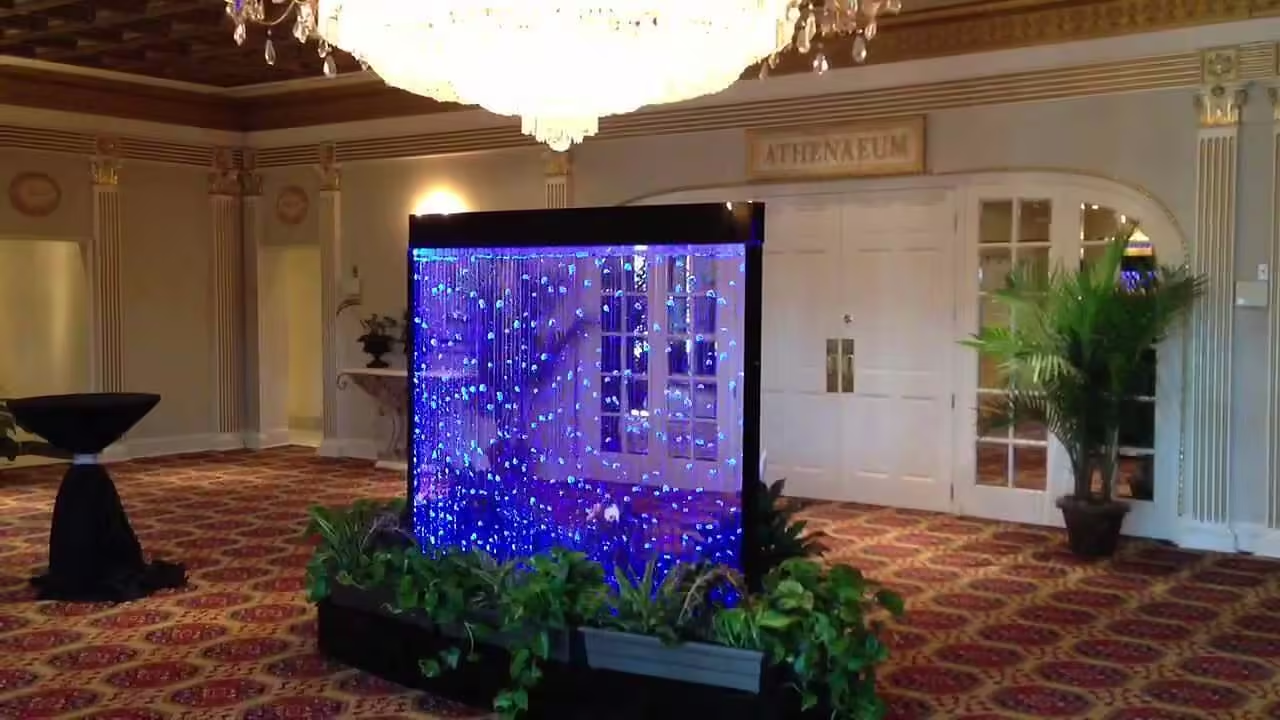
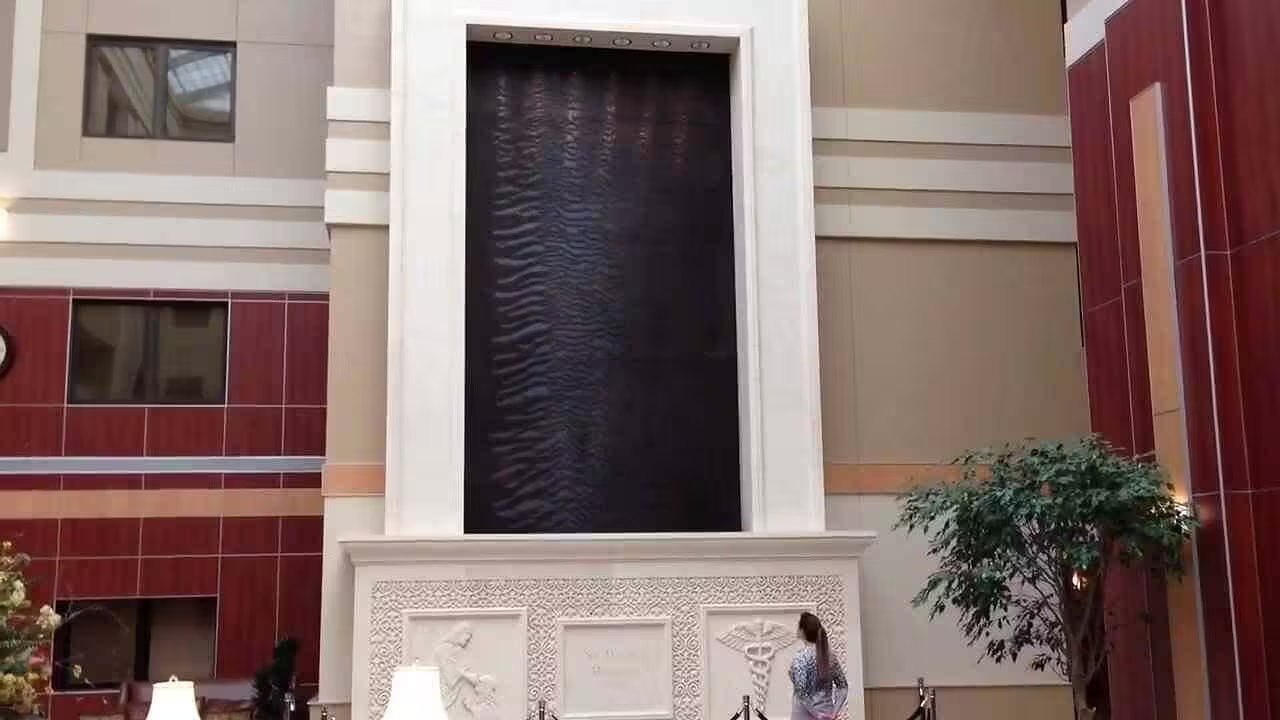
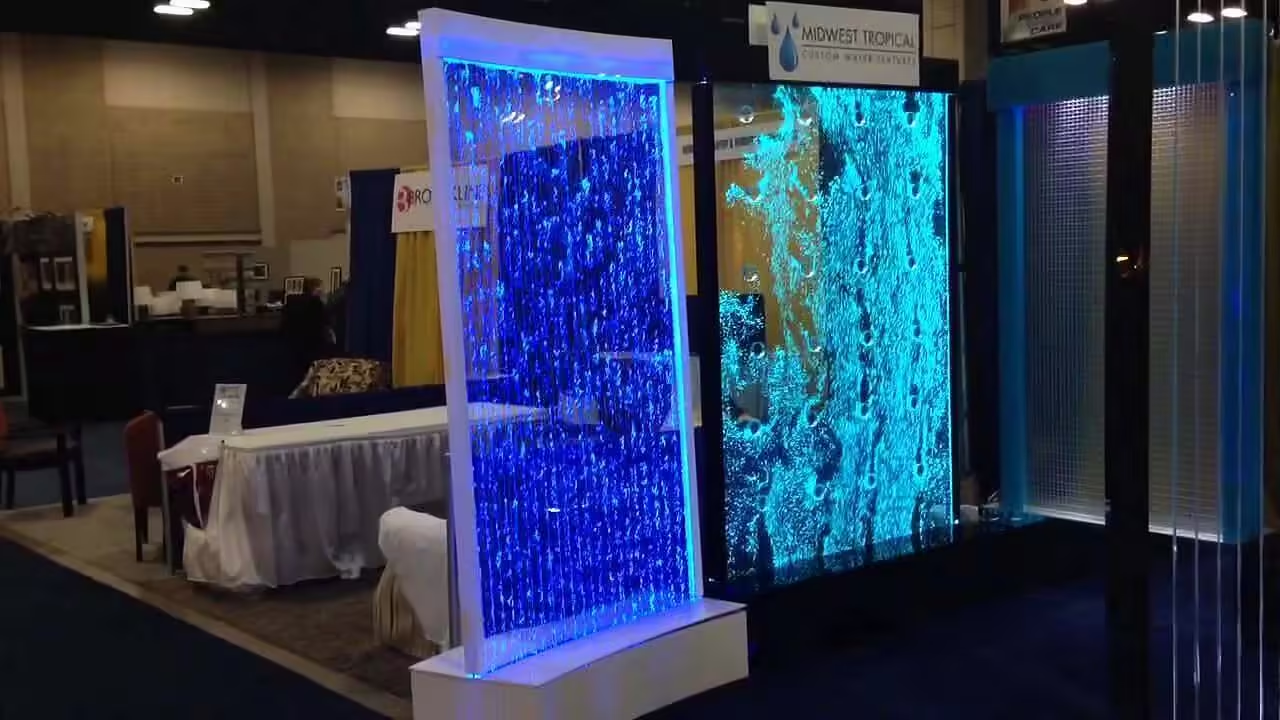
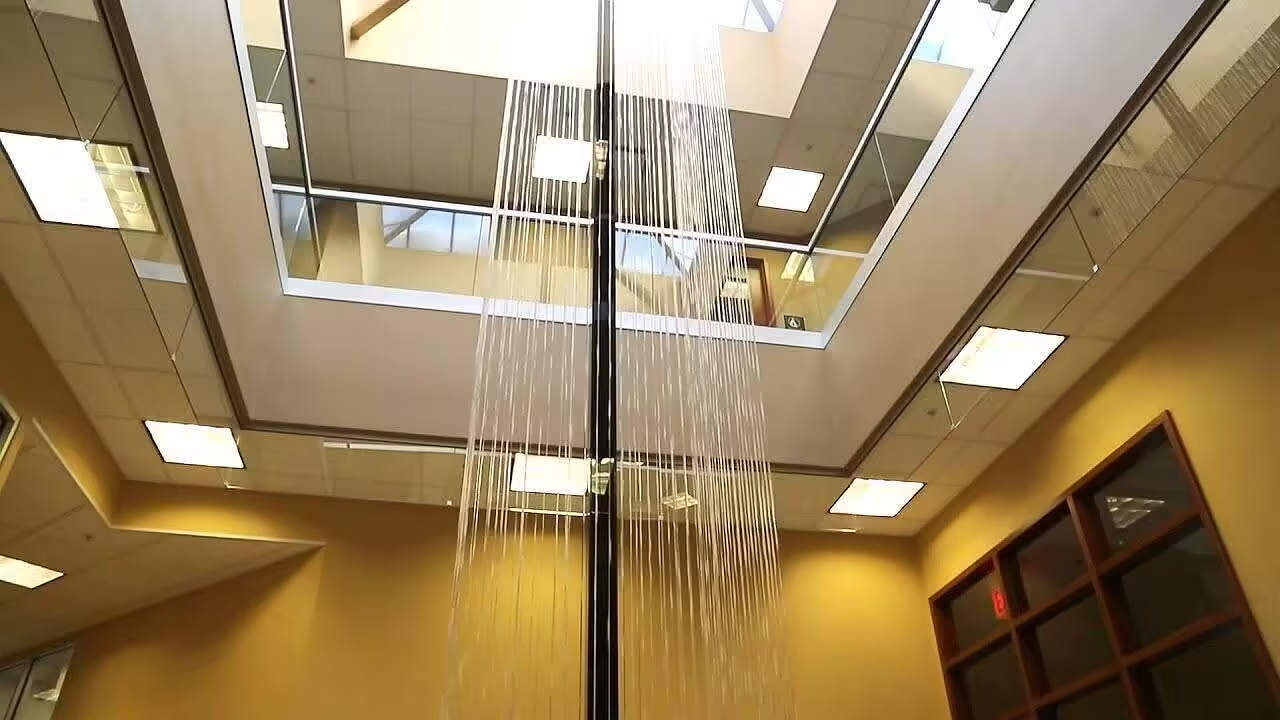
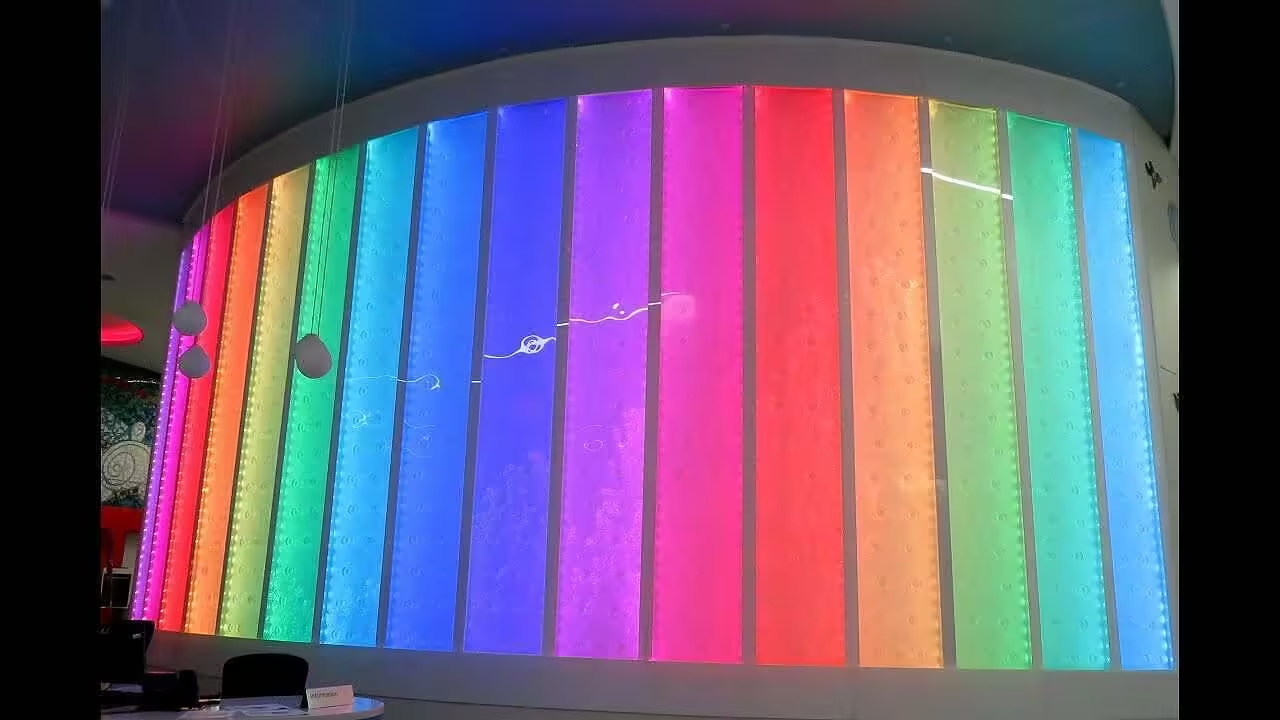
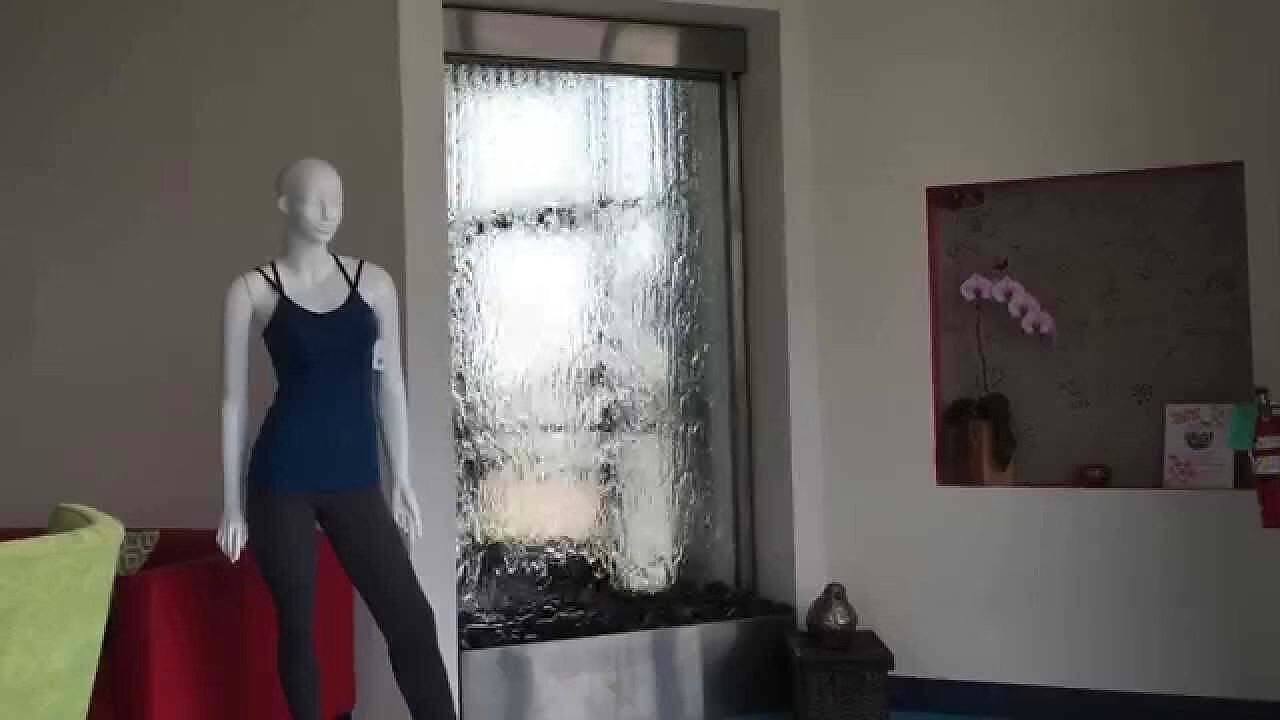

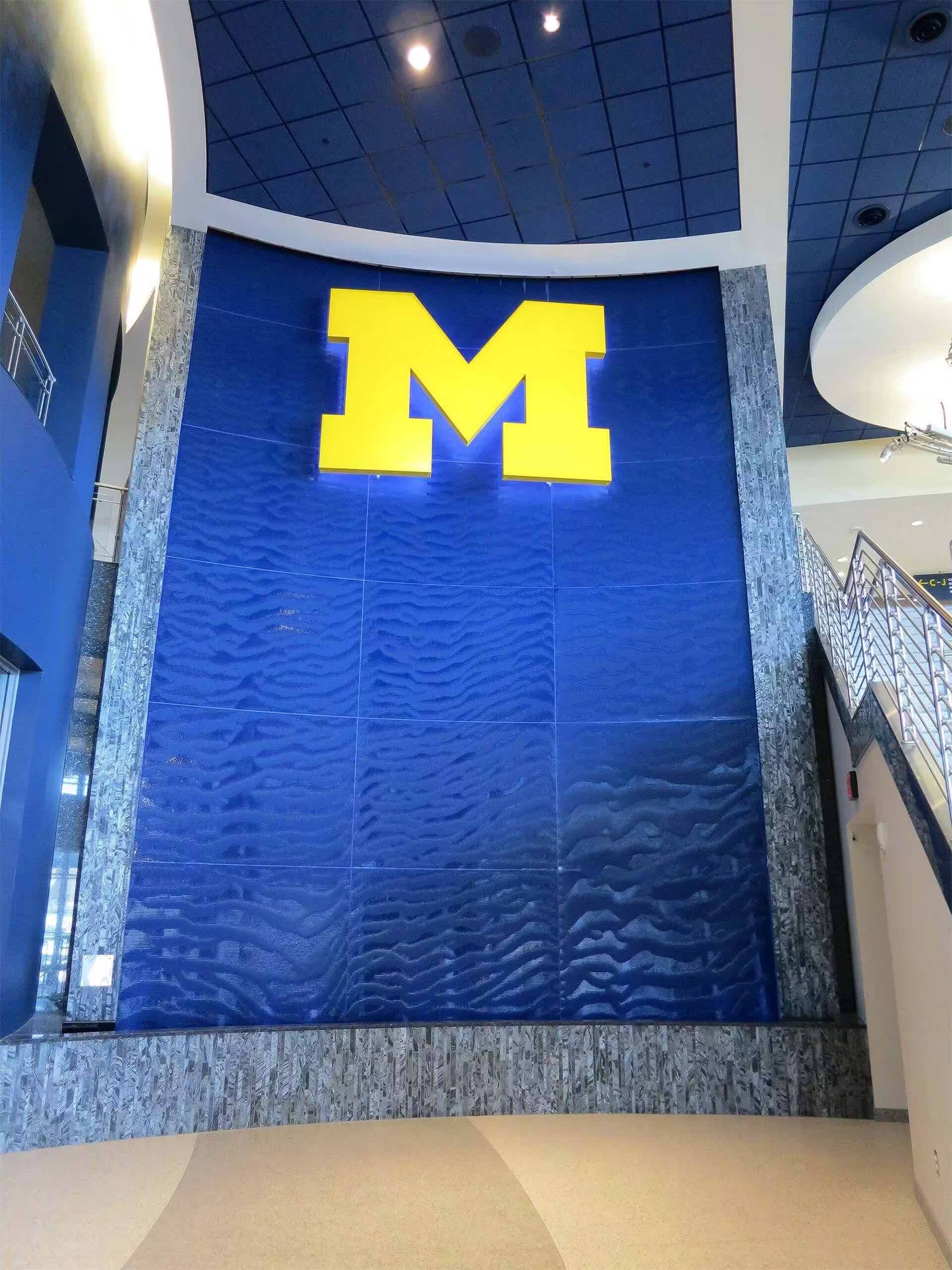
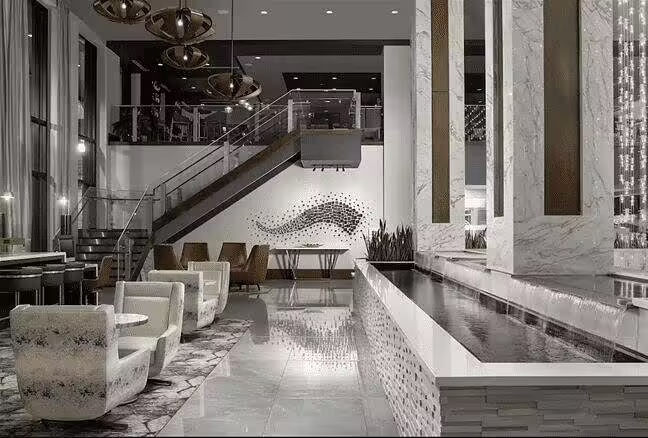
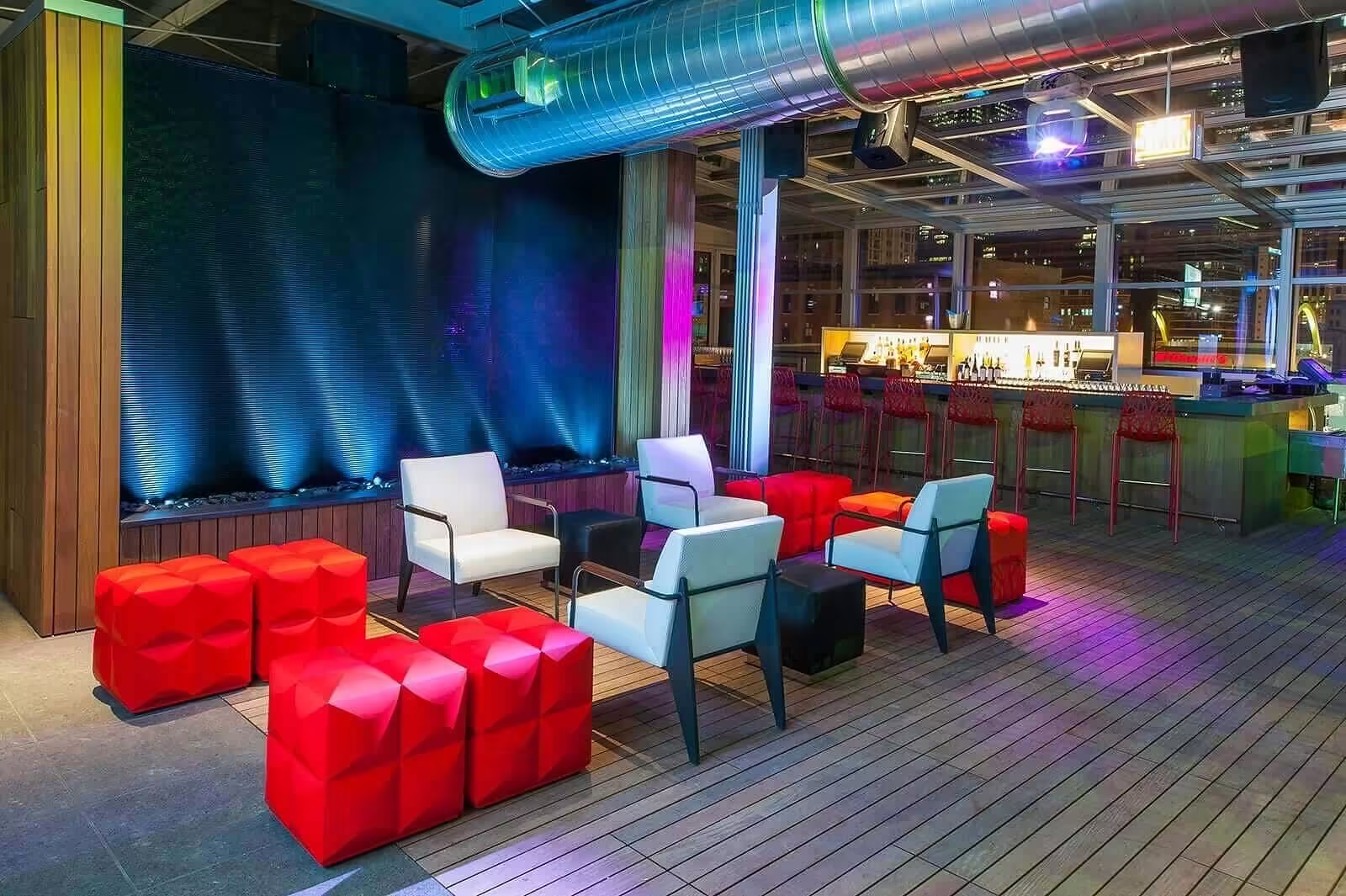
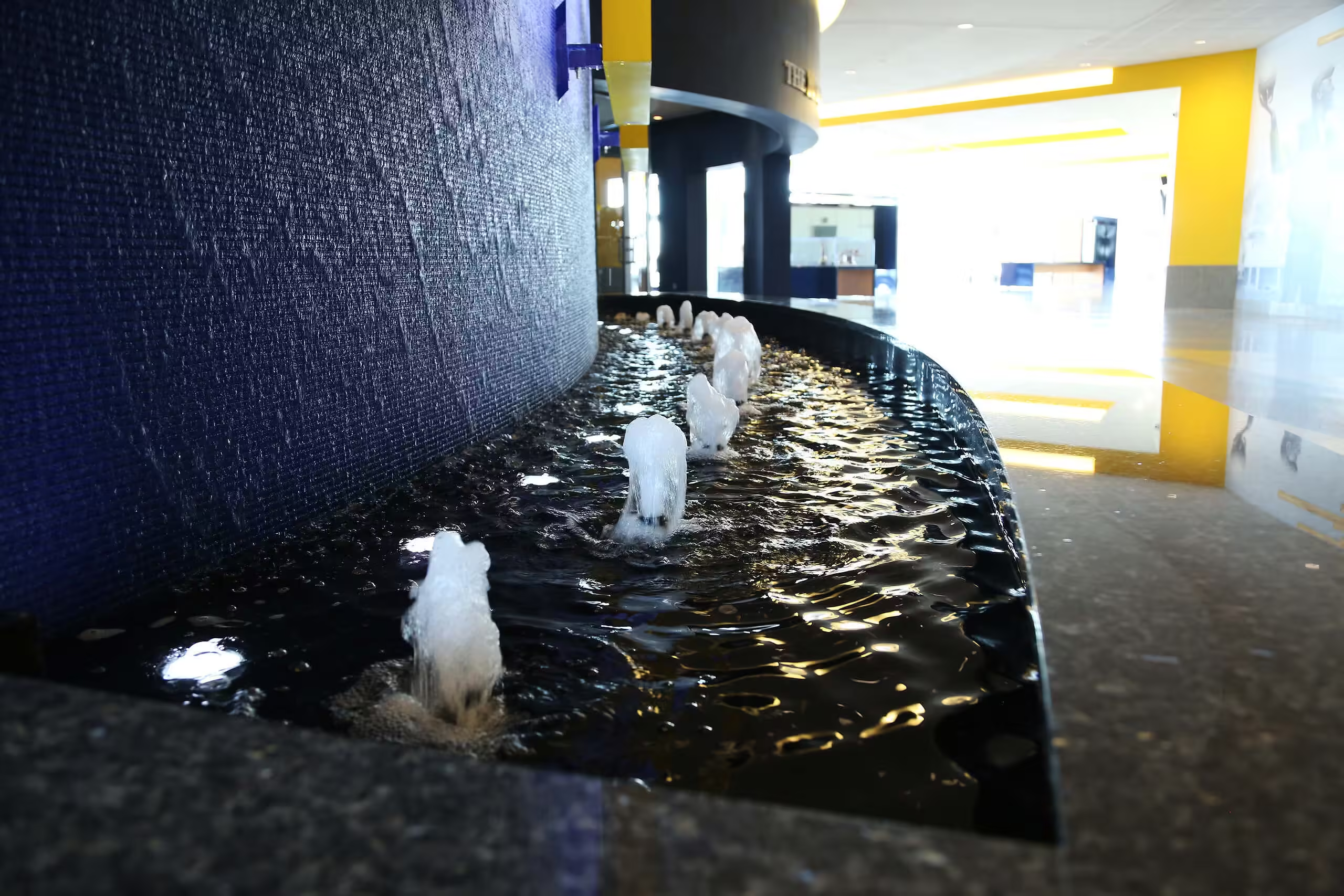

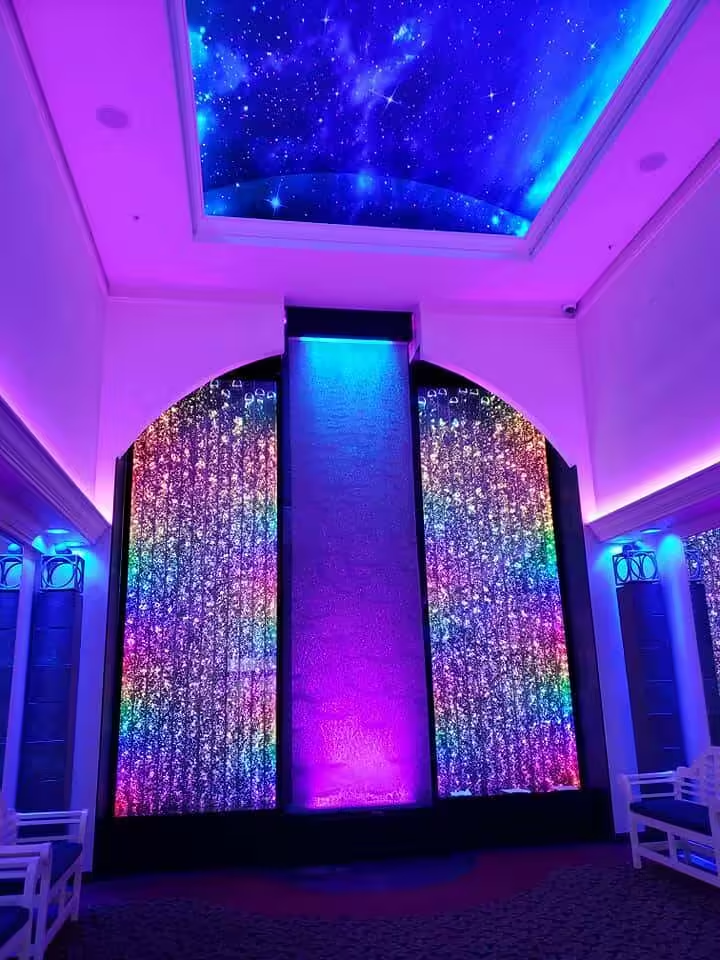
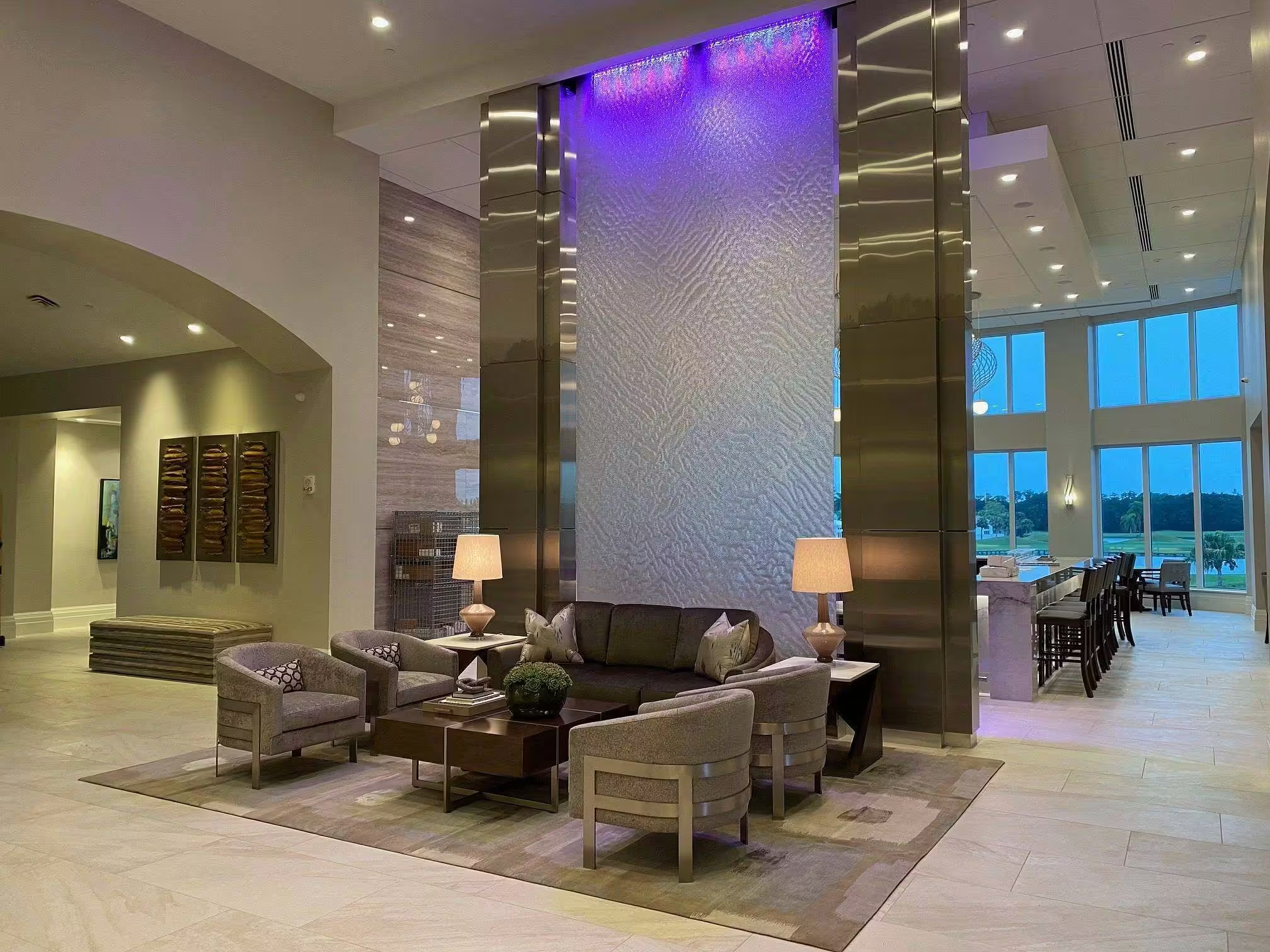
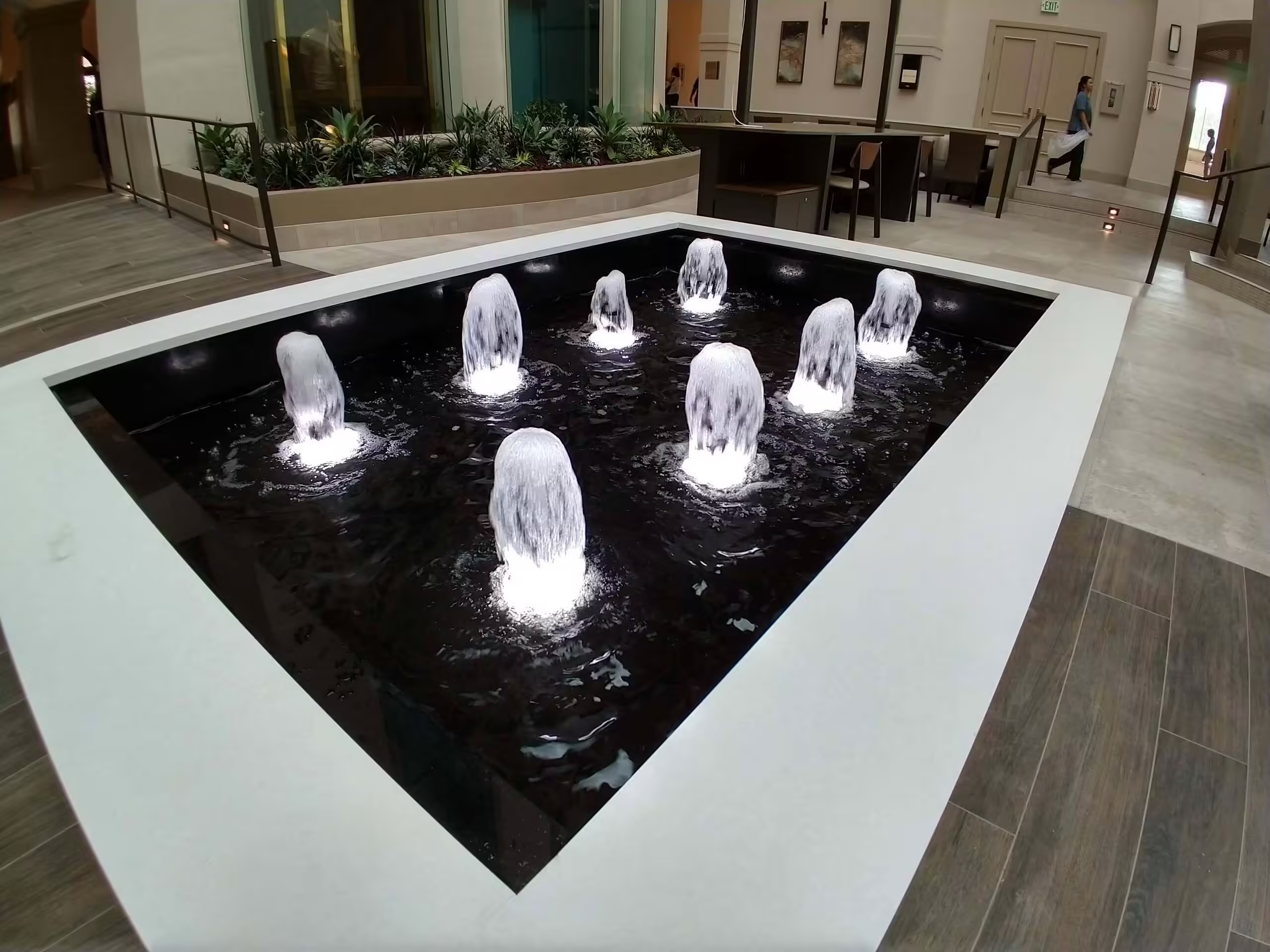
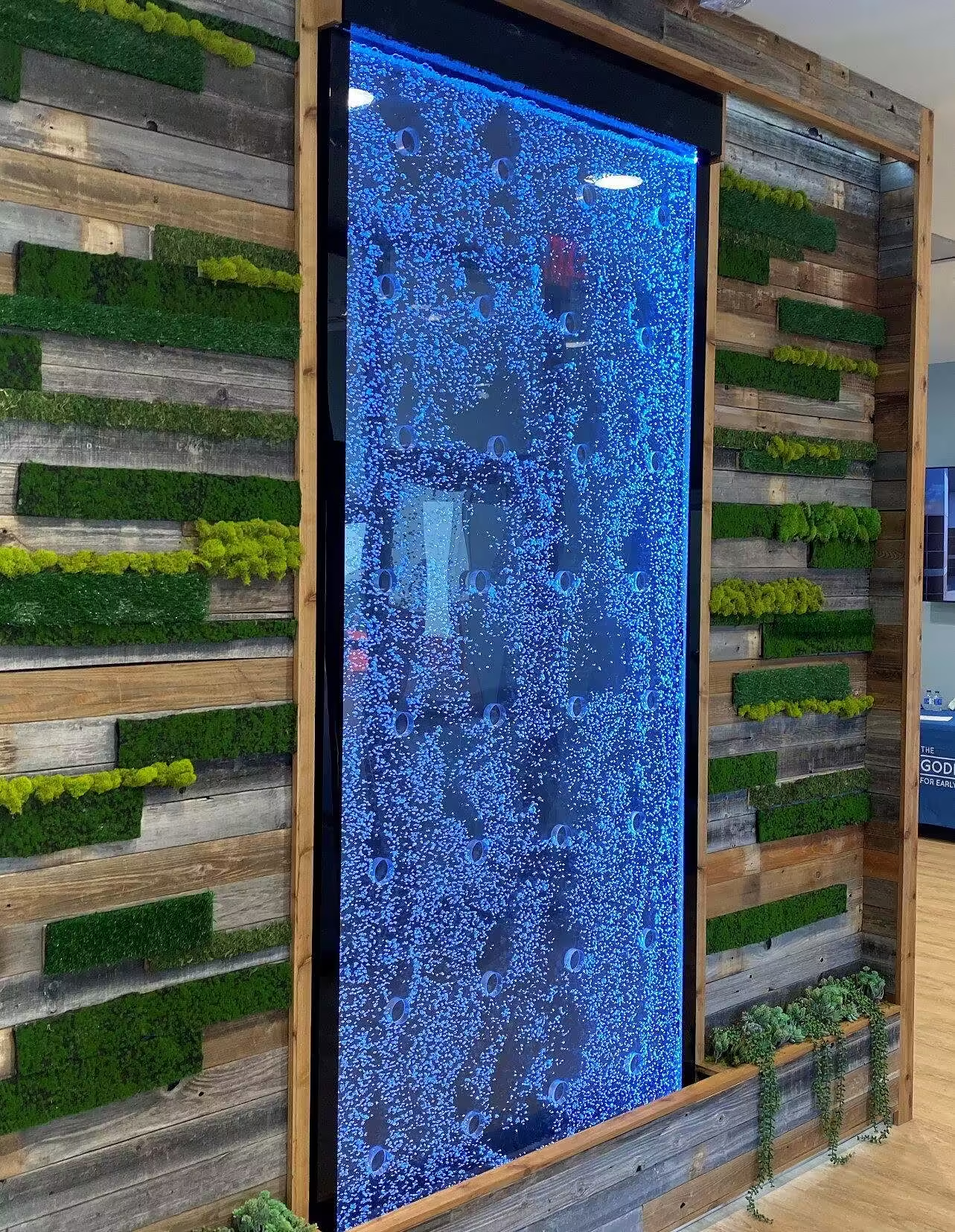
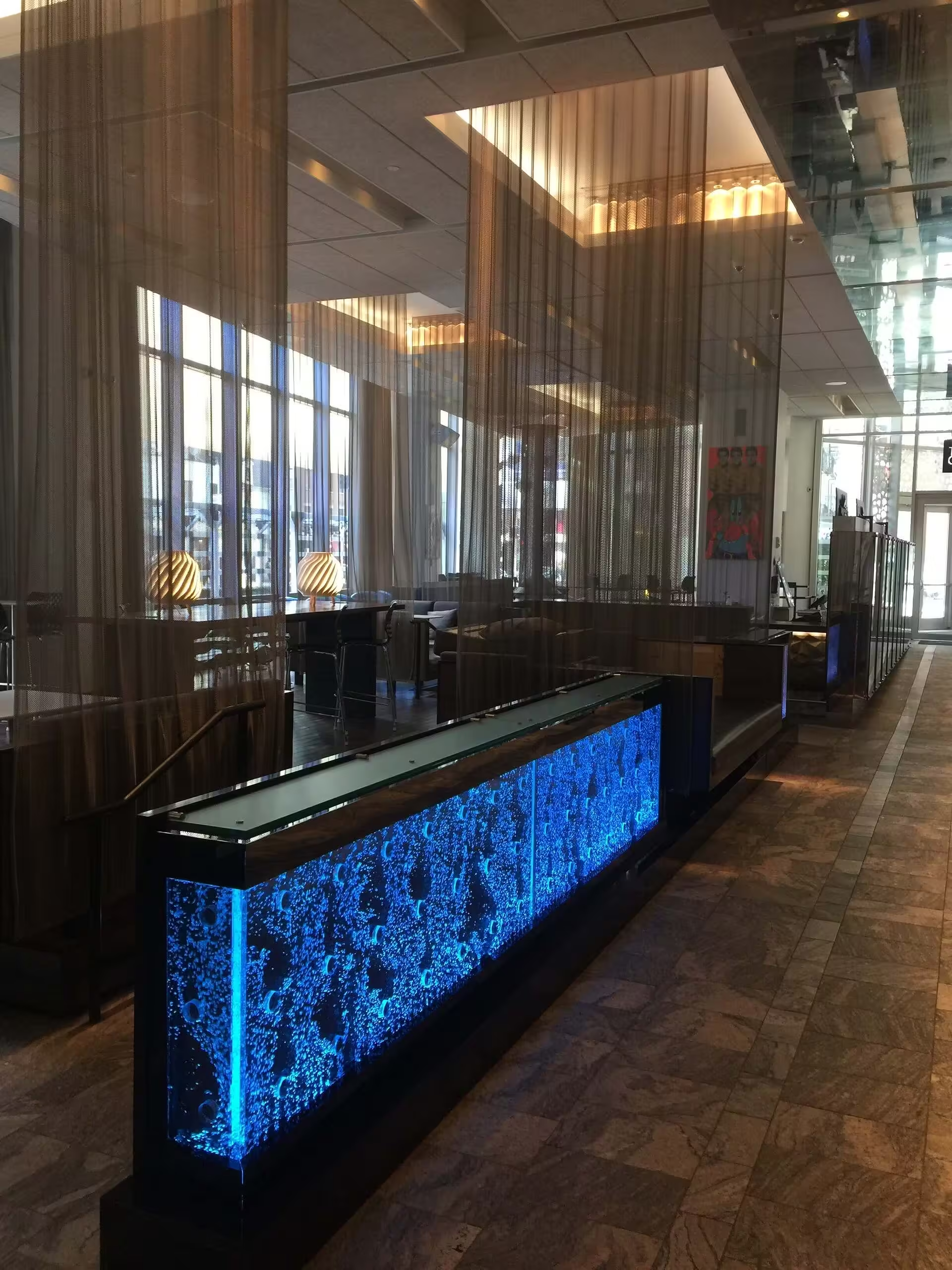
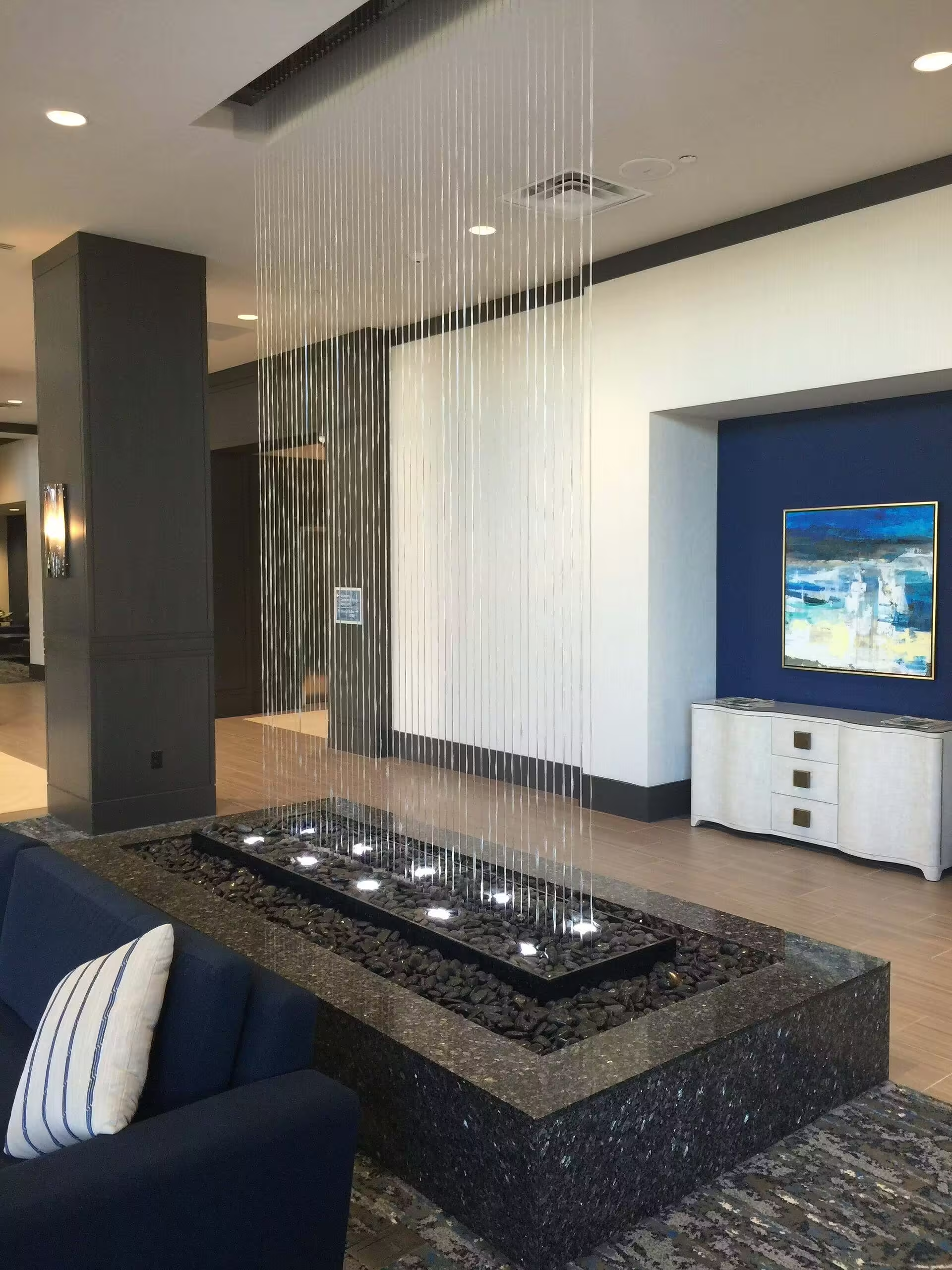
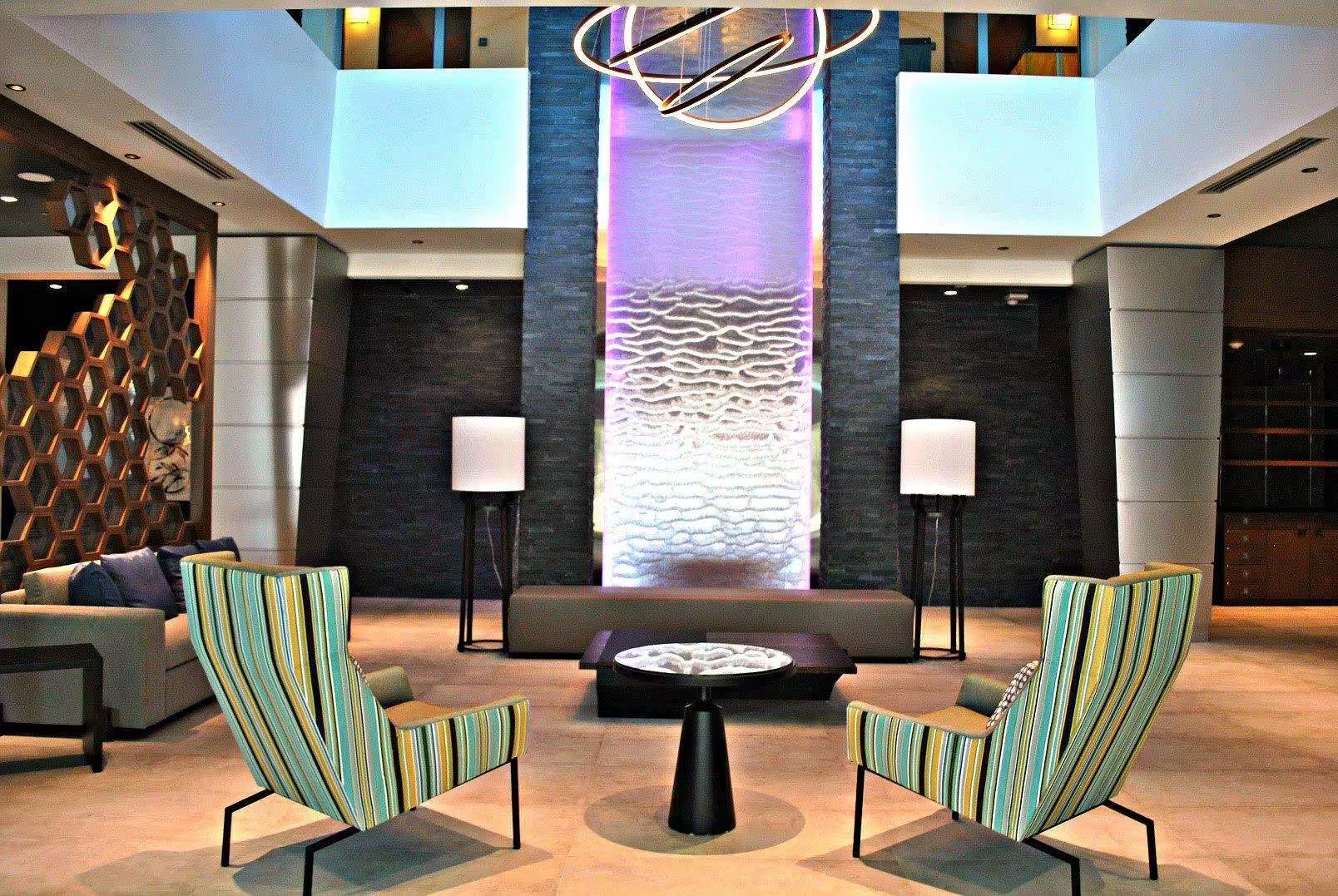
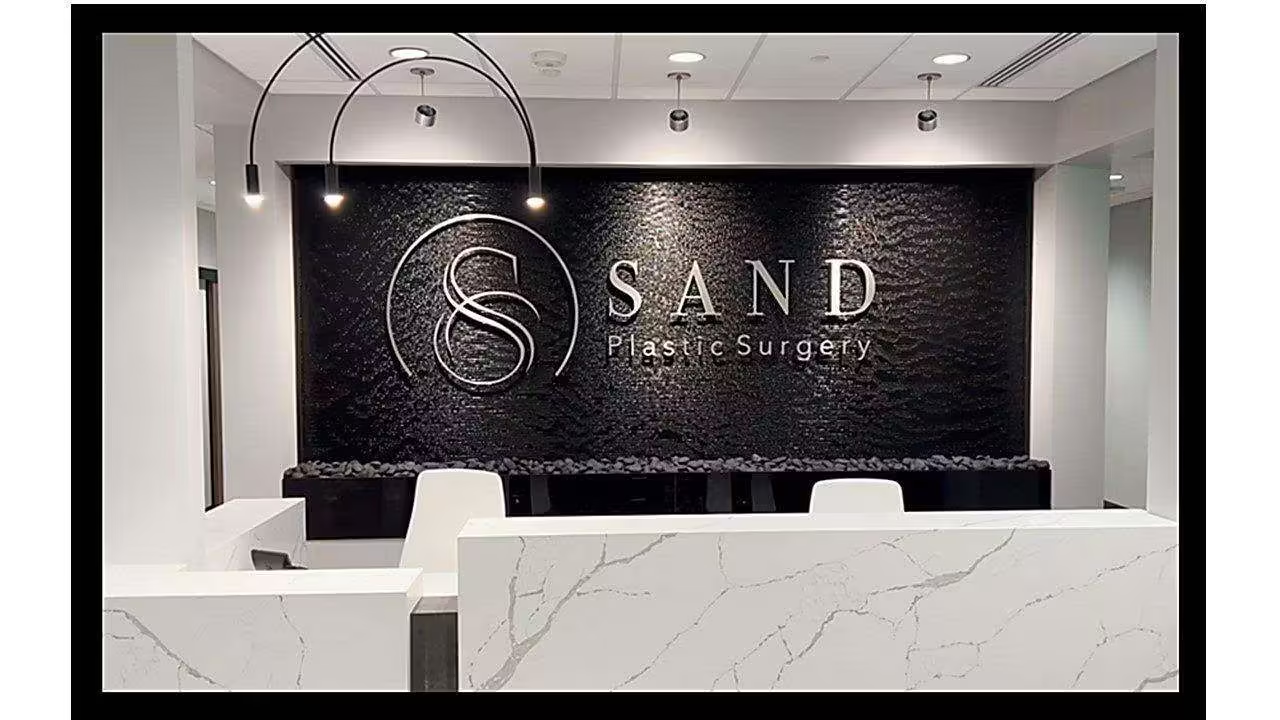

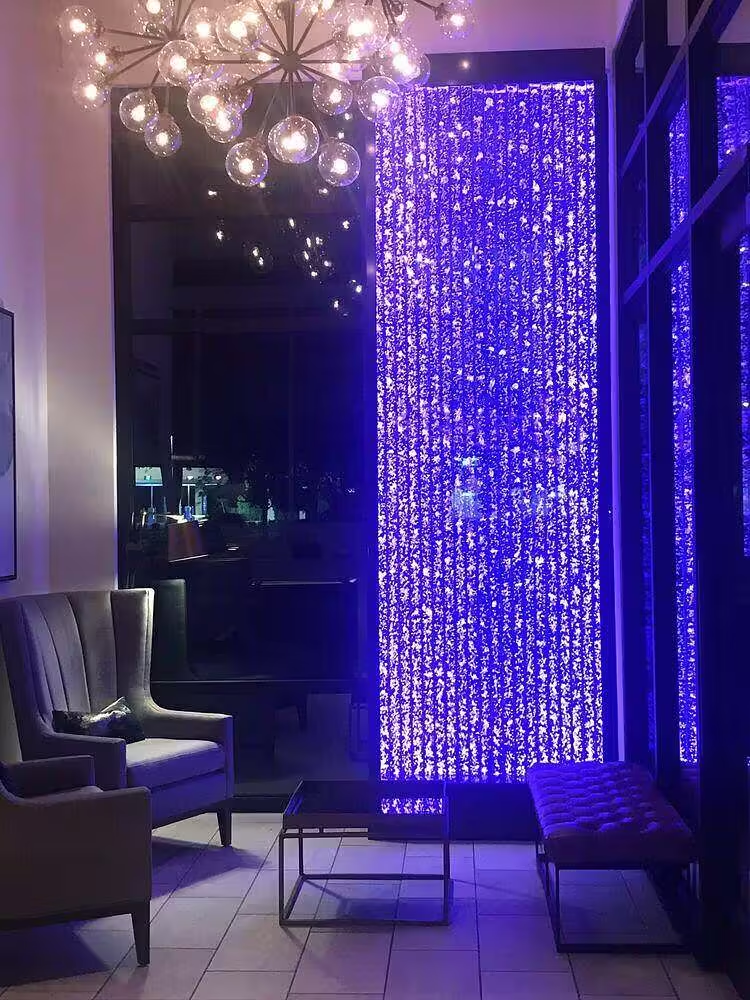
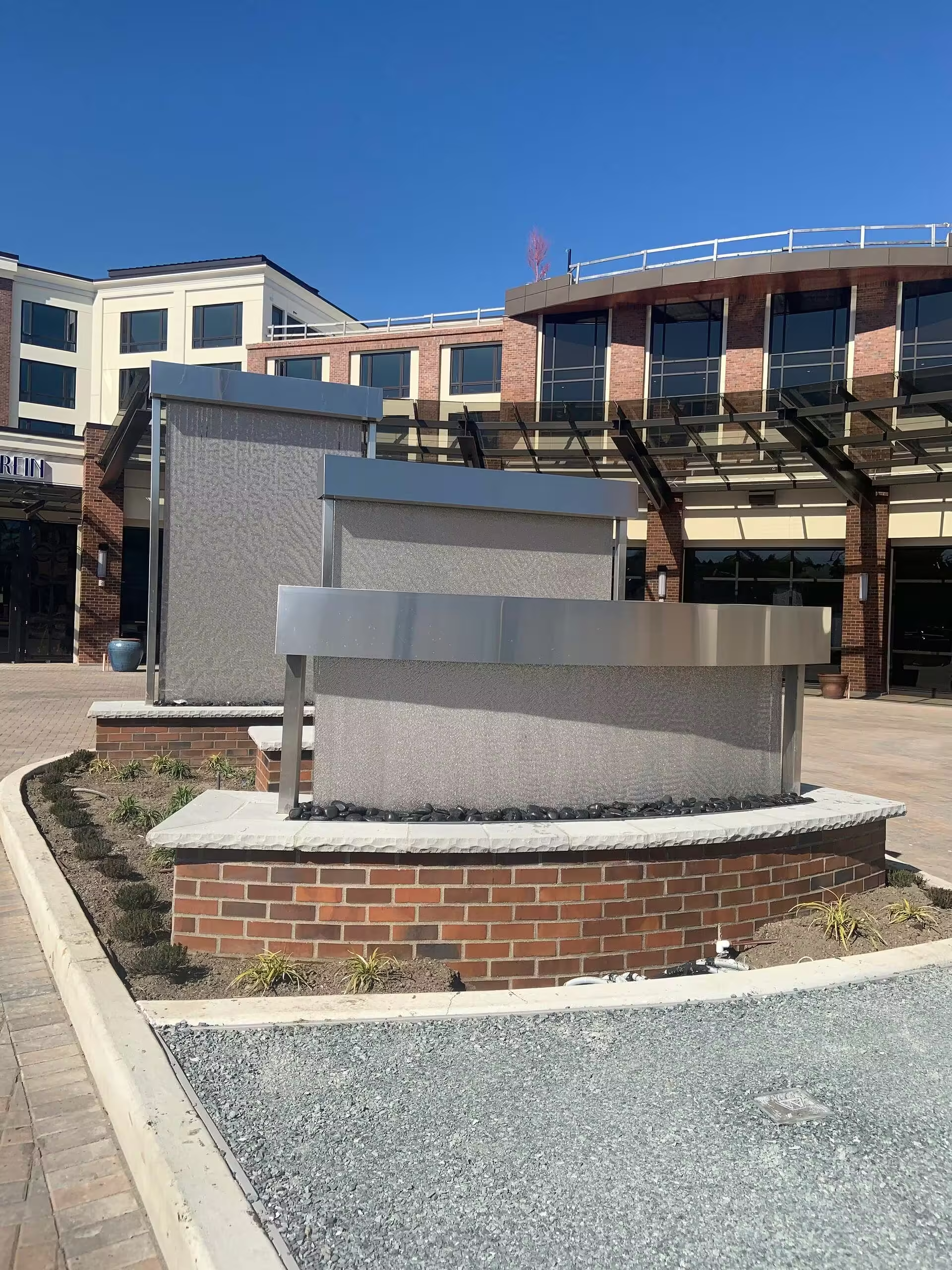
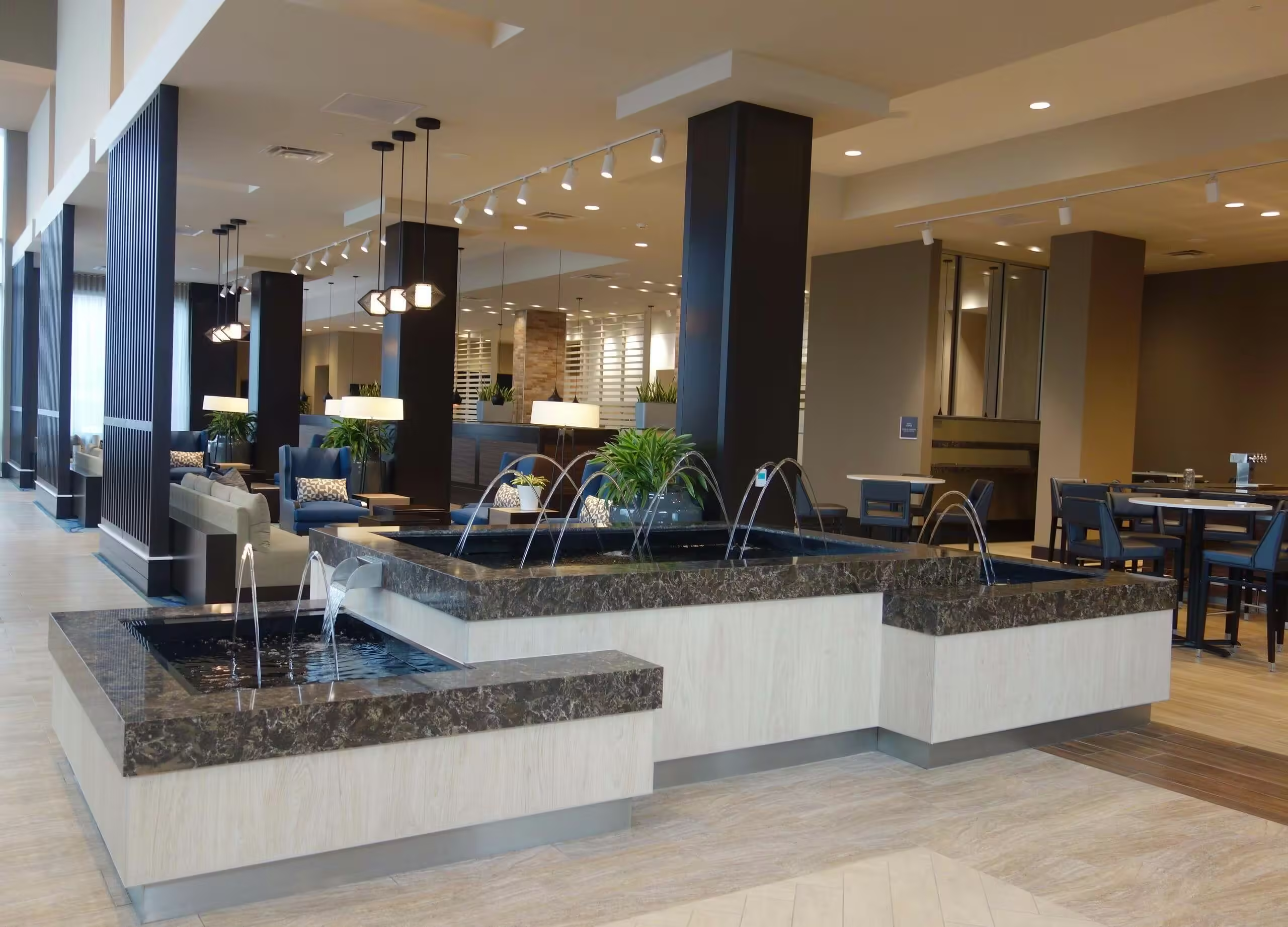
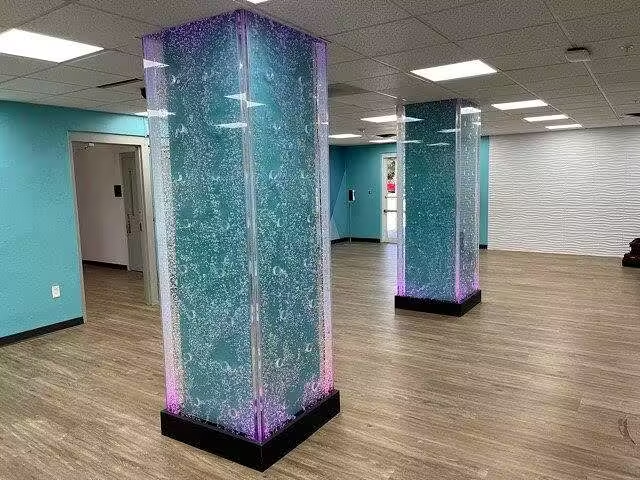
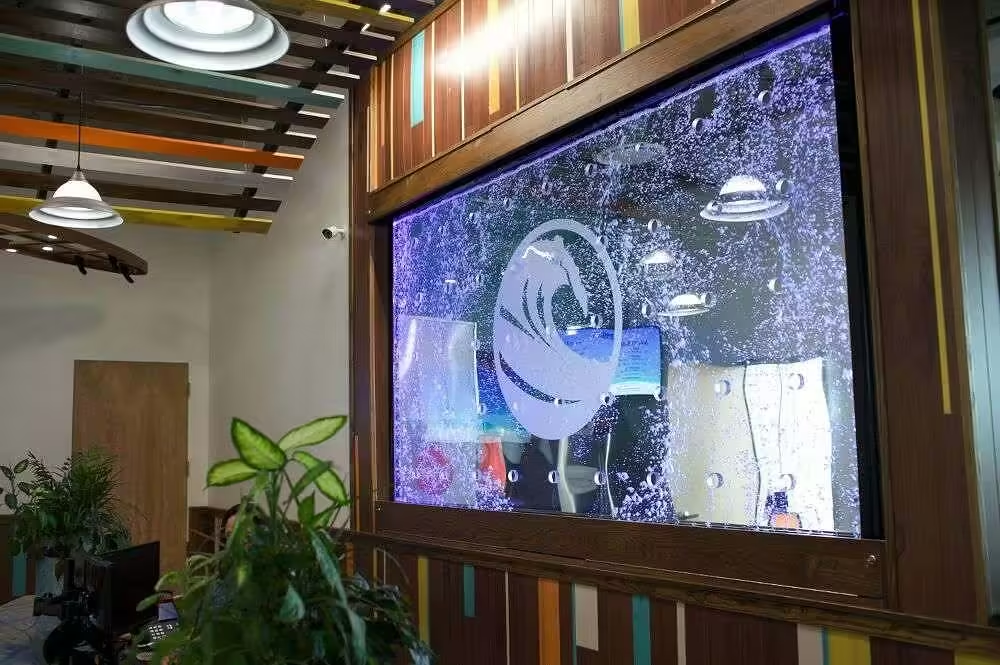

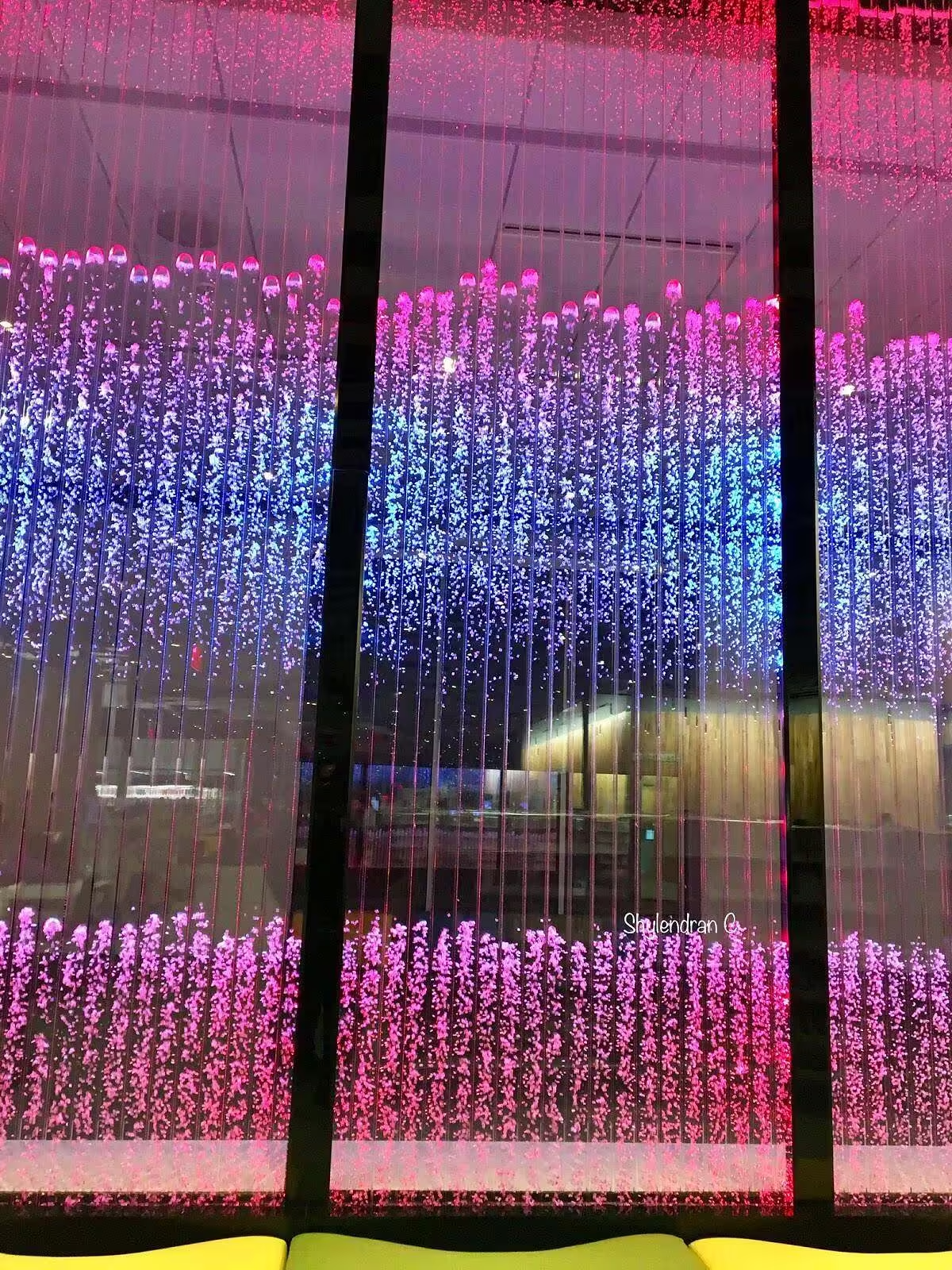
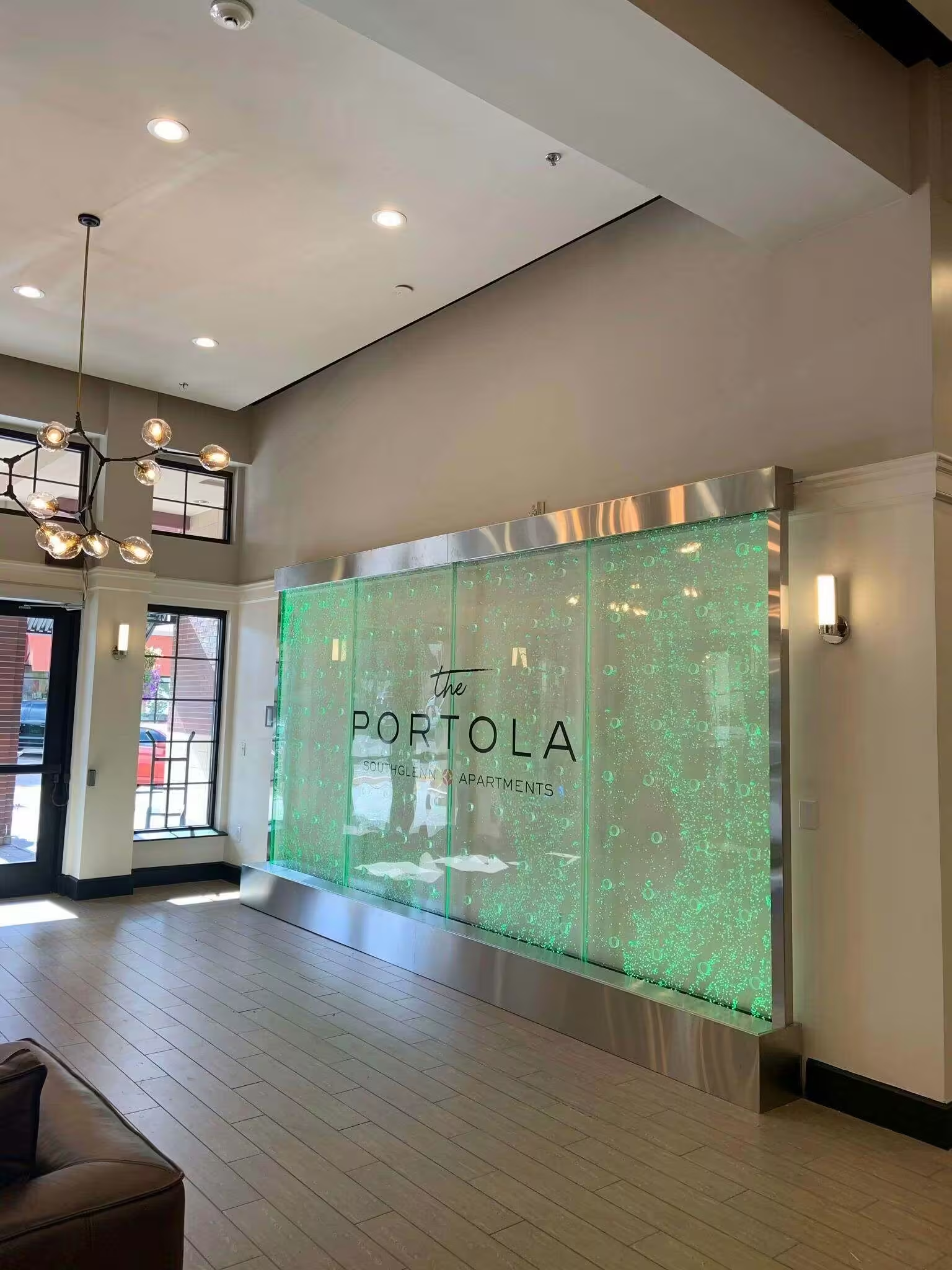
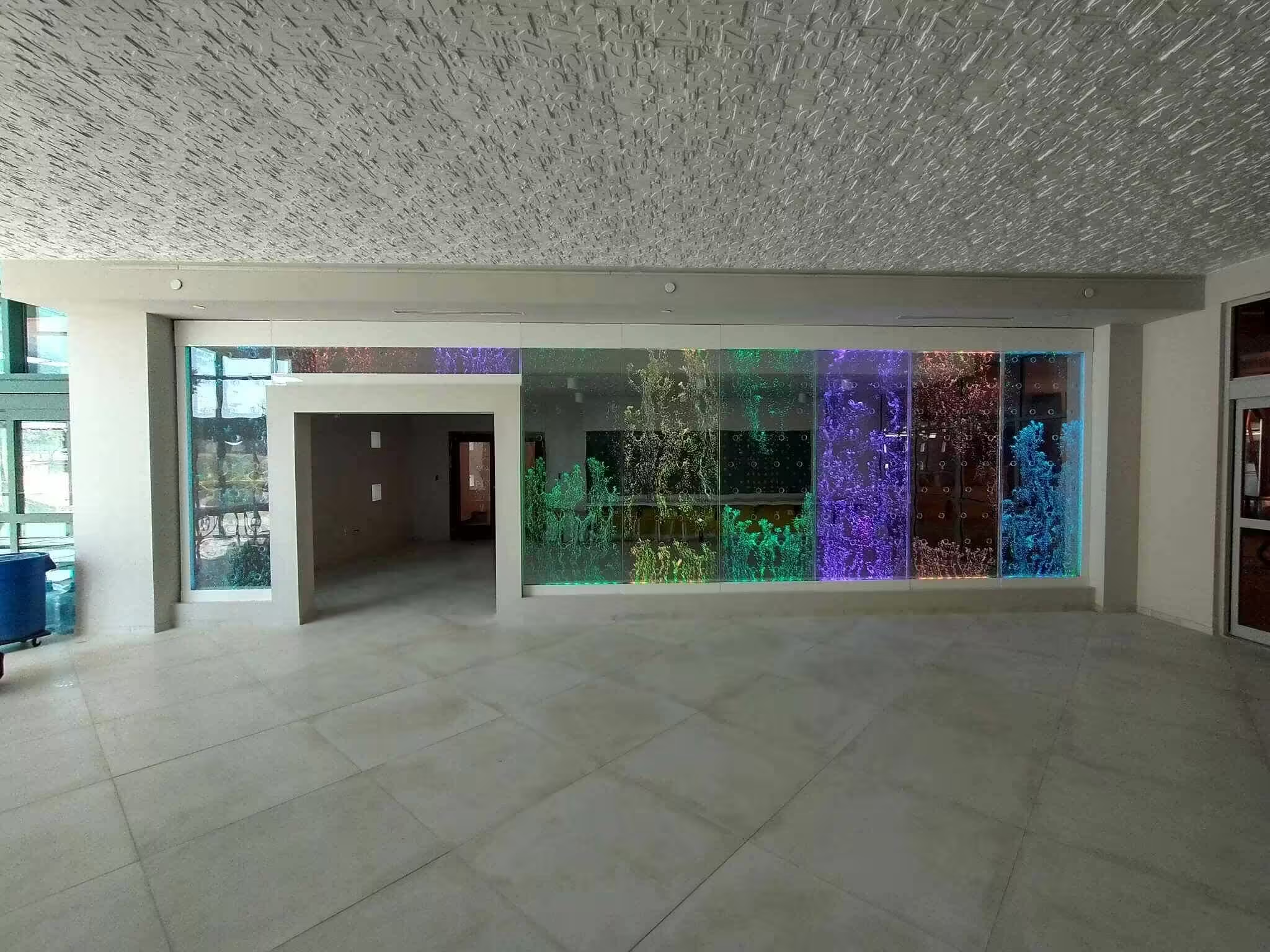
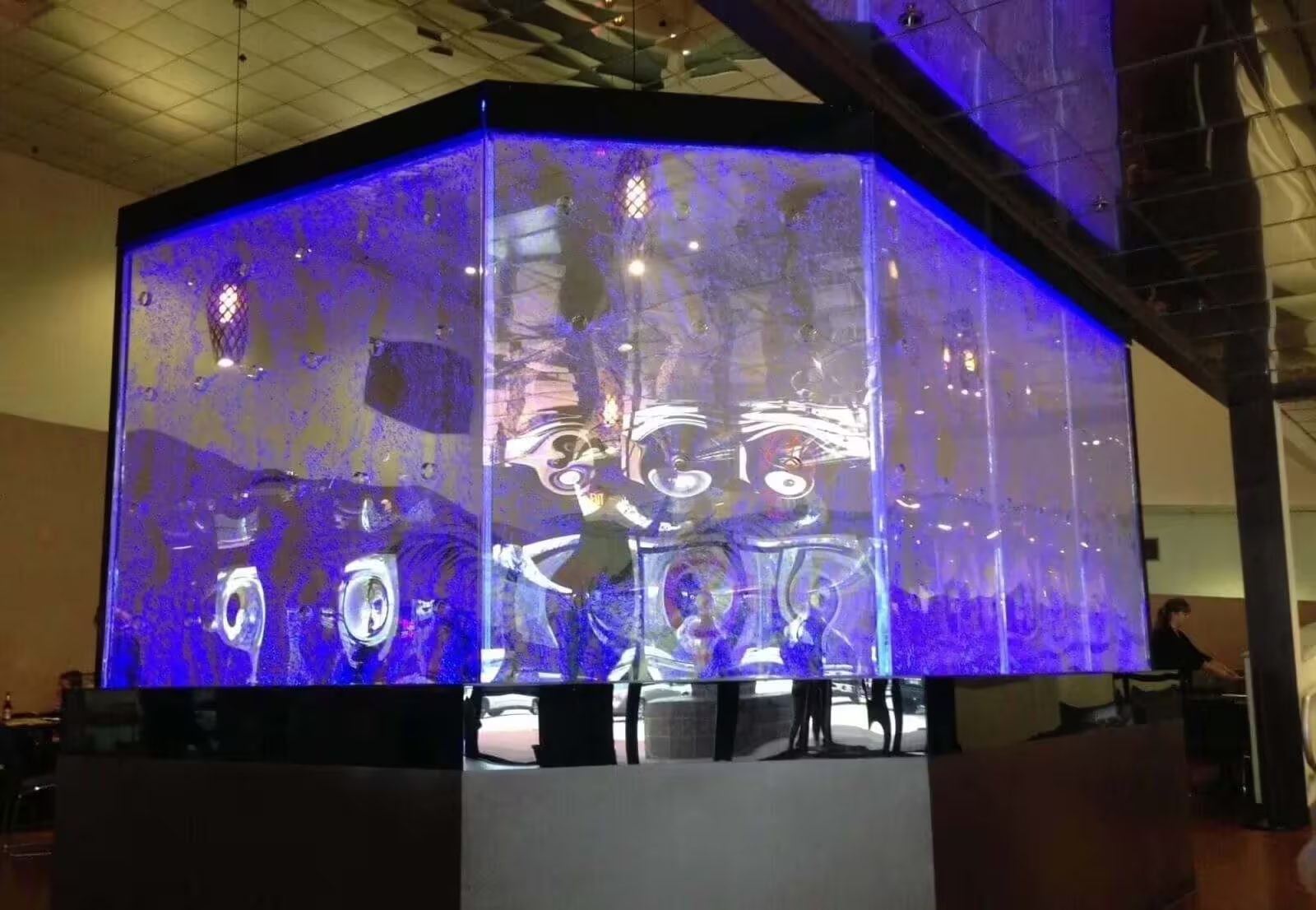
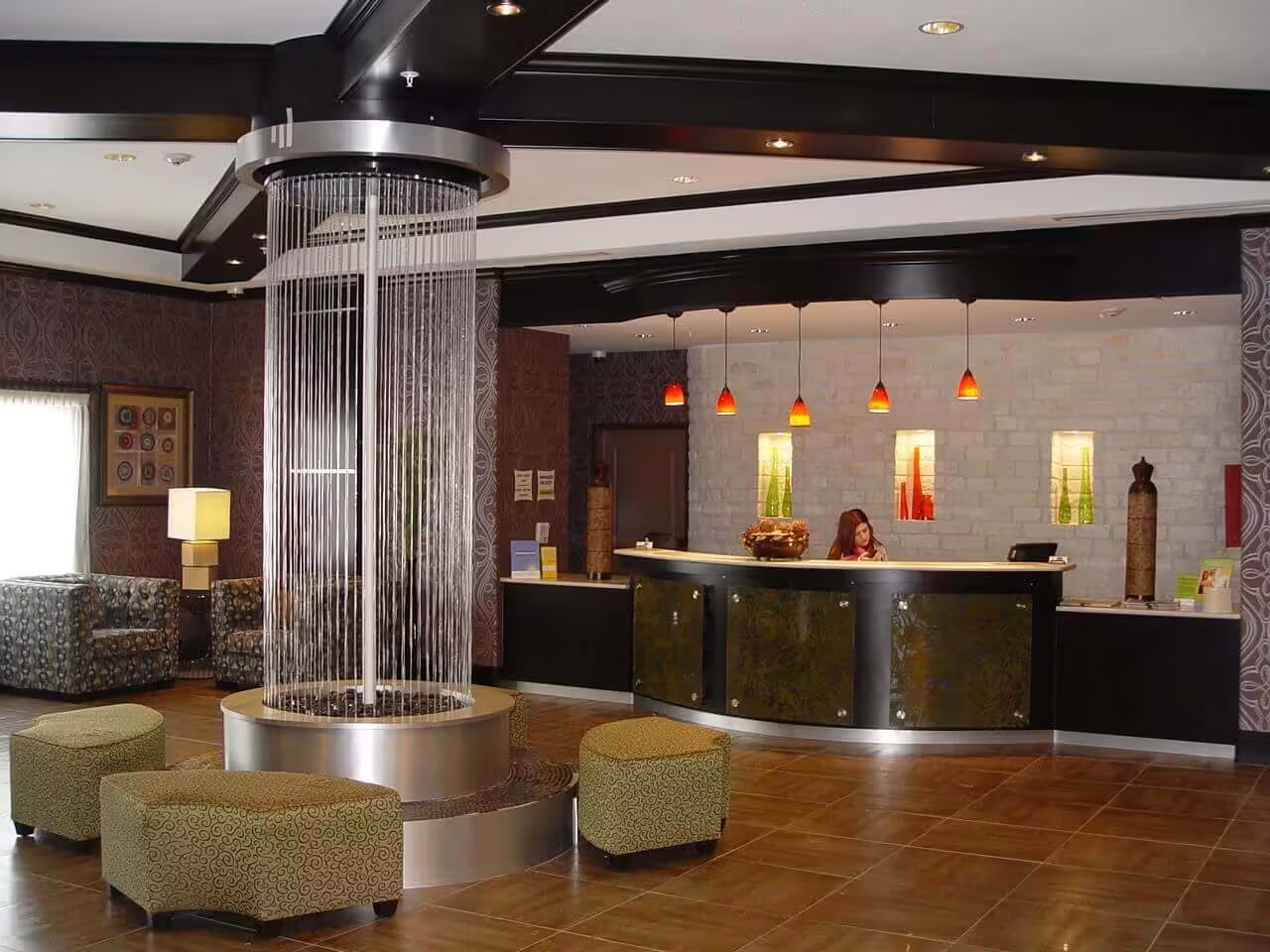
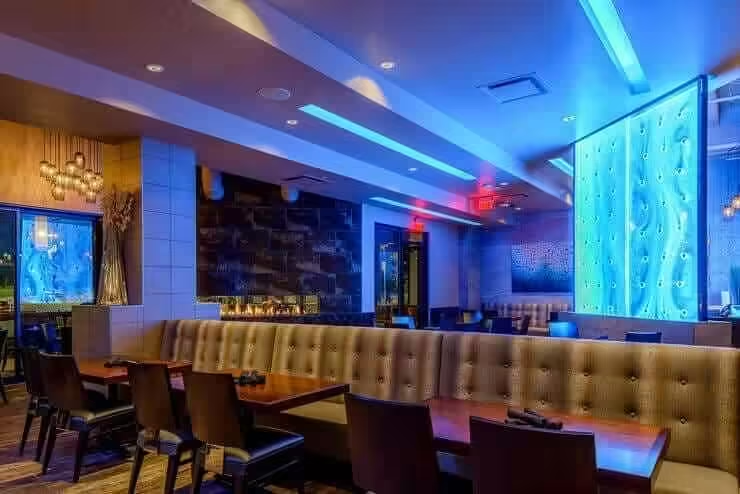
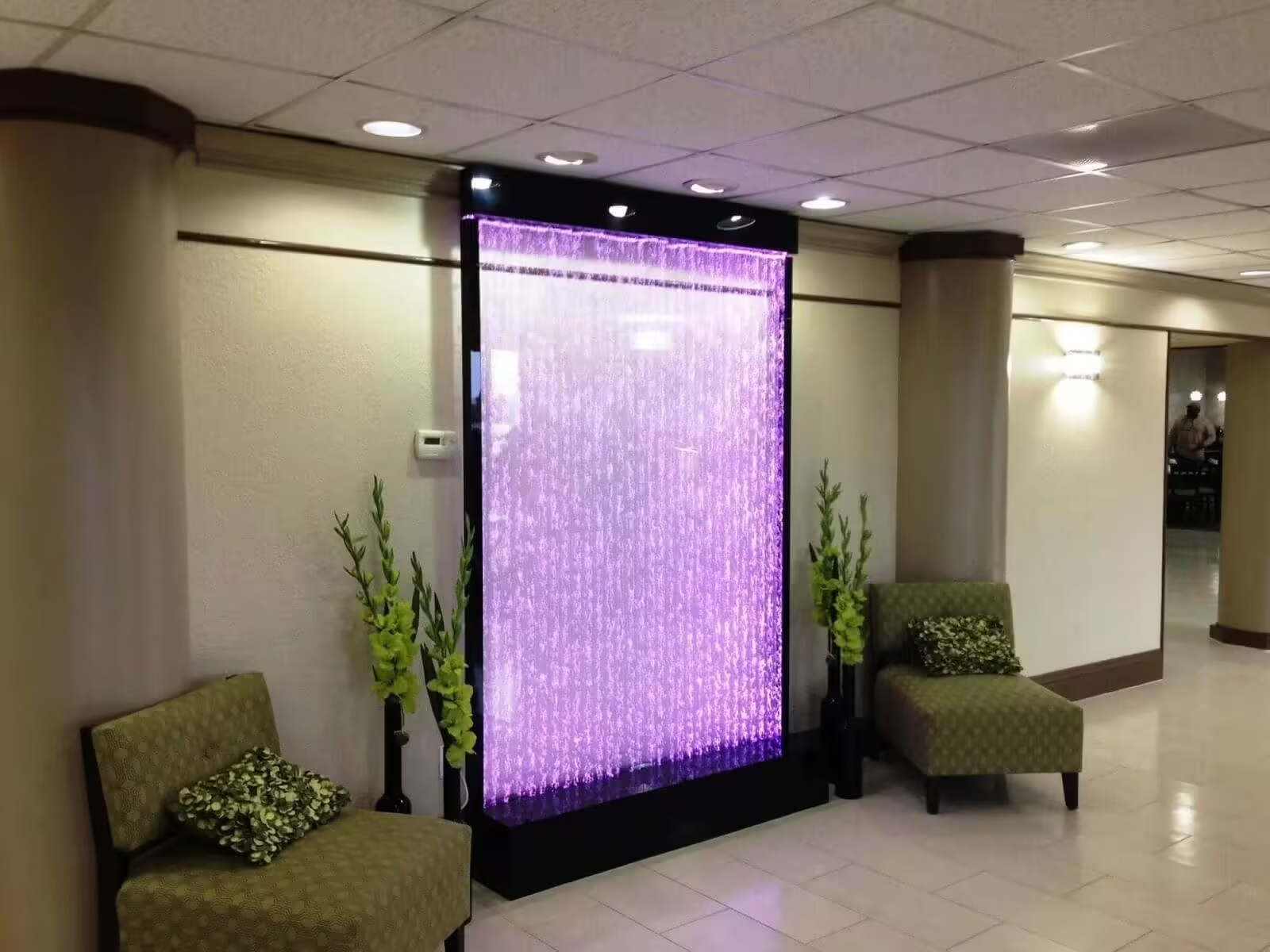
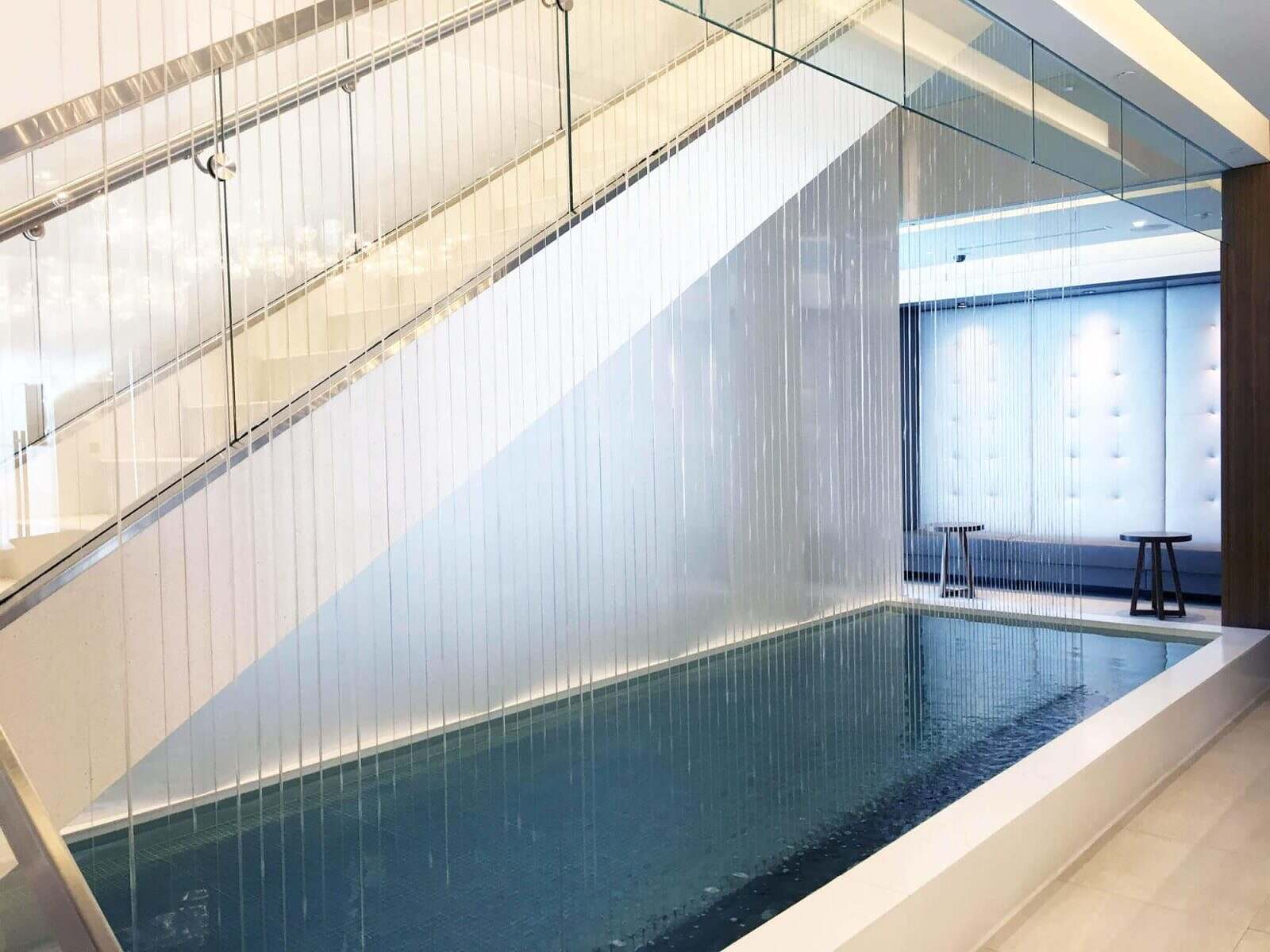
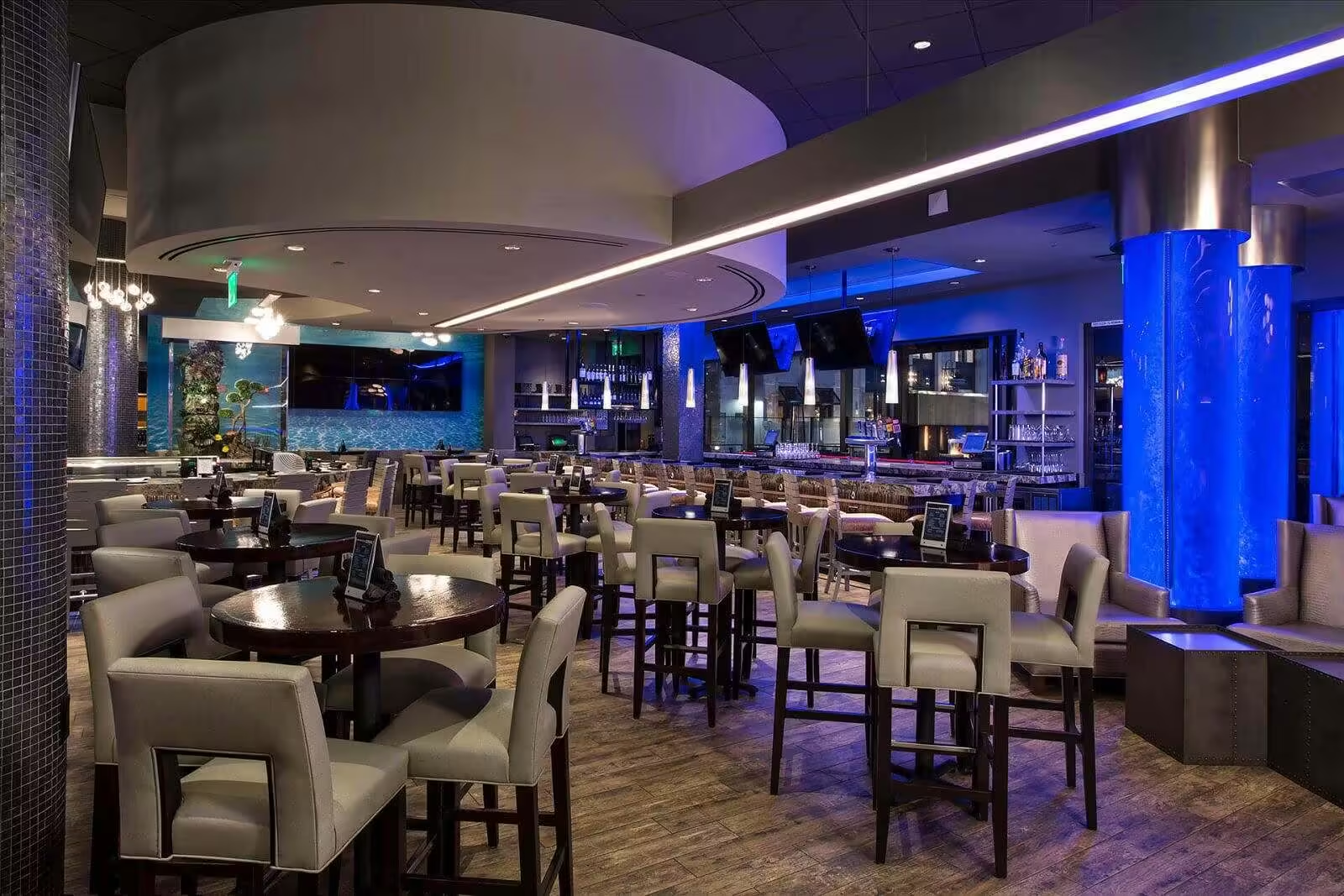
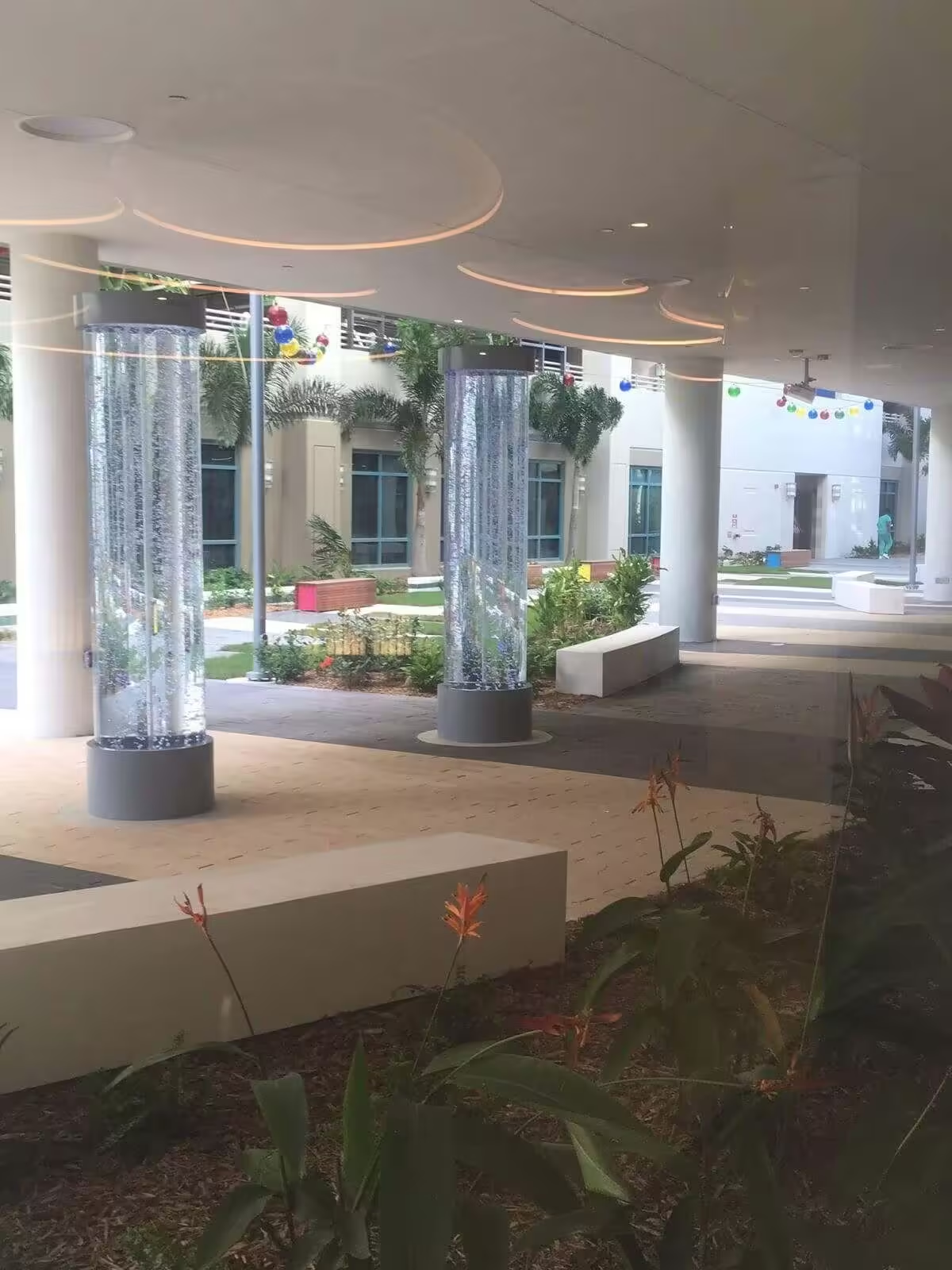
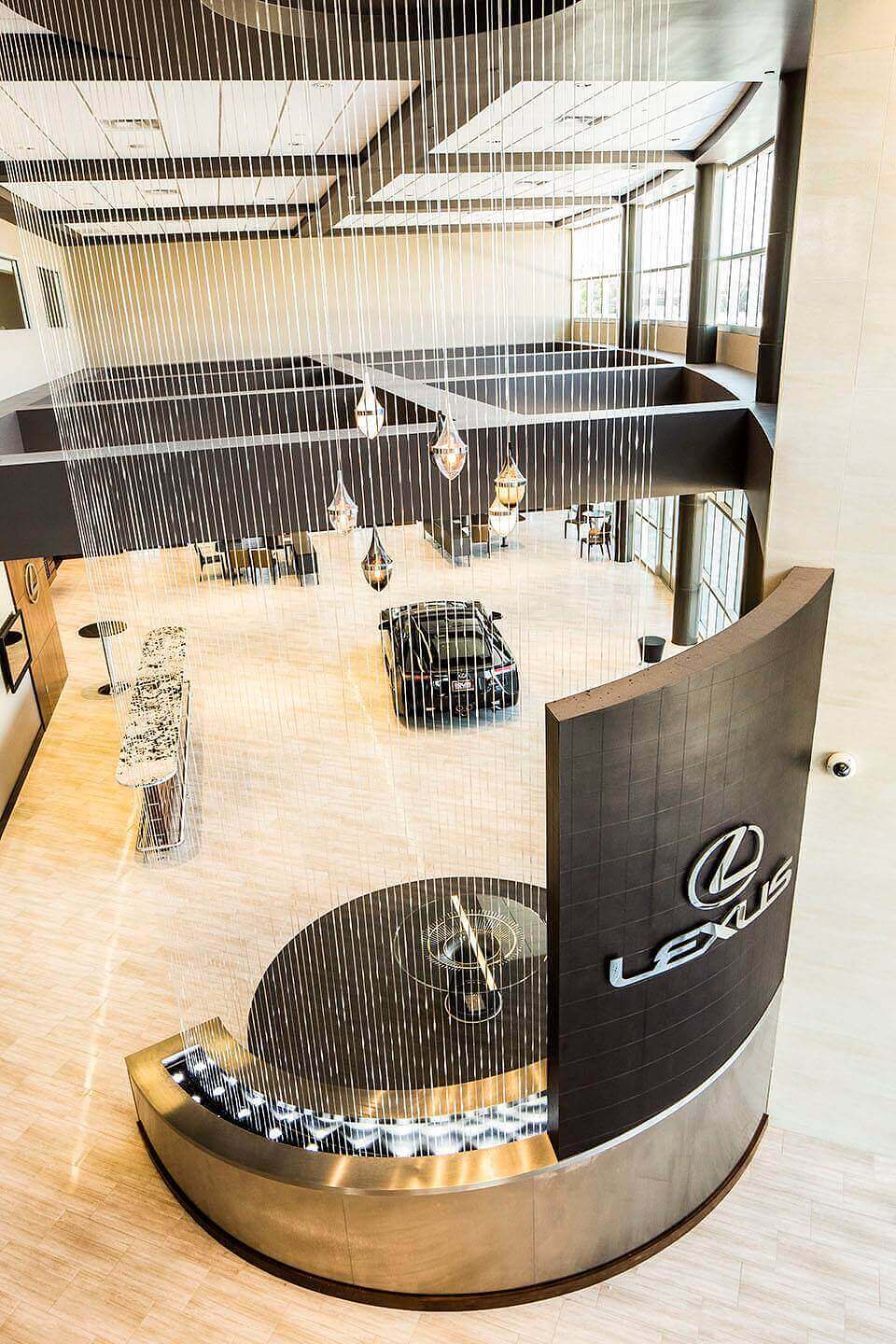
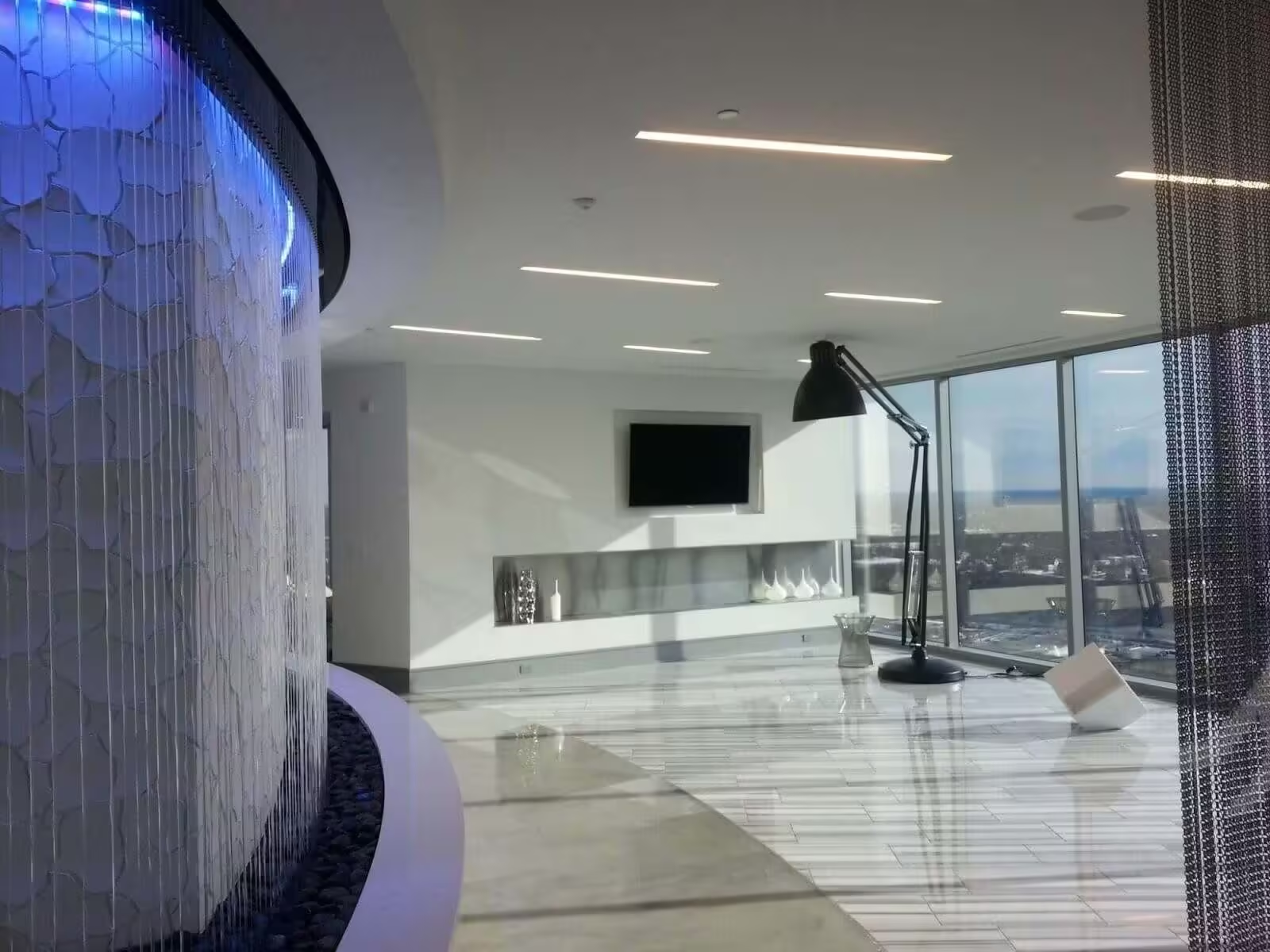
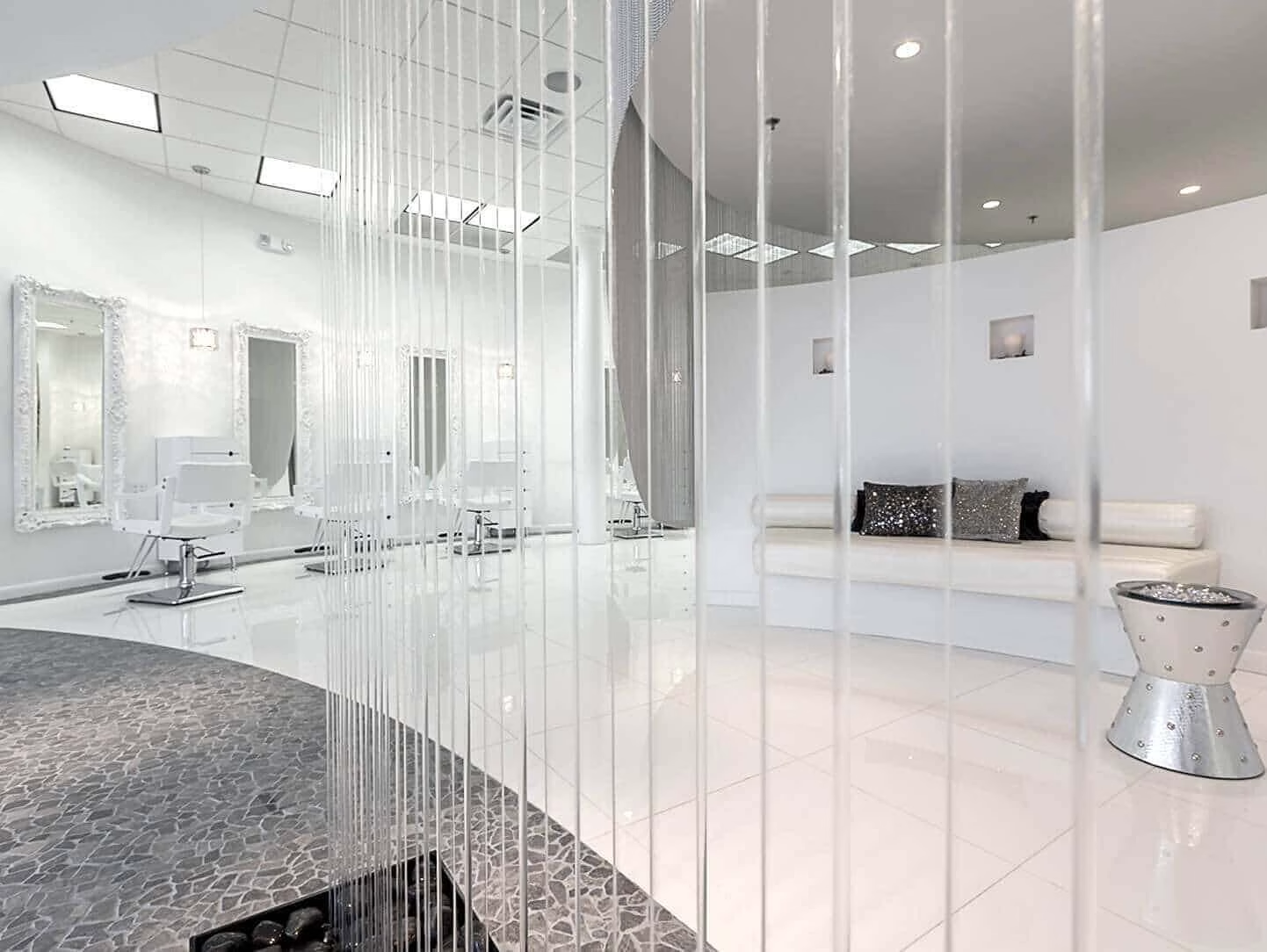
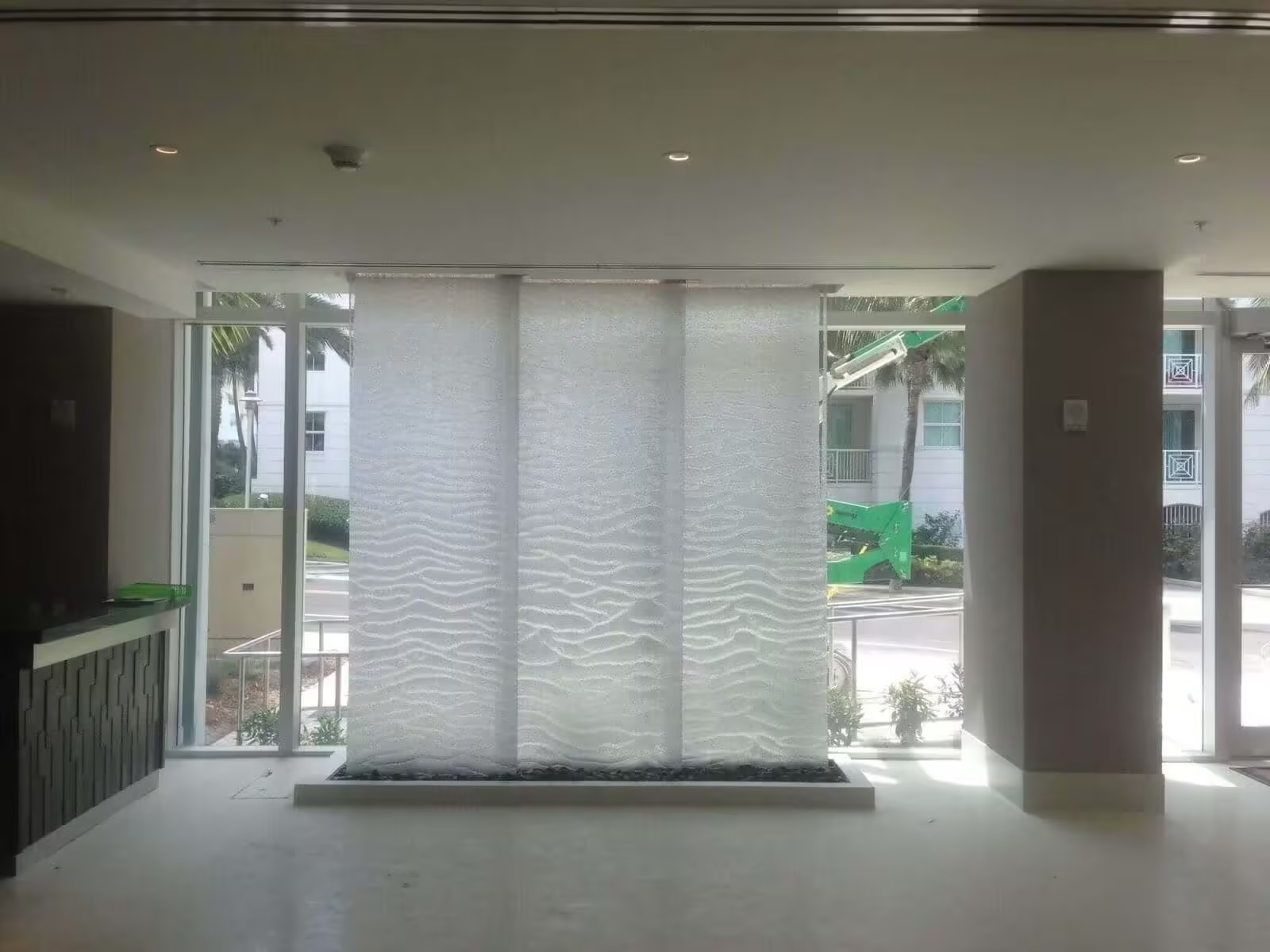
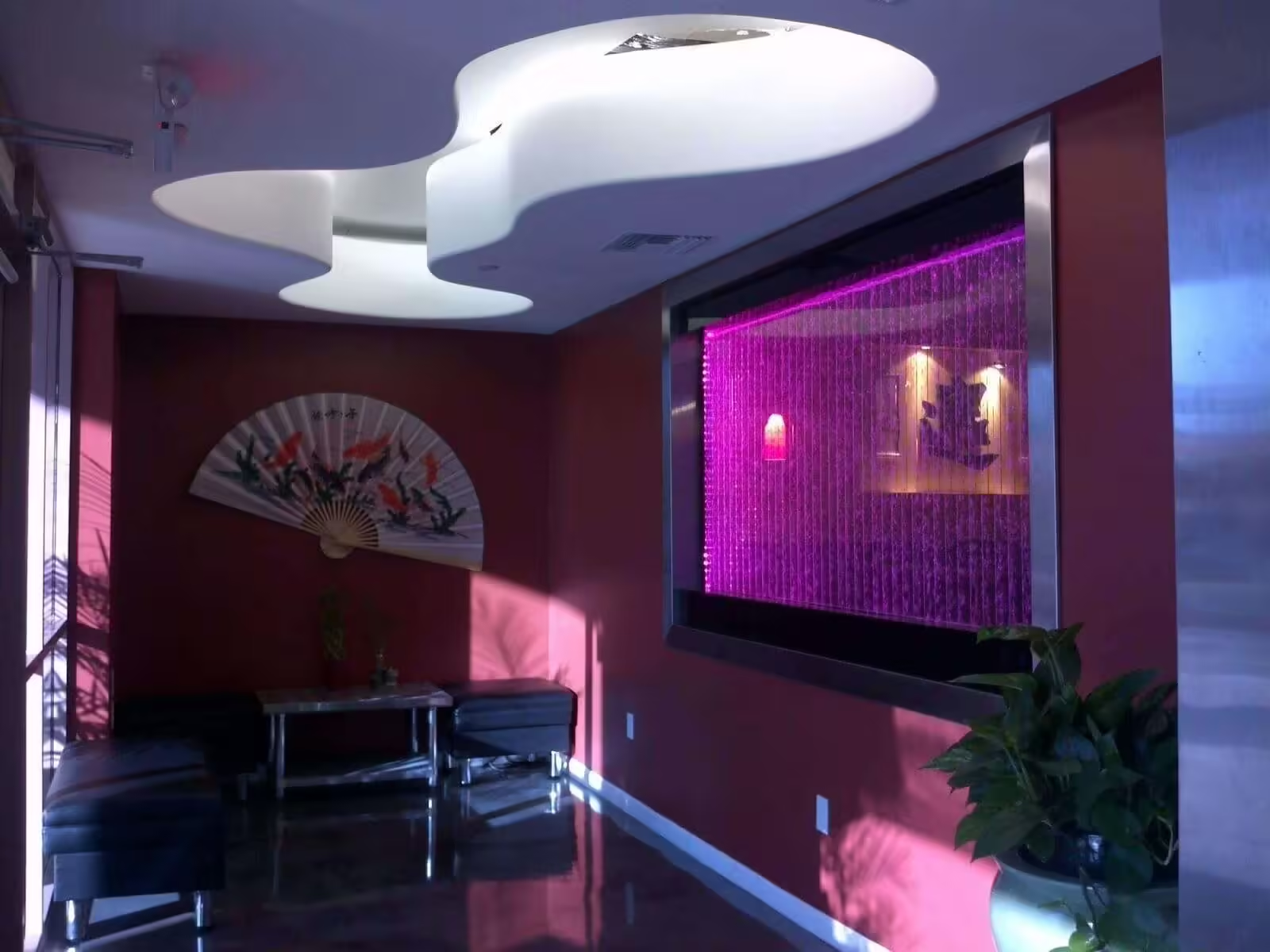



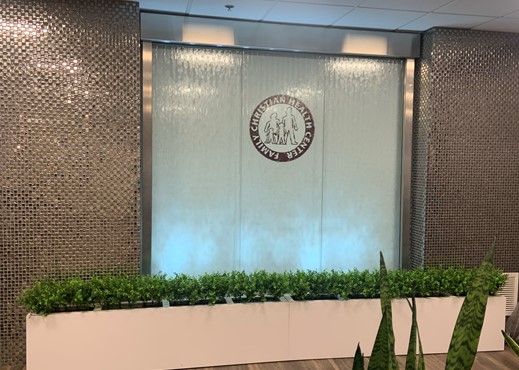
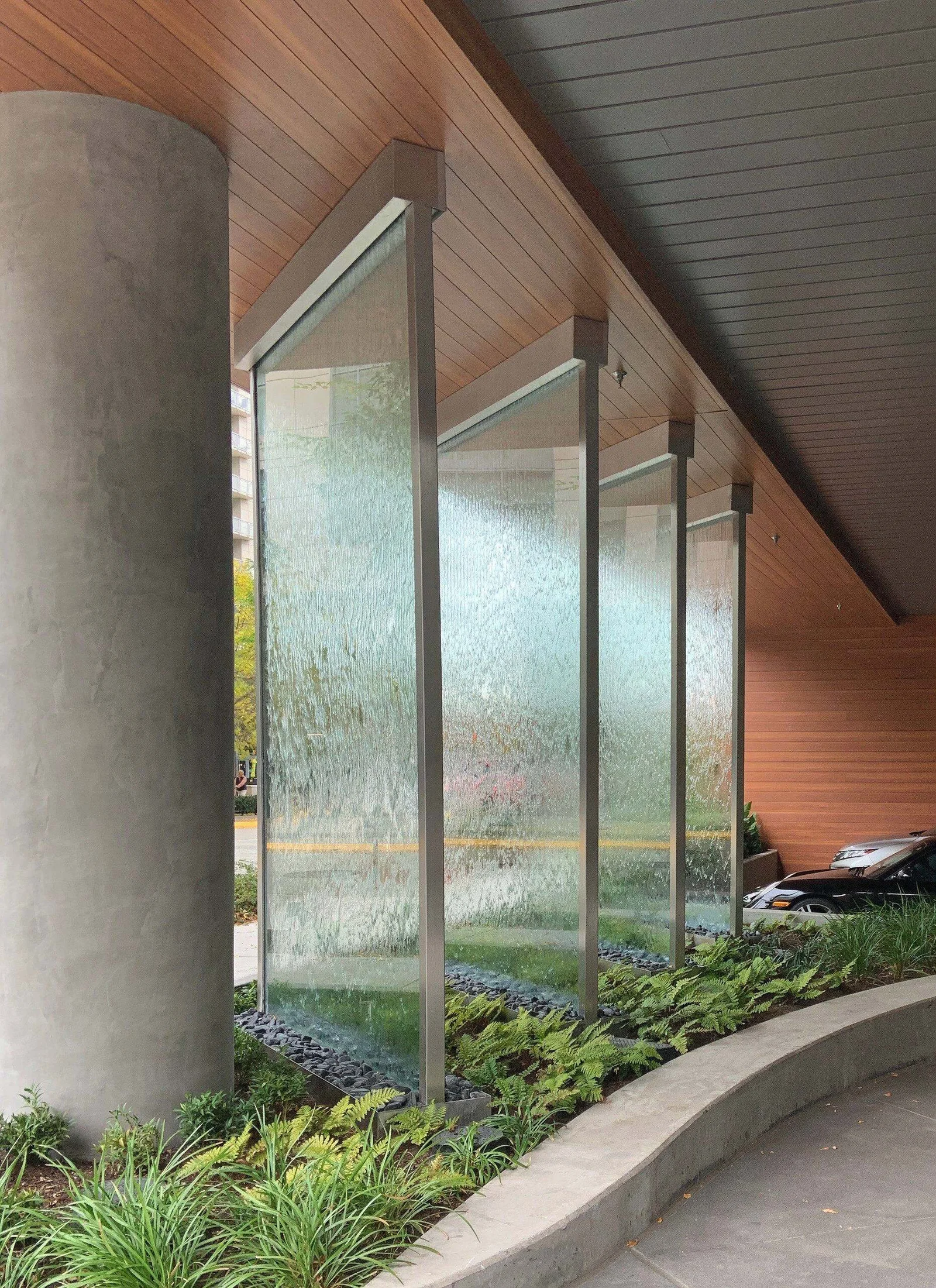
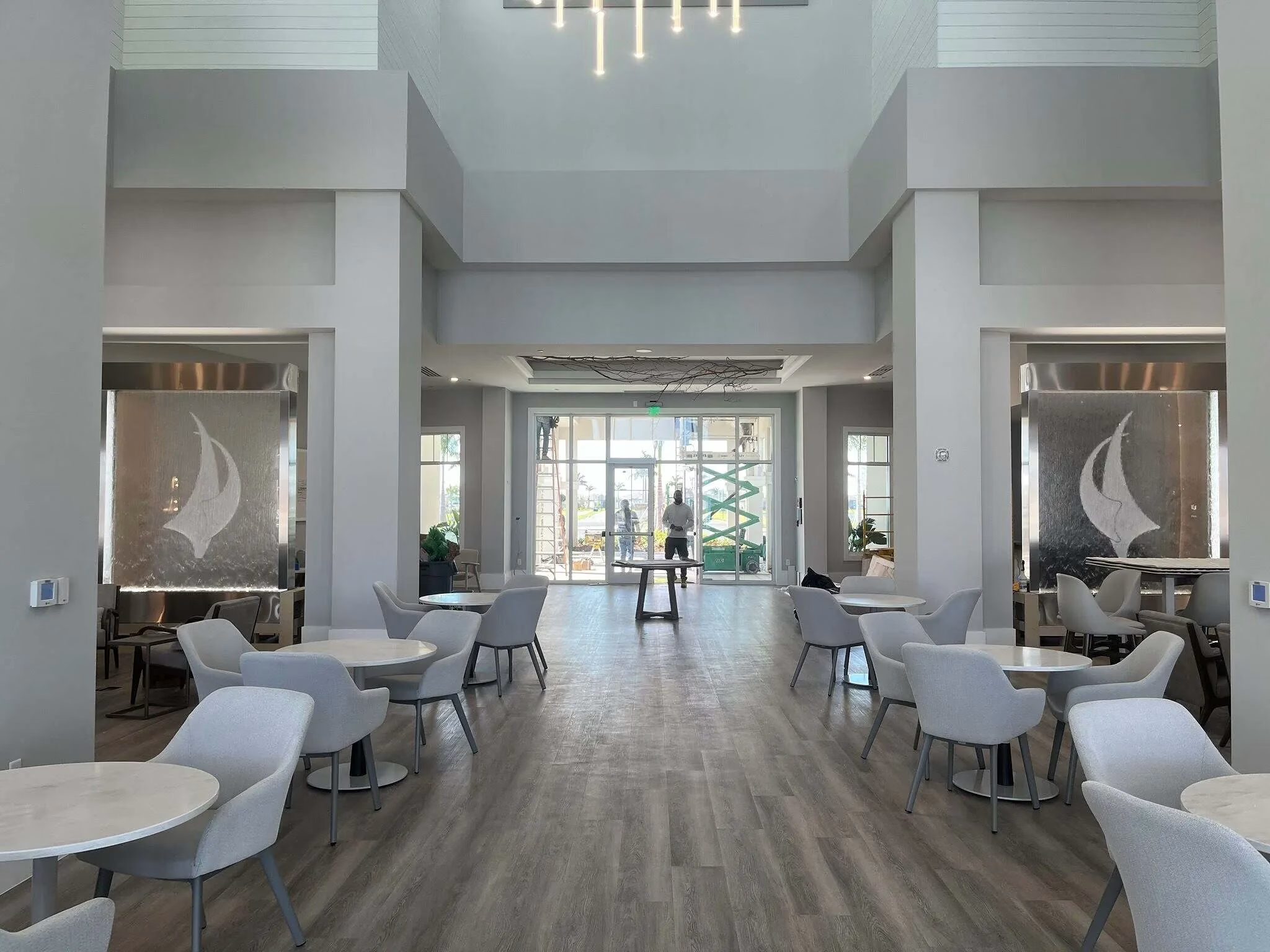

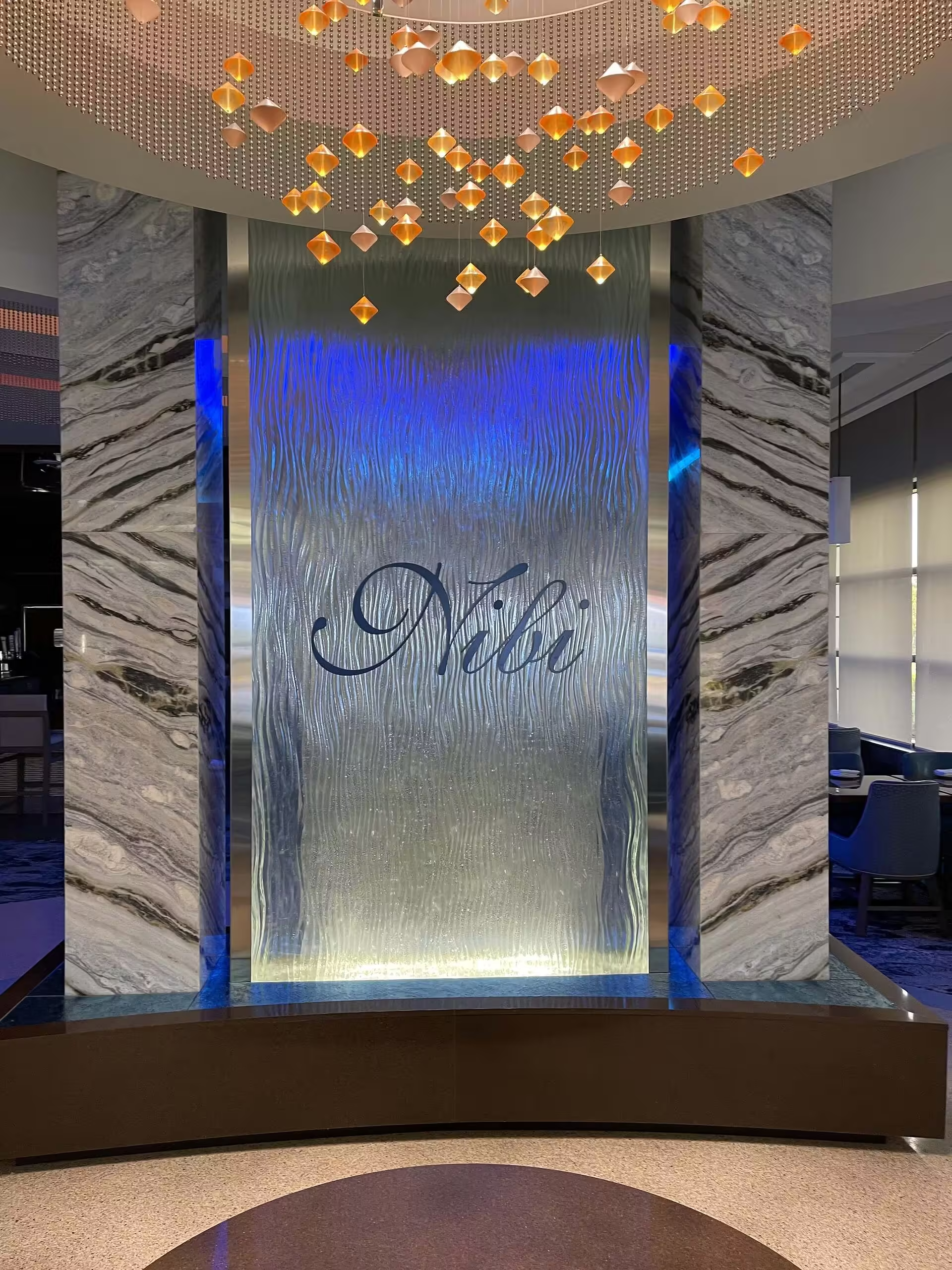
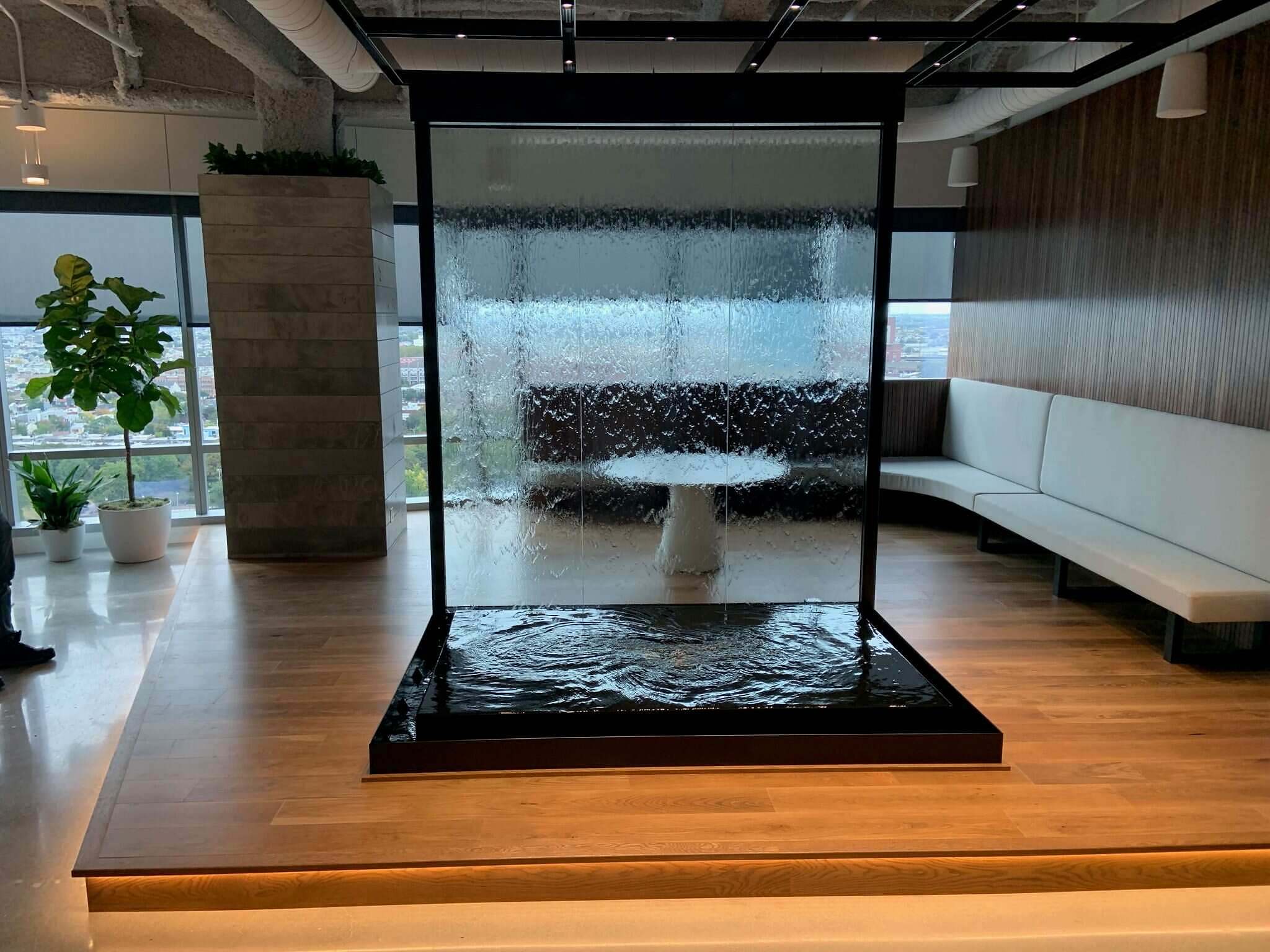
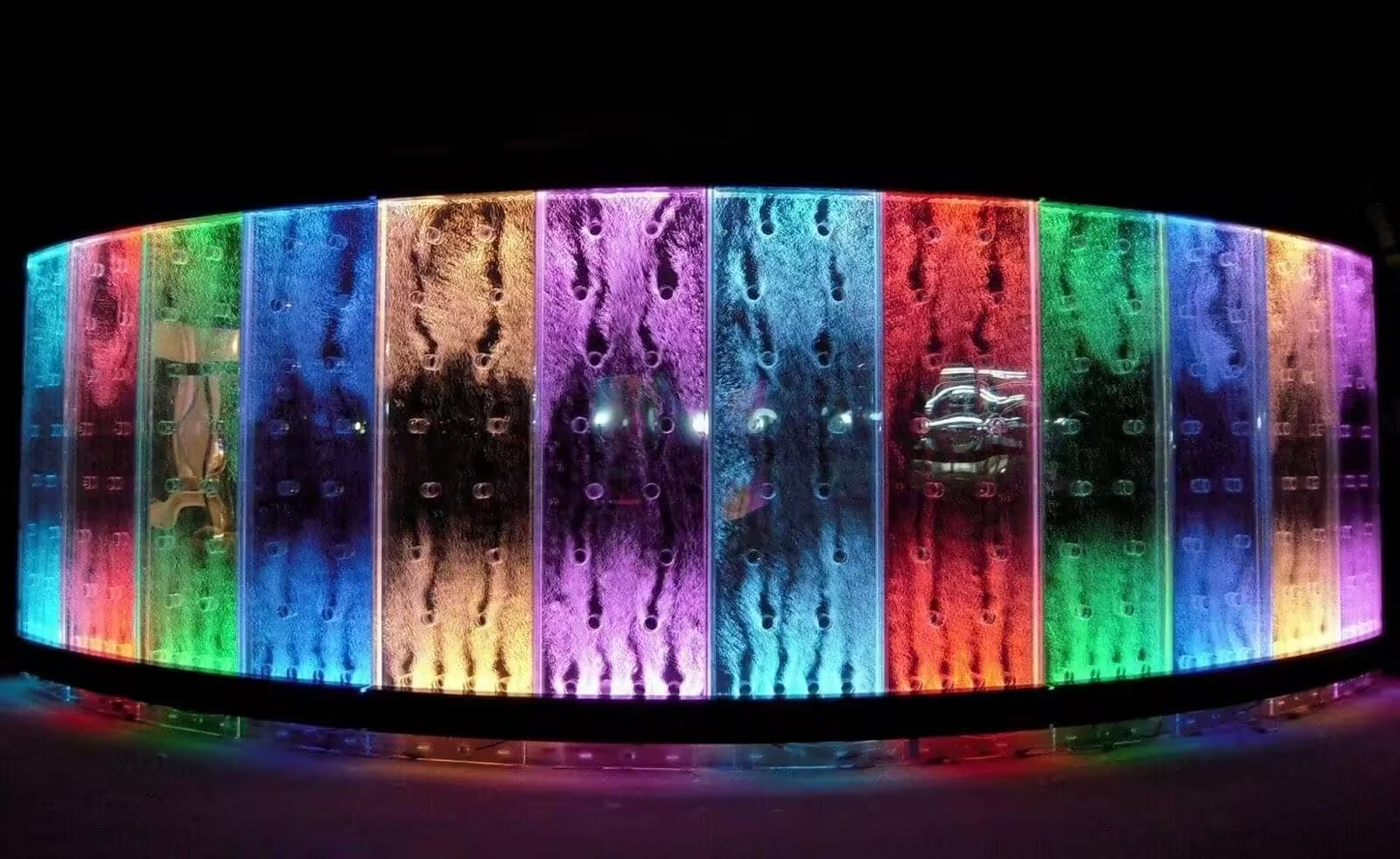
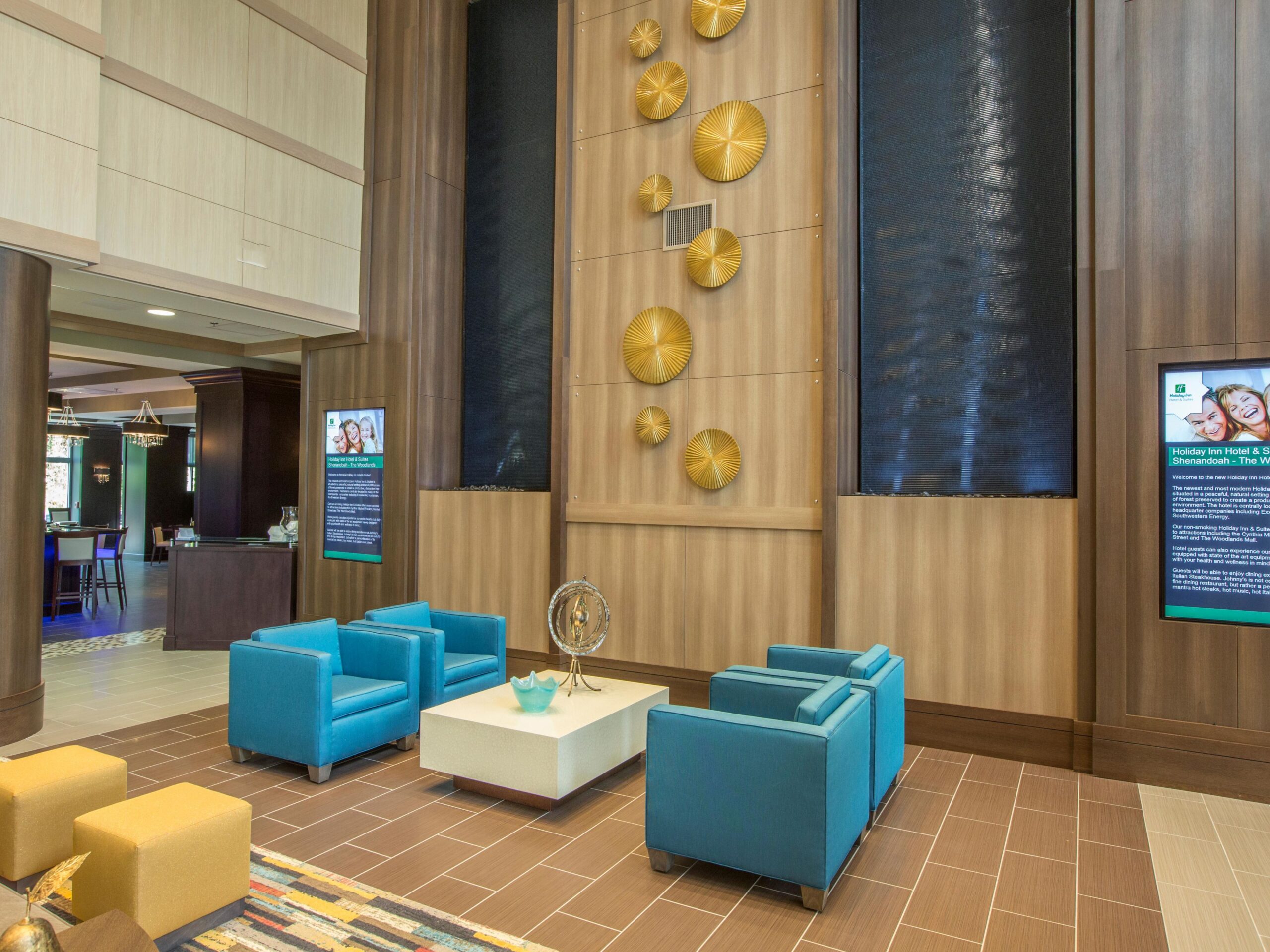
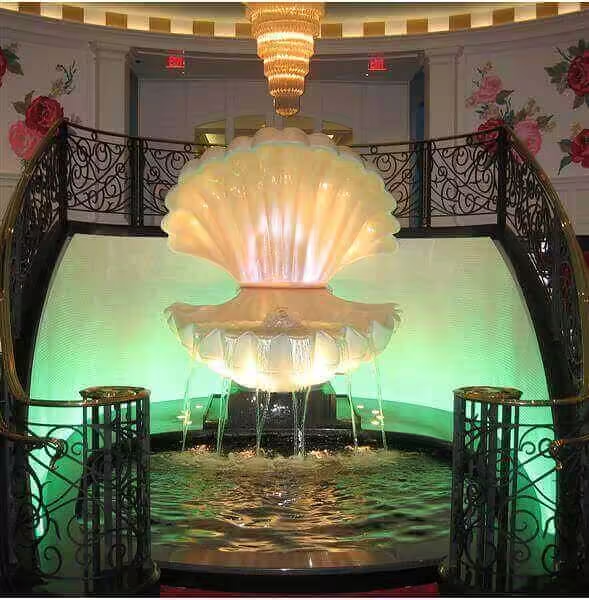
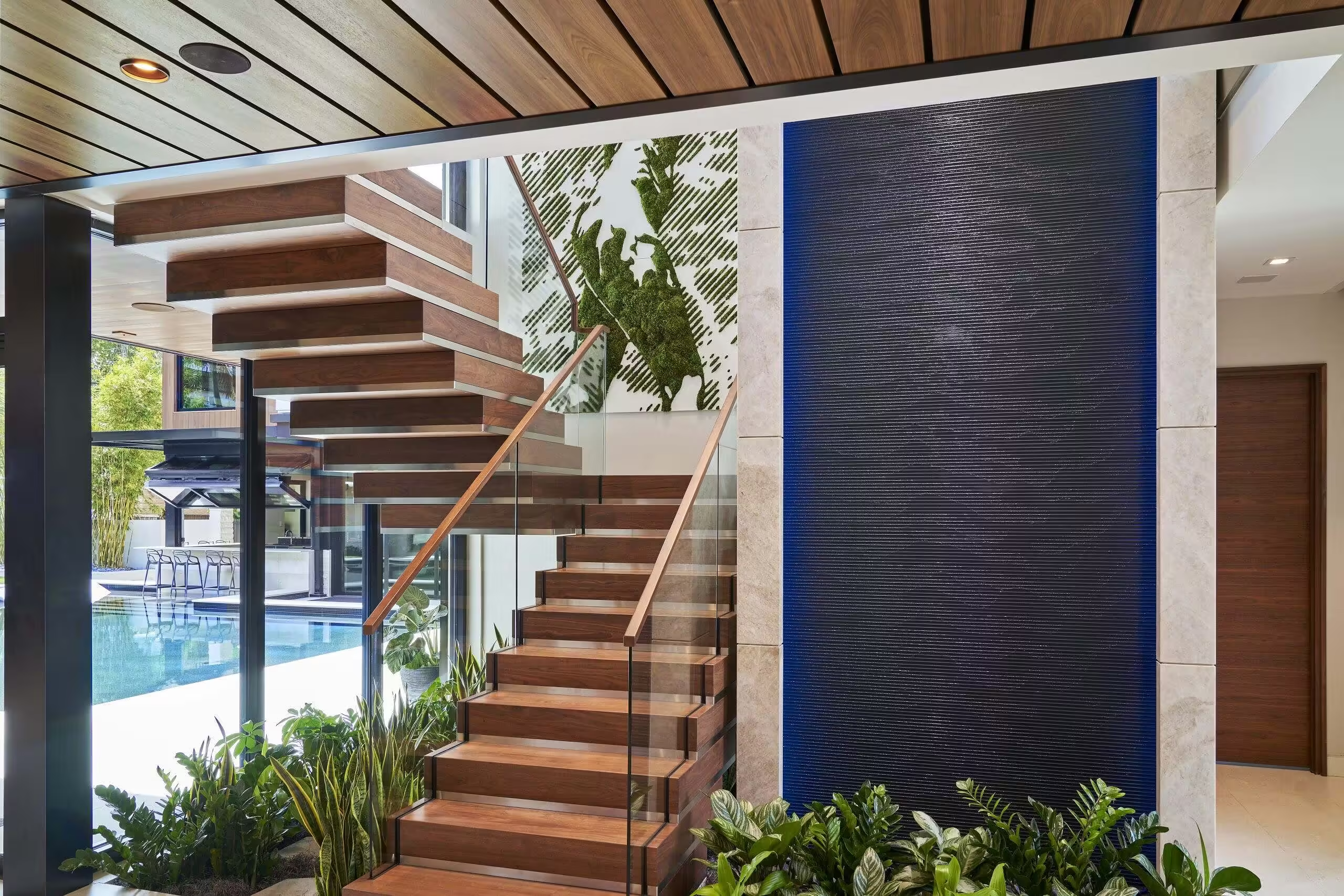
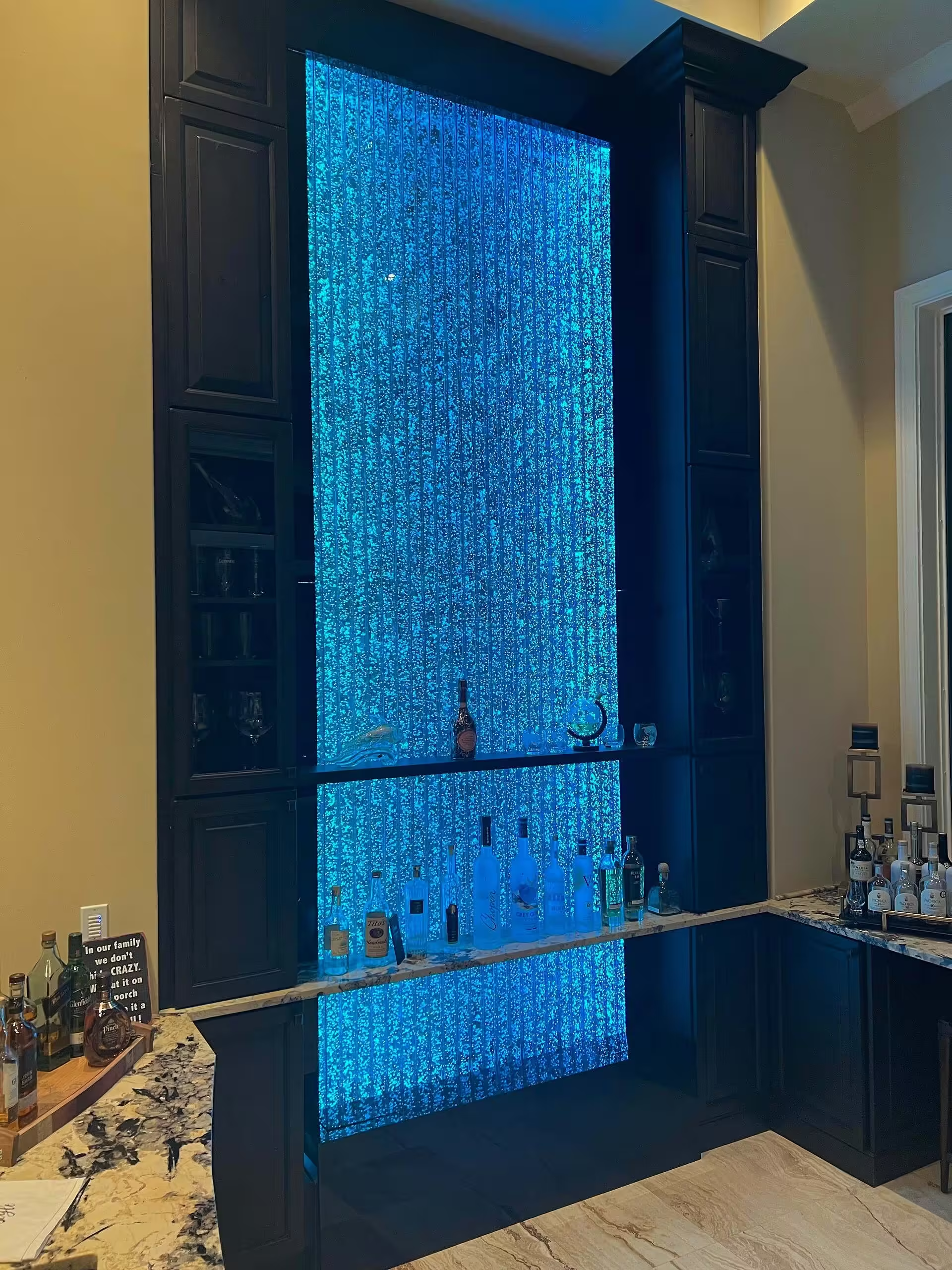

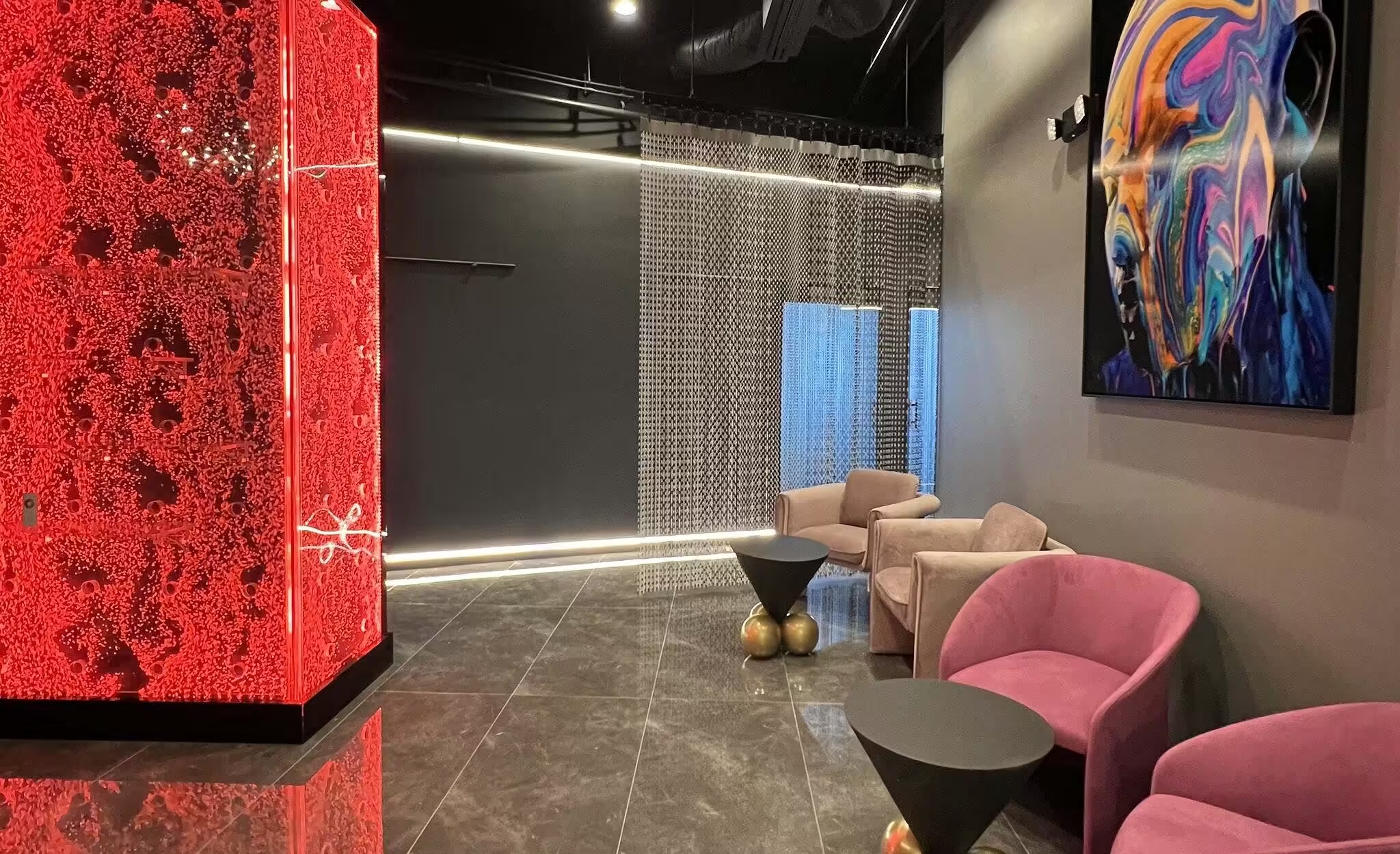

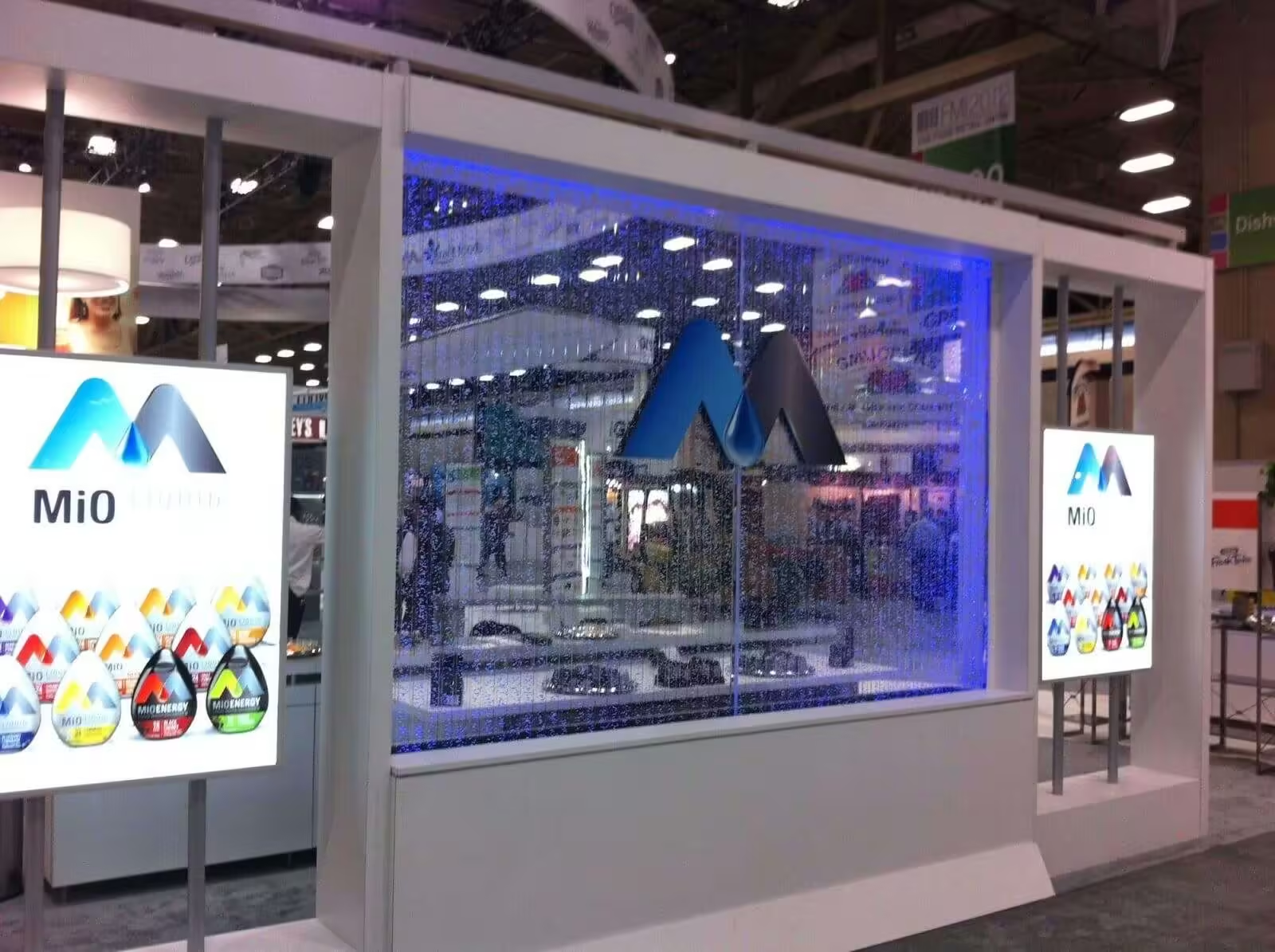
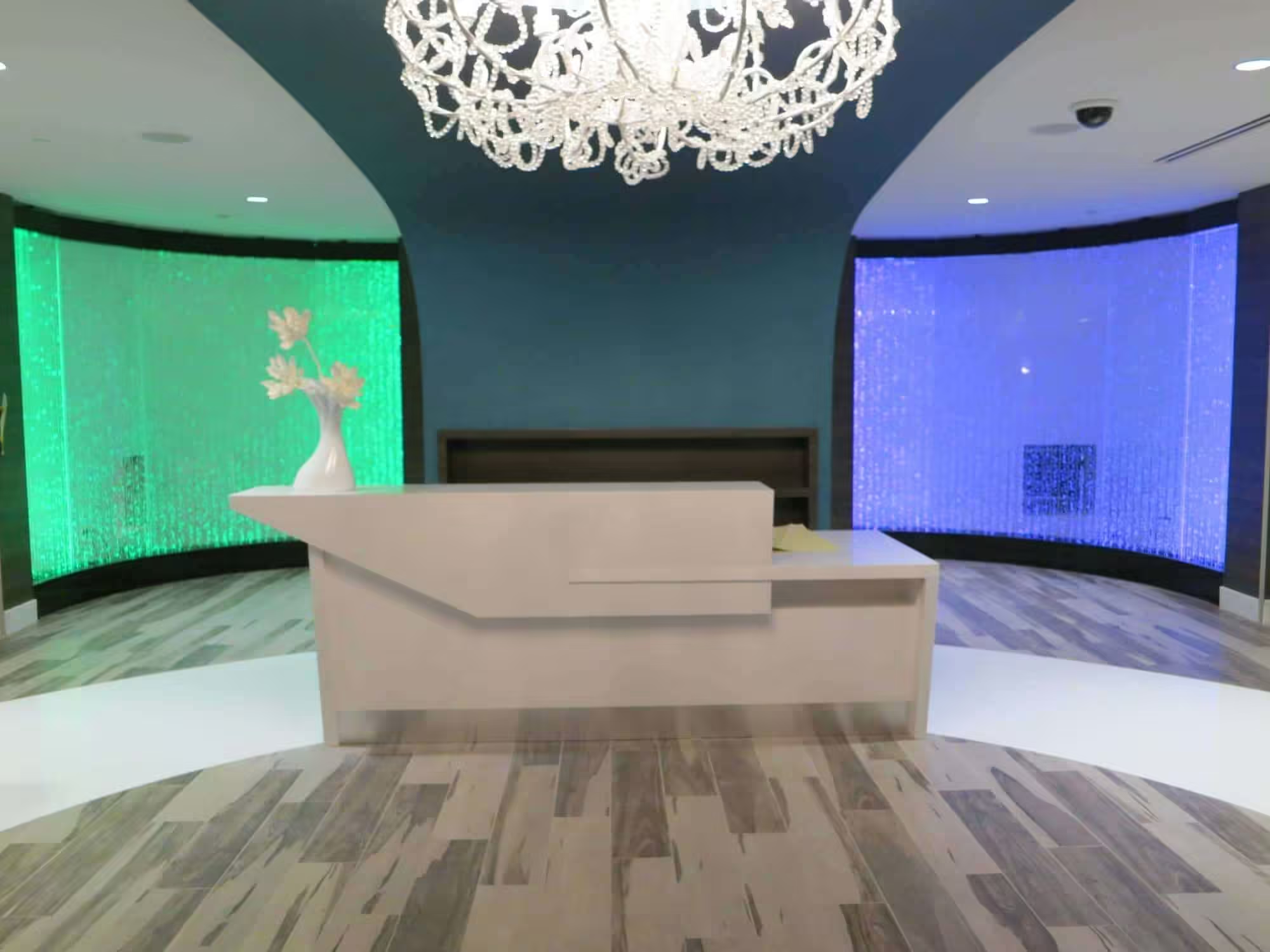
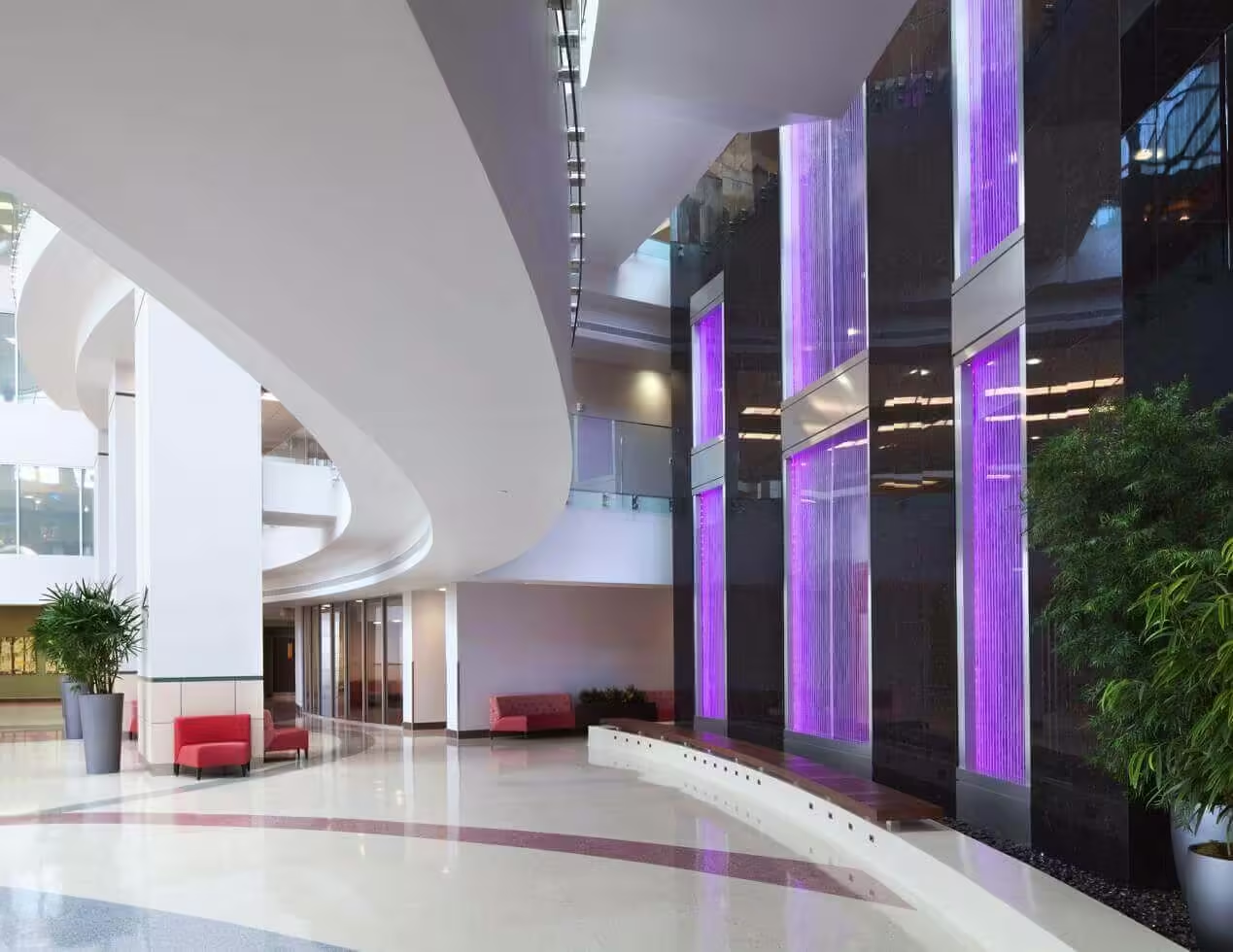
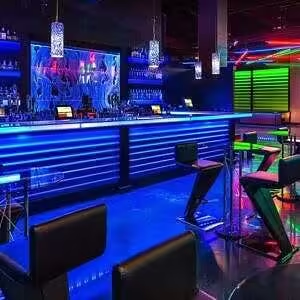
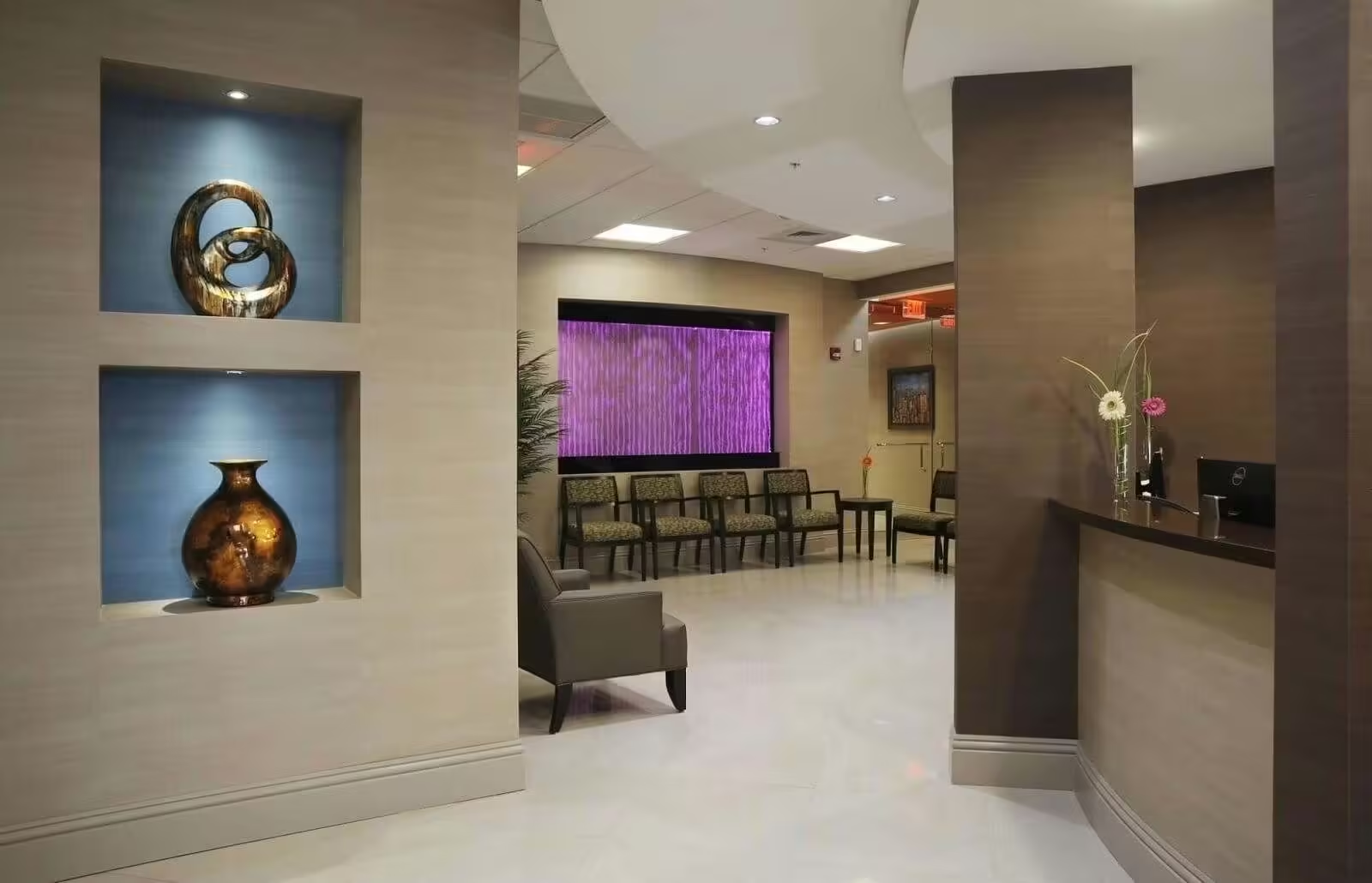
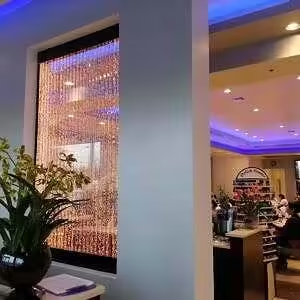
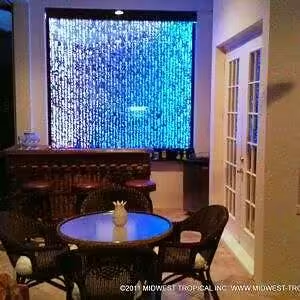
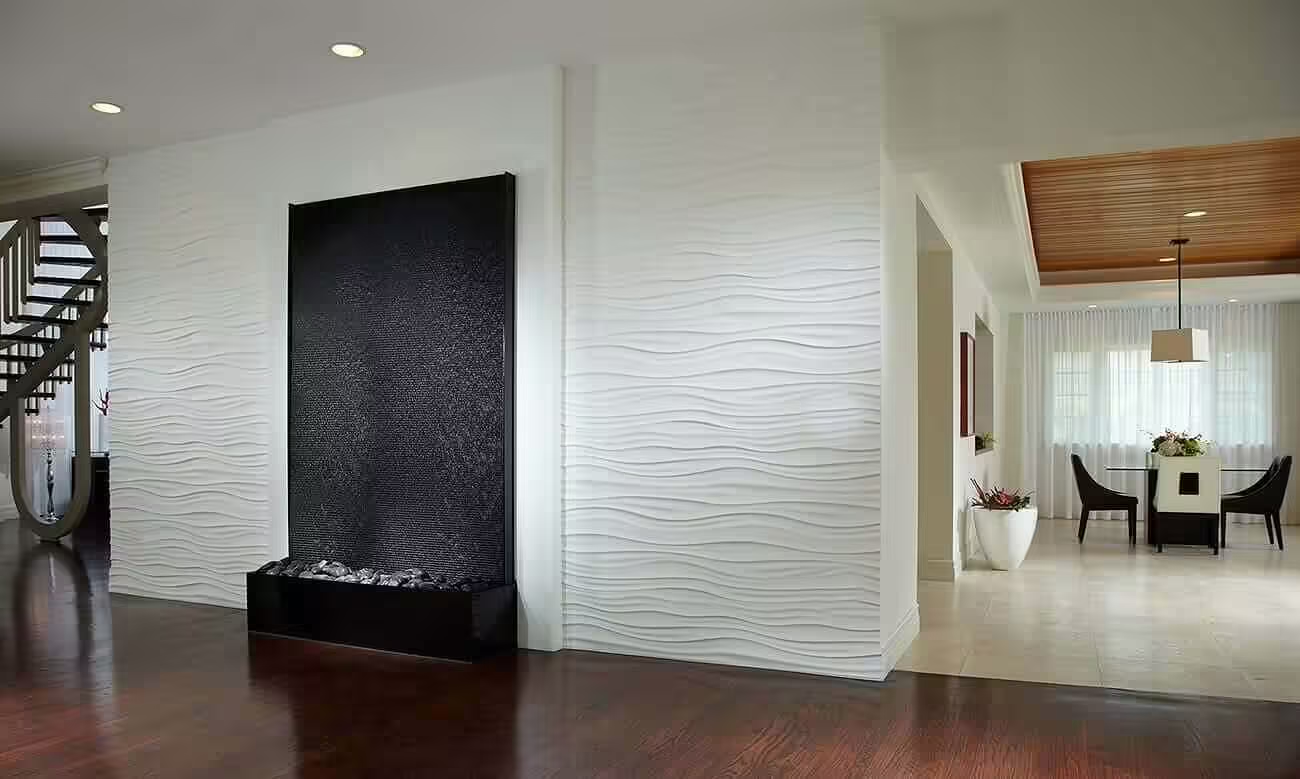
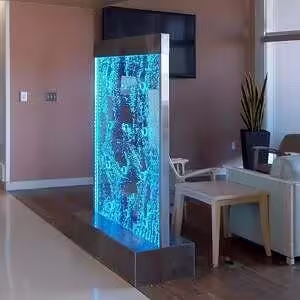
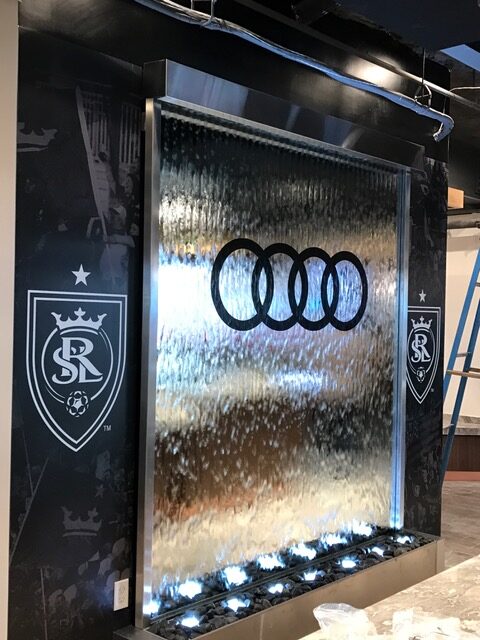
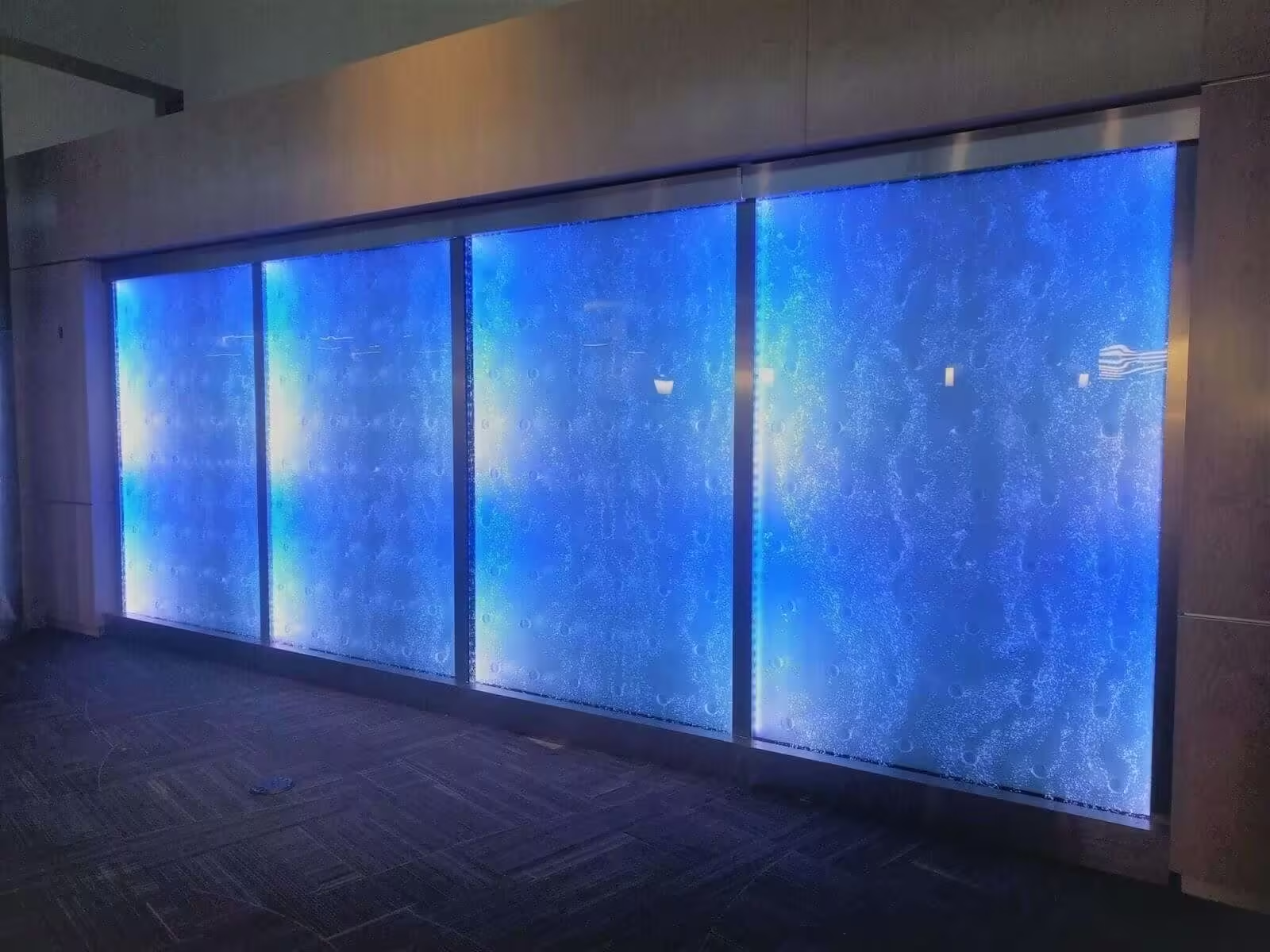
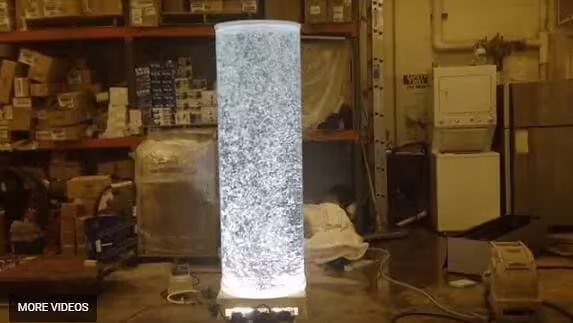
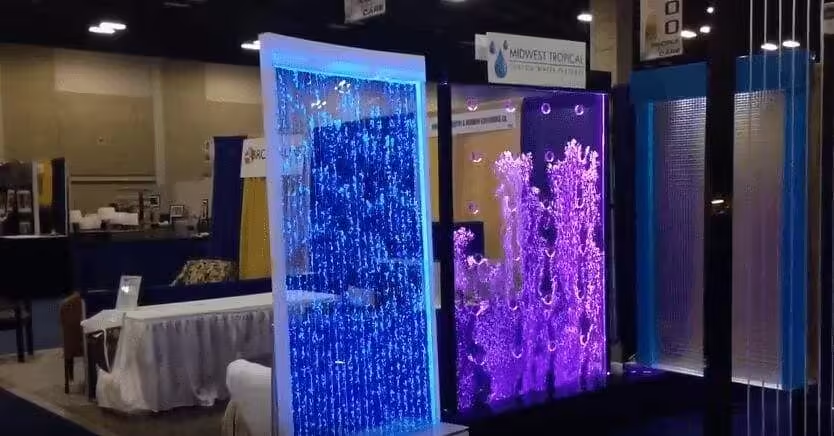
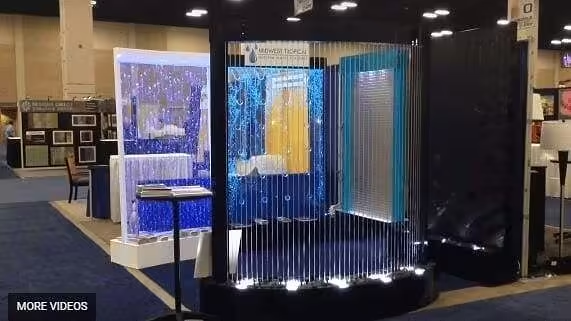
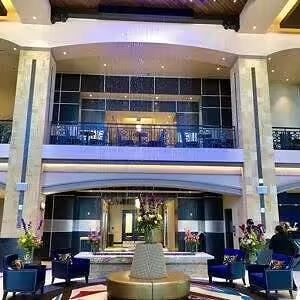
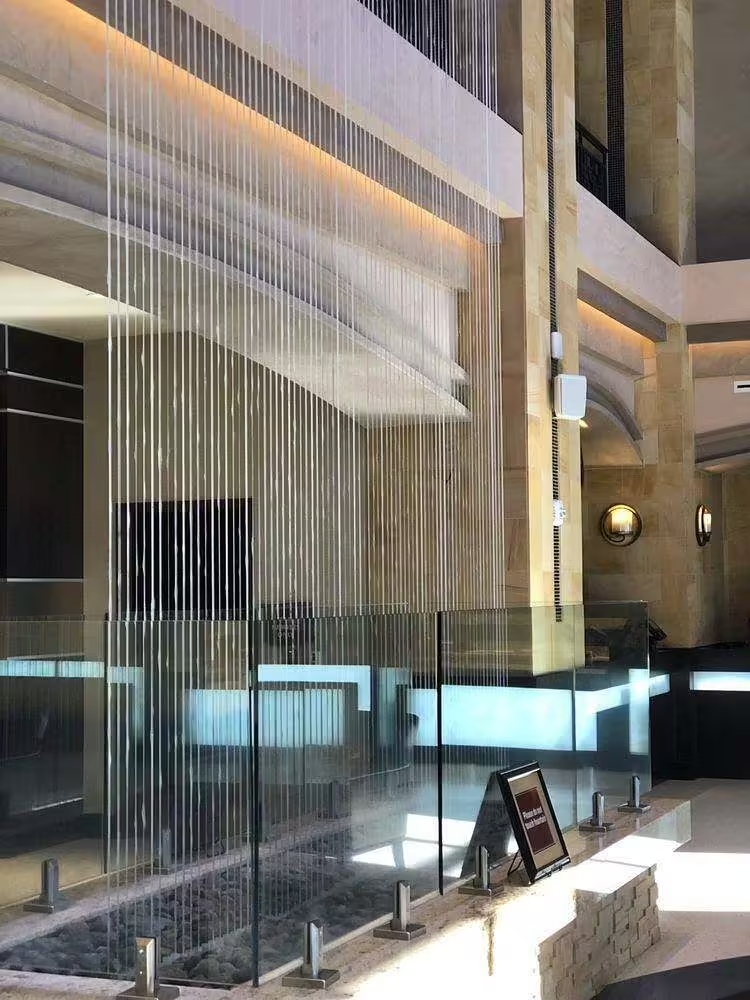


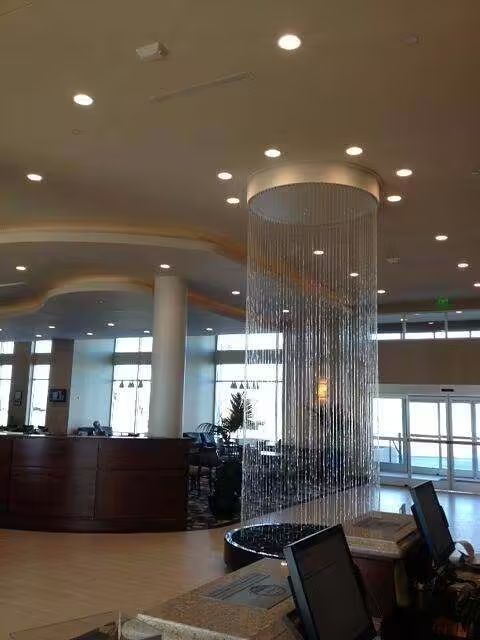

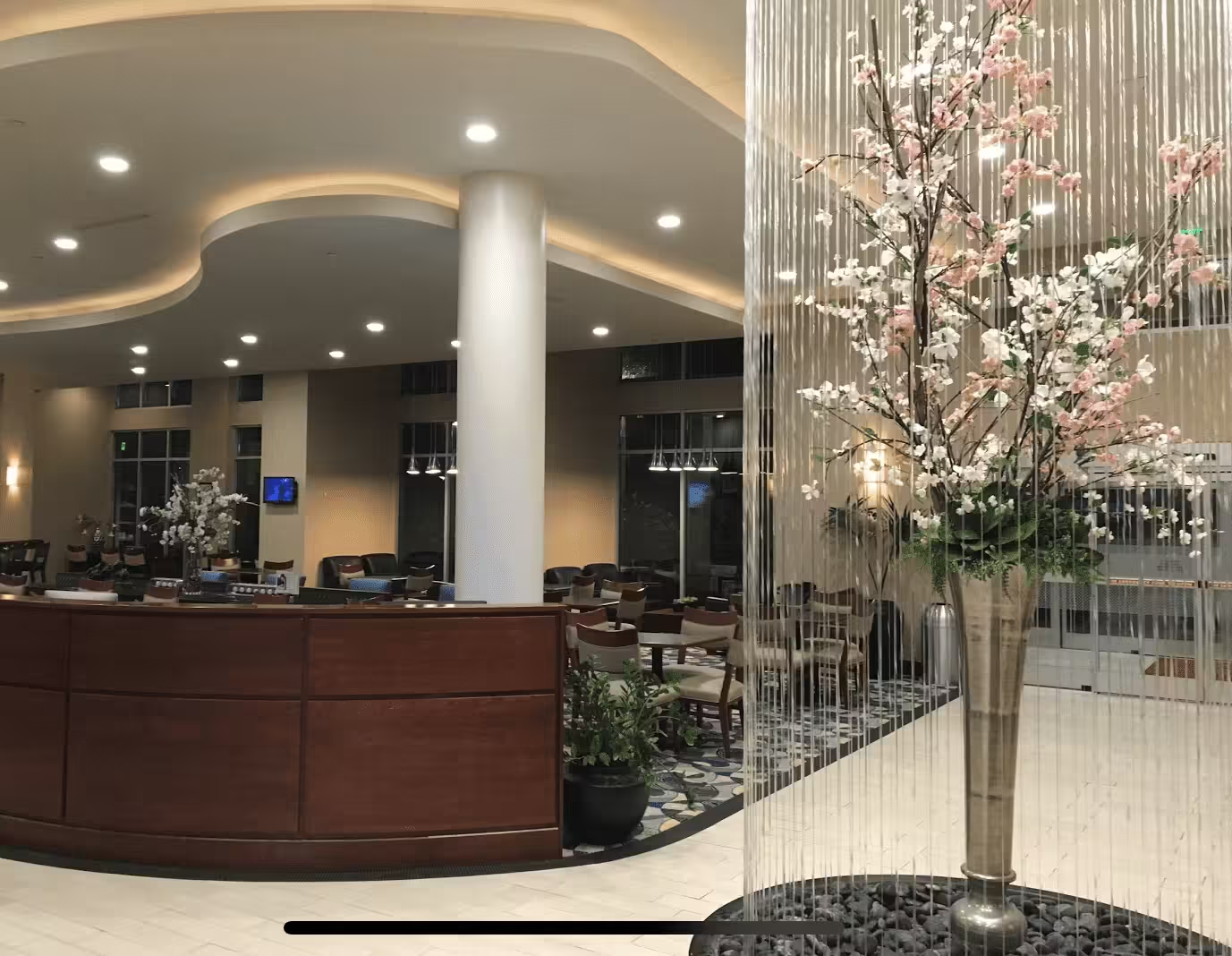
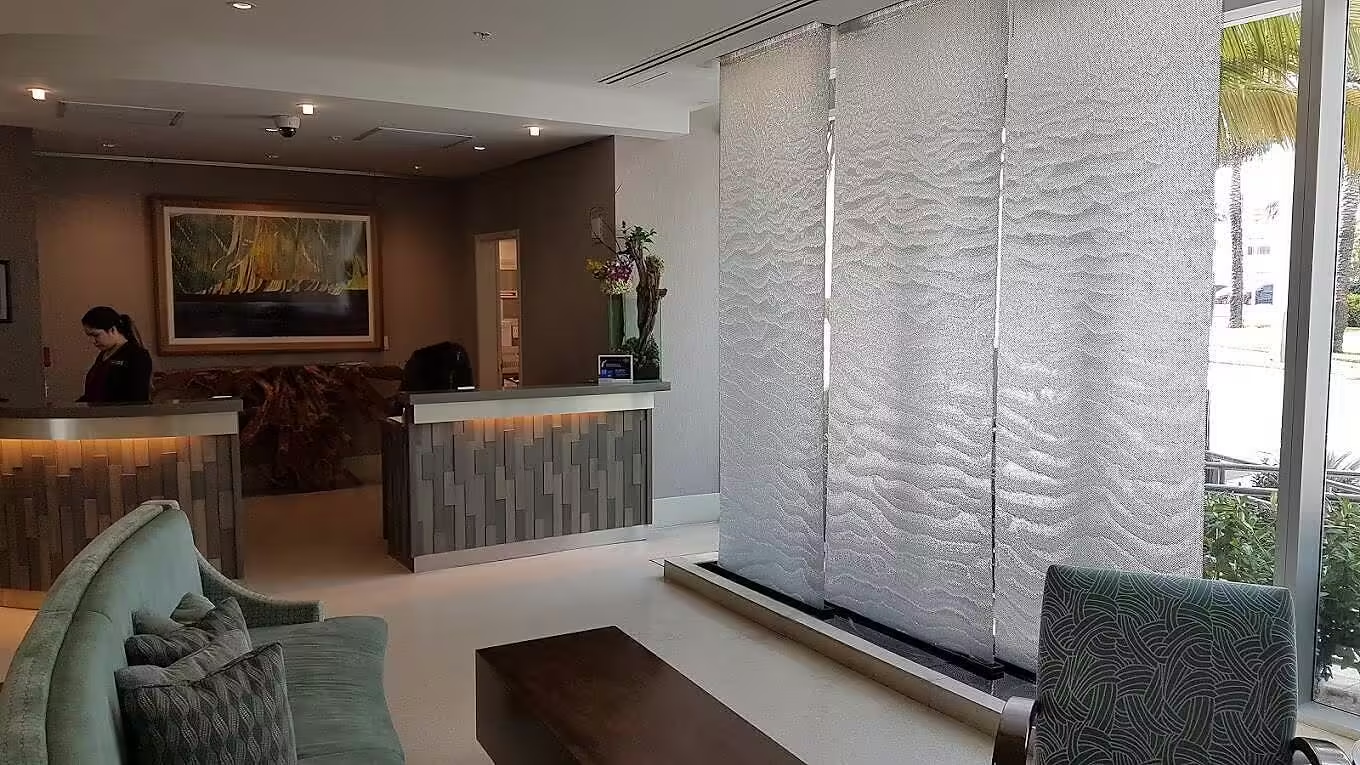
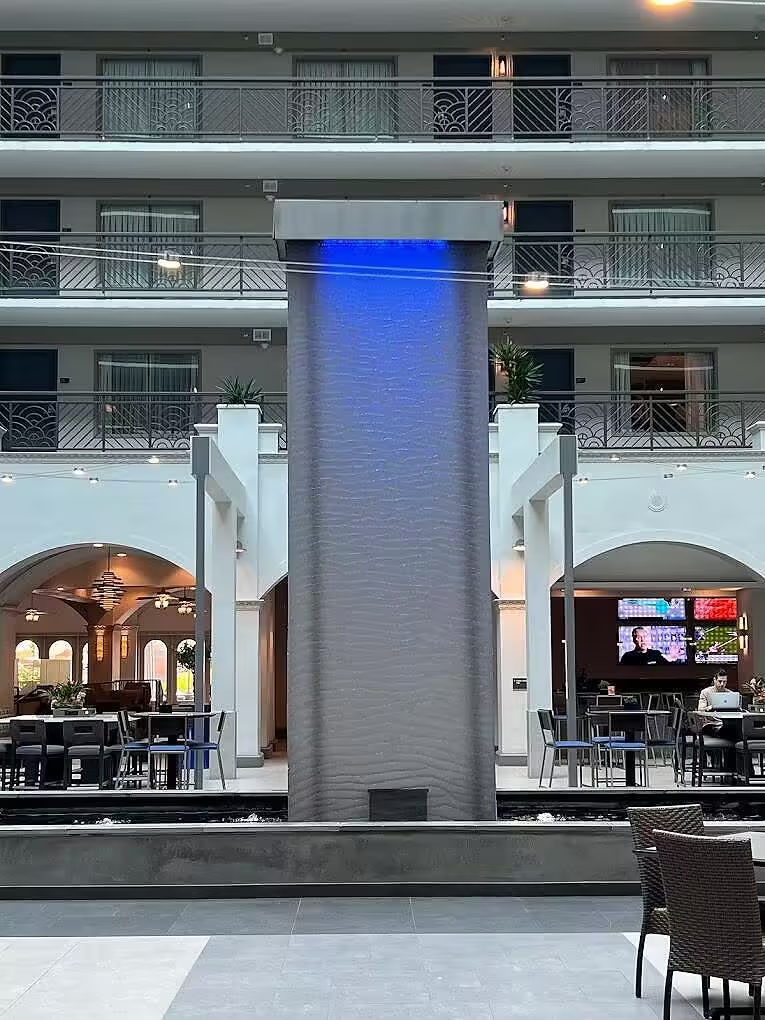
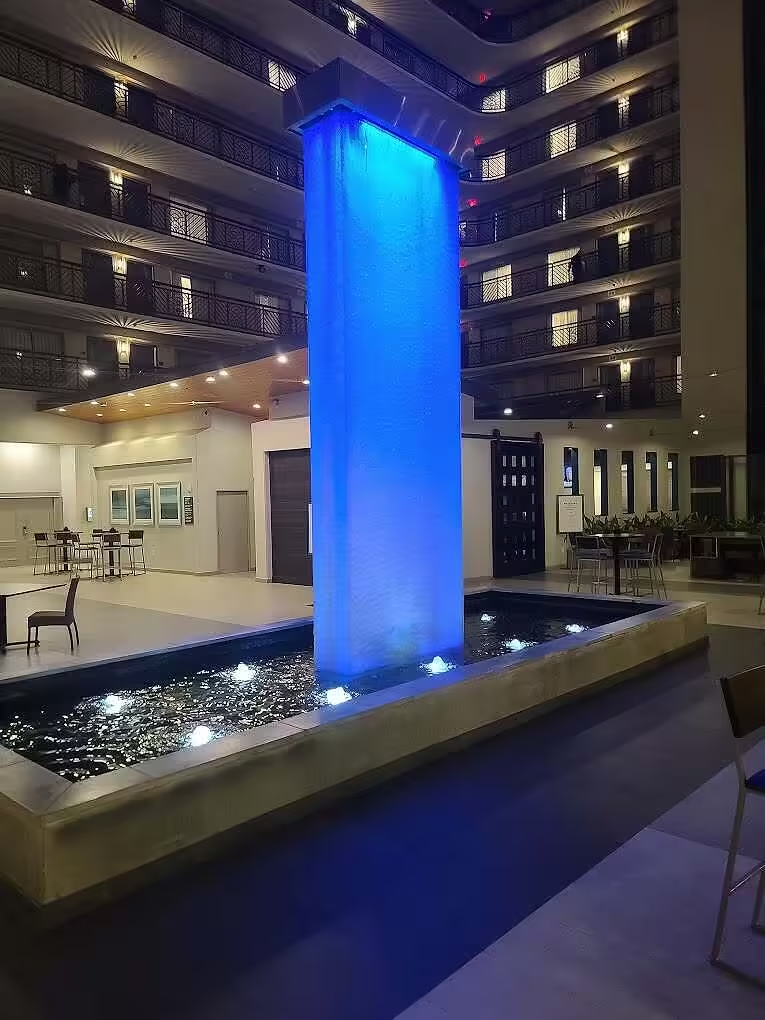
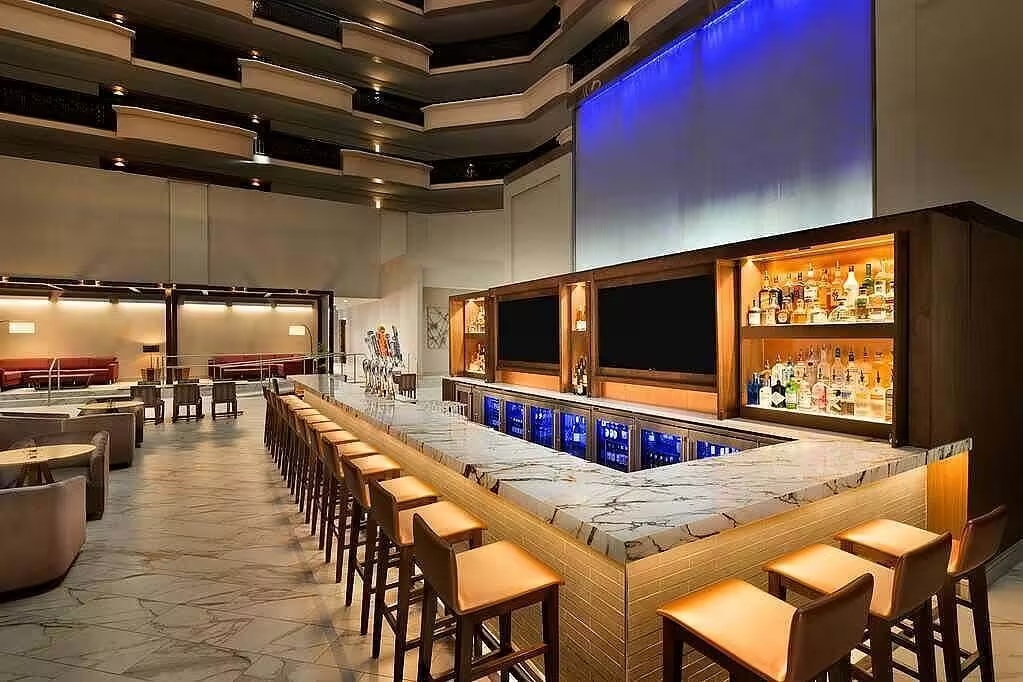
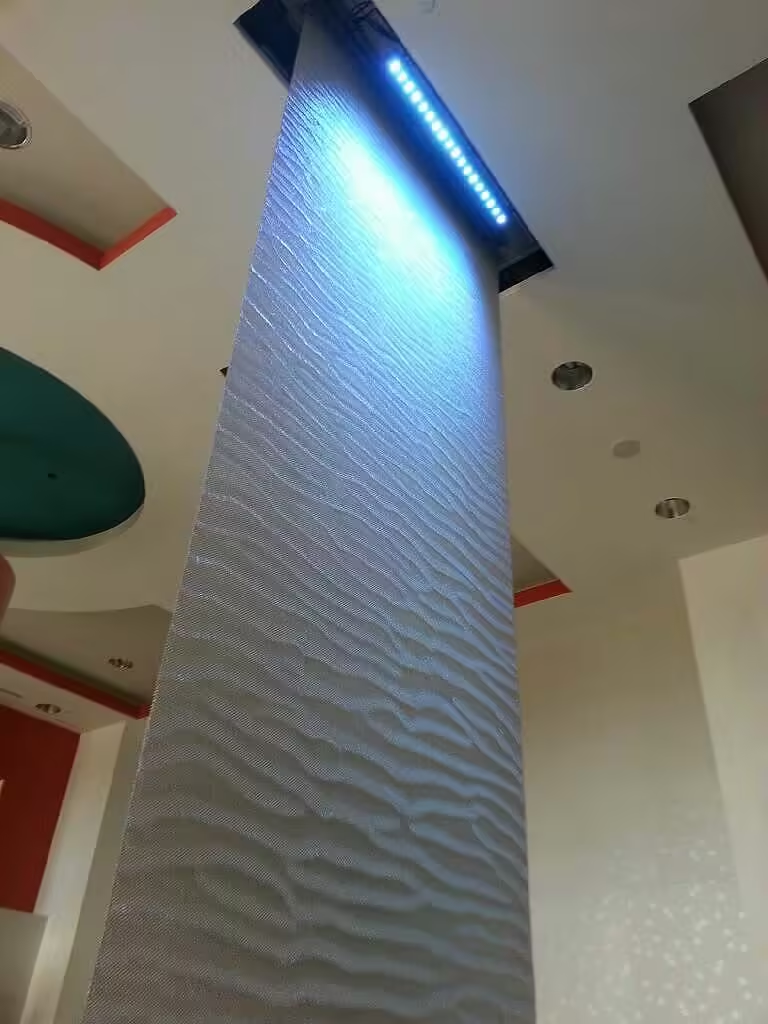
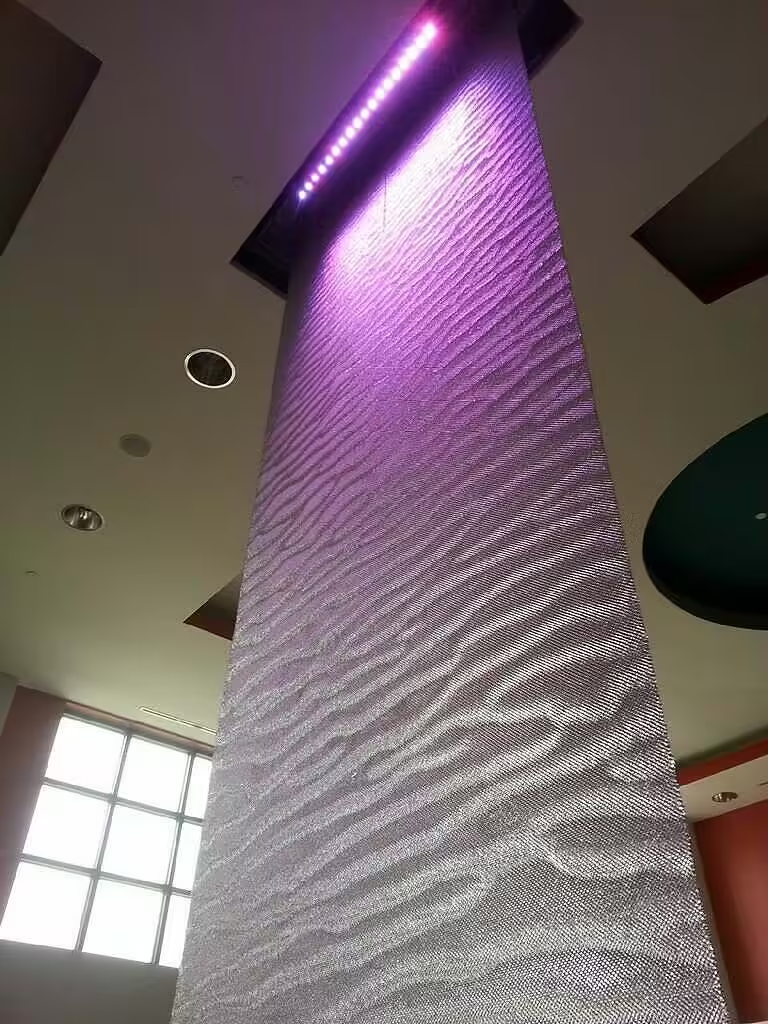
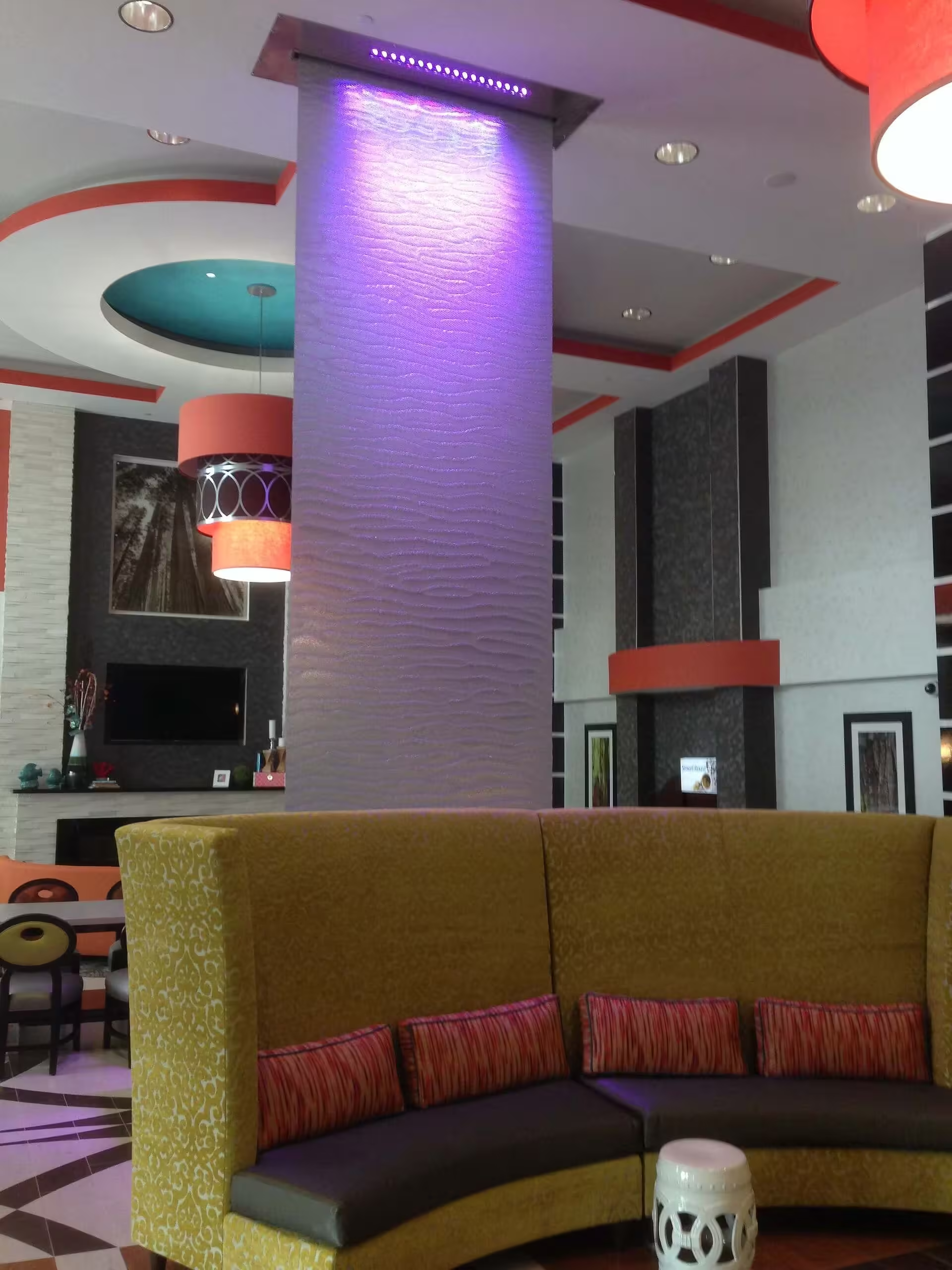

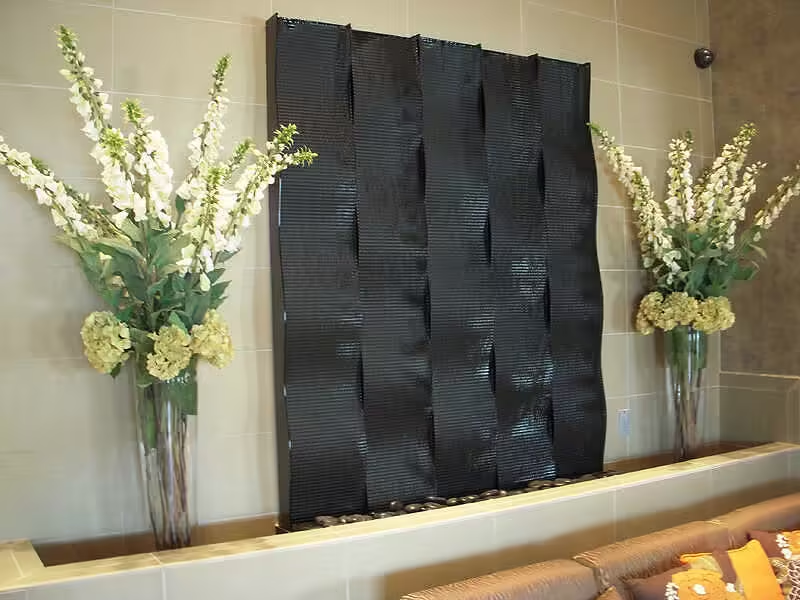
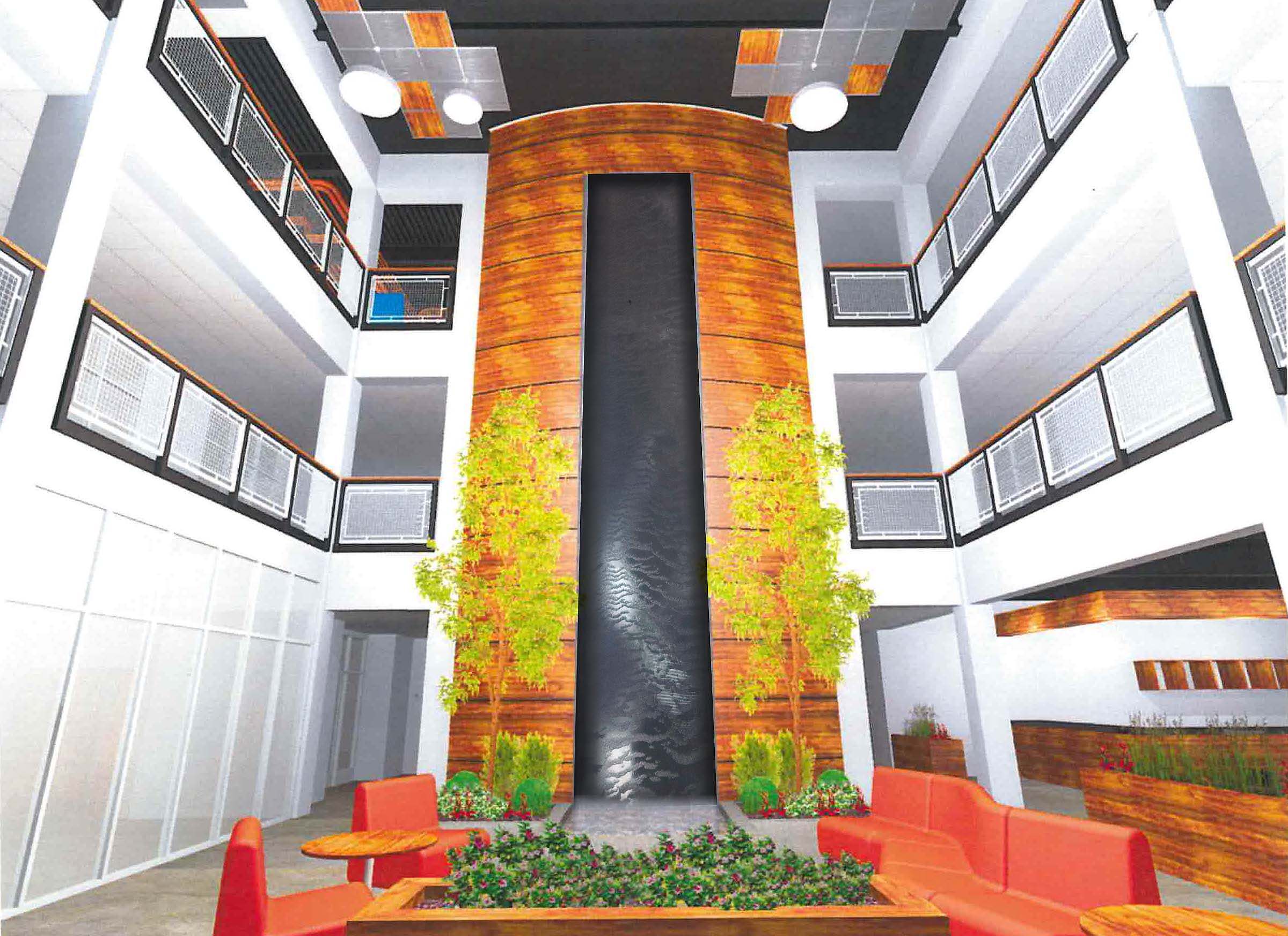
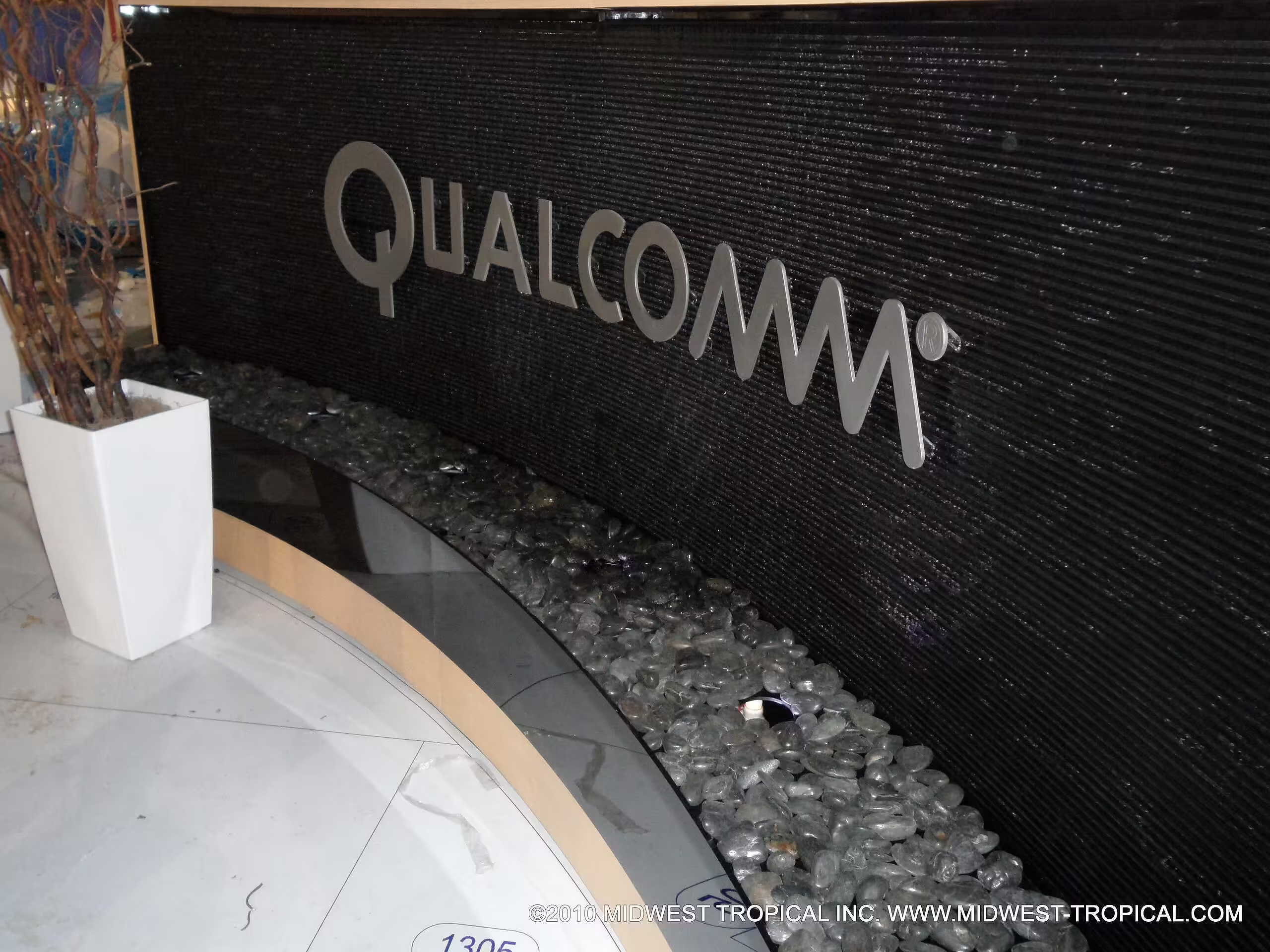
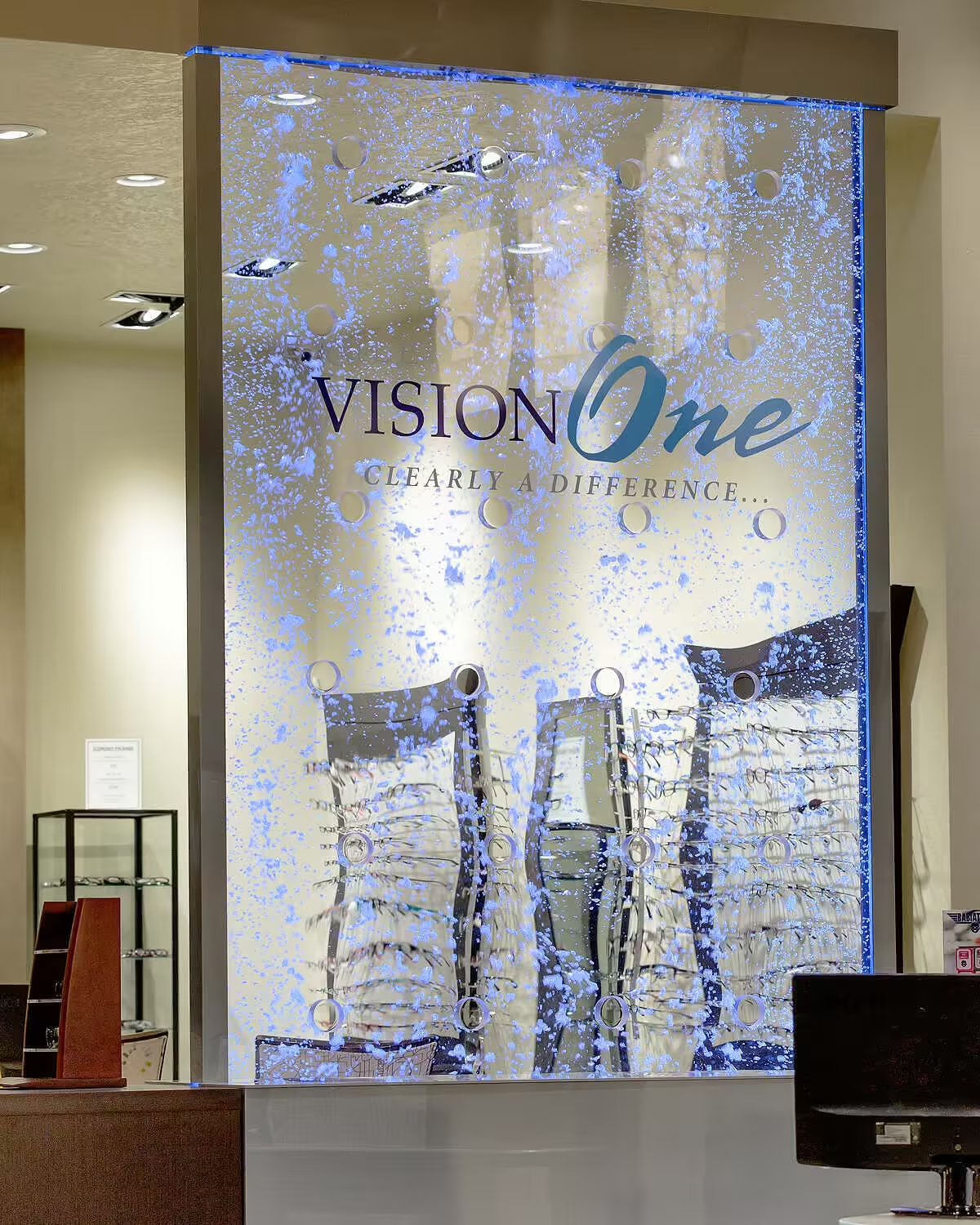
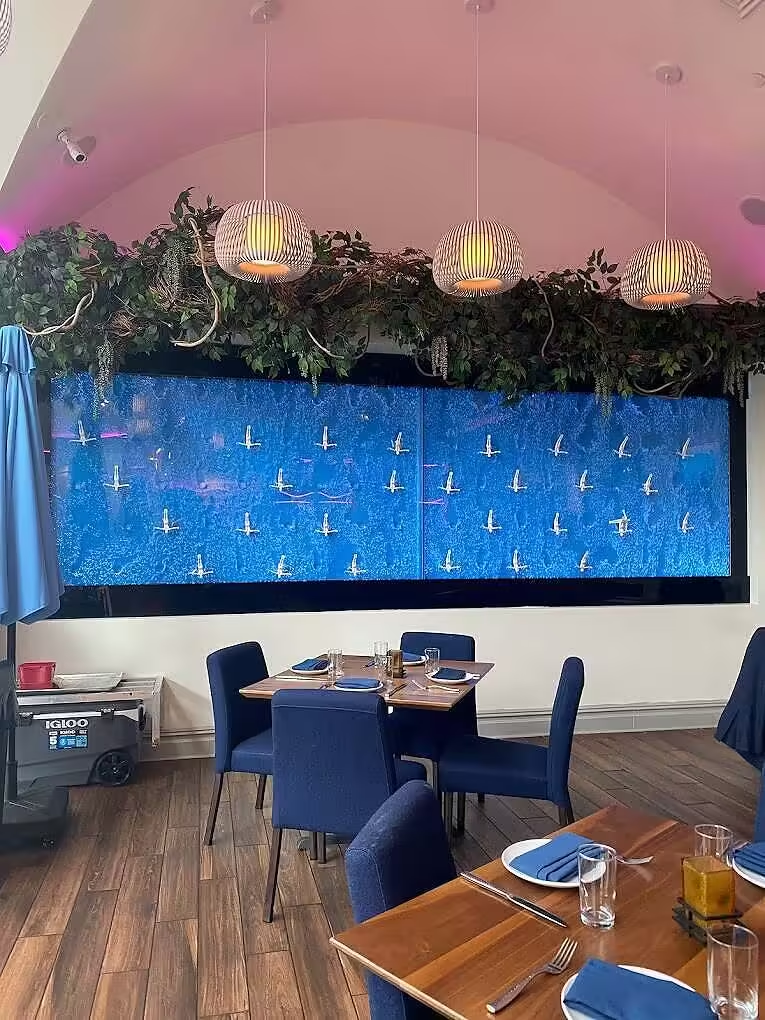
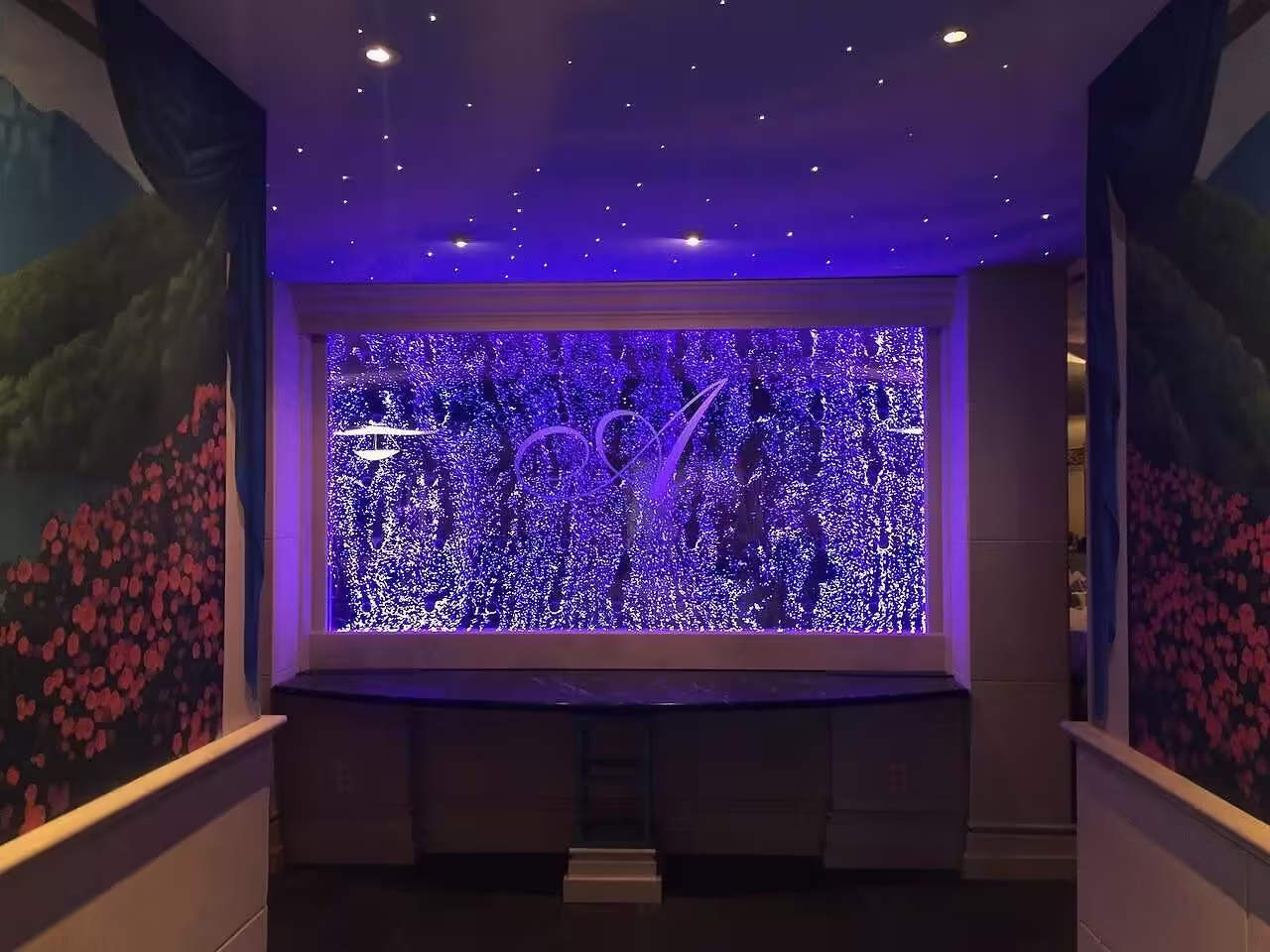
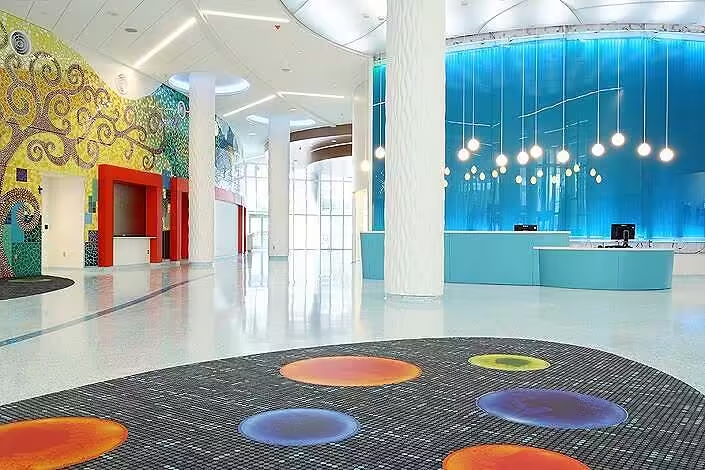
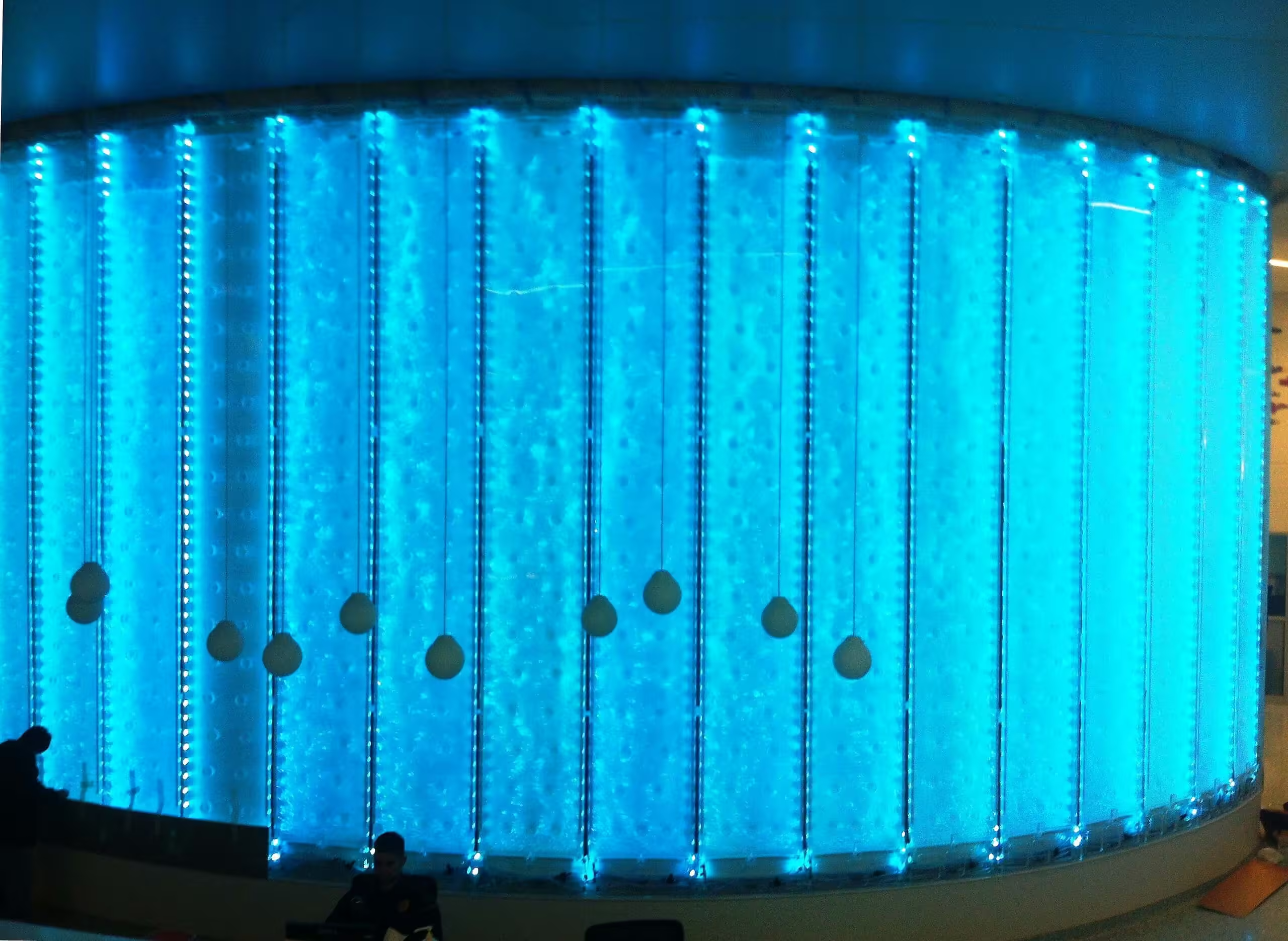
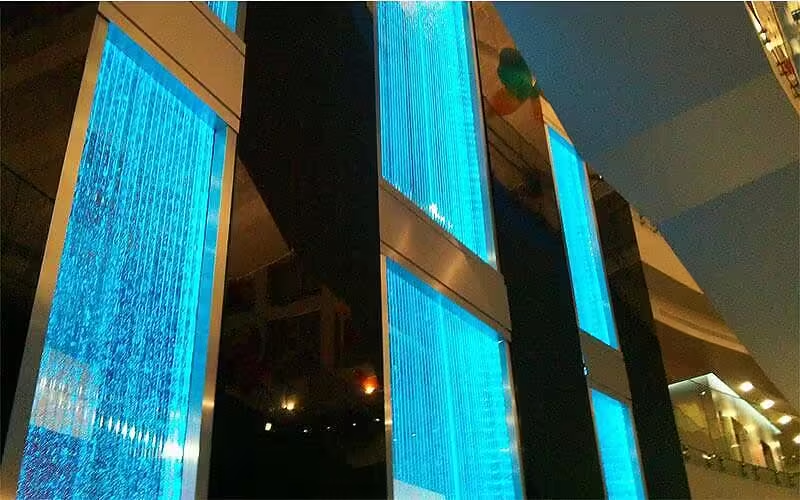
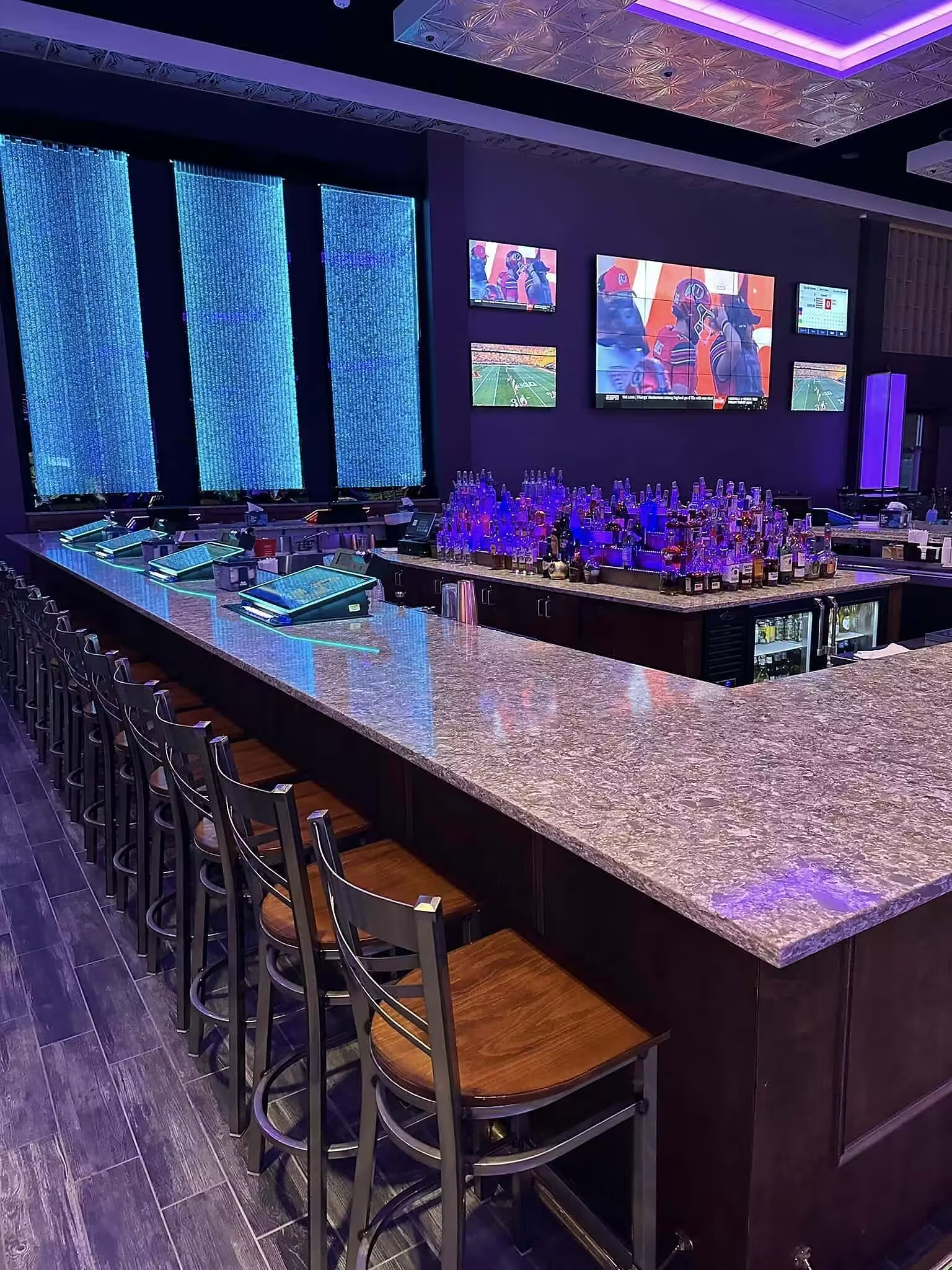
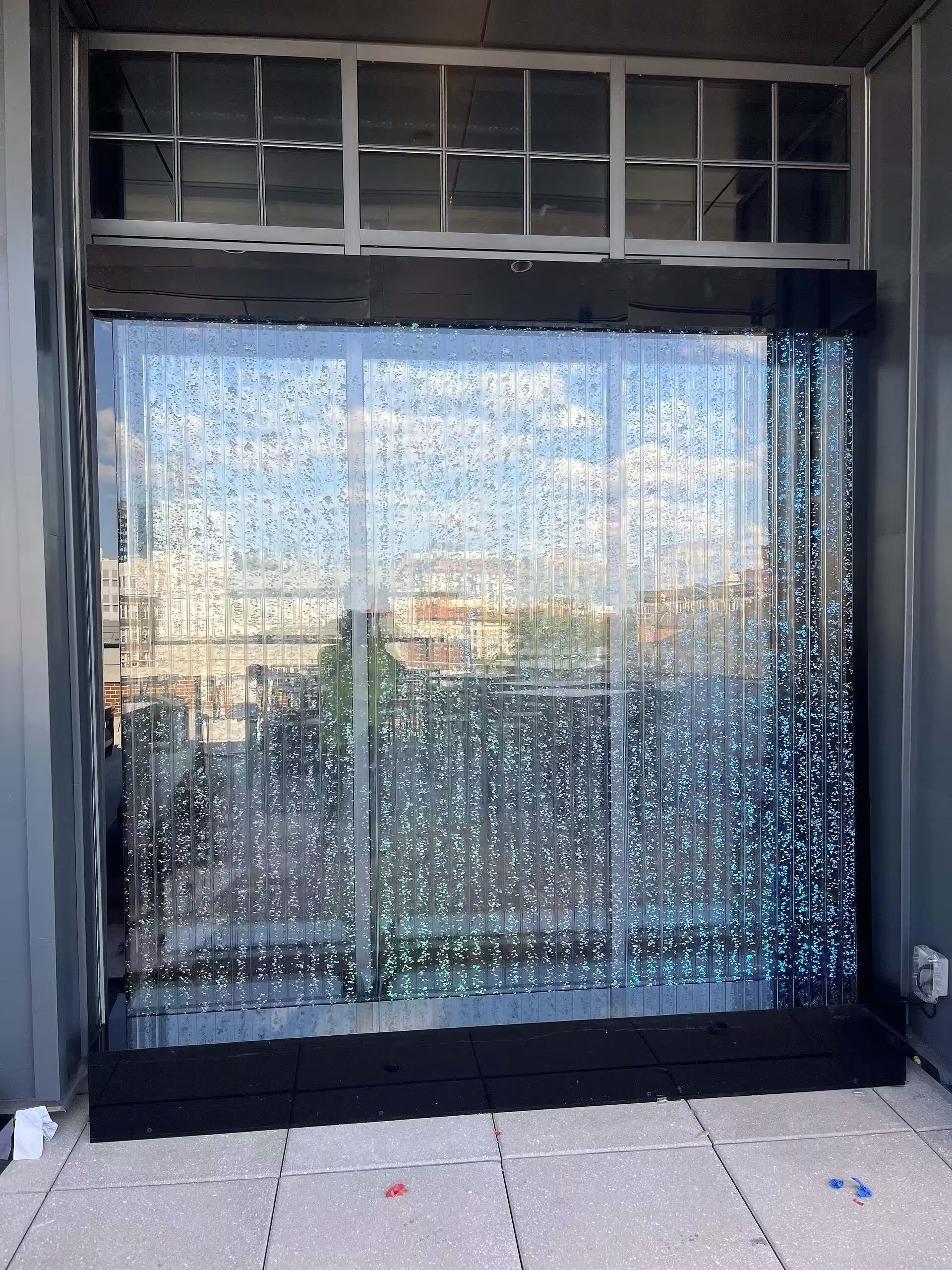
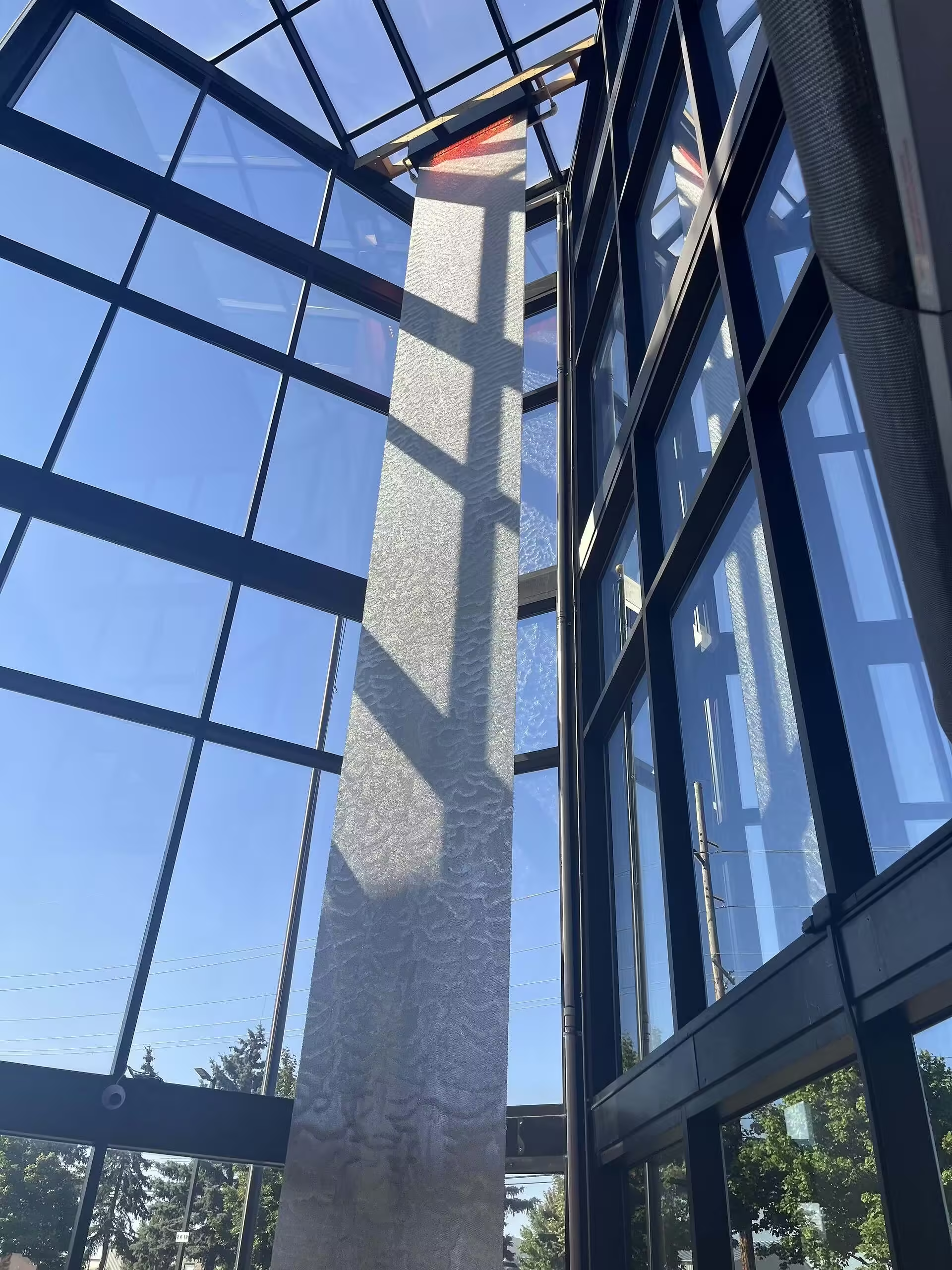
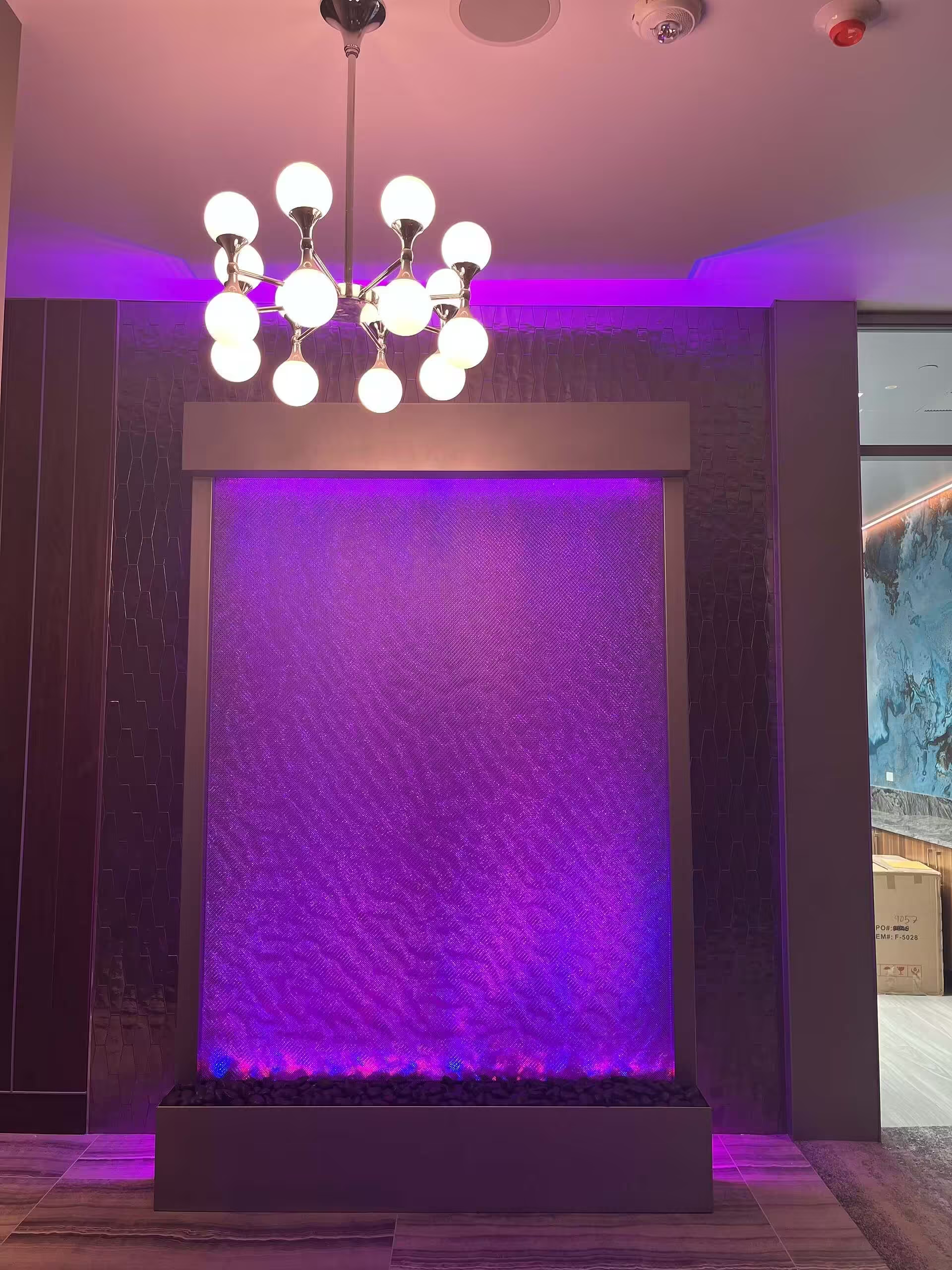
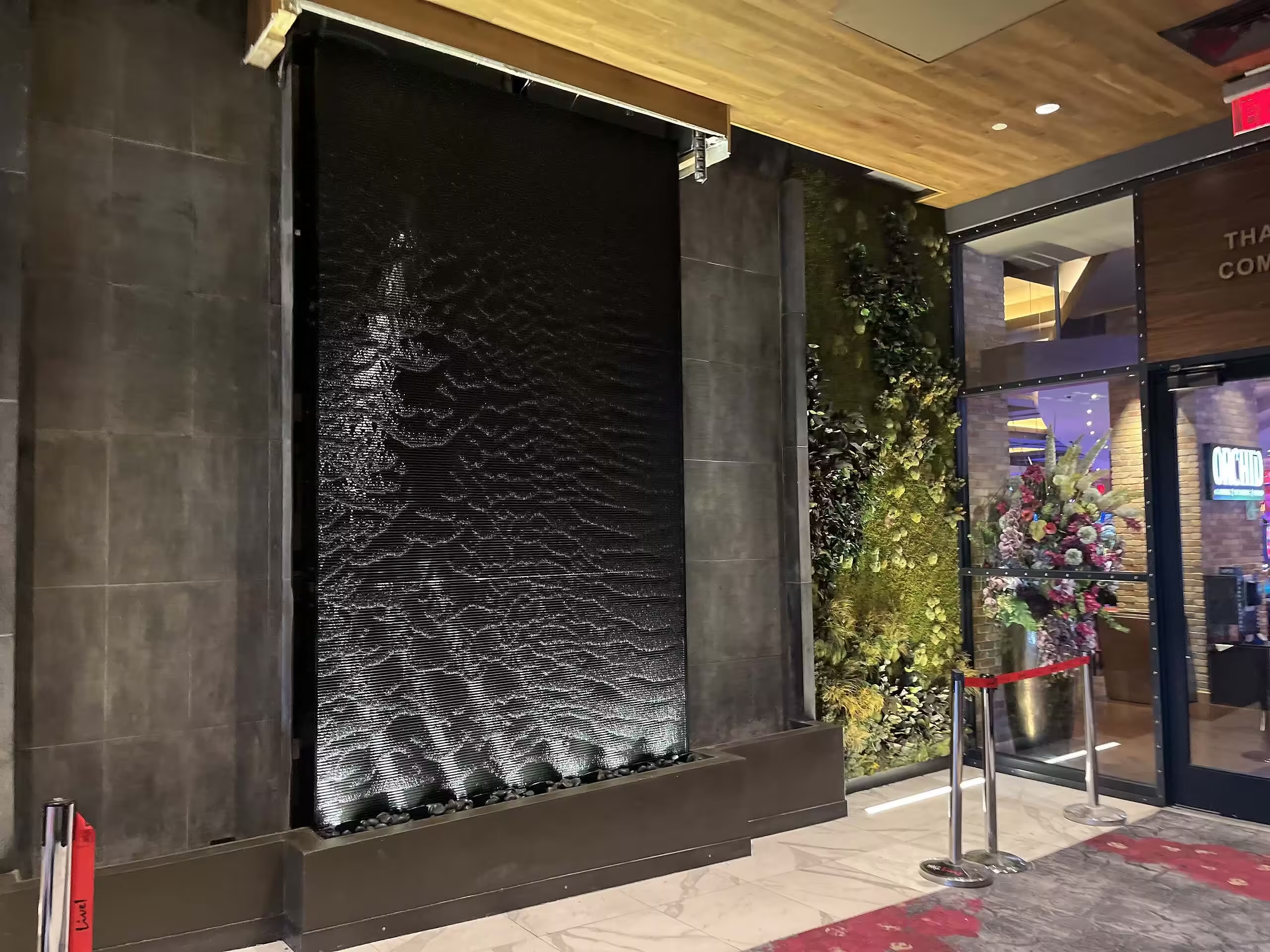
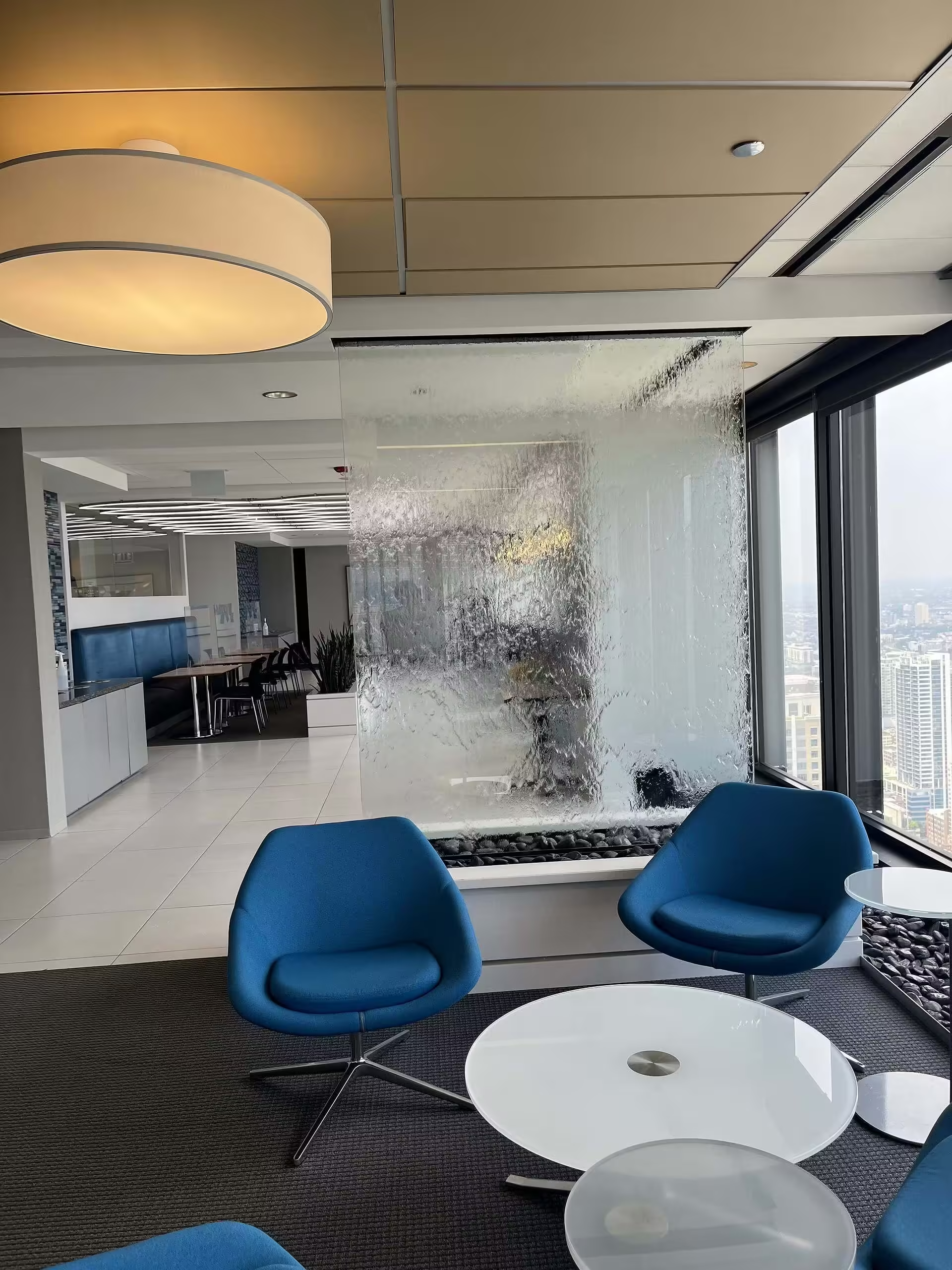
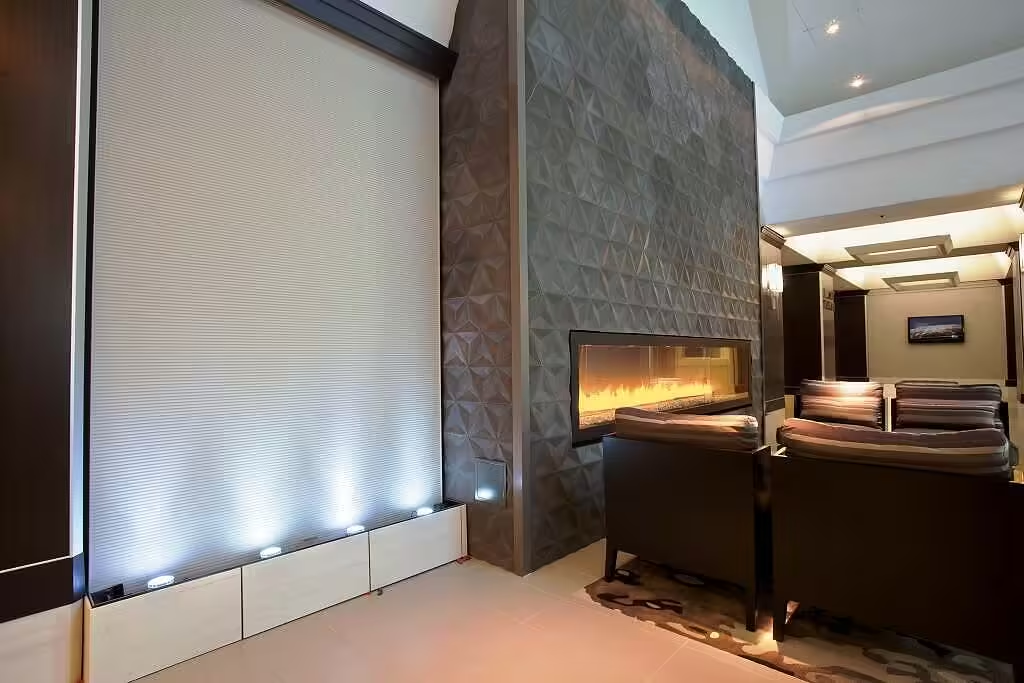
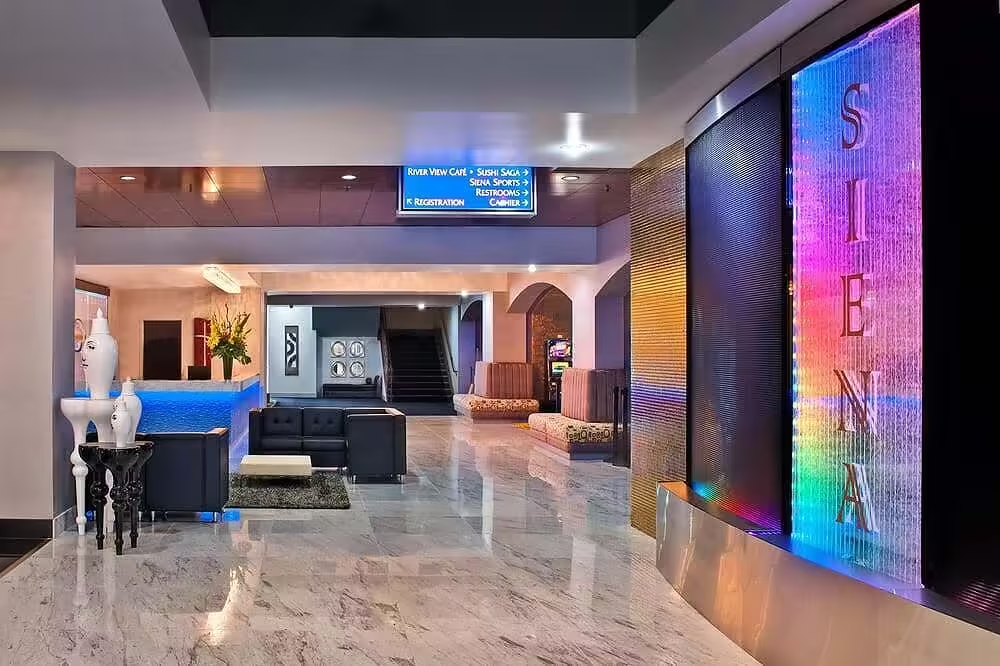
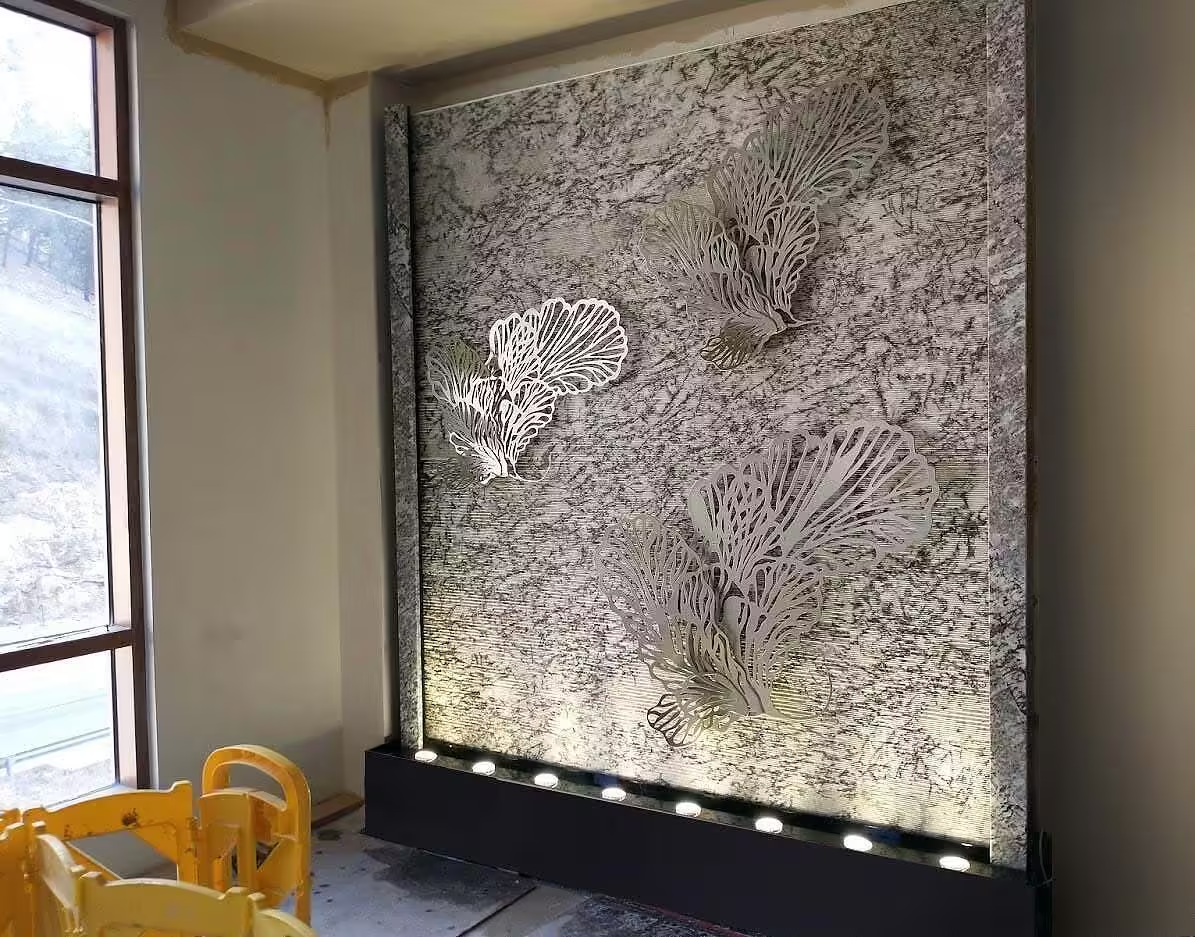
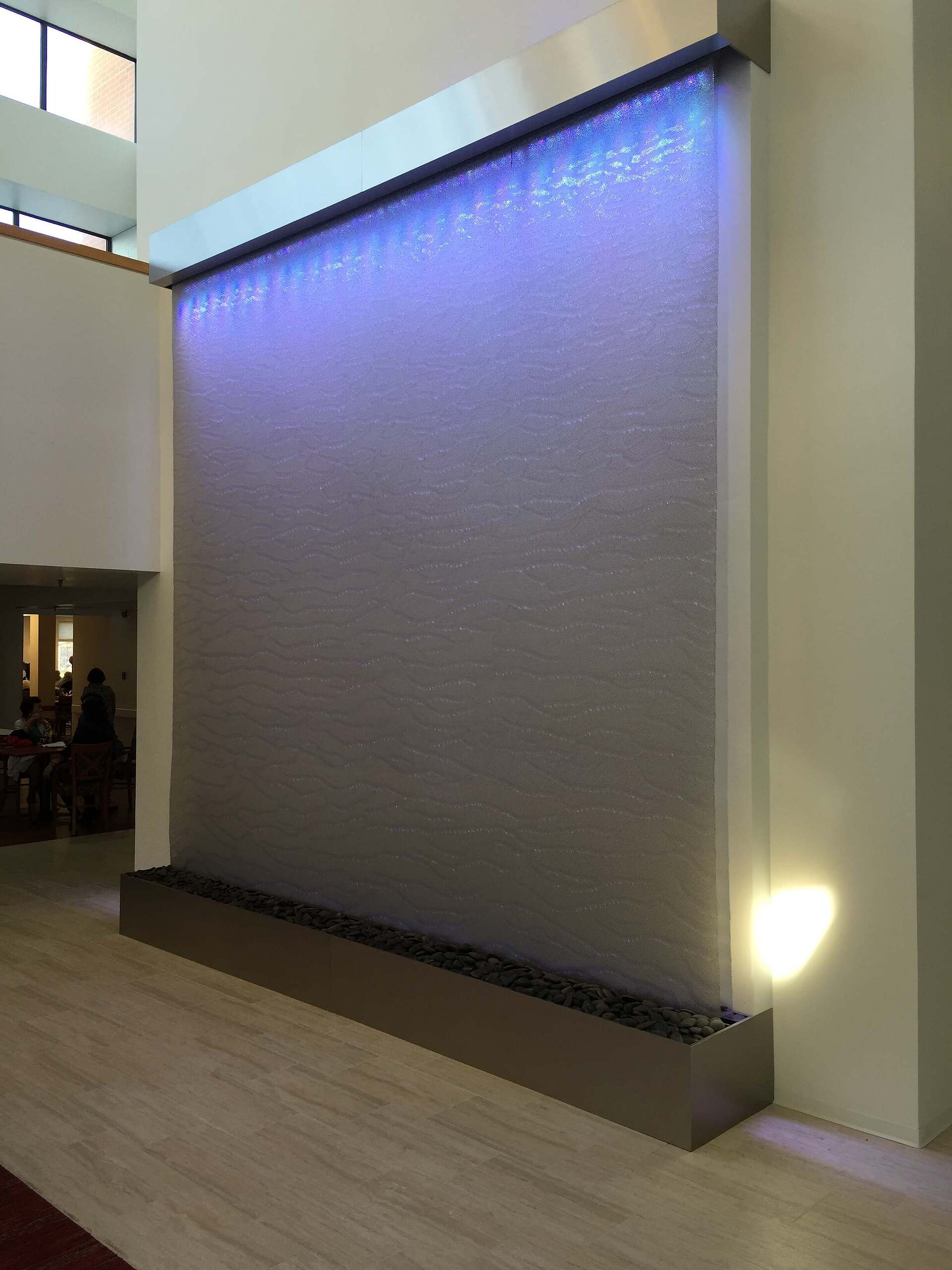



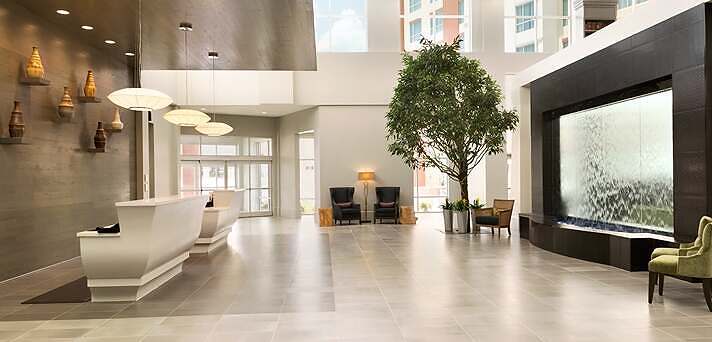
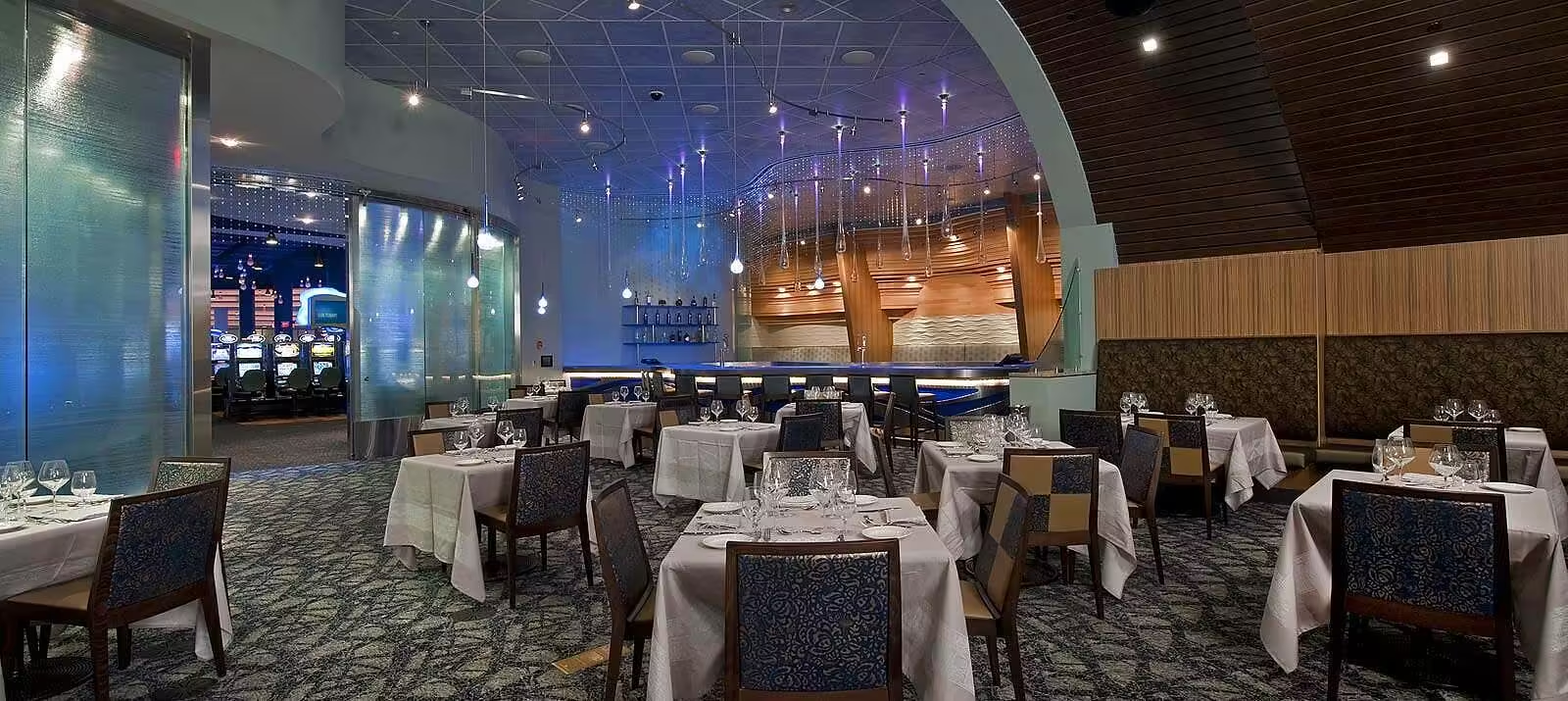
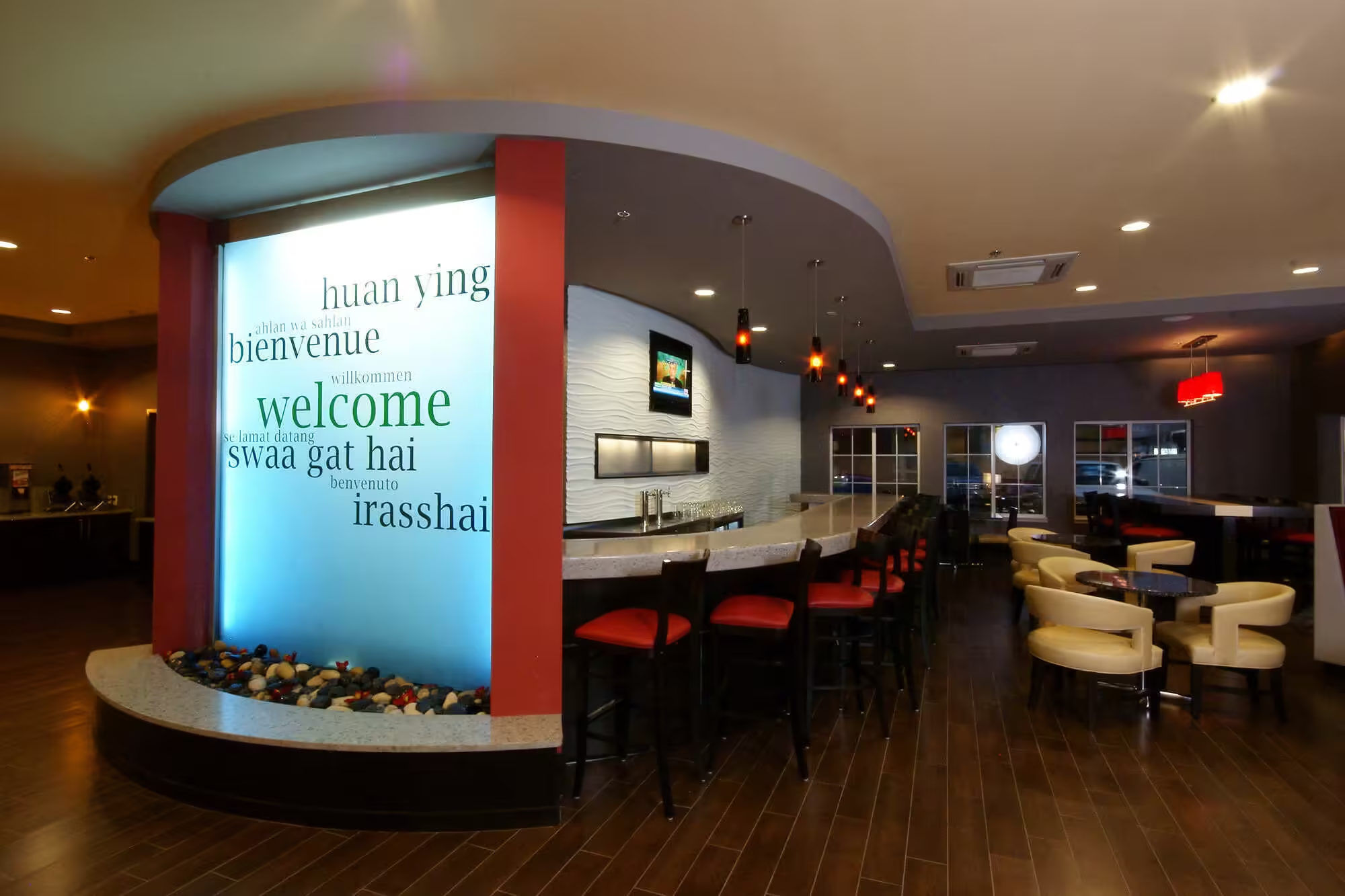
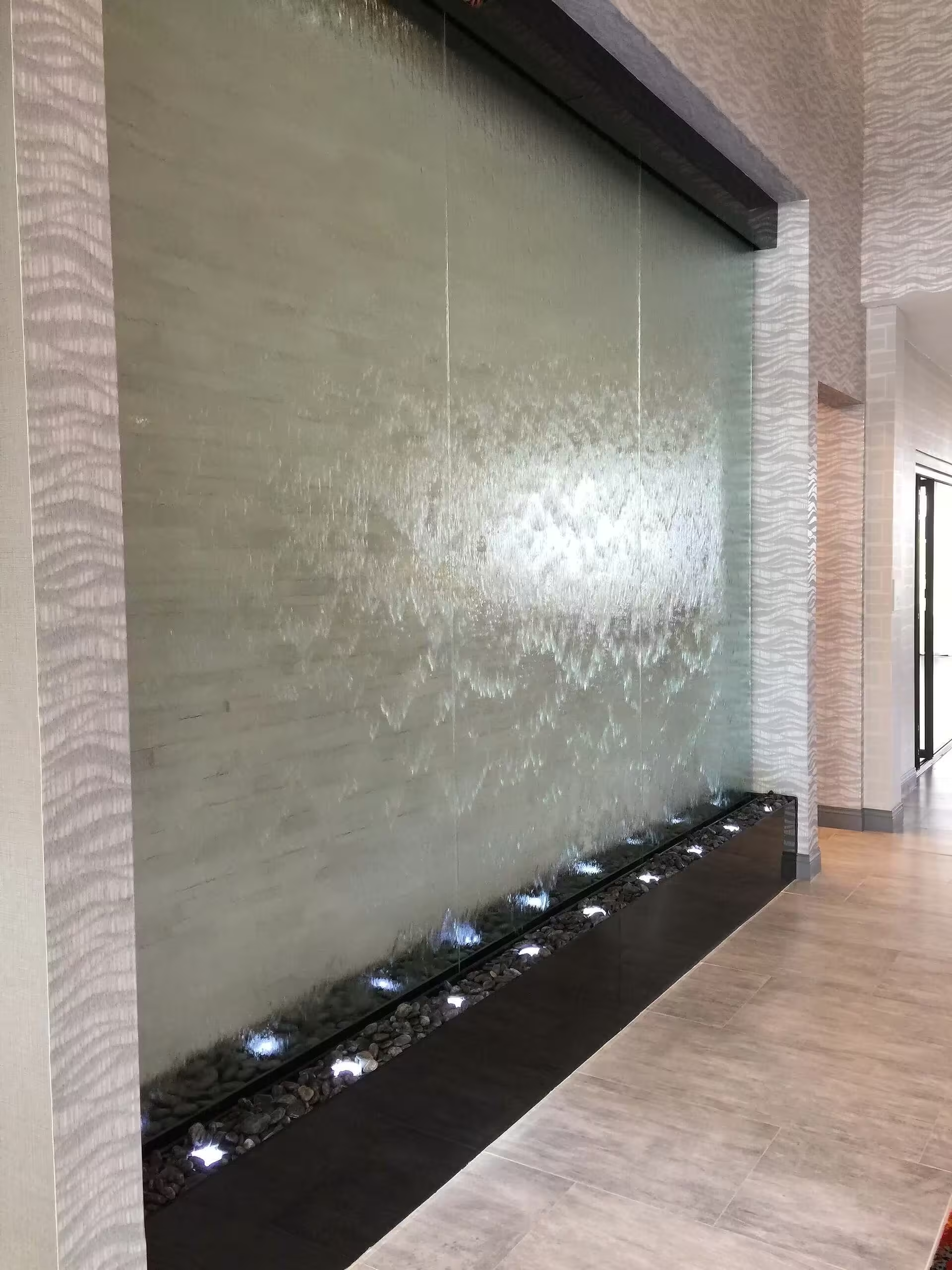
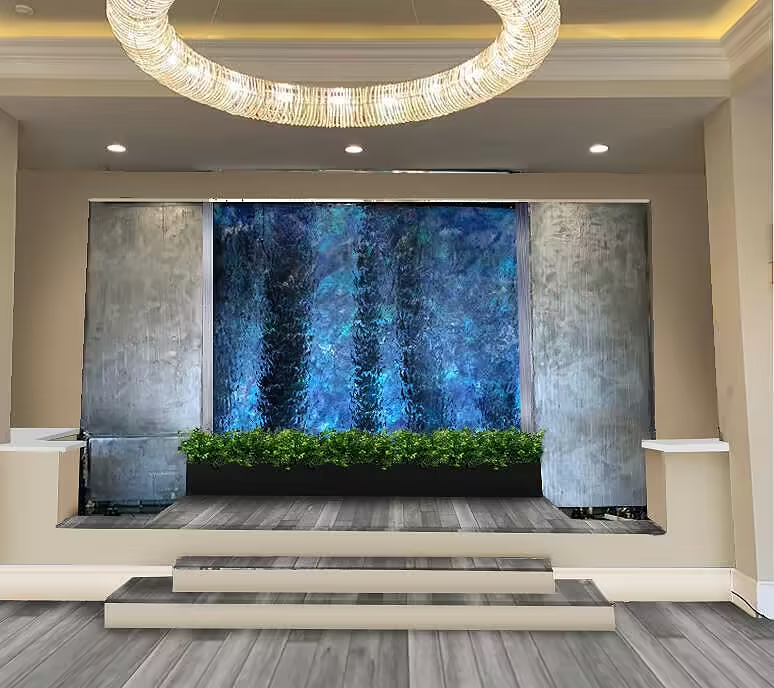

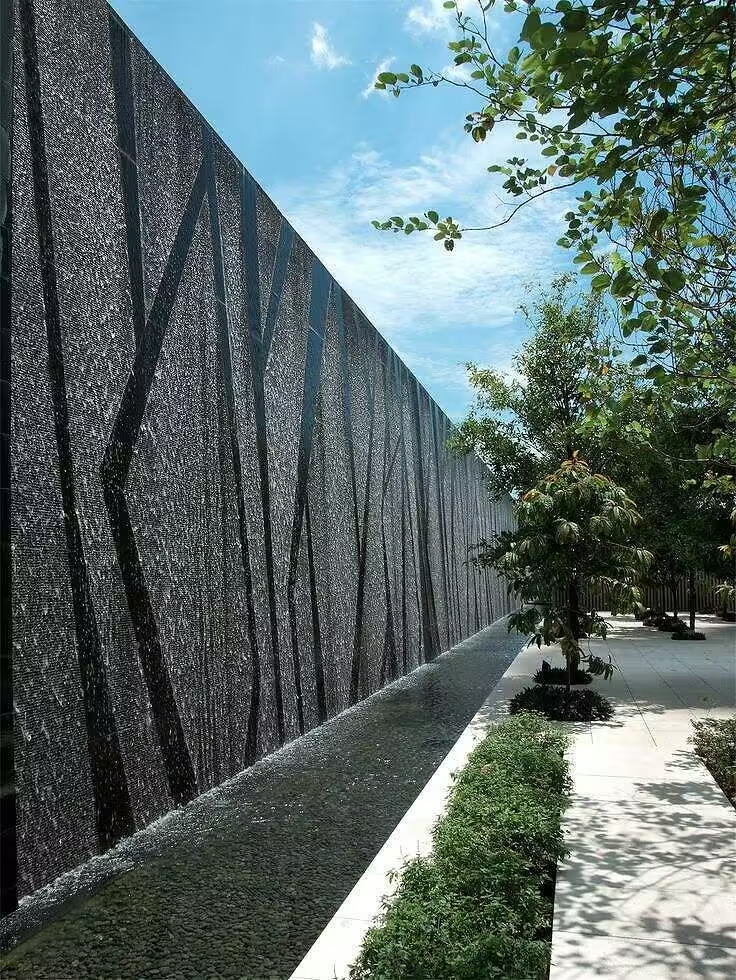


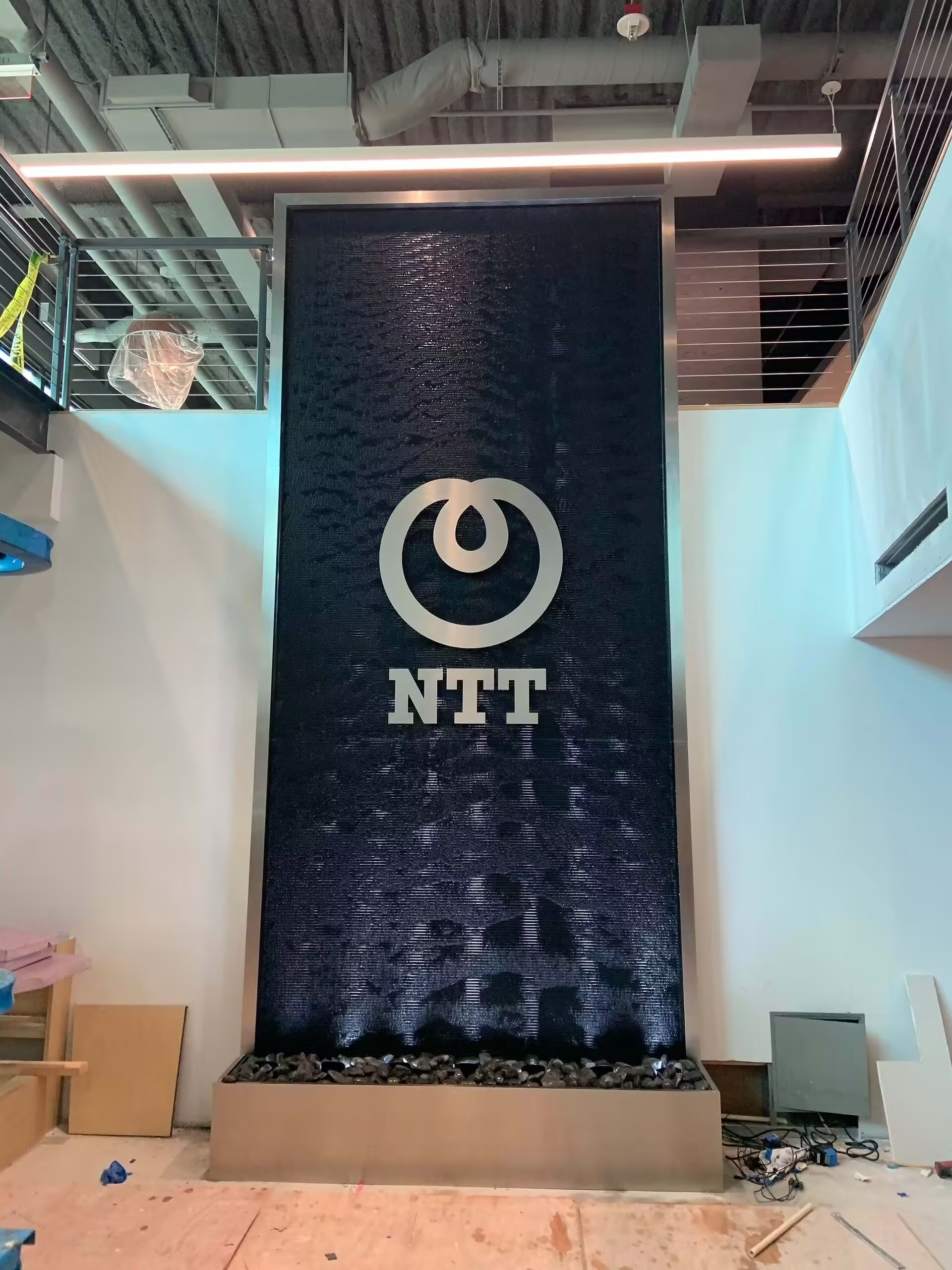
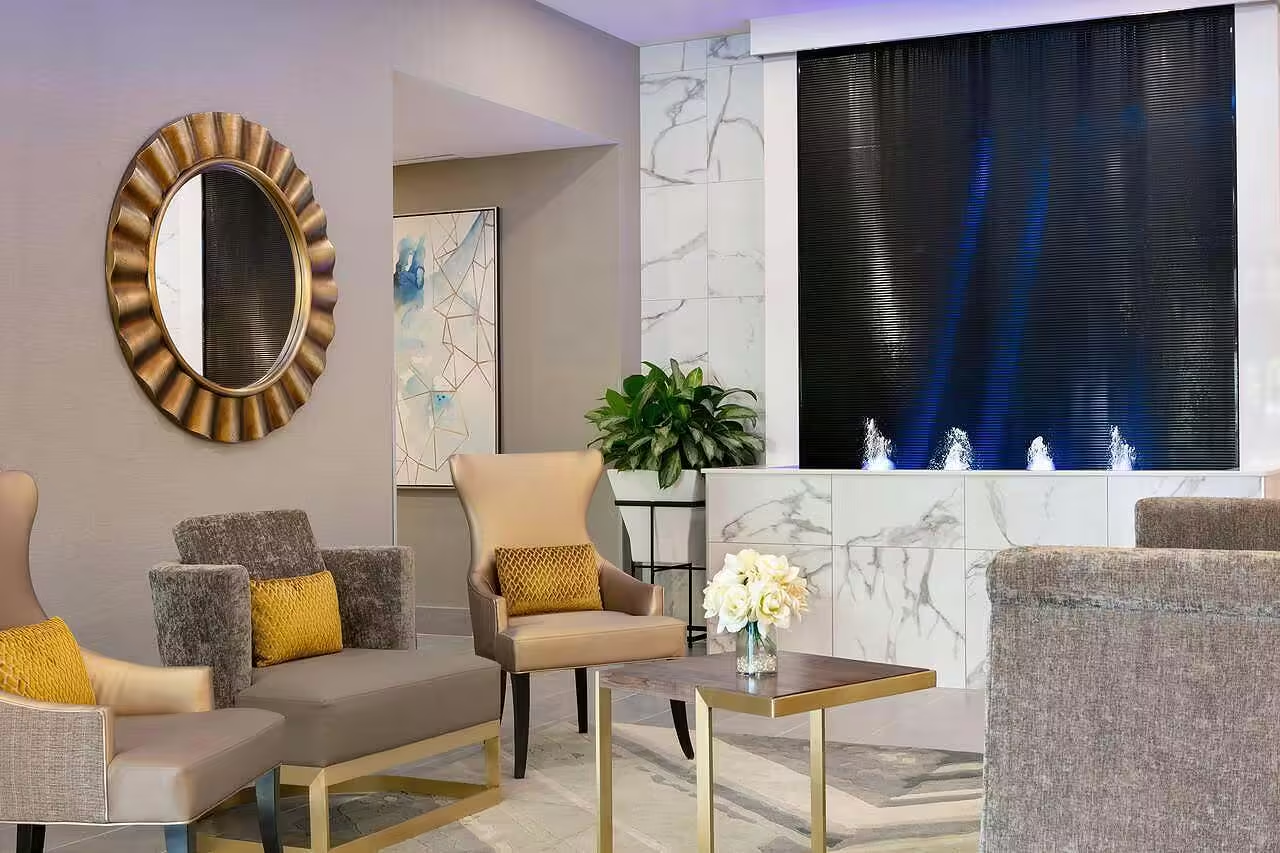
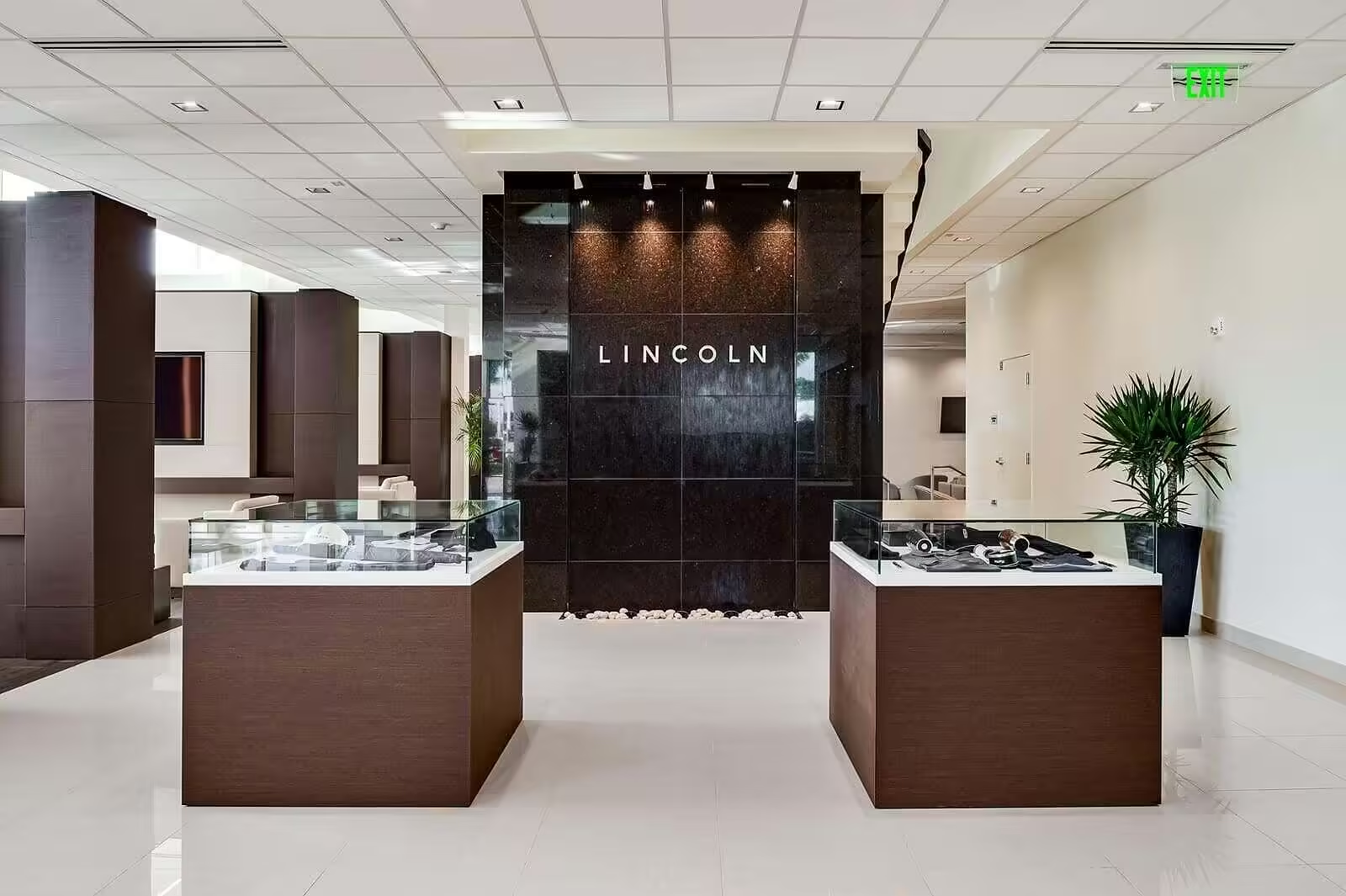
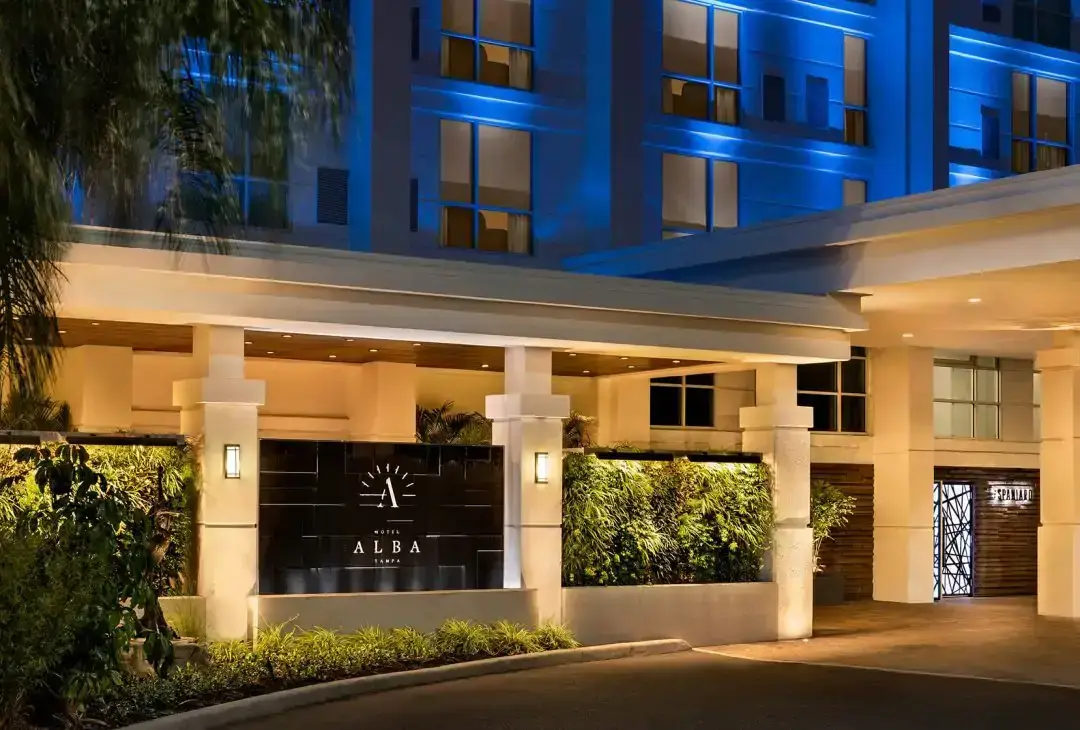
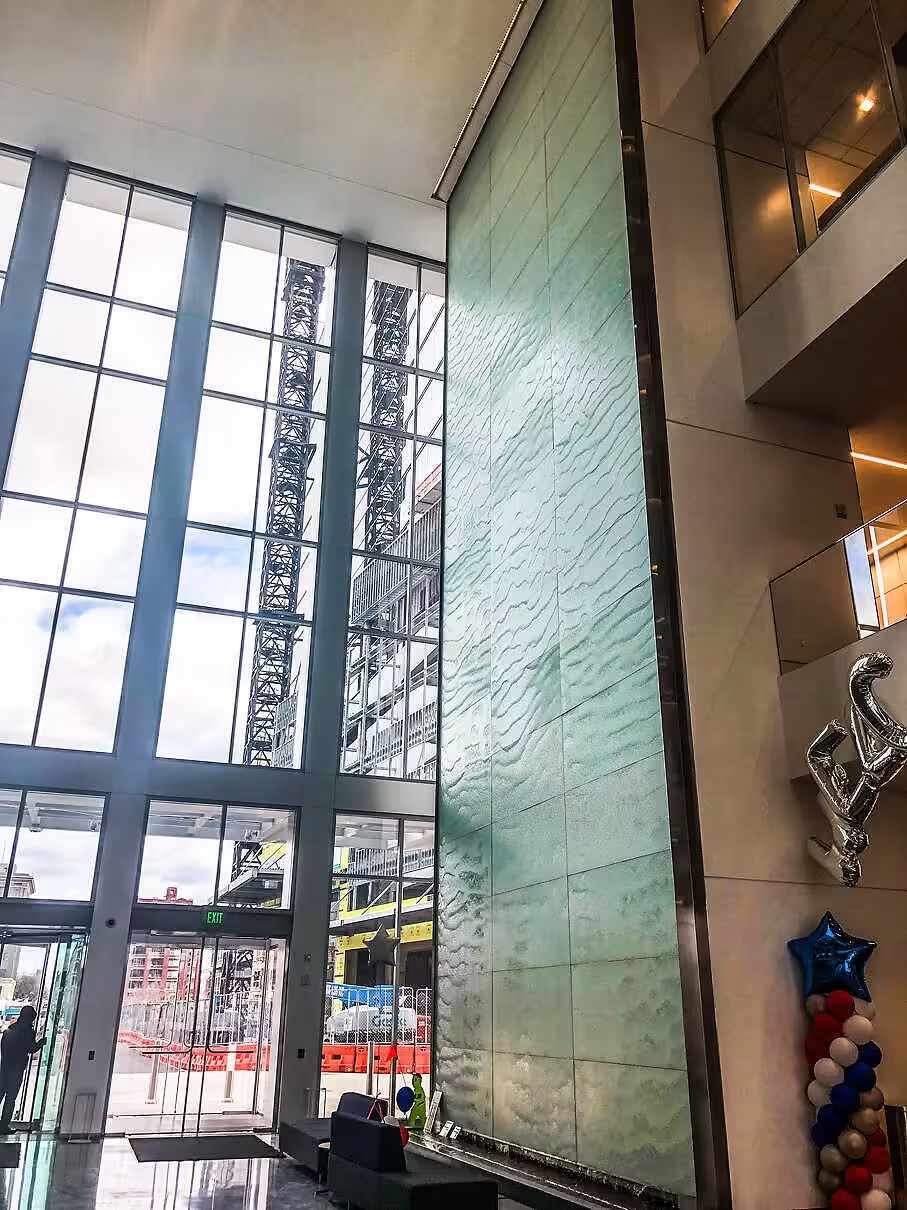


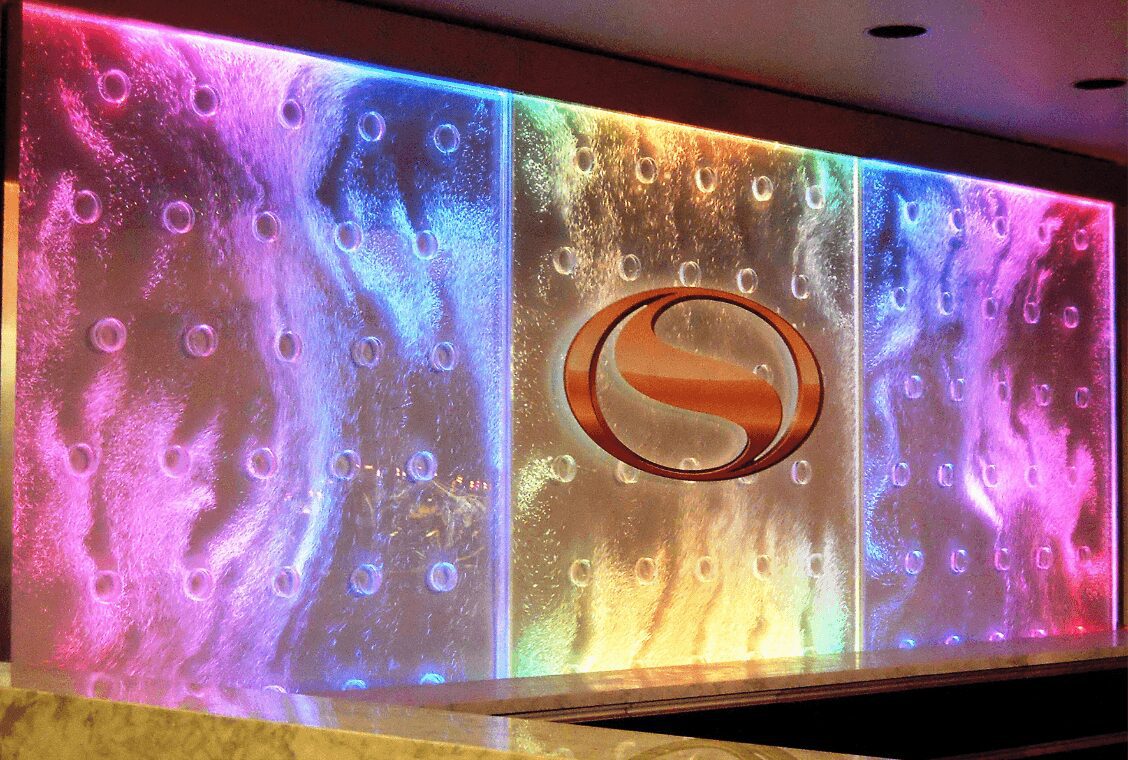
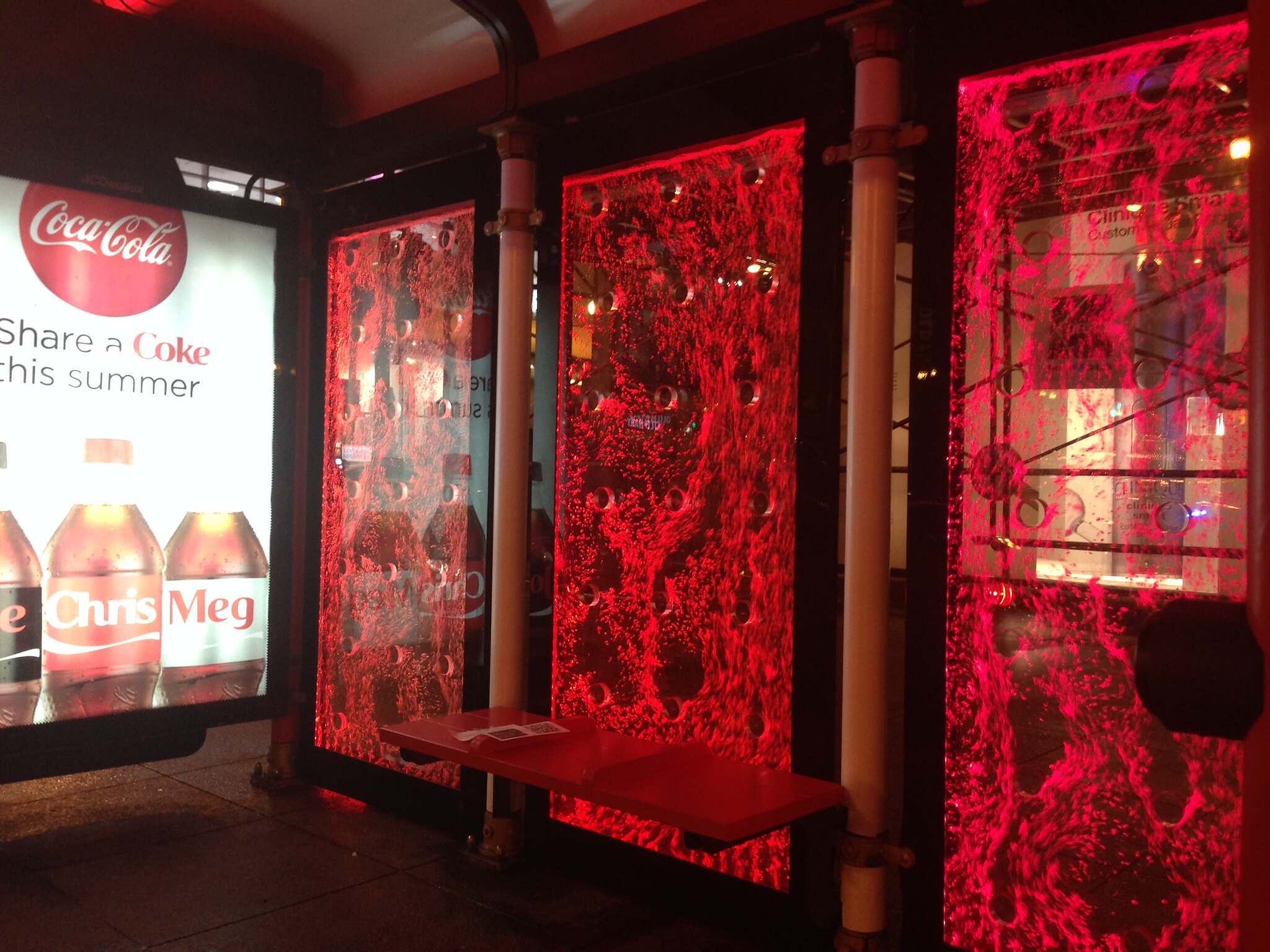
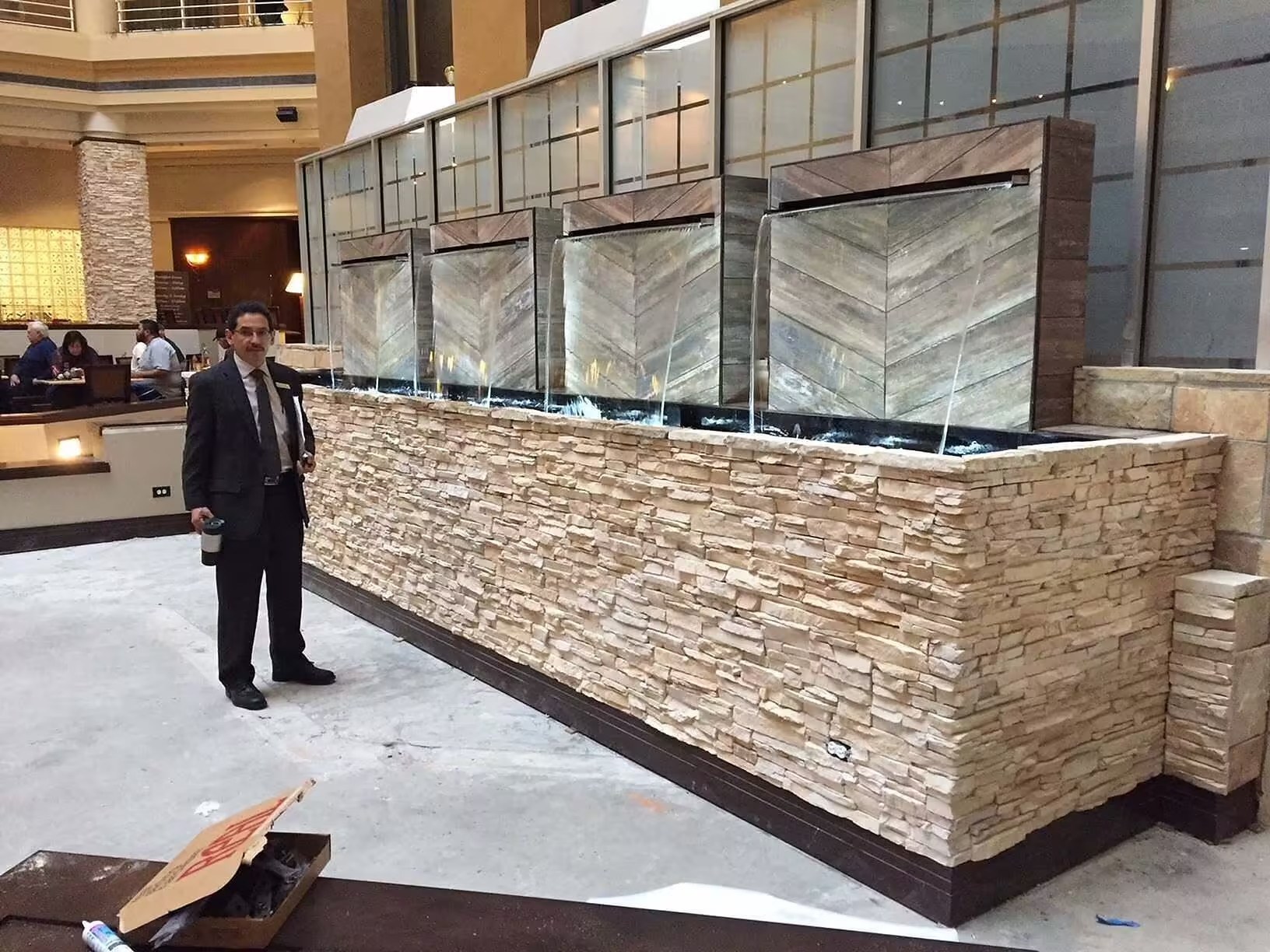

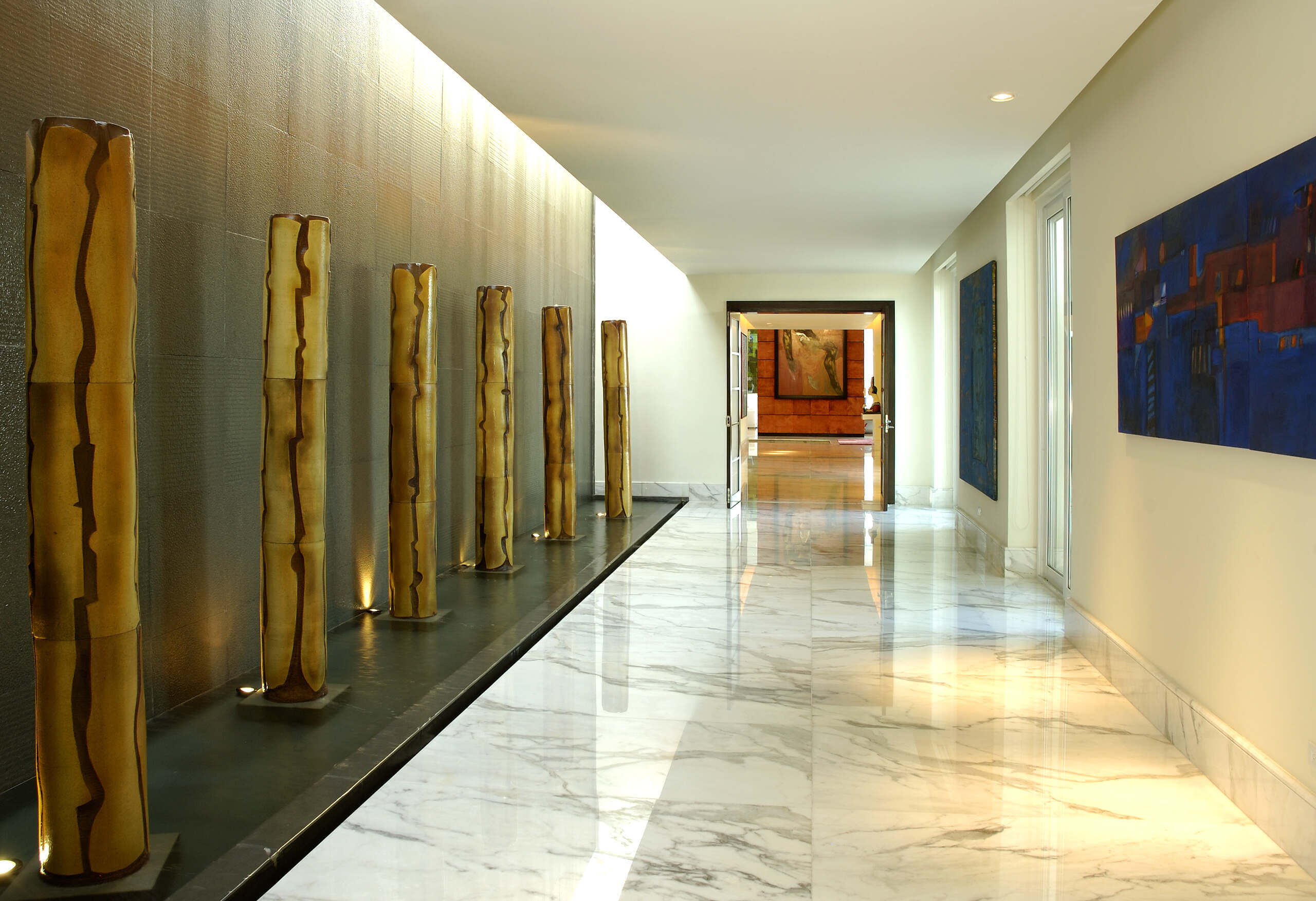
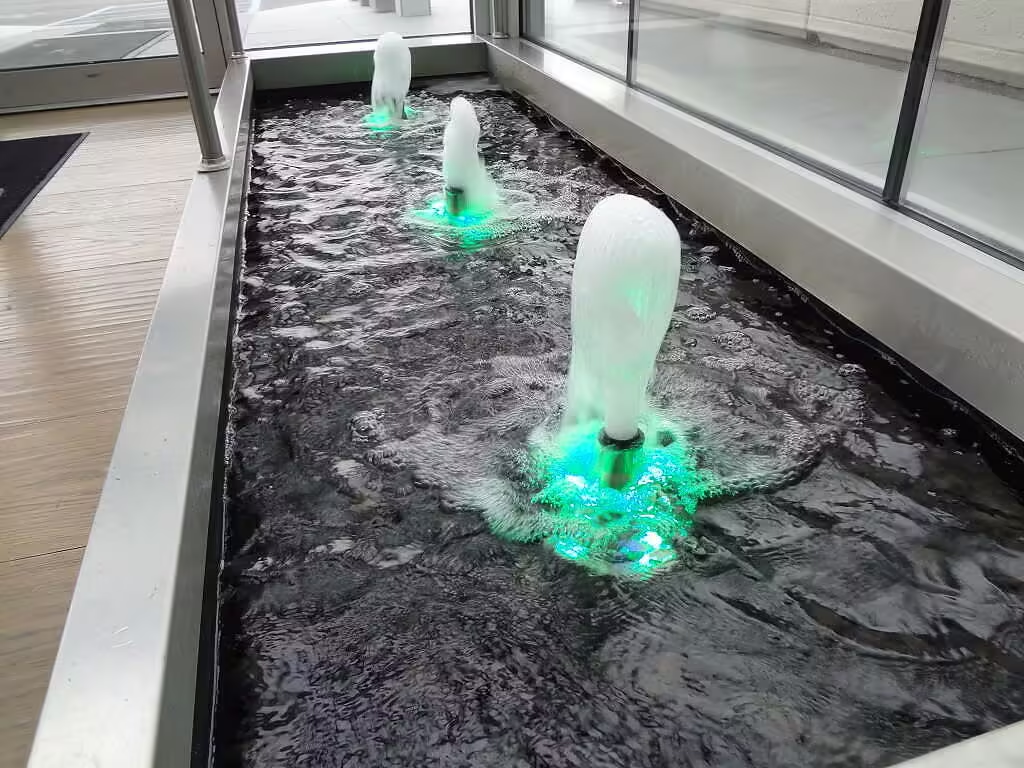
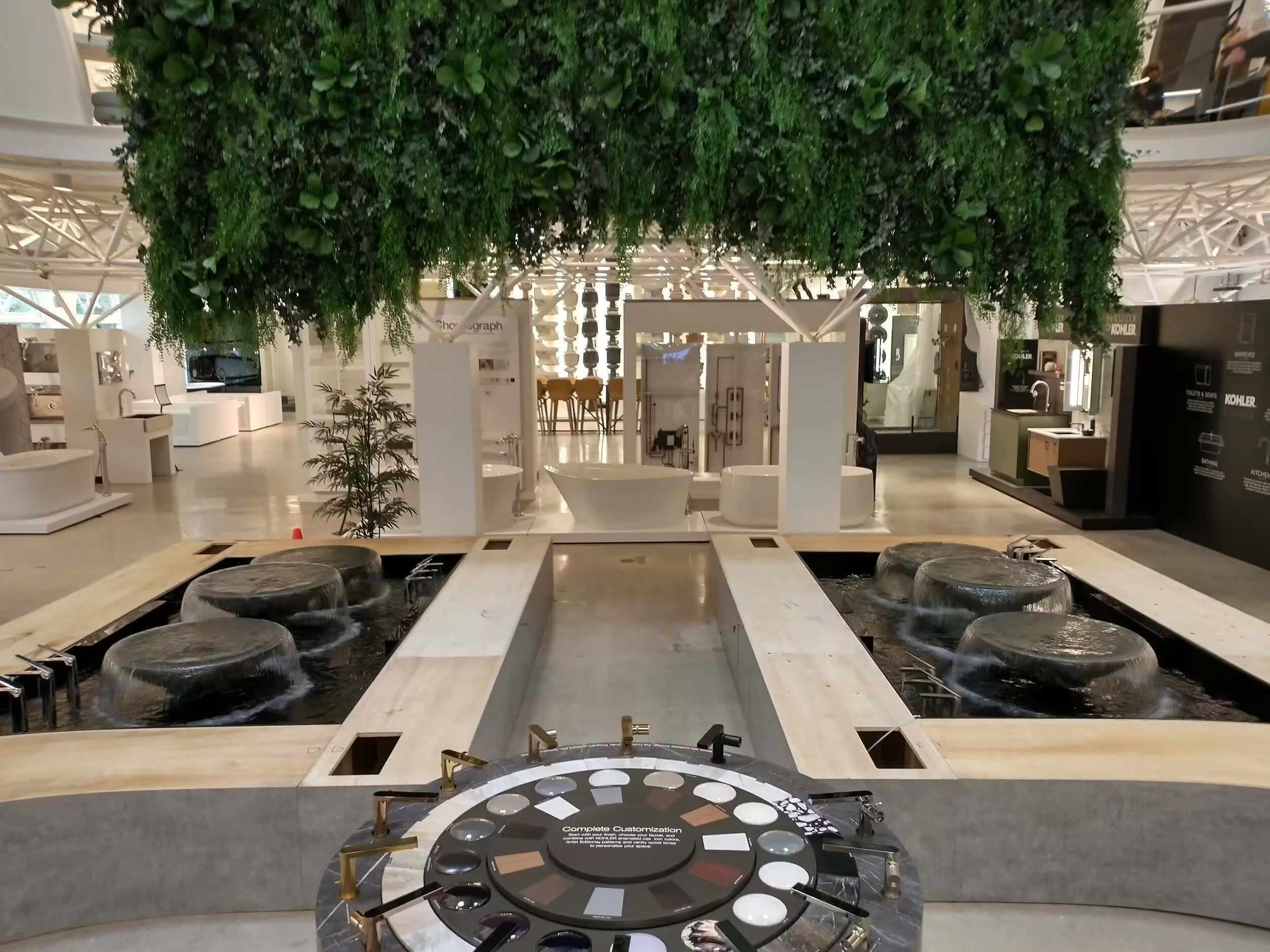
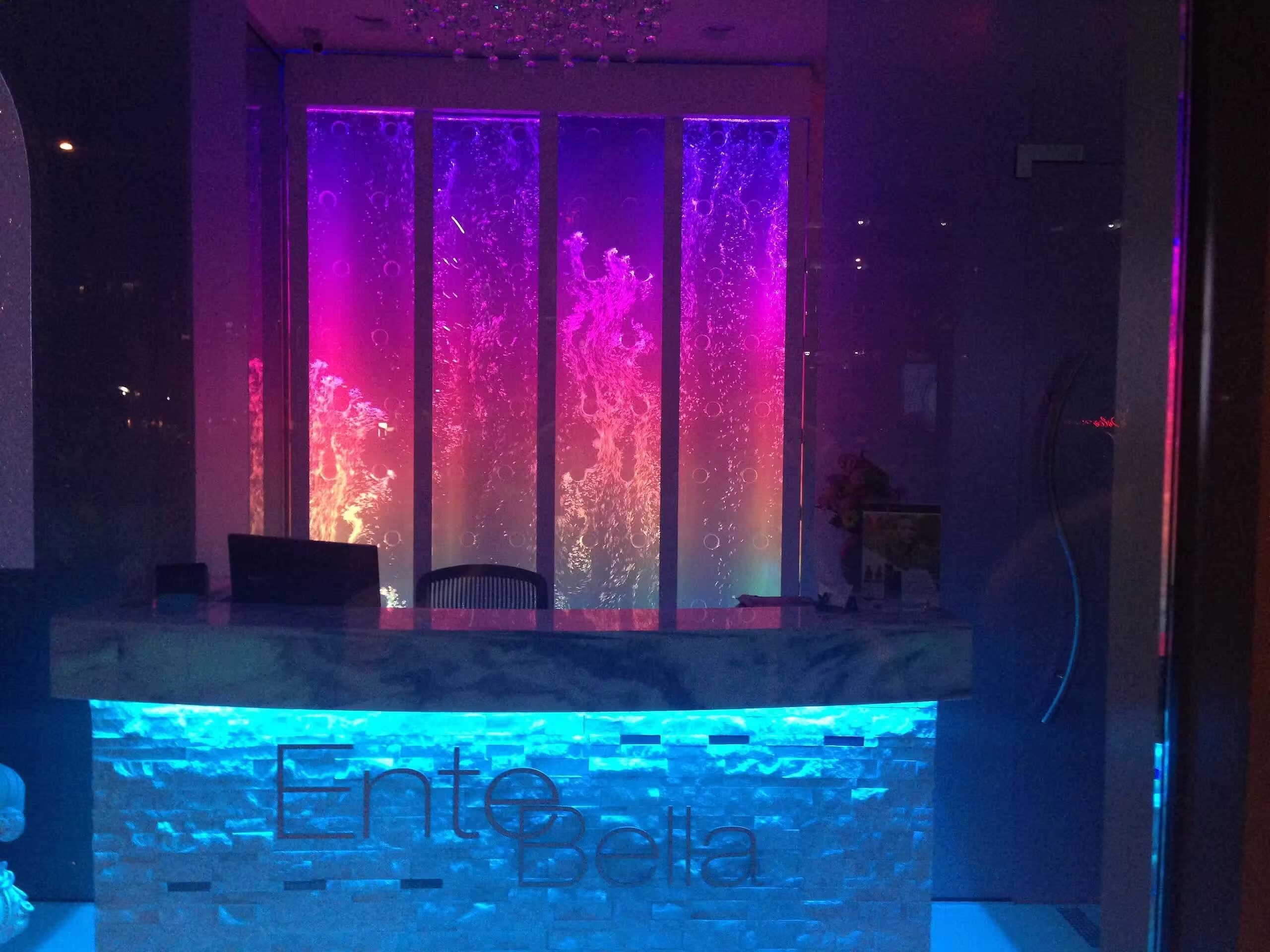
![Rod Style Bubble Wall Swirley for Bounce Empire in Denver, Colorado[84] Rod Style Bubble Wall Swirley for Bounce Empire in Denver, Colorado[84]](https://www.midwest-tropical.com/wp-content/uploads/Rod-Style-Bubble-Wall-Swirley-for-Bounce-Empire-in-Denver-Colorado84-jpg.avif)
![Rod Style Bubble Wall Swirley for Bounce Empire in Denver, Colorado 2[2] Rod Style Bubble Wall Swirley for Bounce Empire in Denver, Colorado 2[2]](https://www.midwest-tropical.com/wp-content/uploads/Rod-Style-Bubble-Wall-Swirley-for-Bounce-Empire-in-Denver-Colorado-22-jpg.avif)
